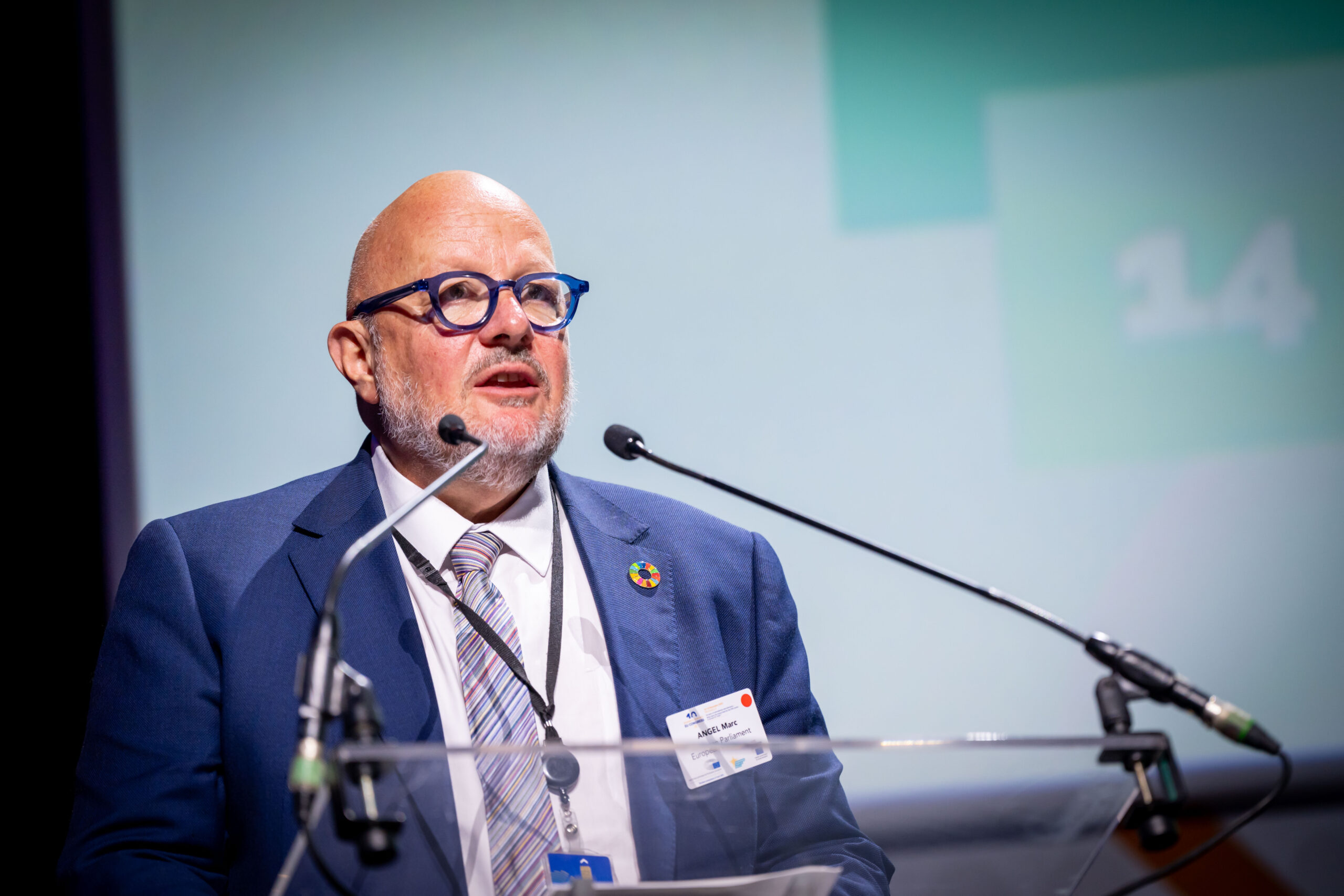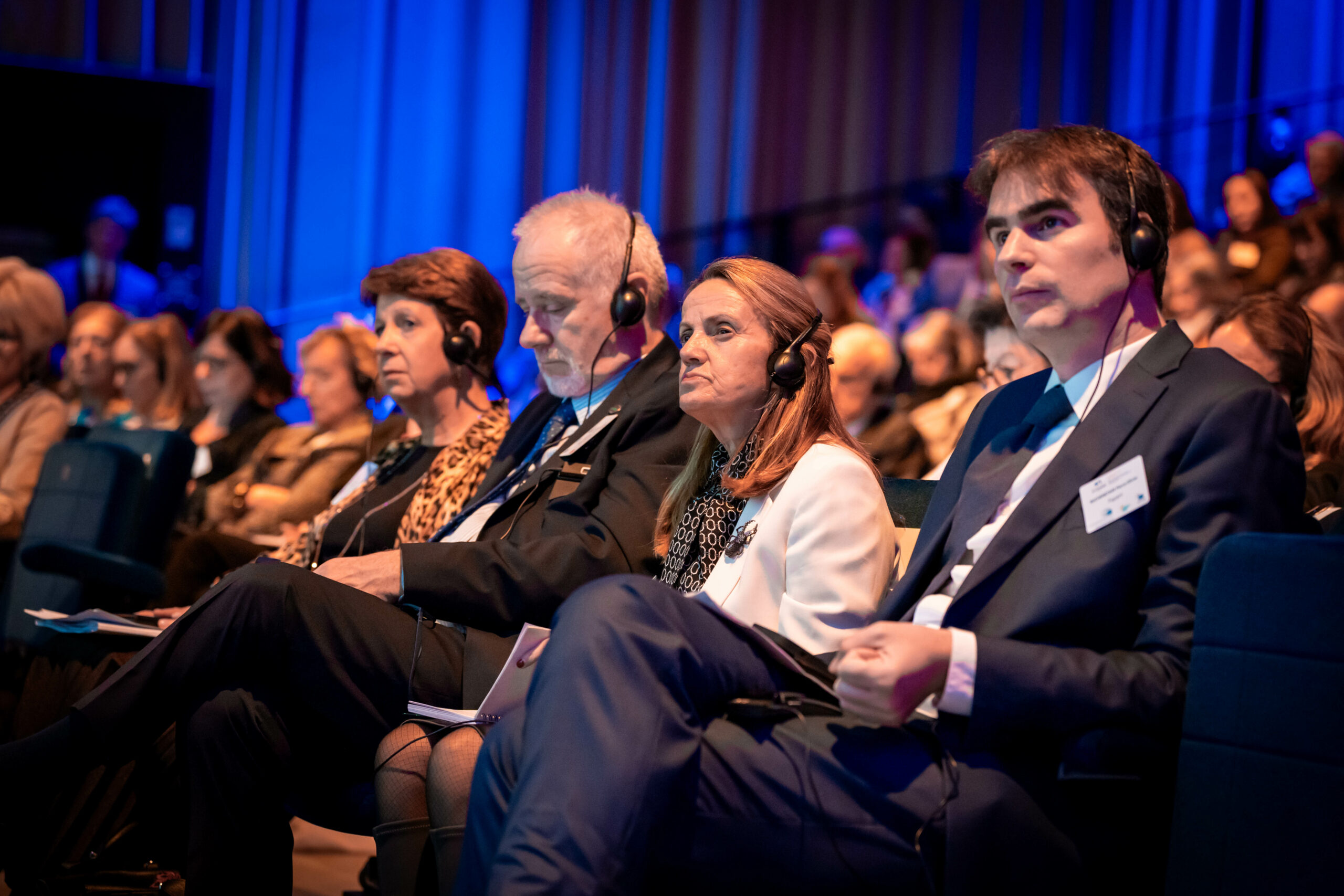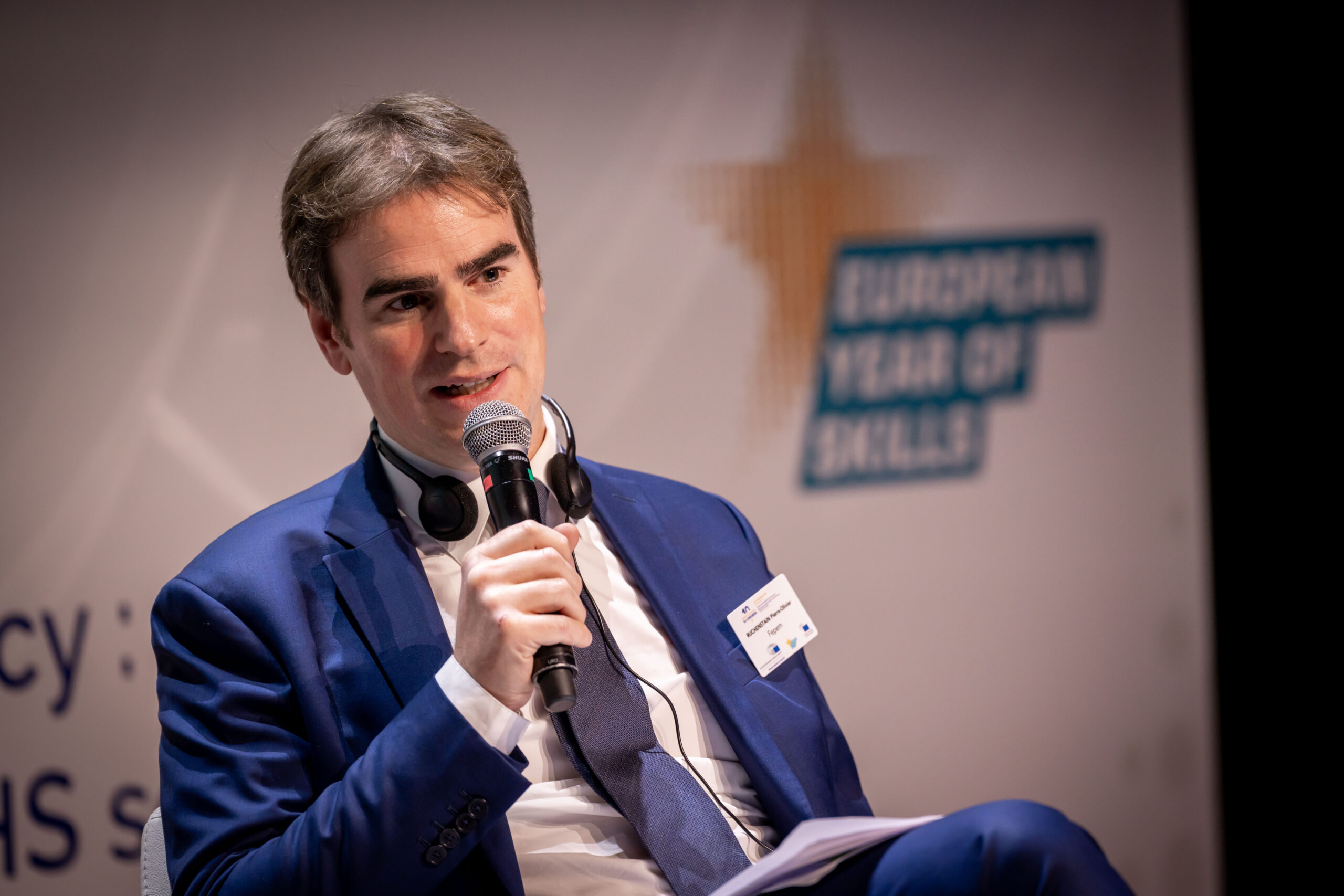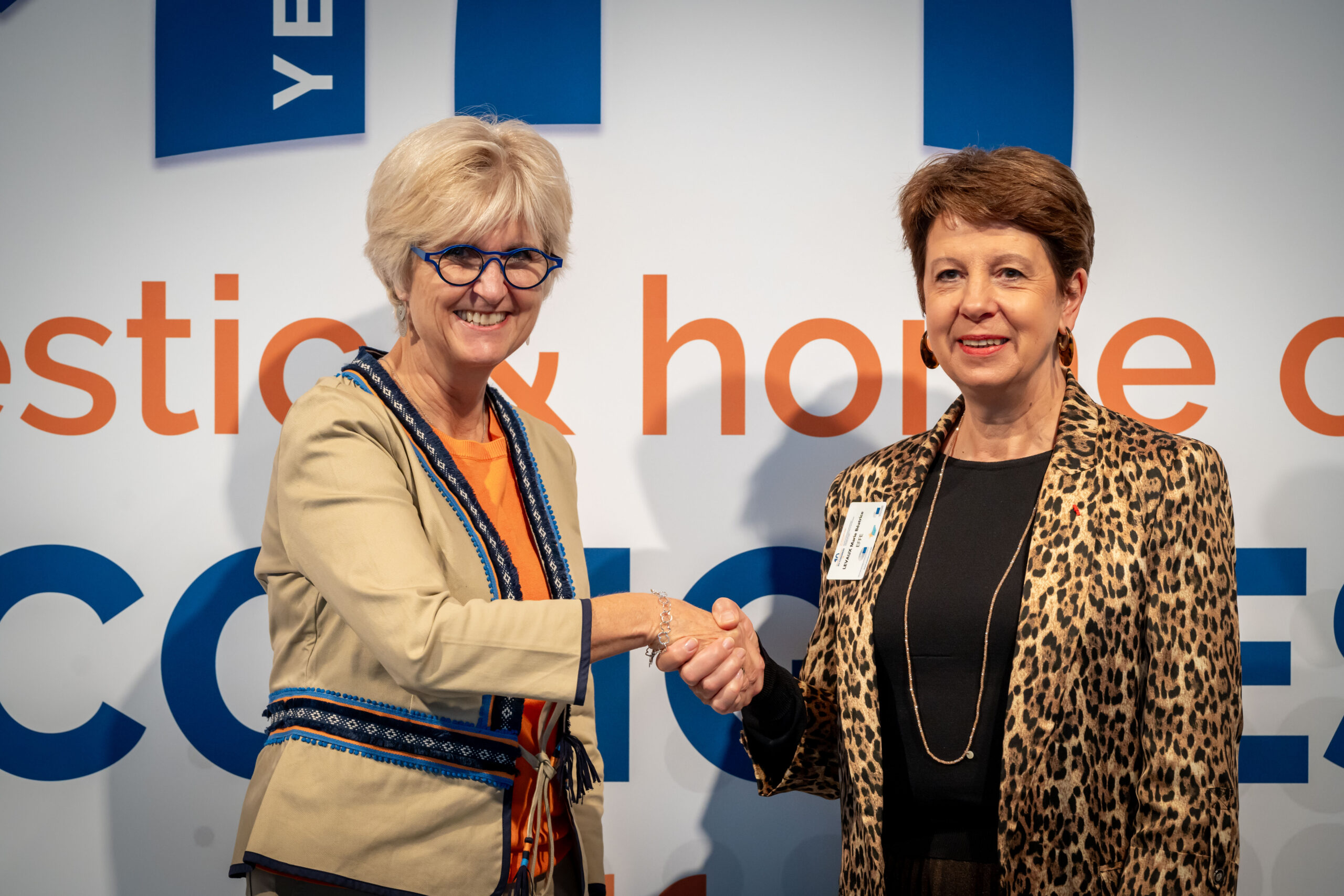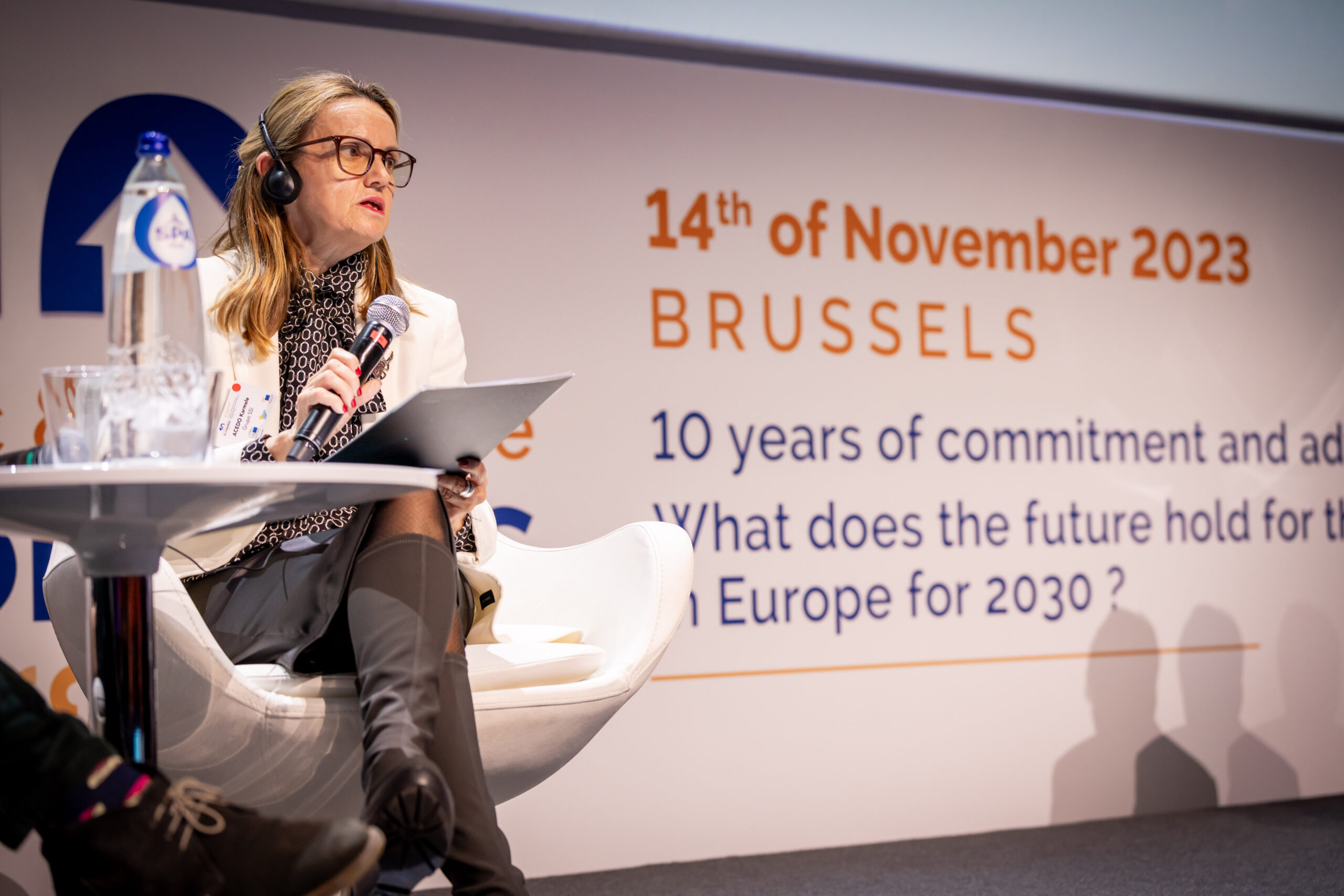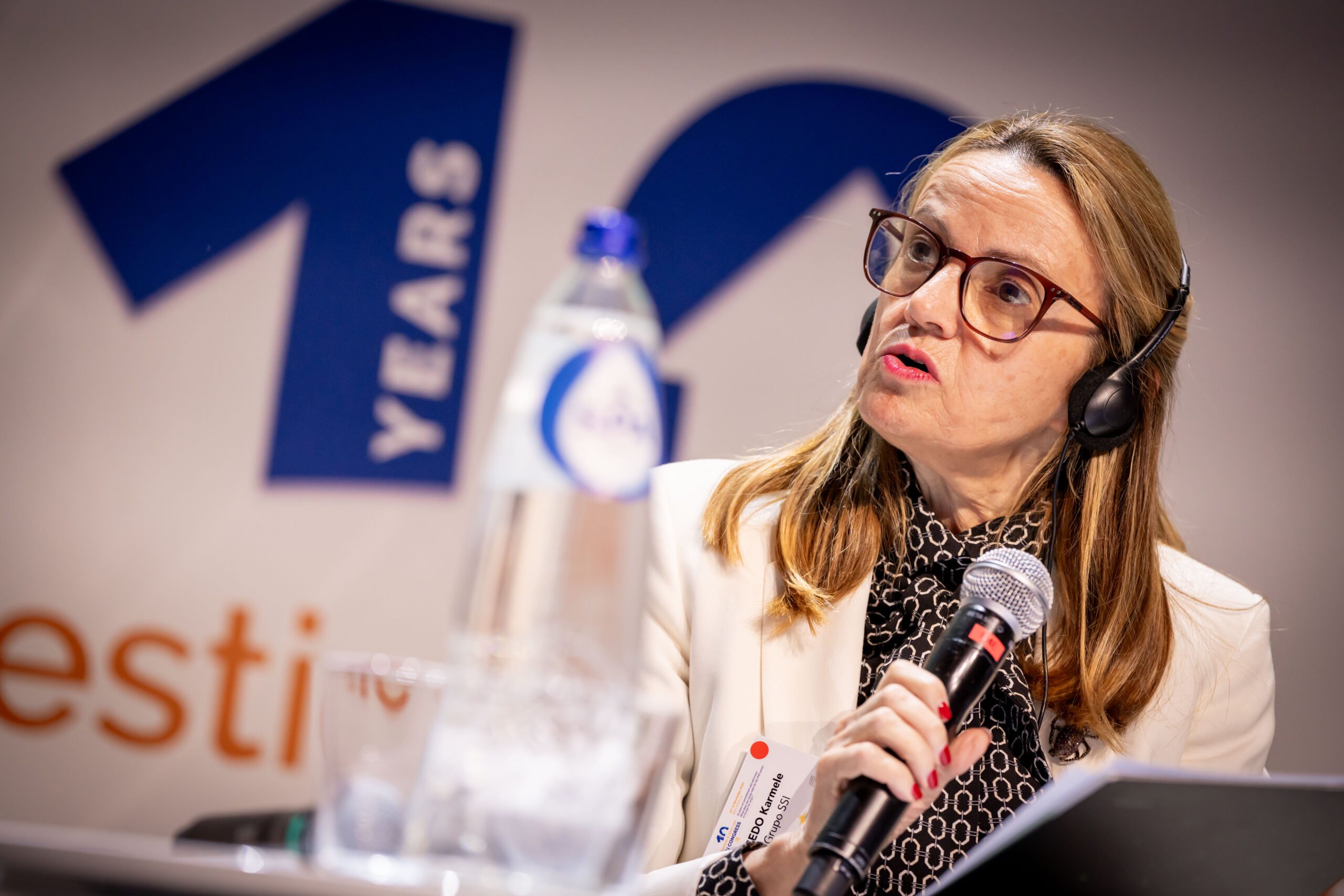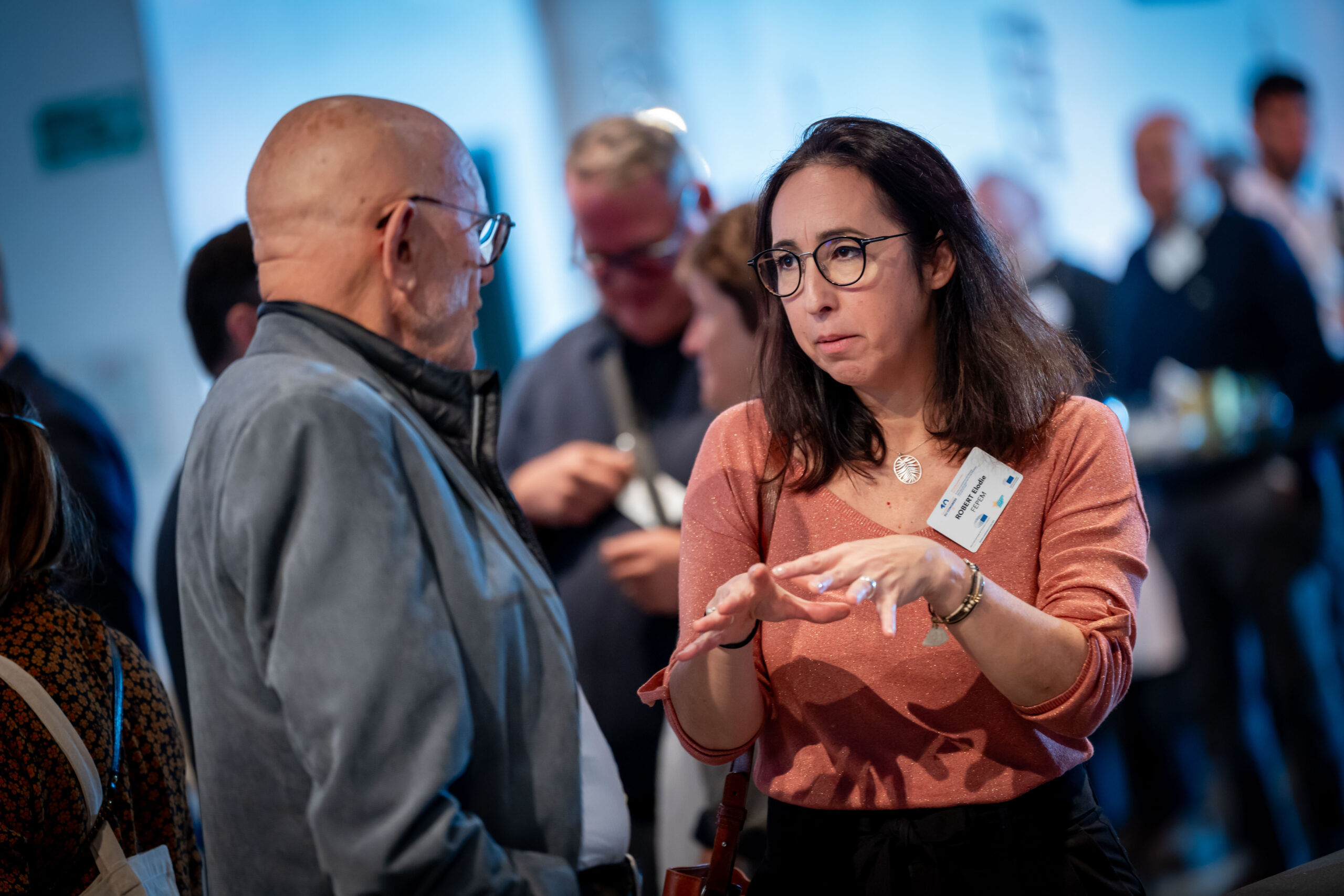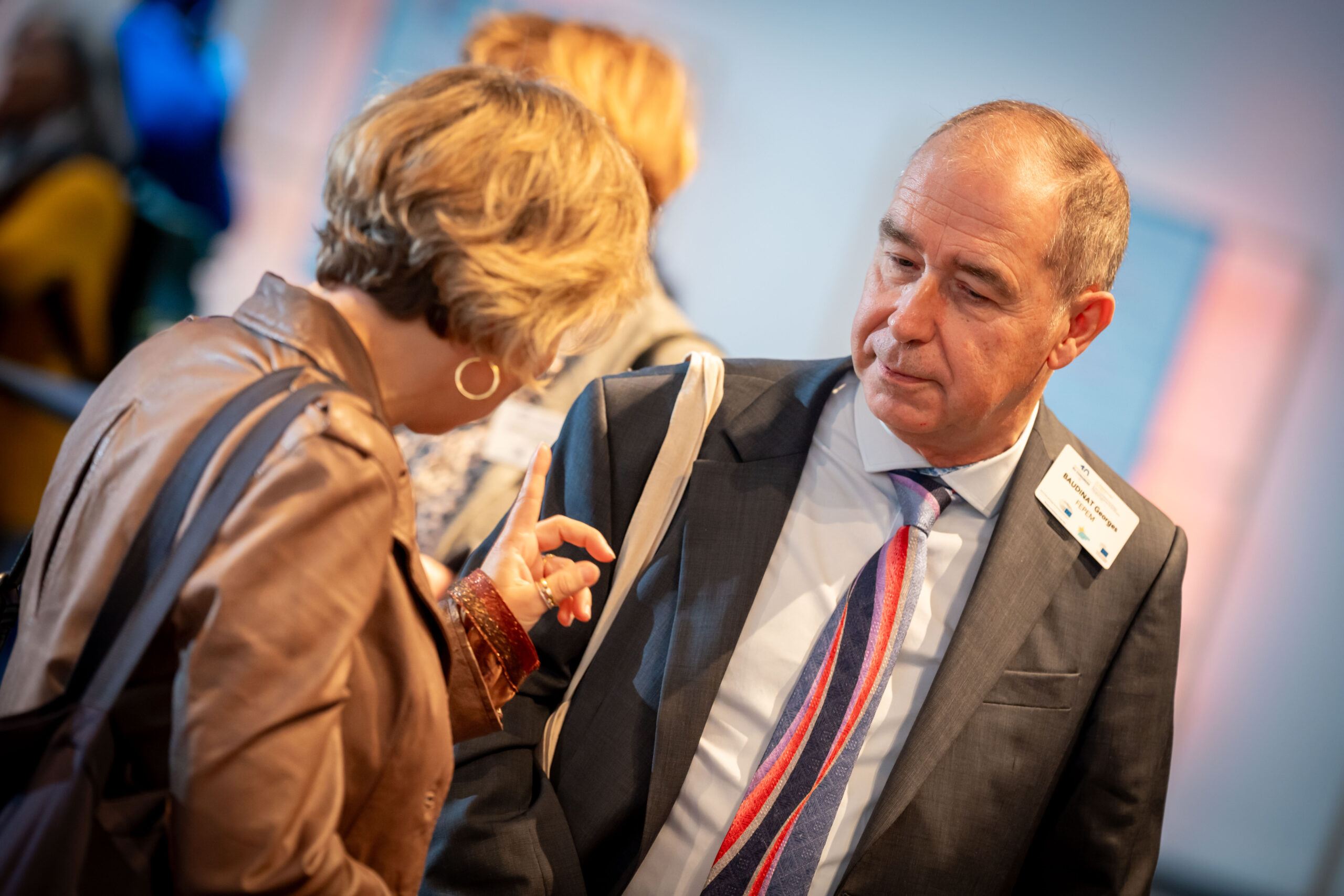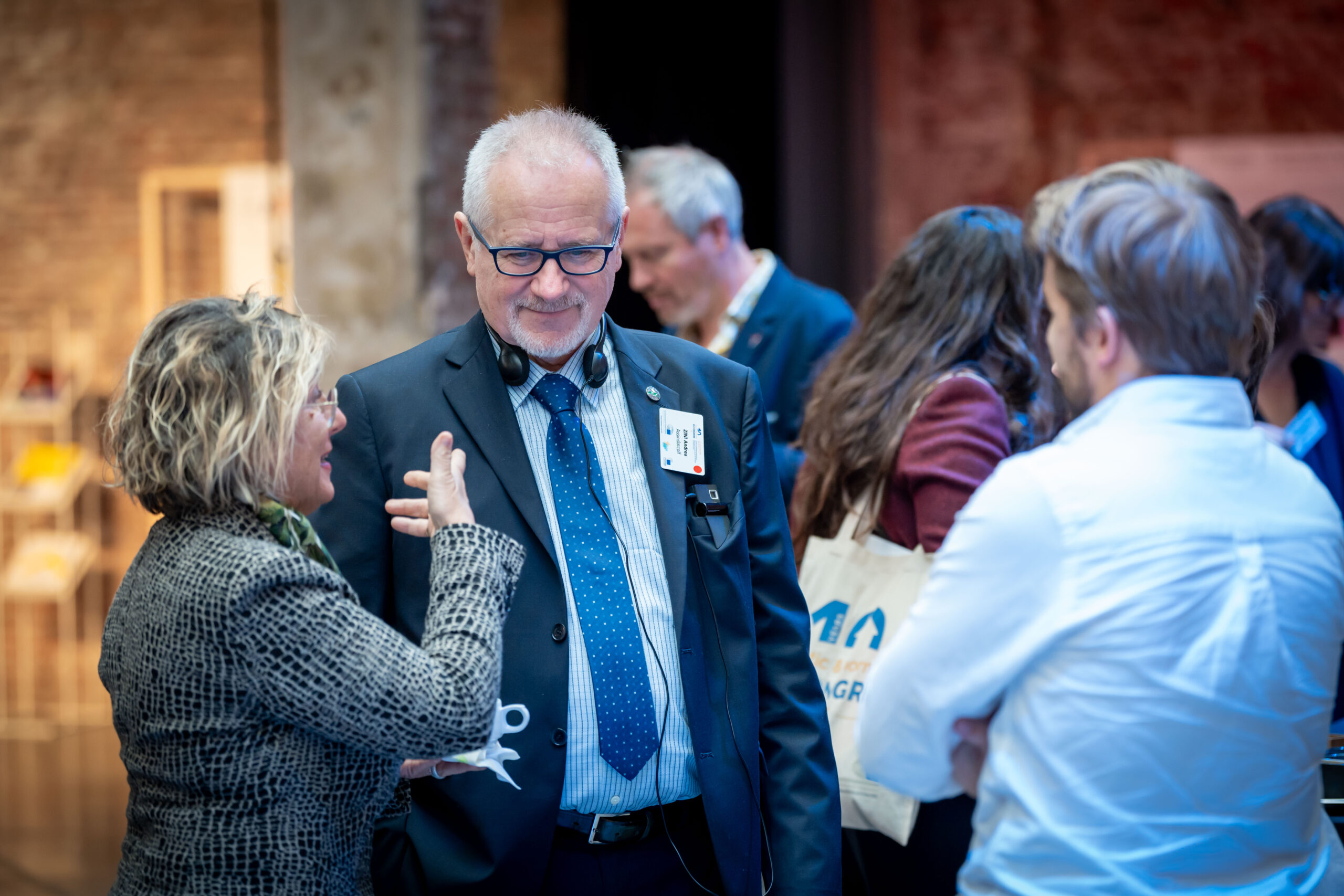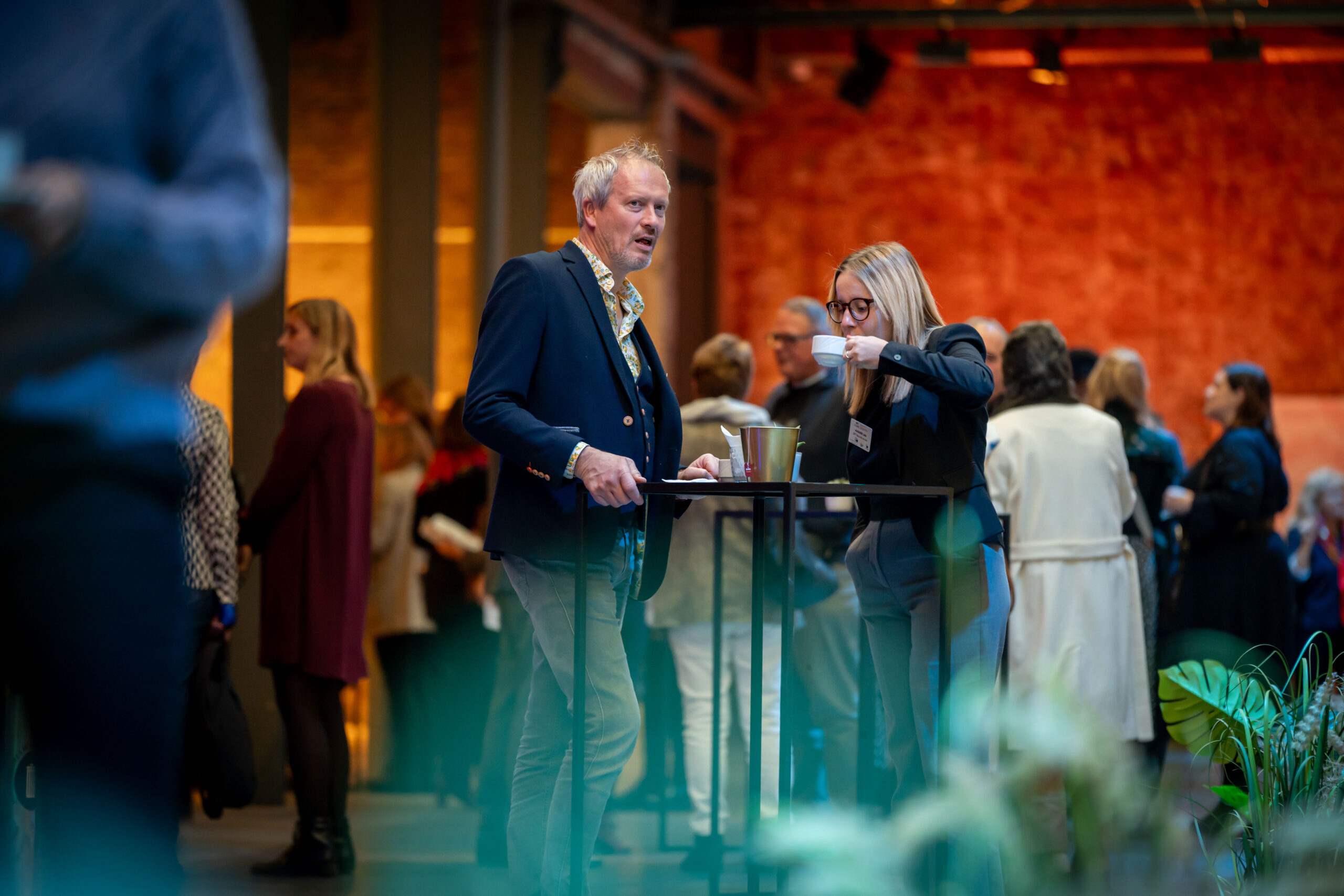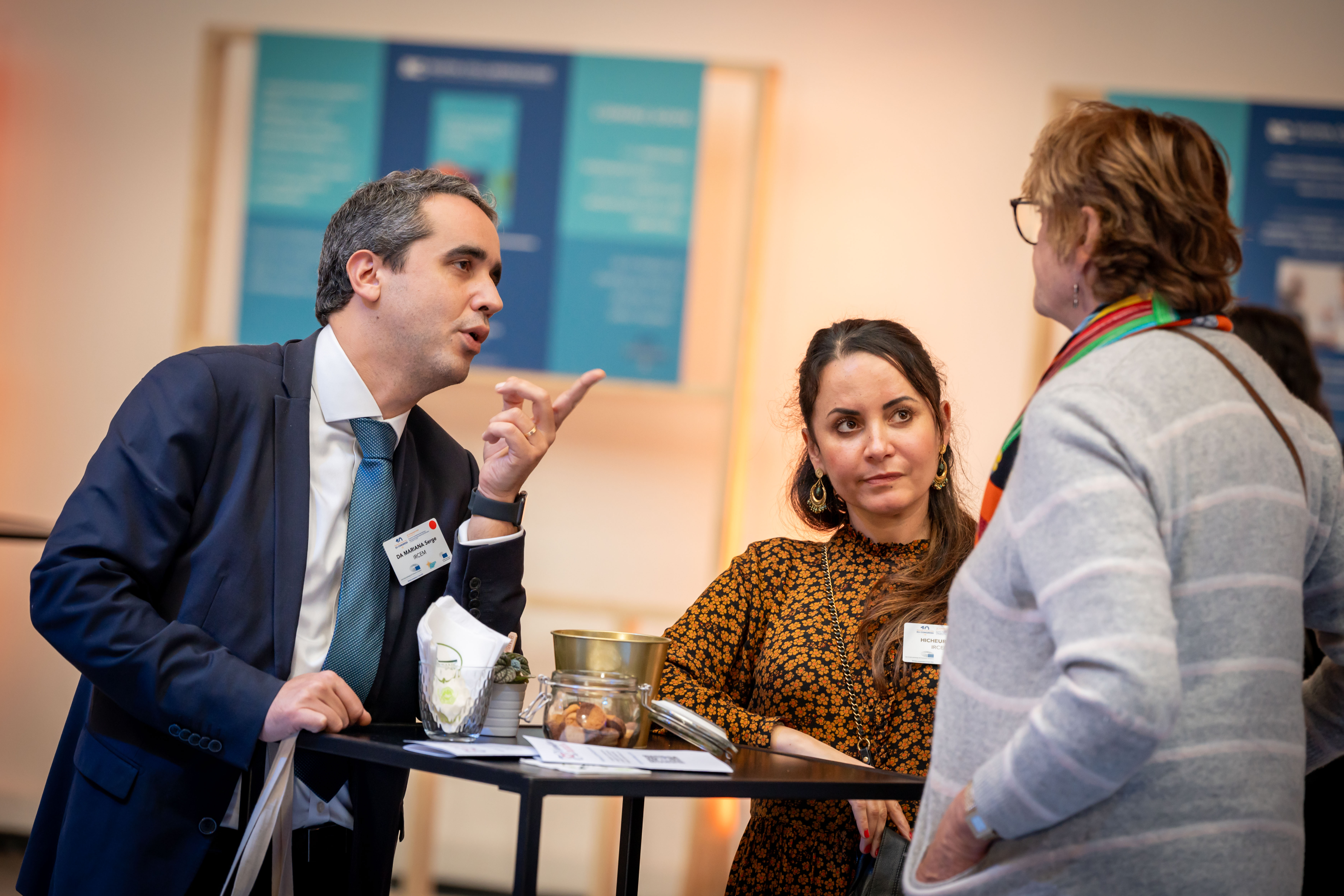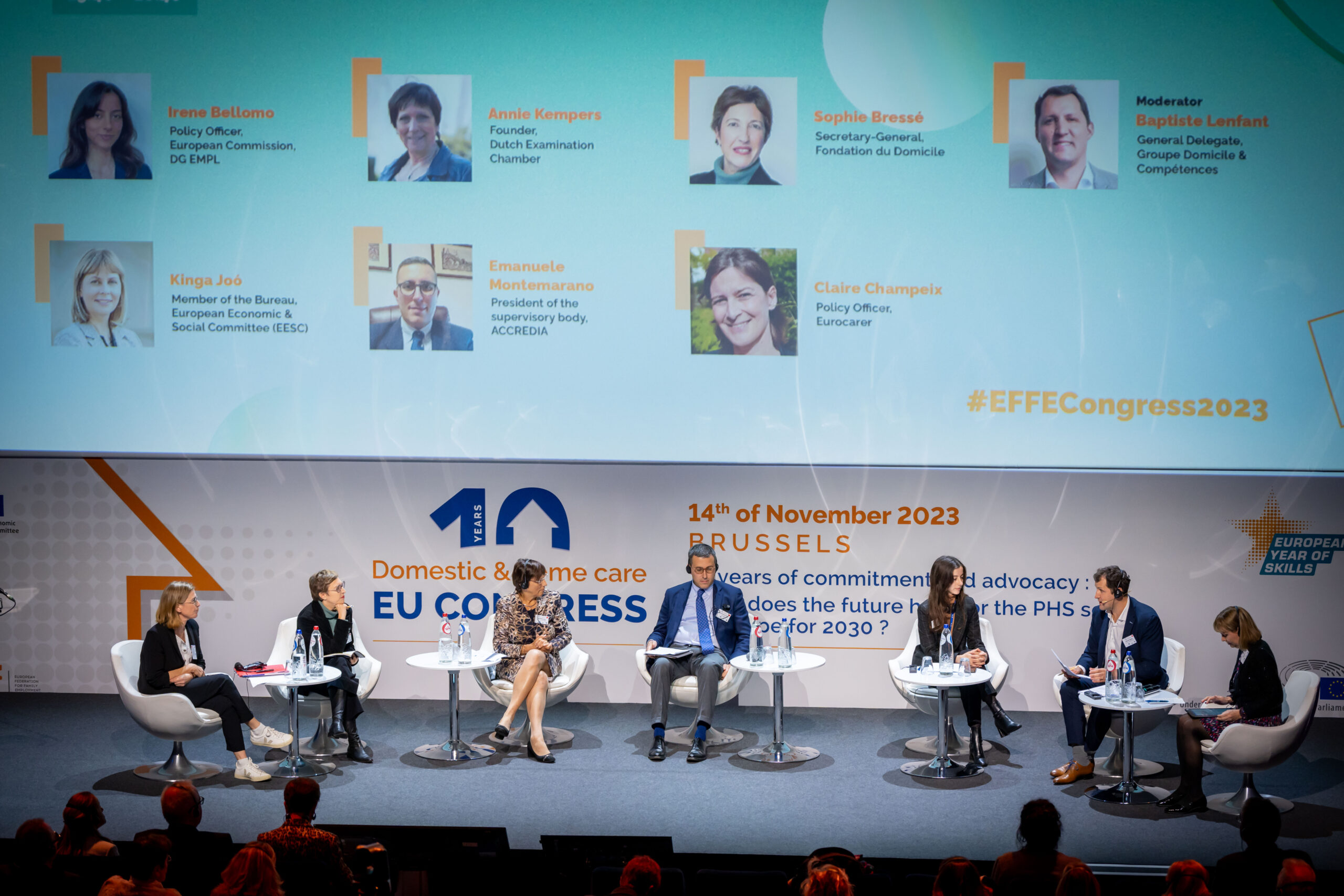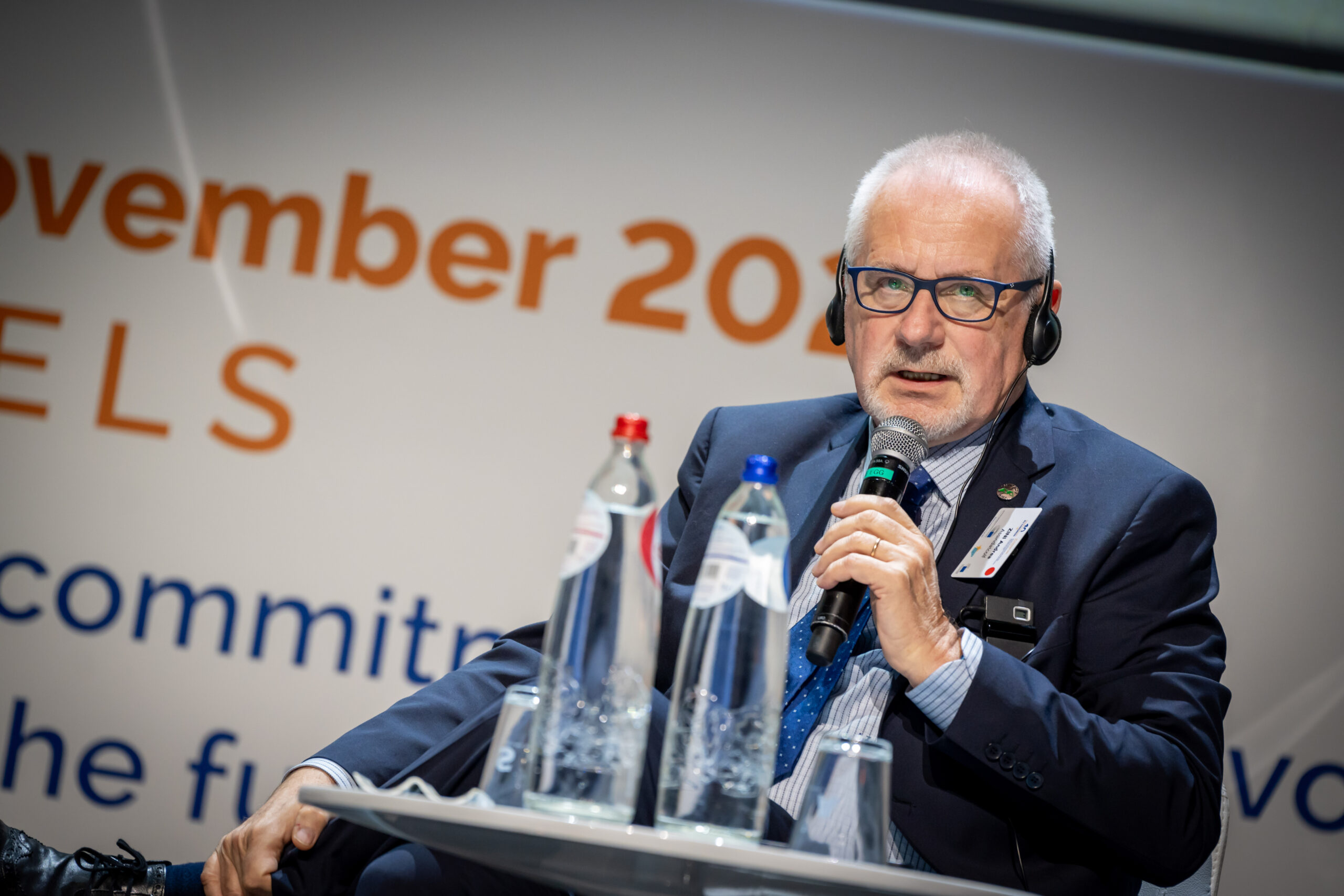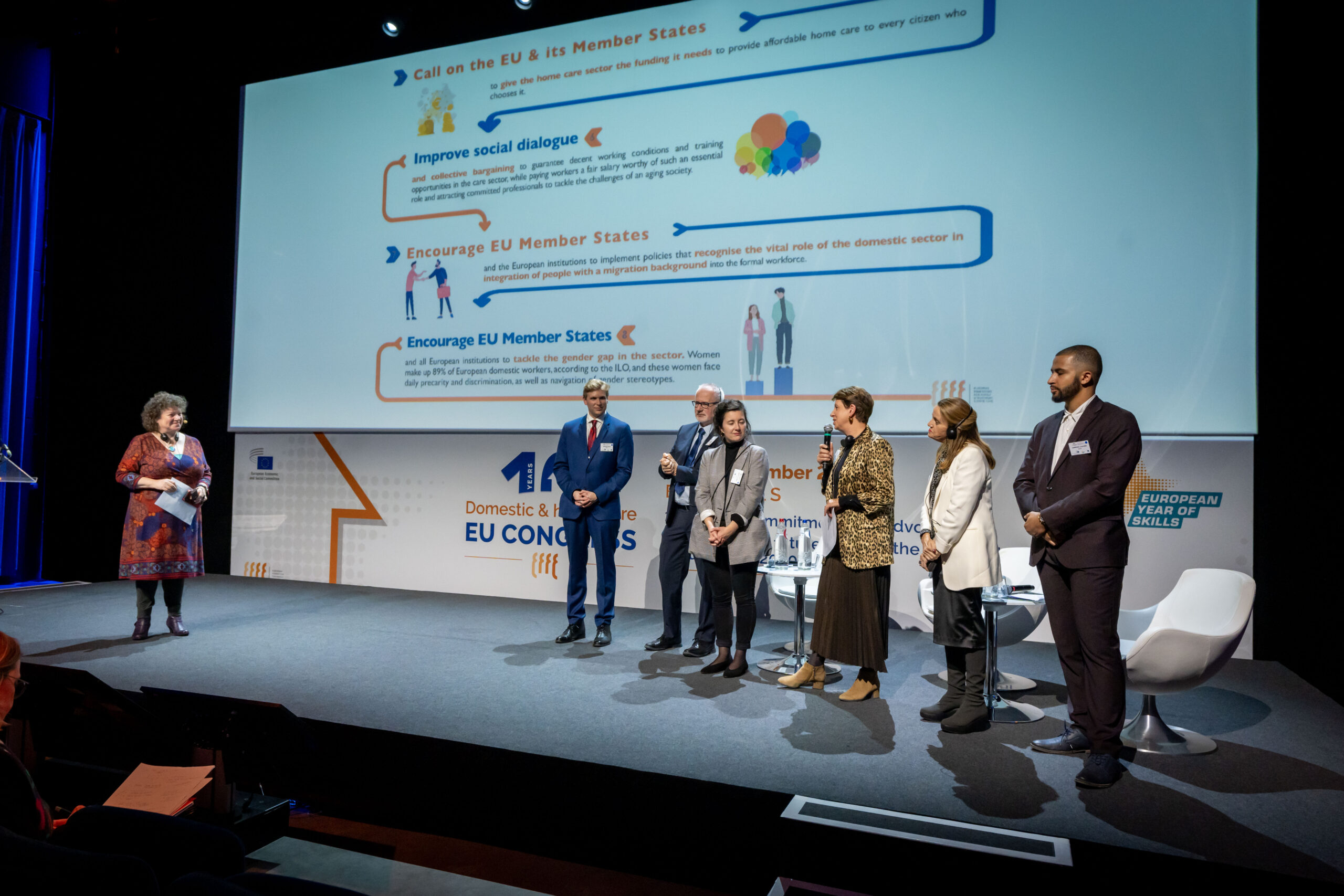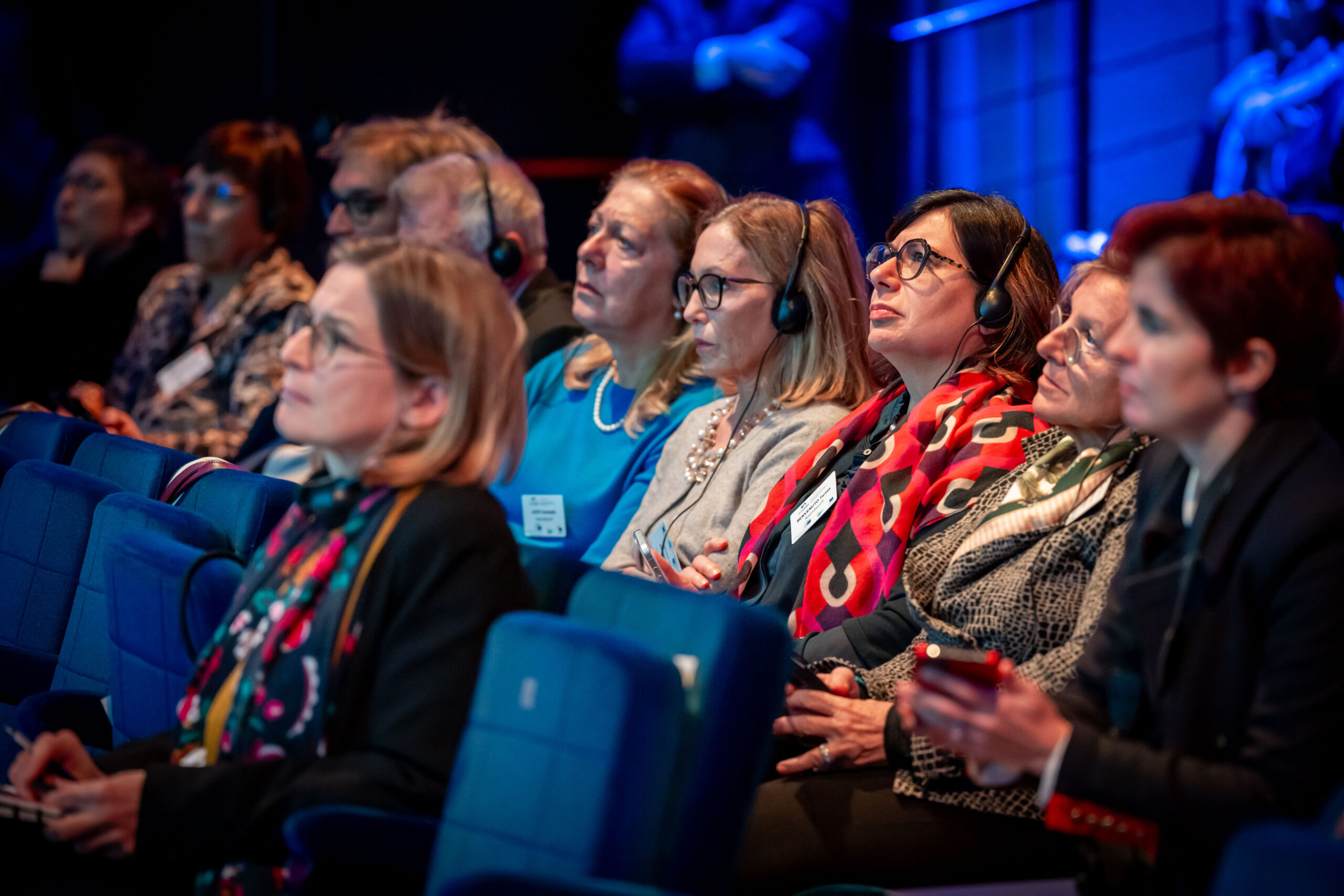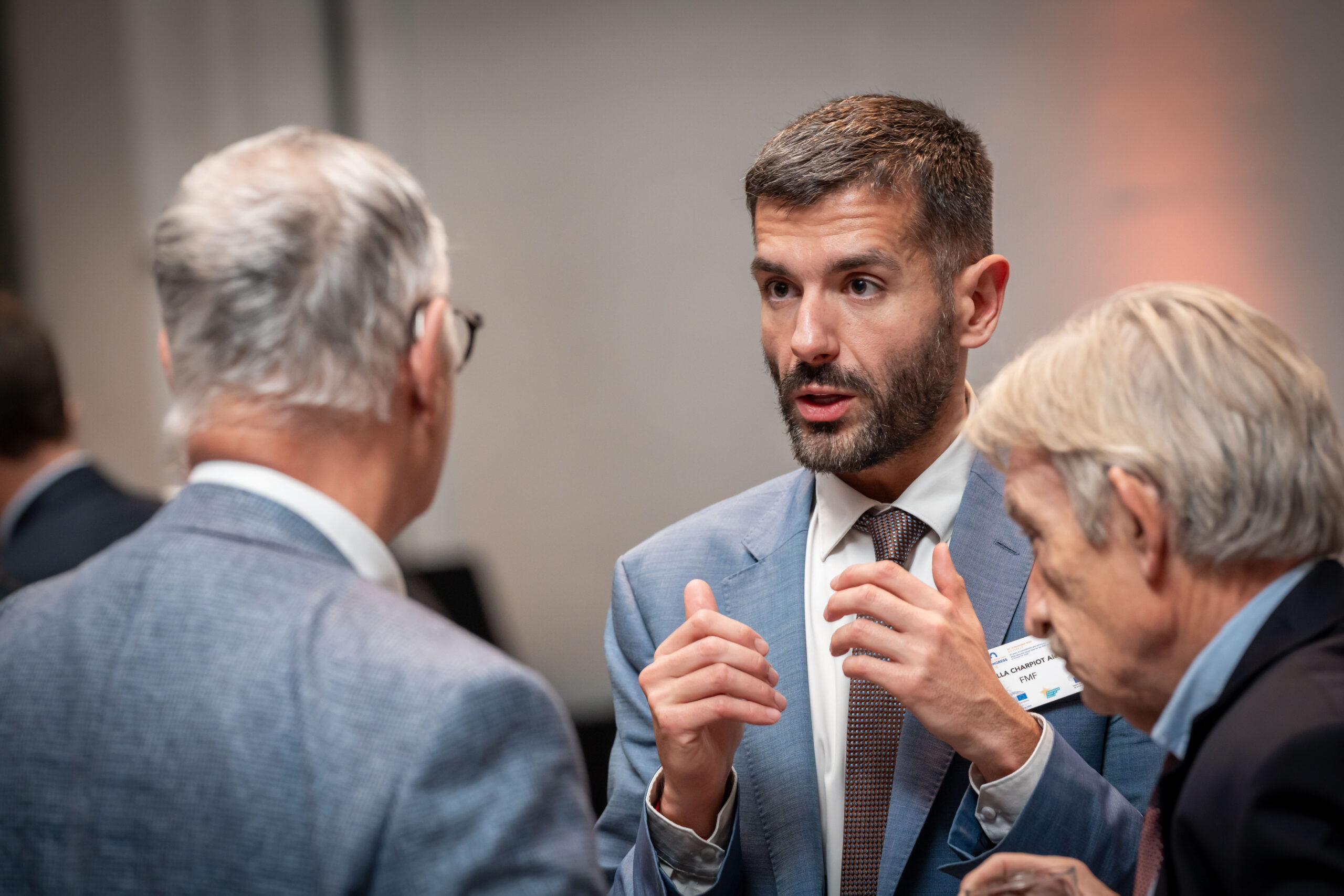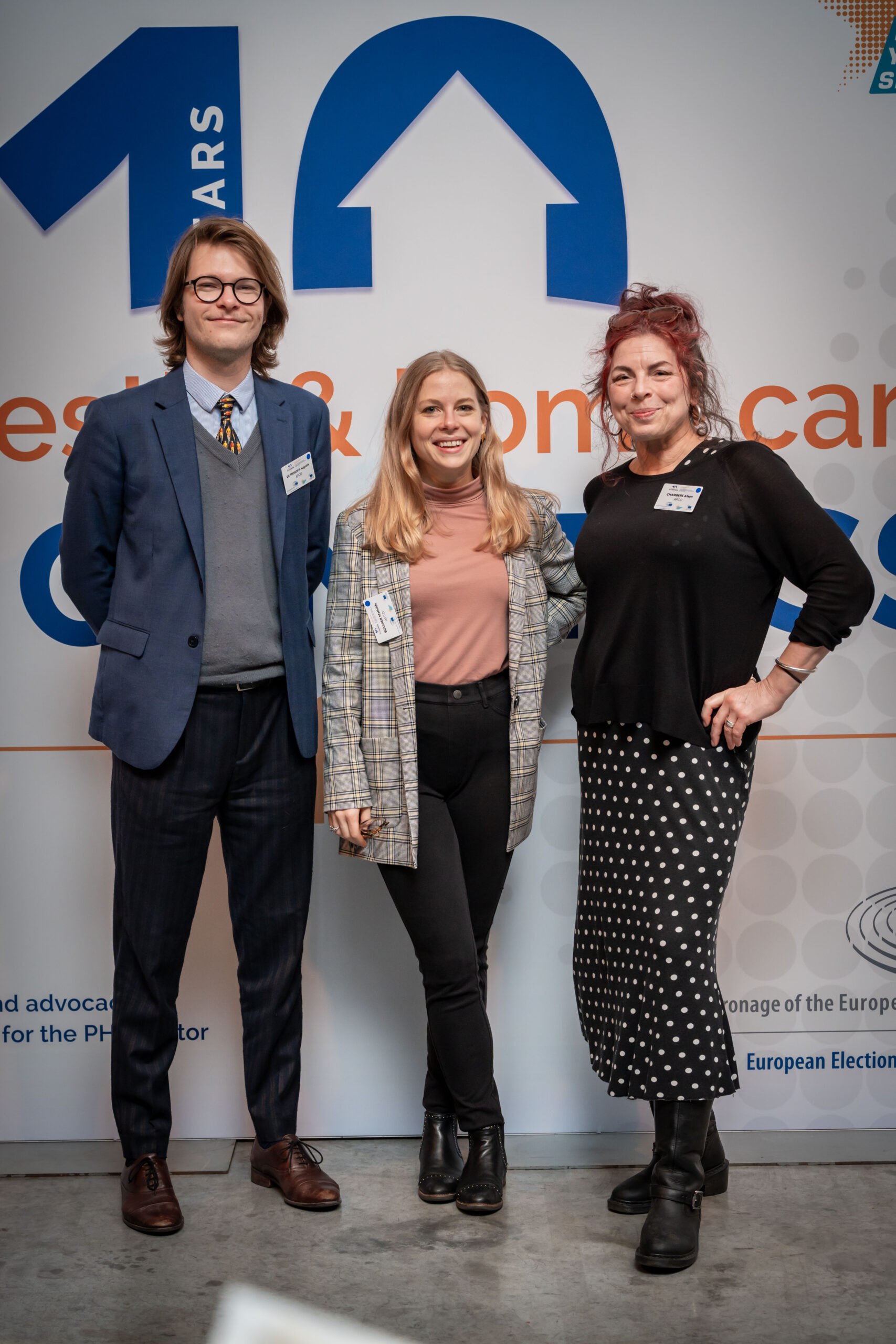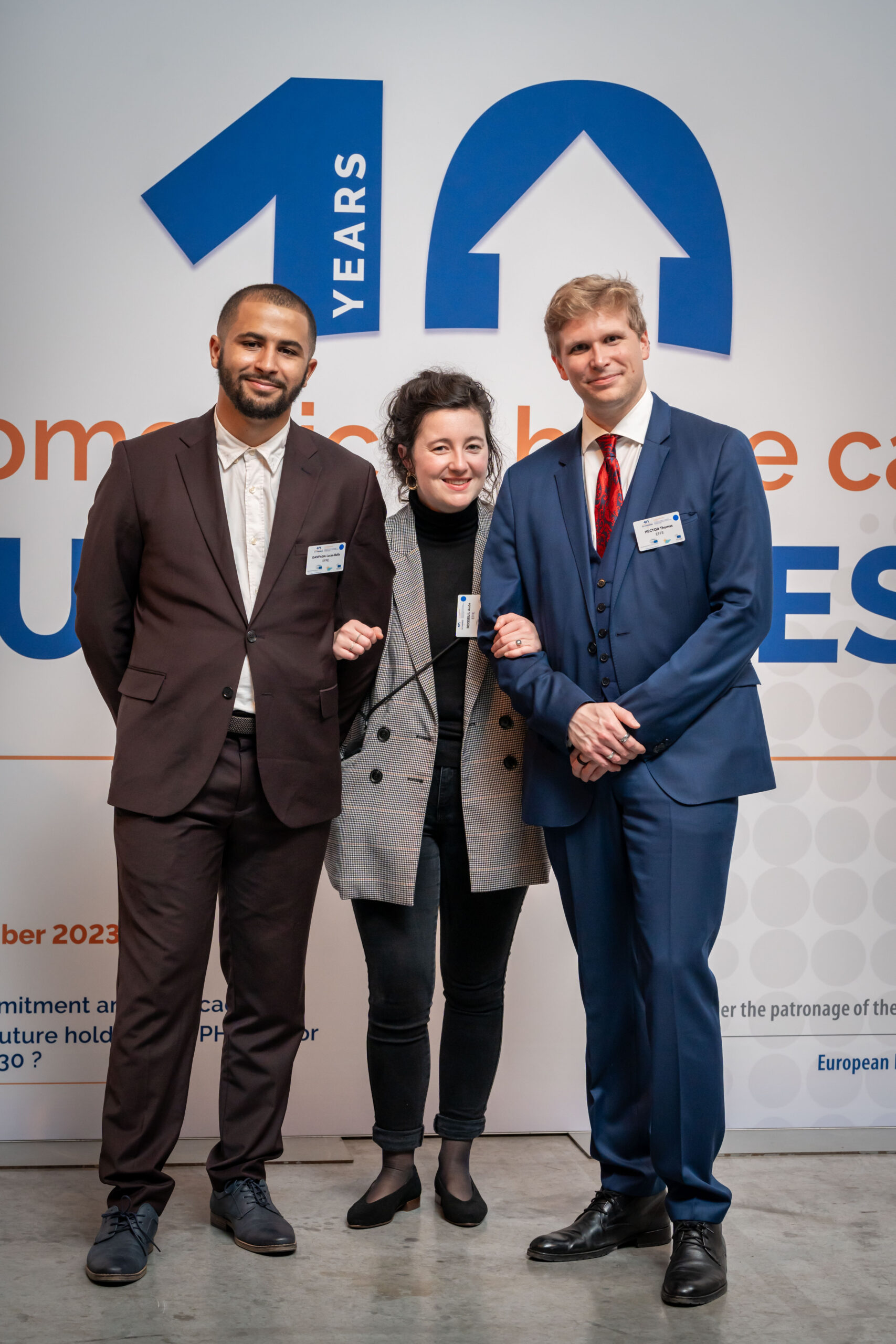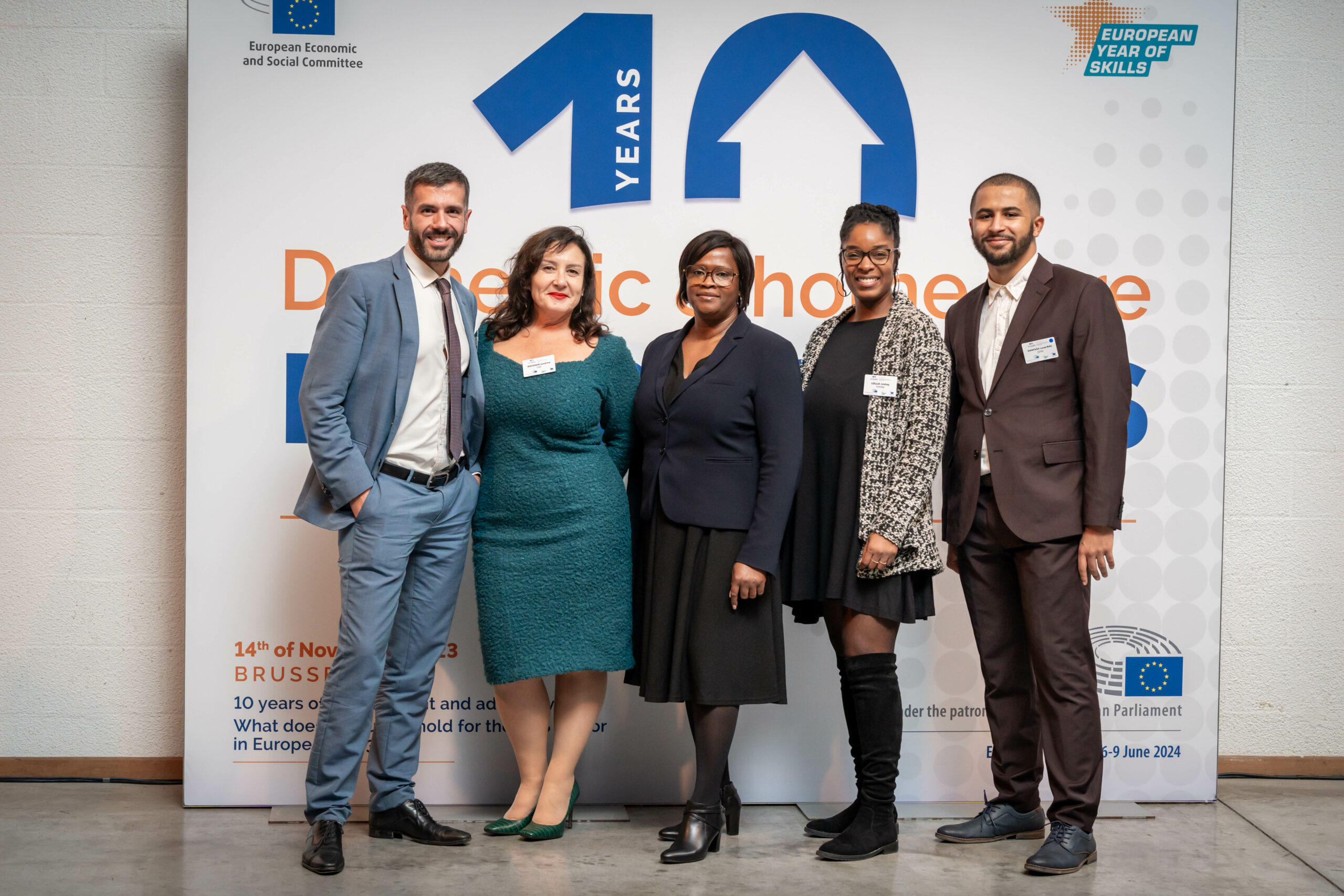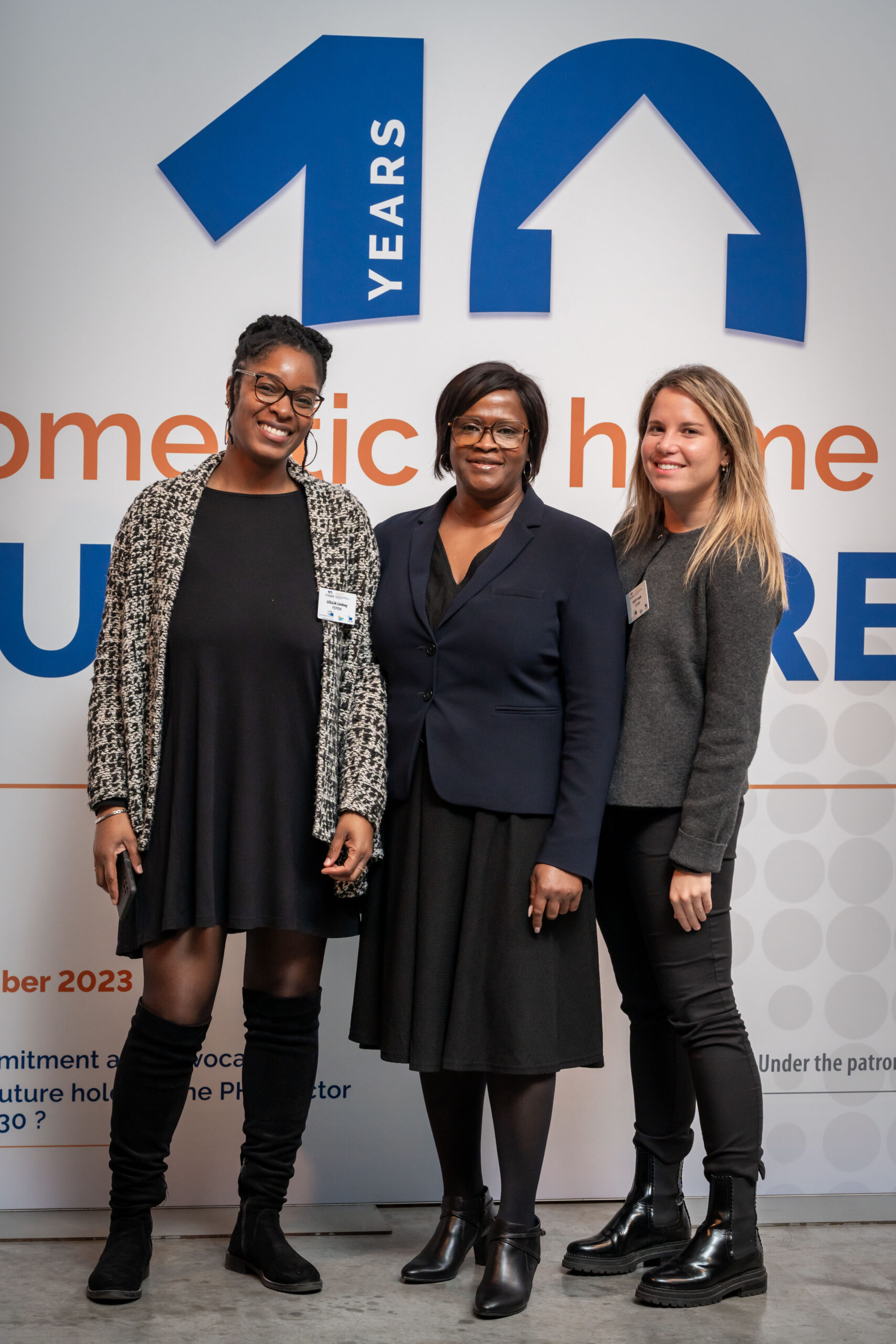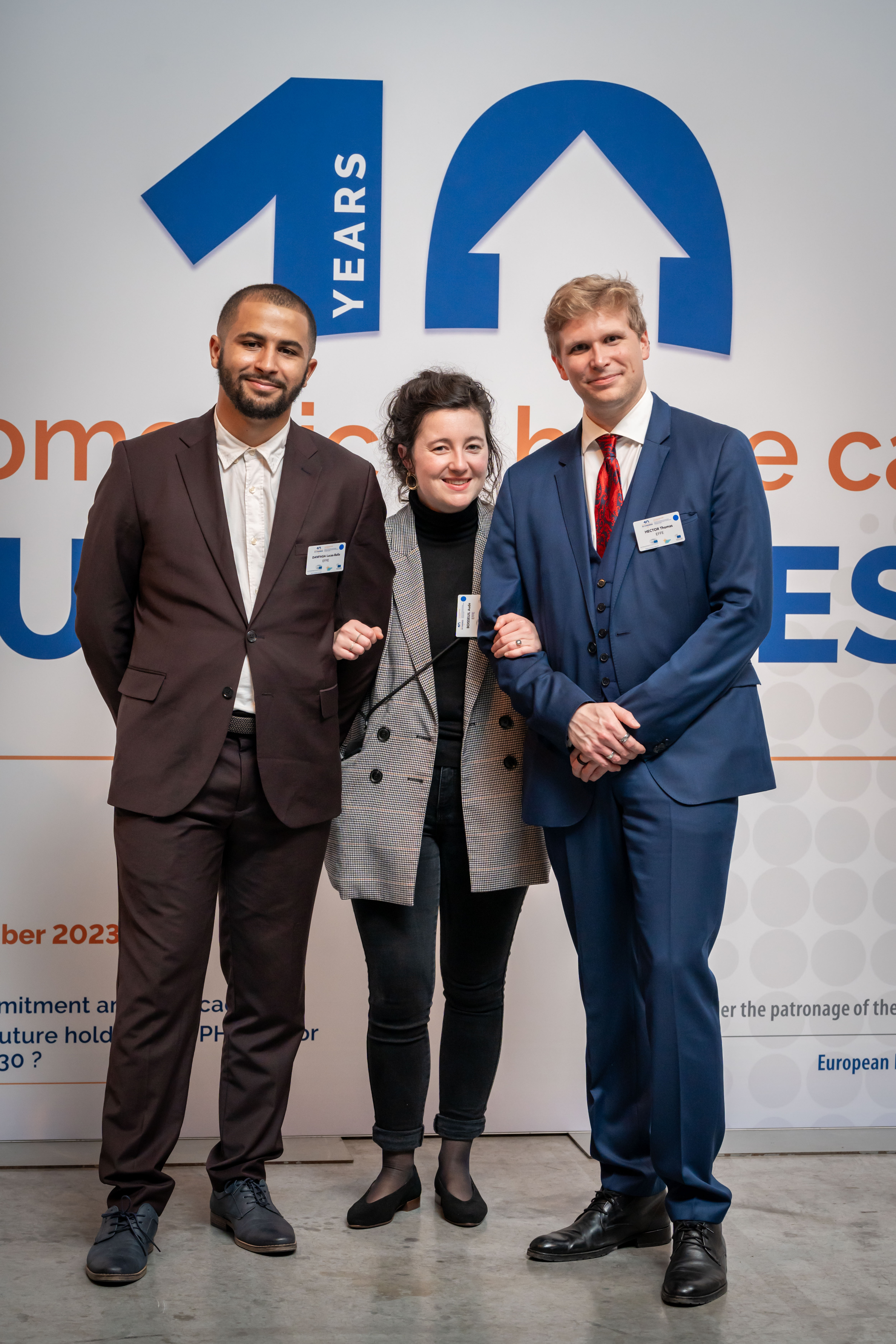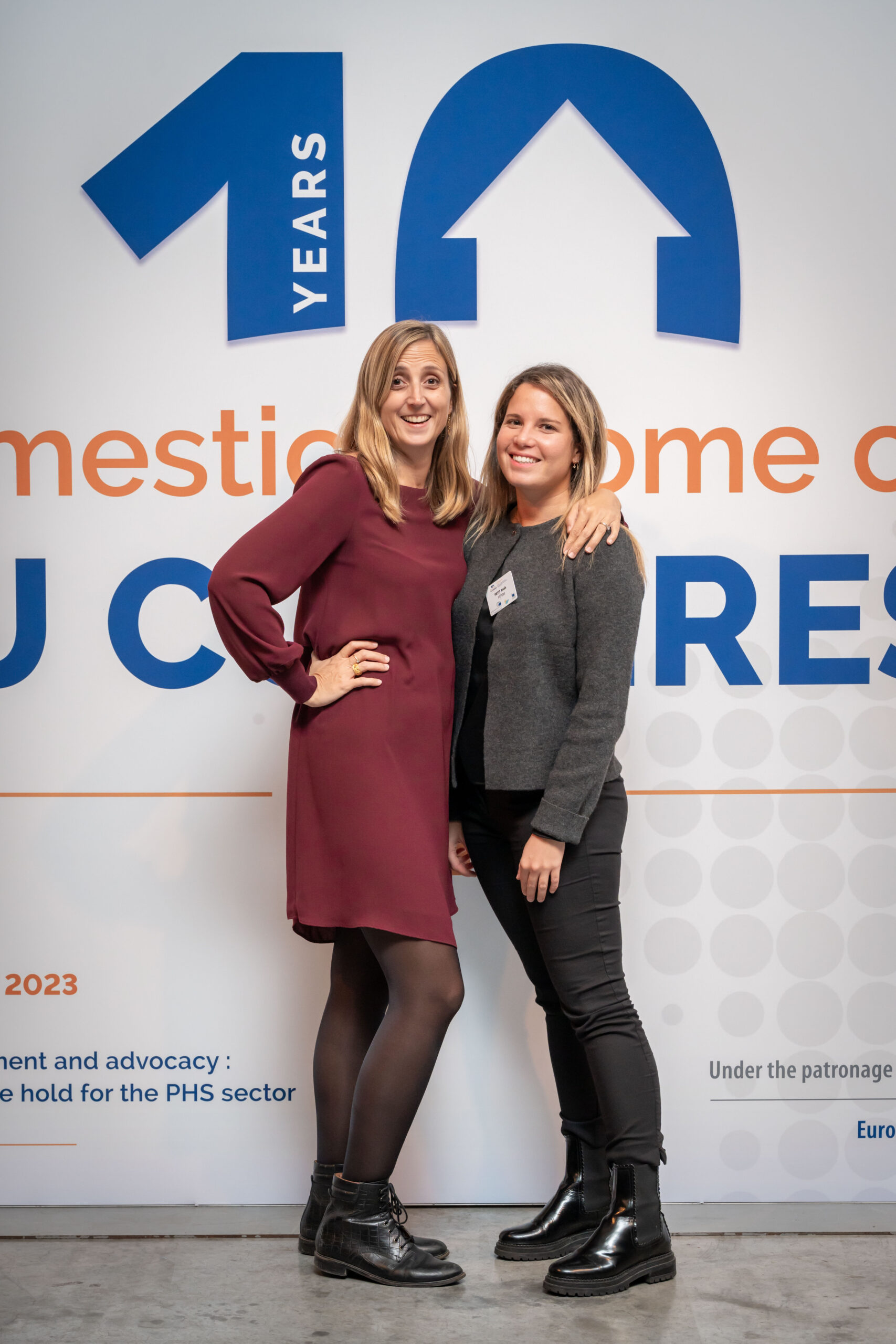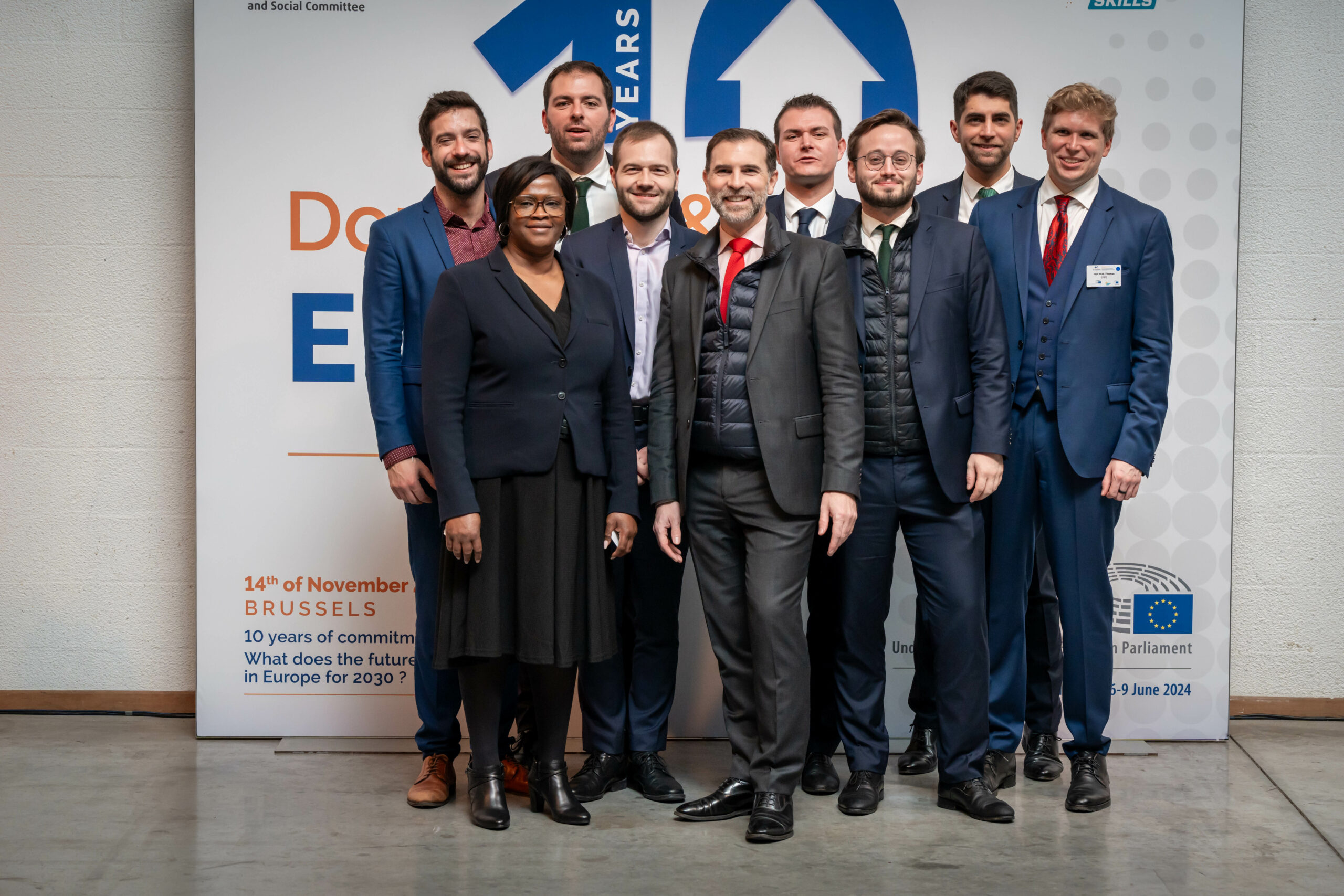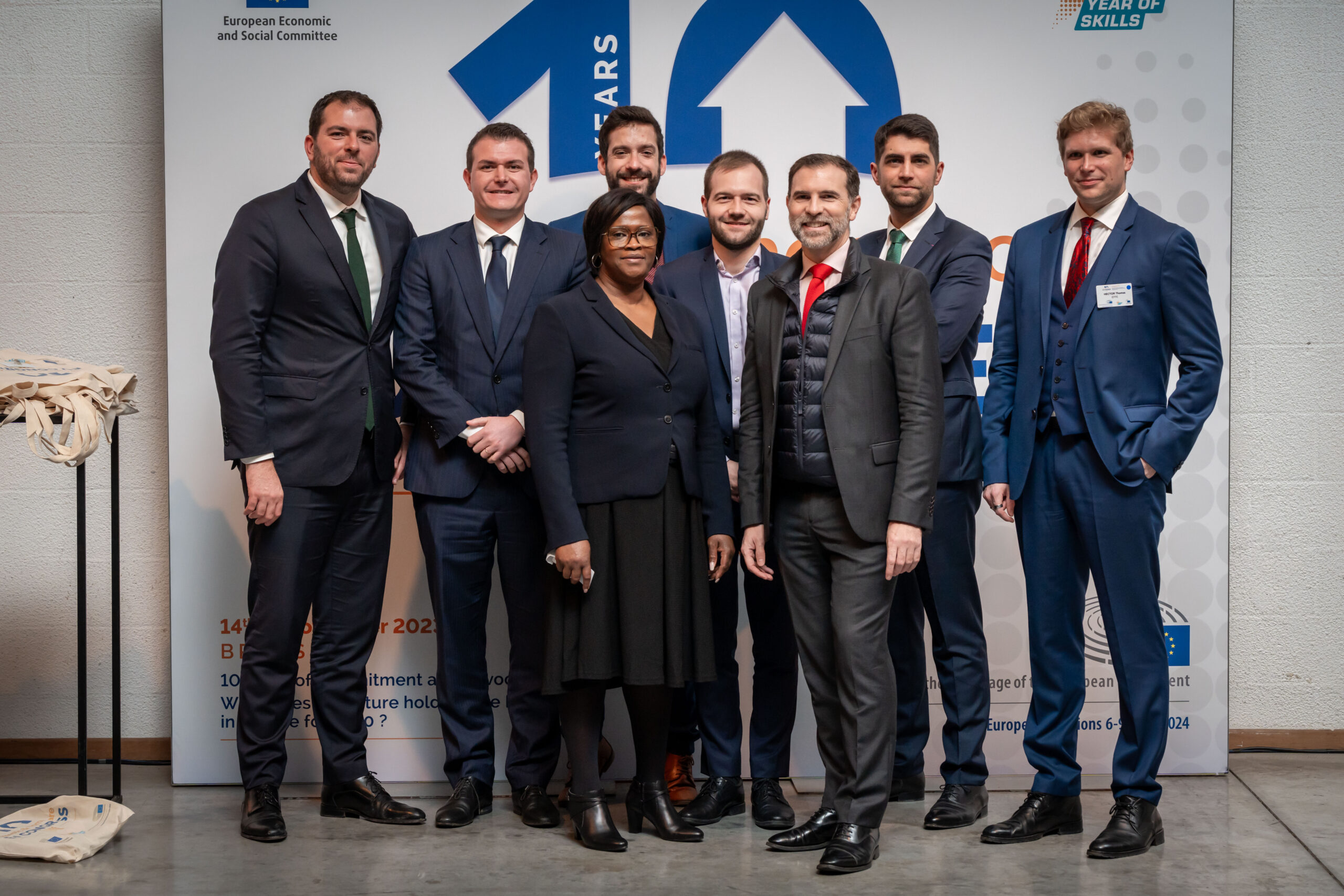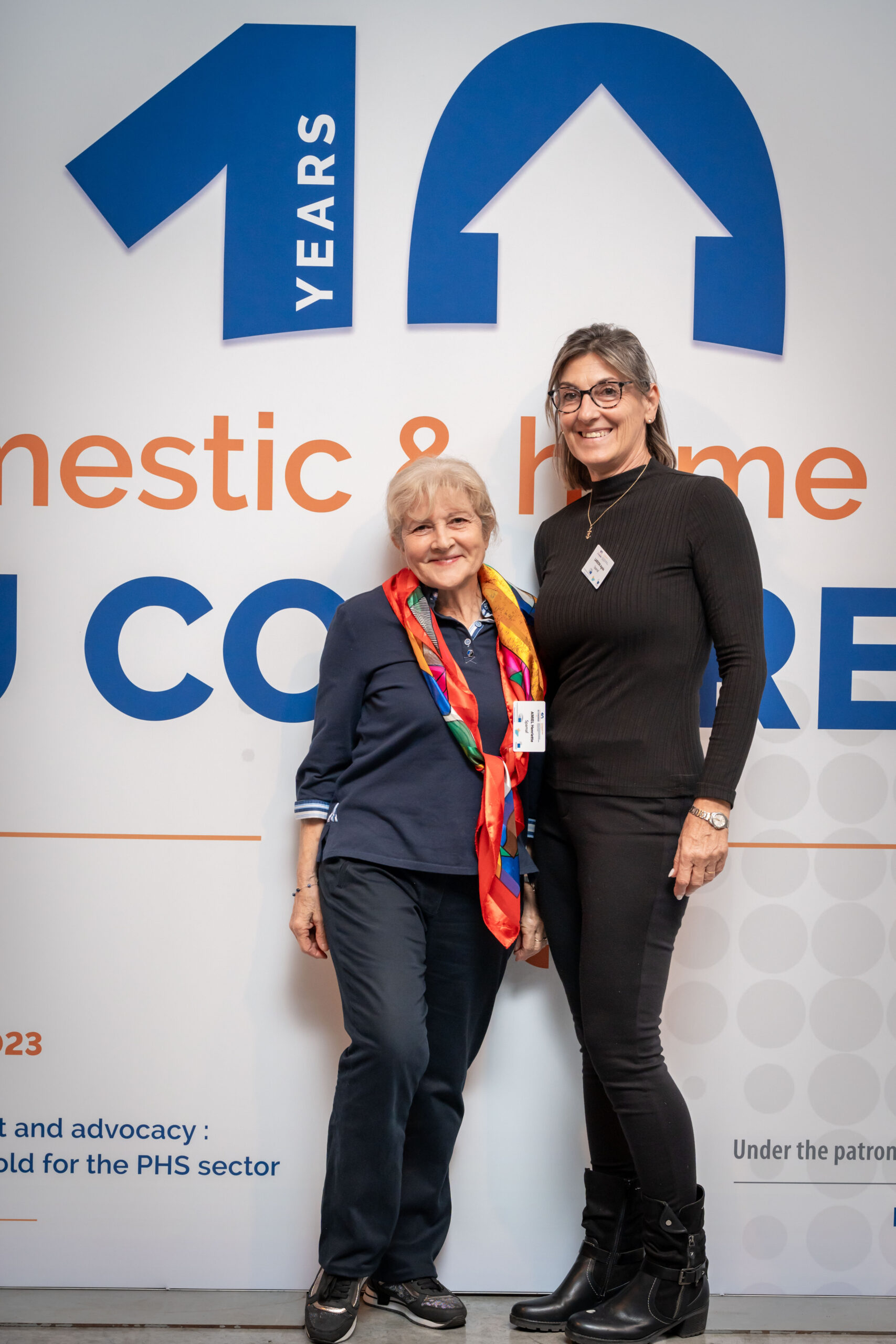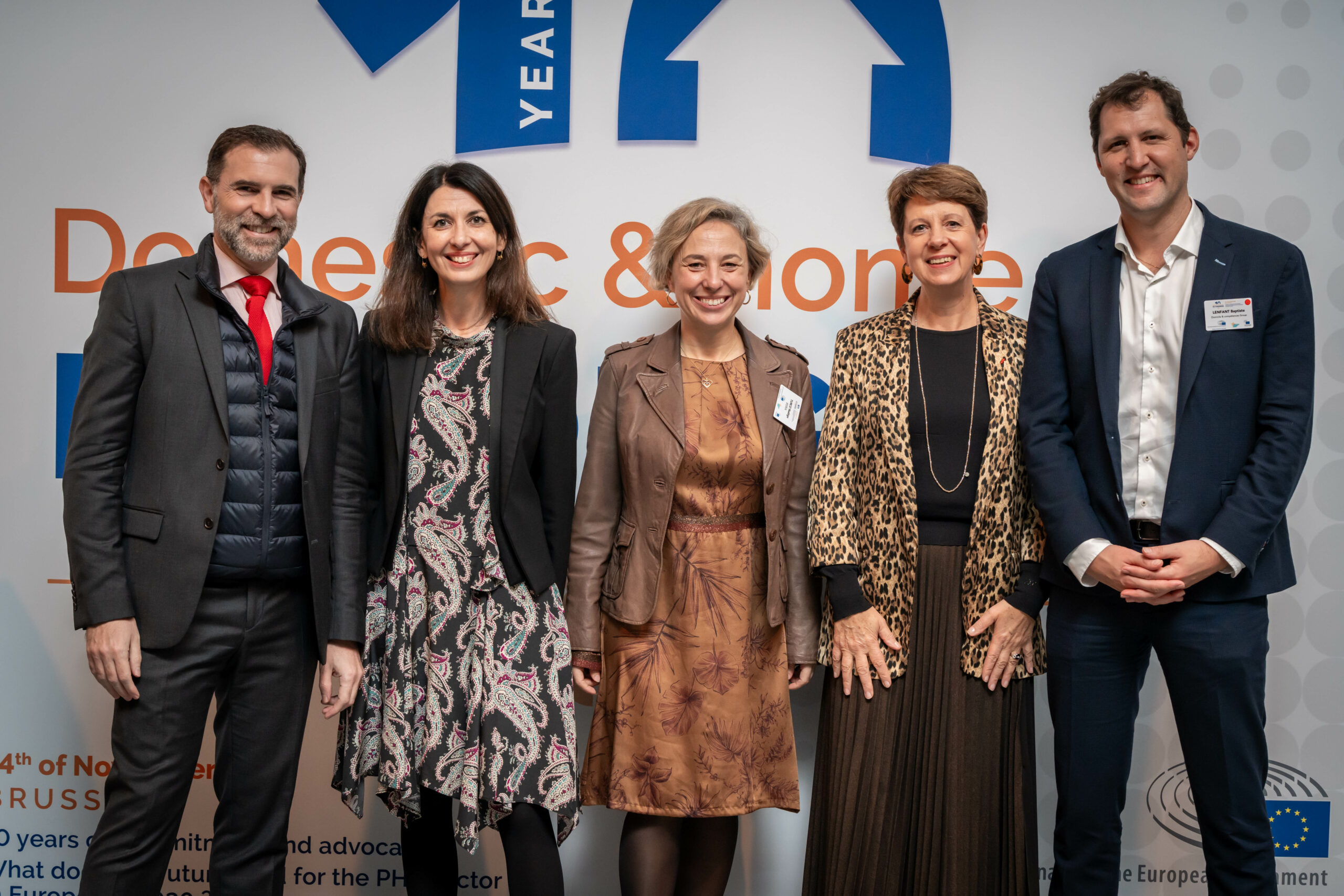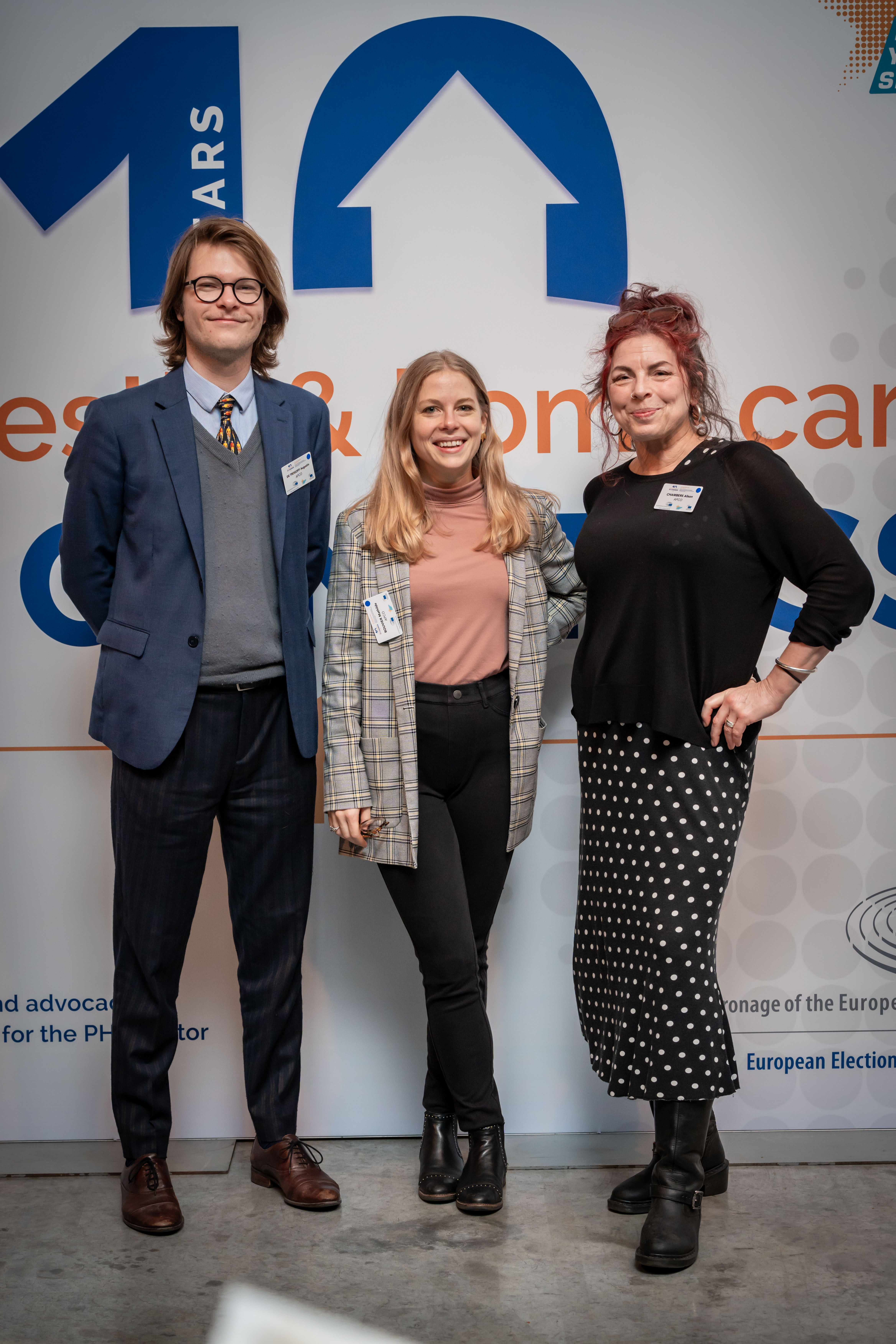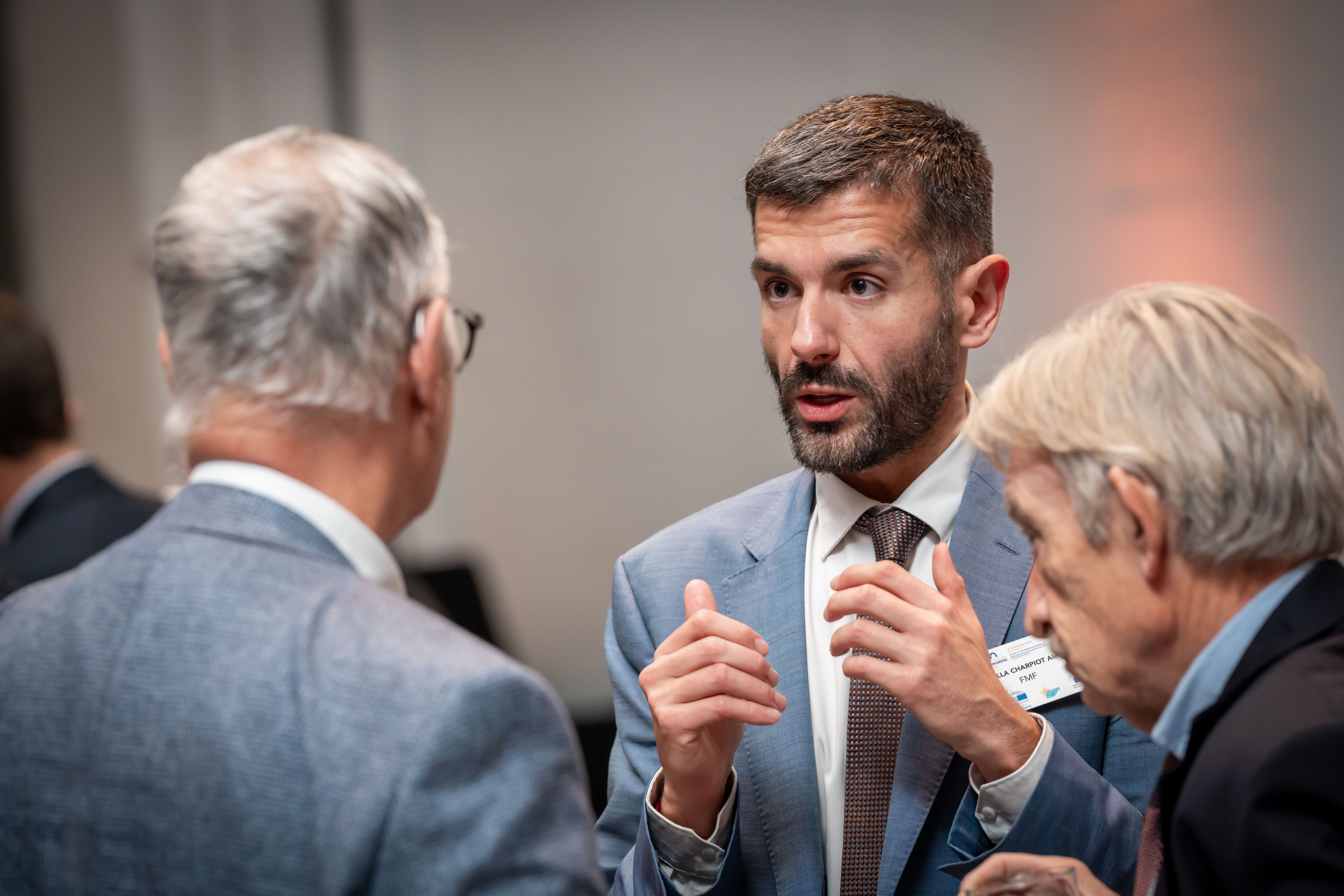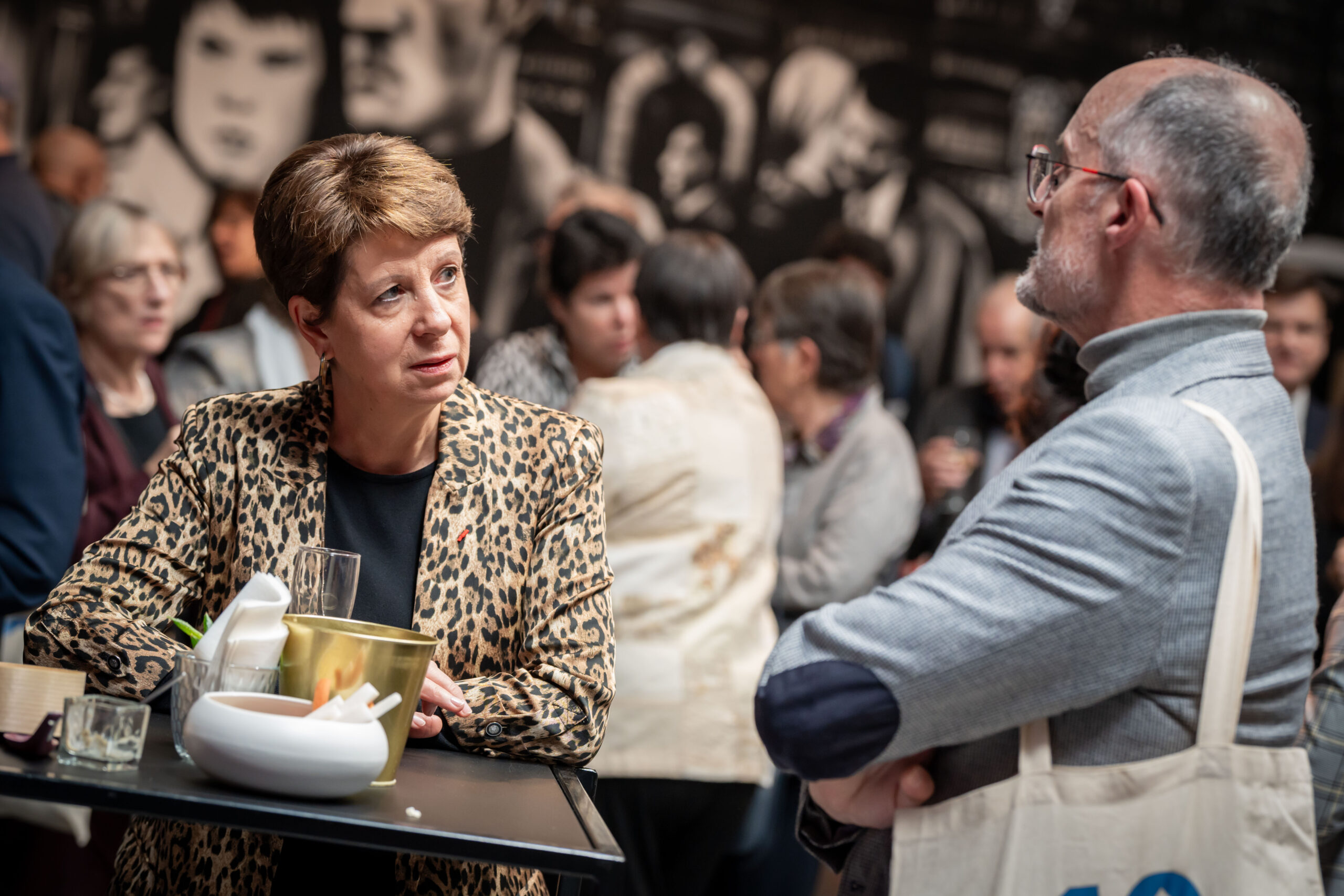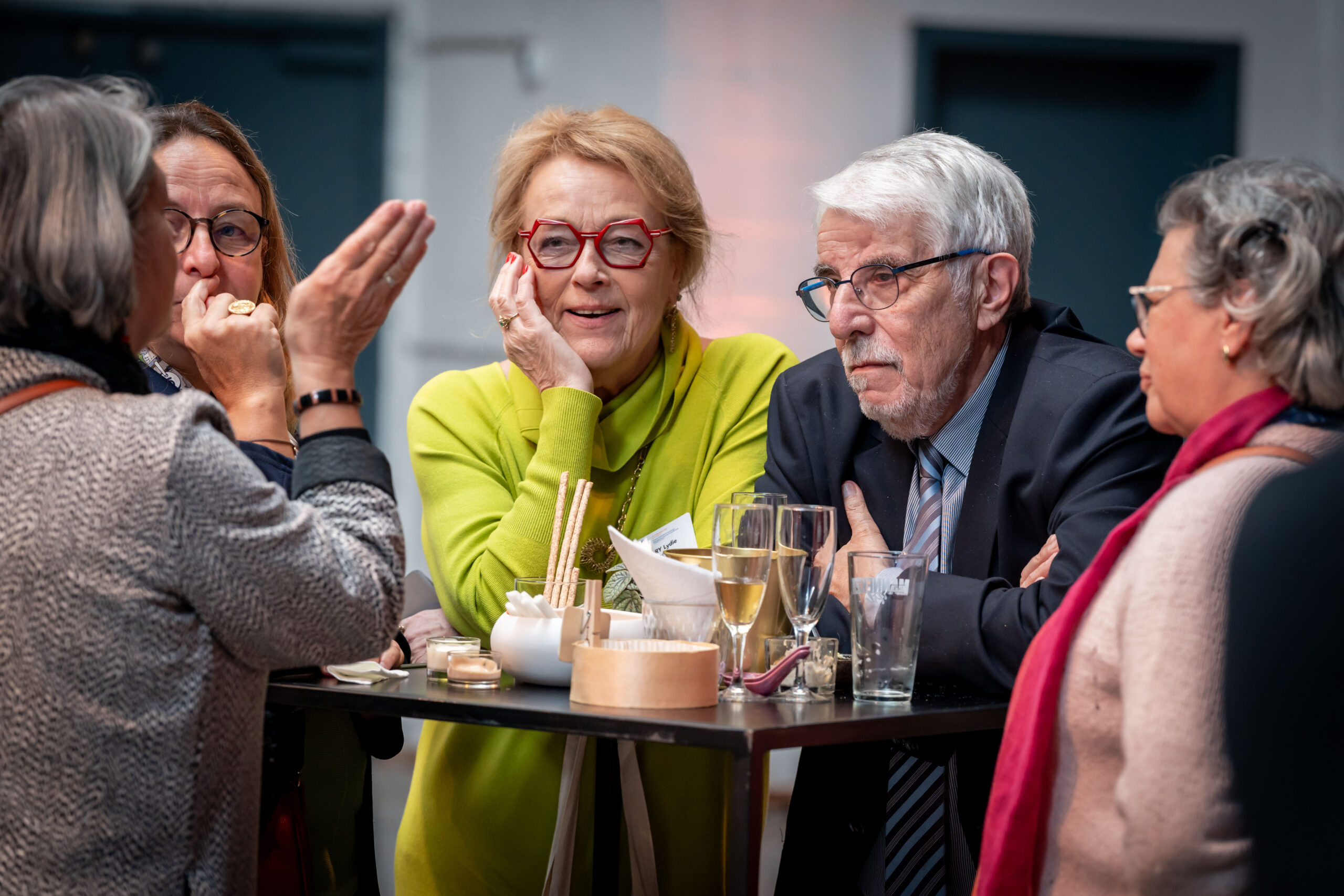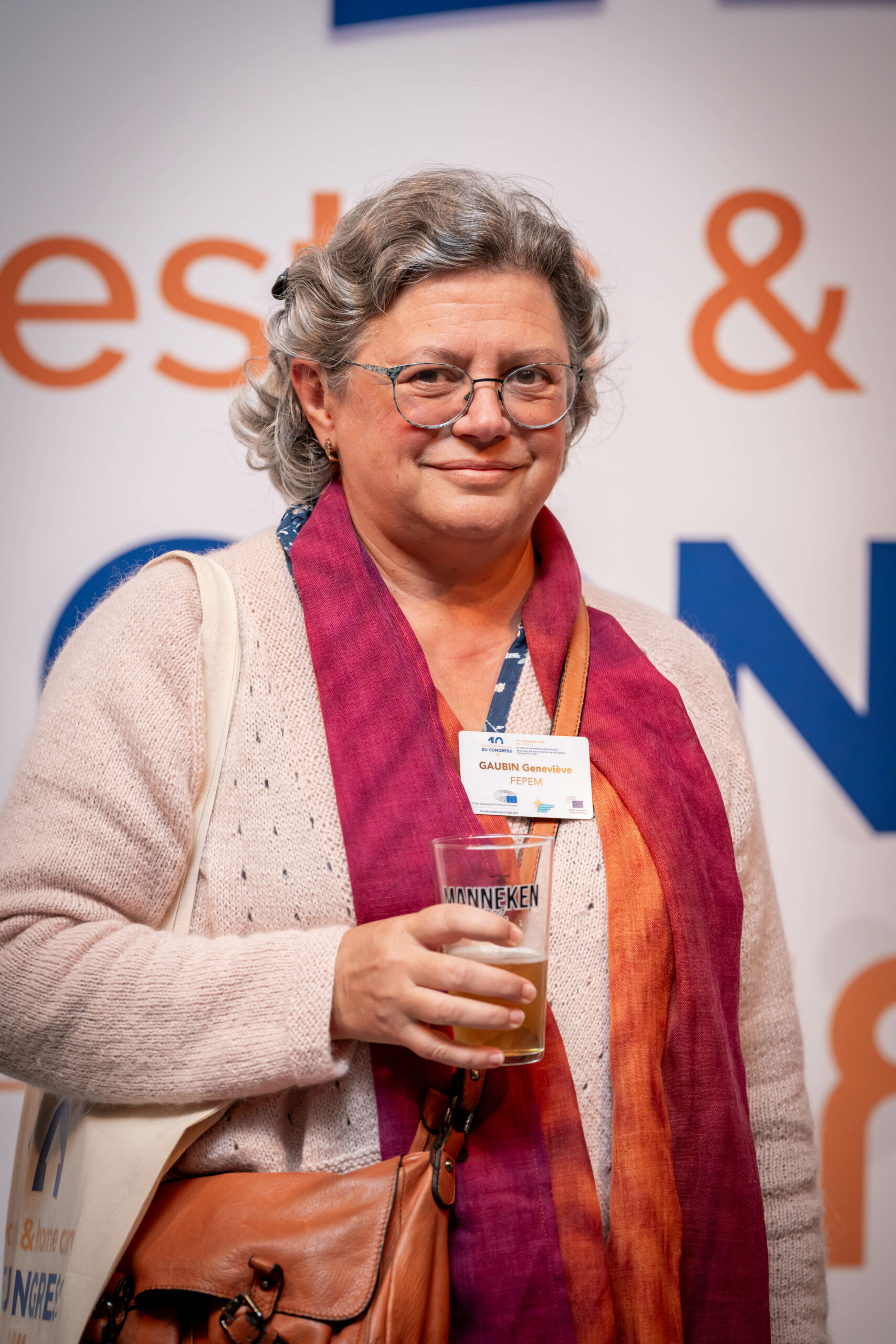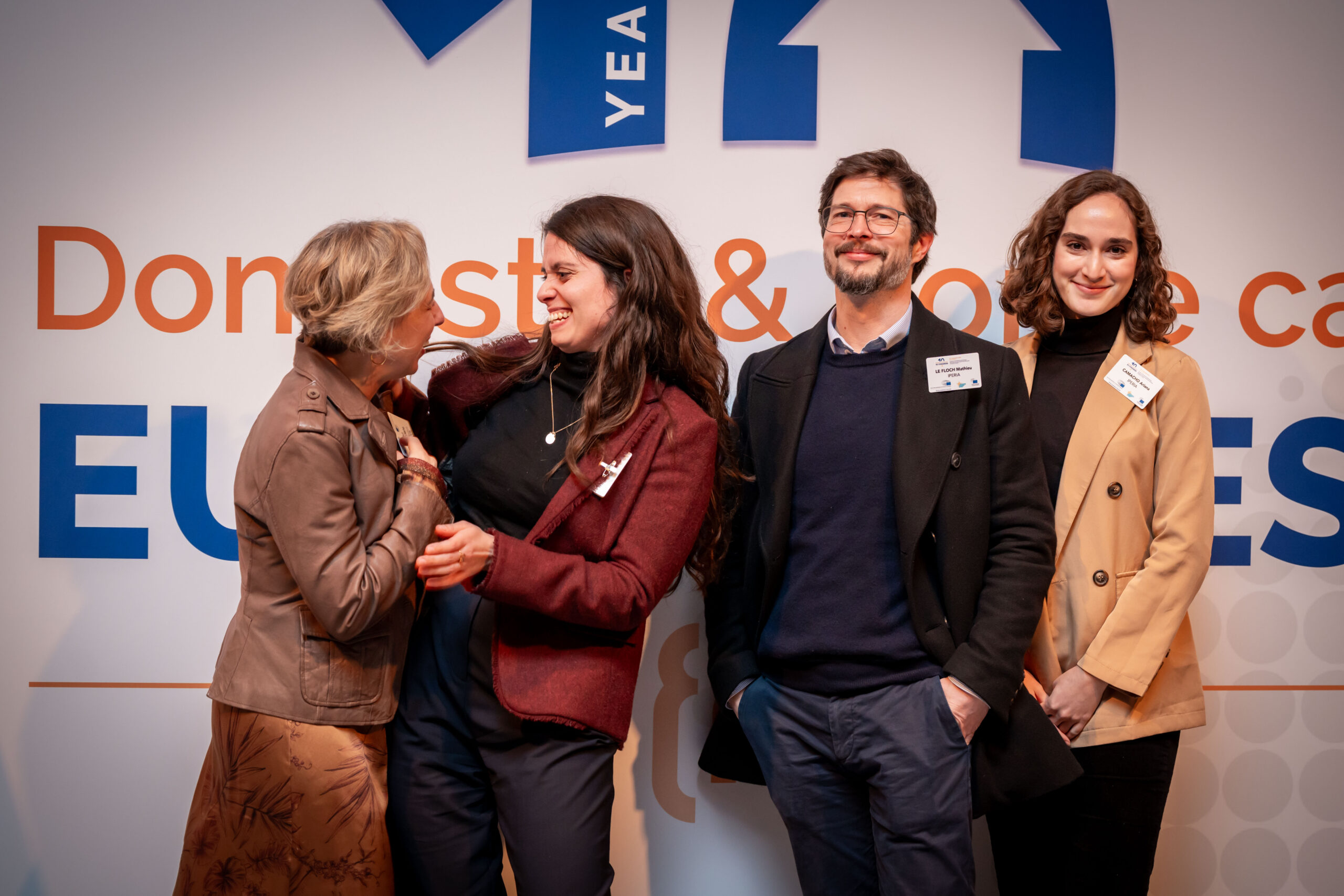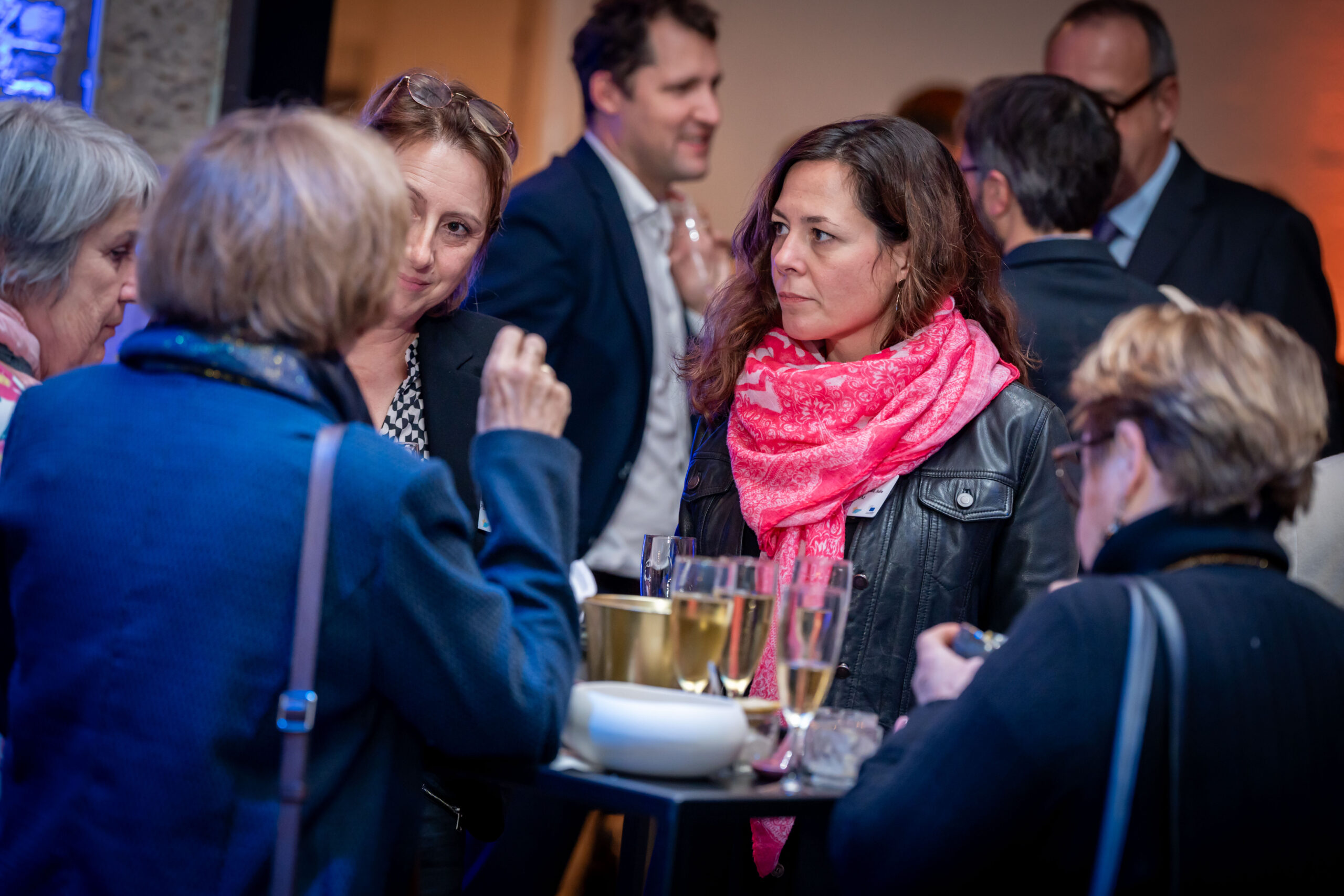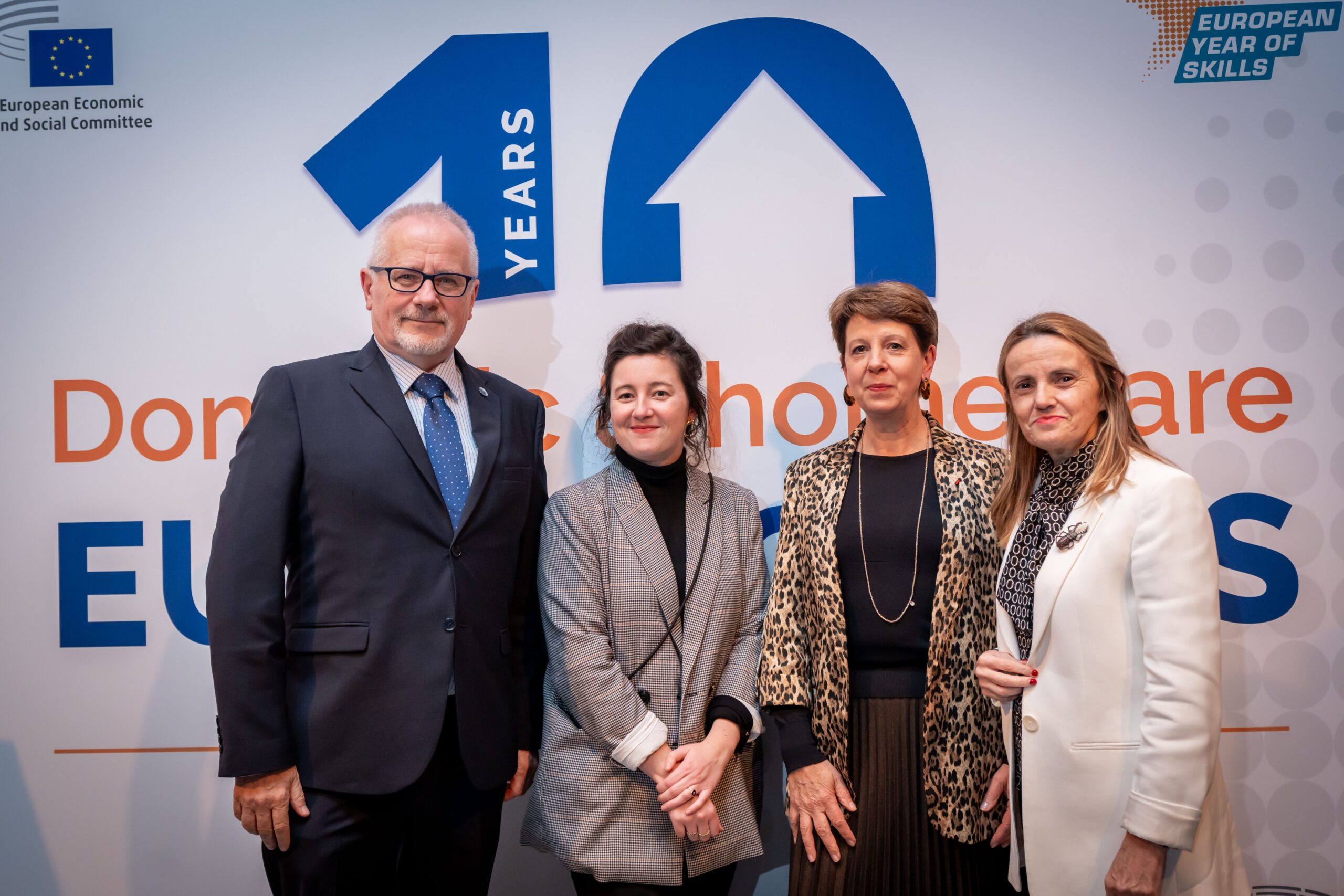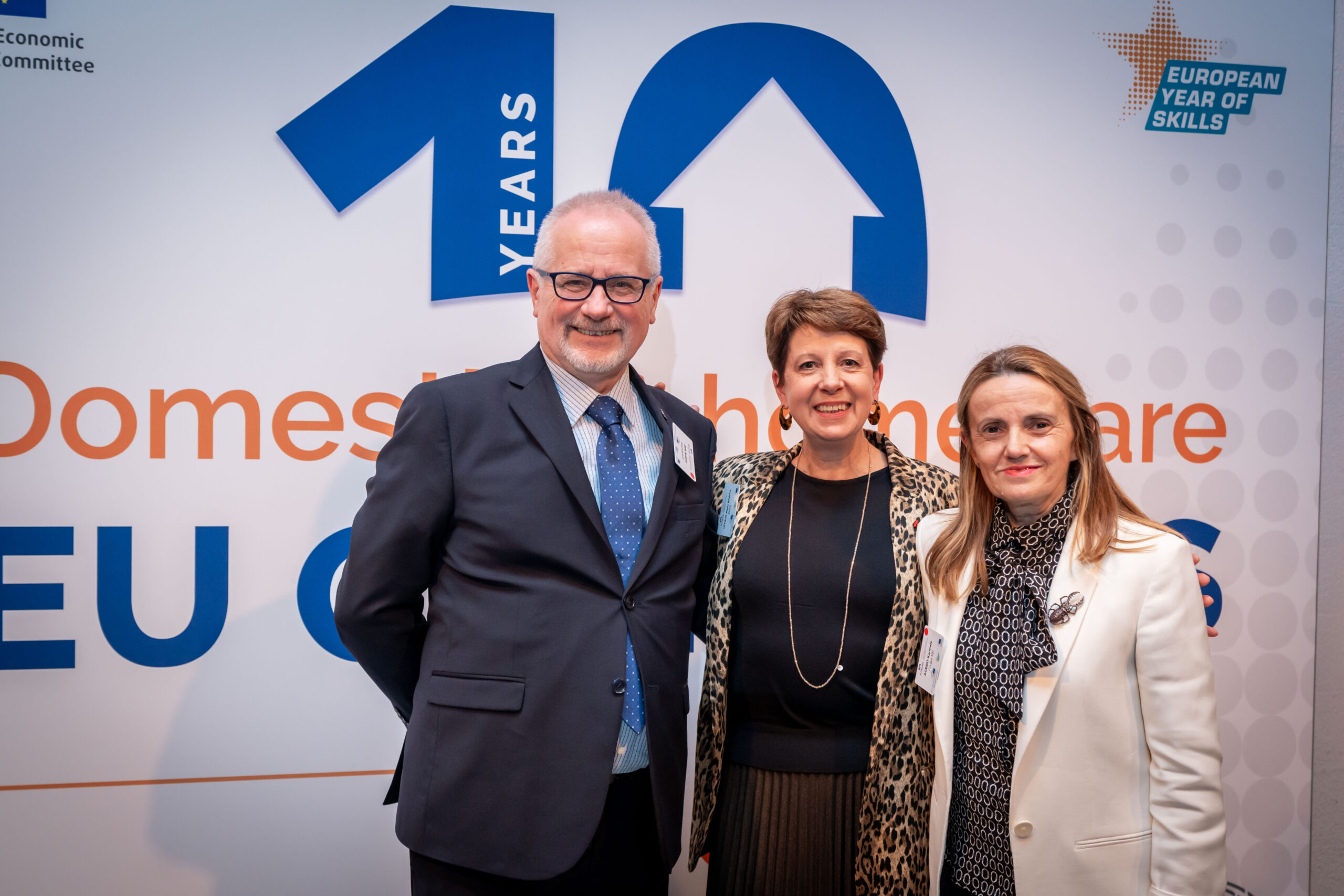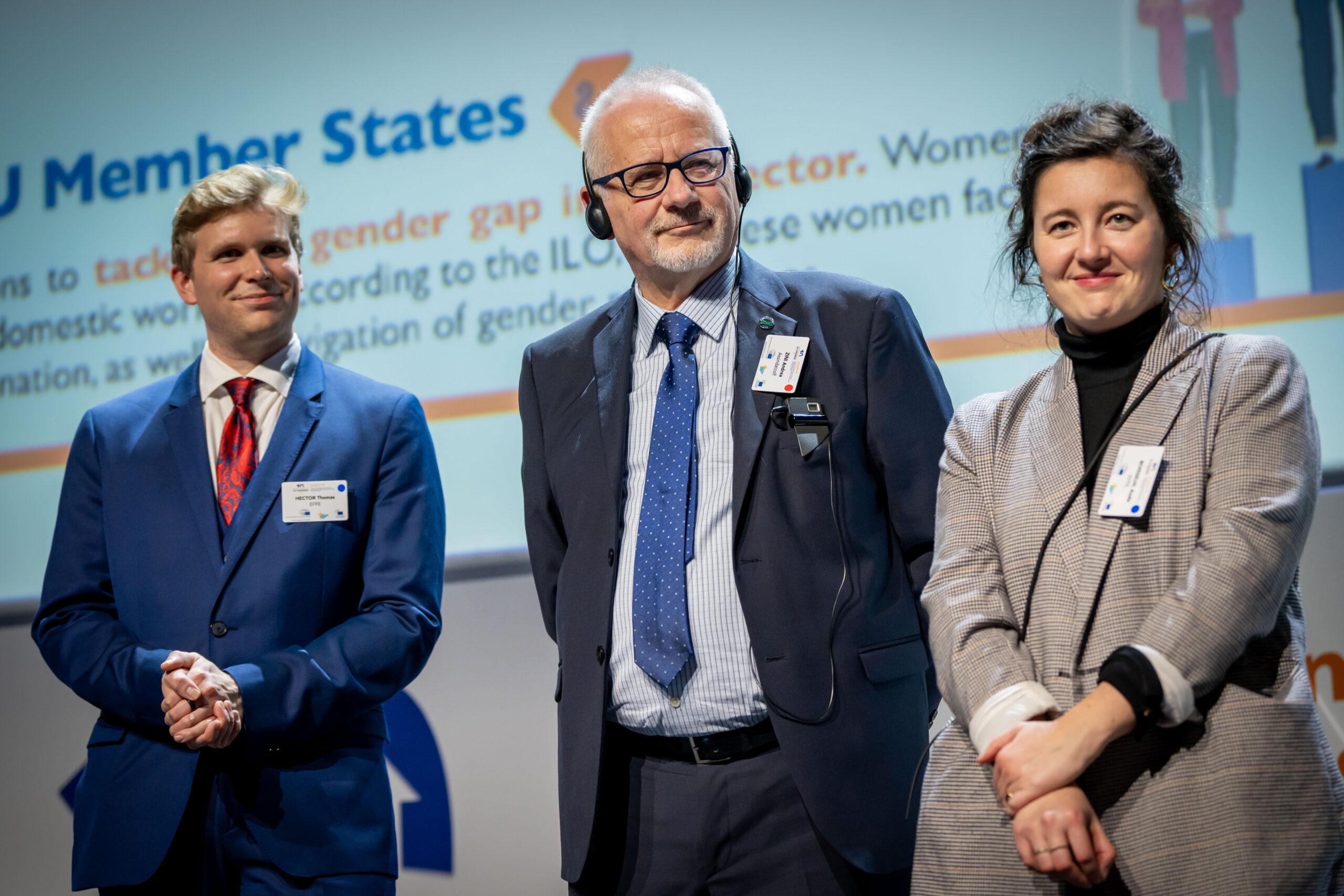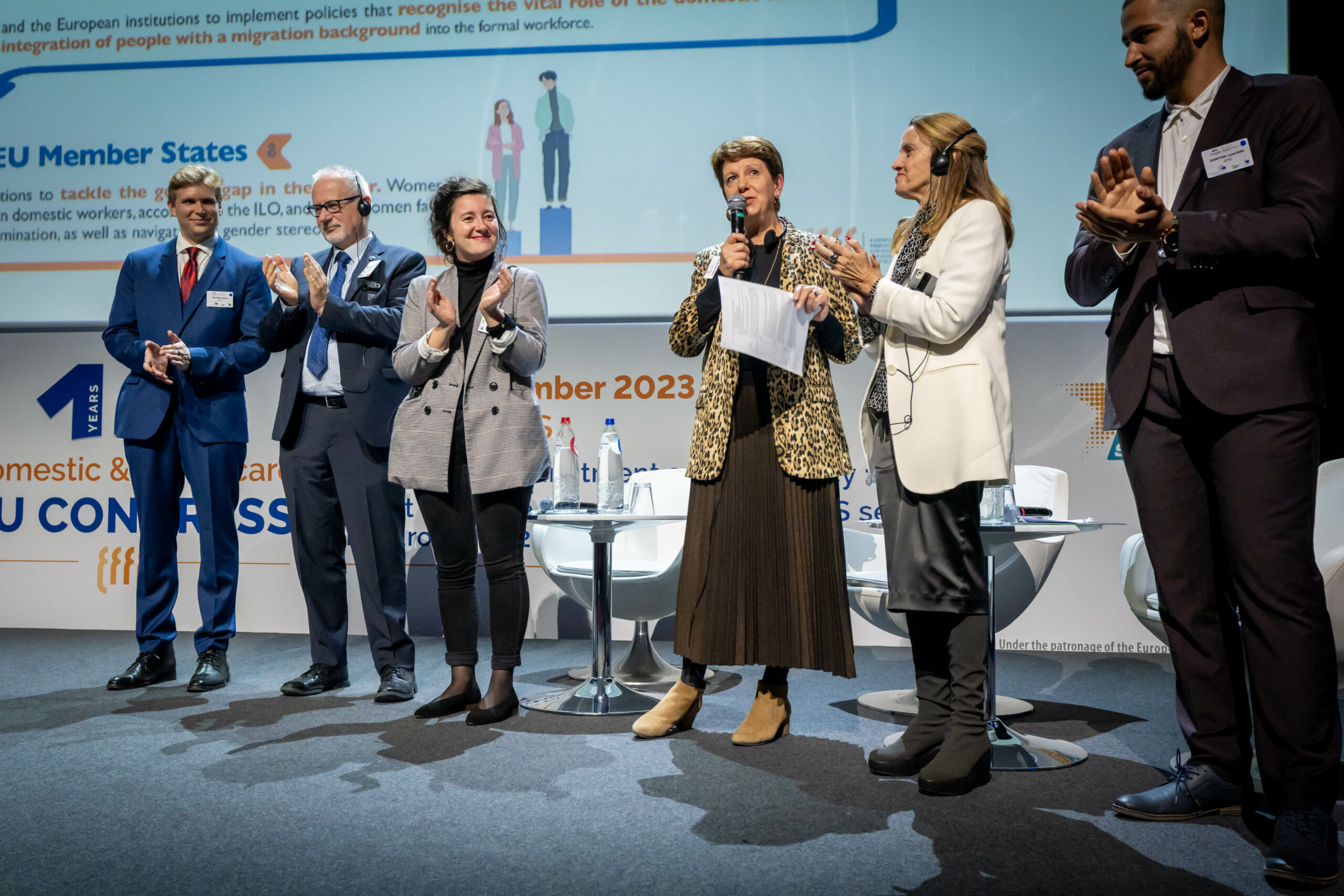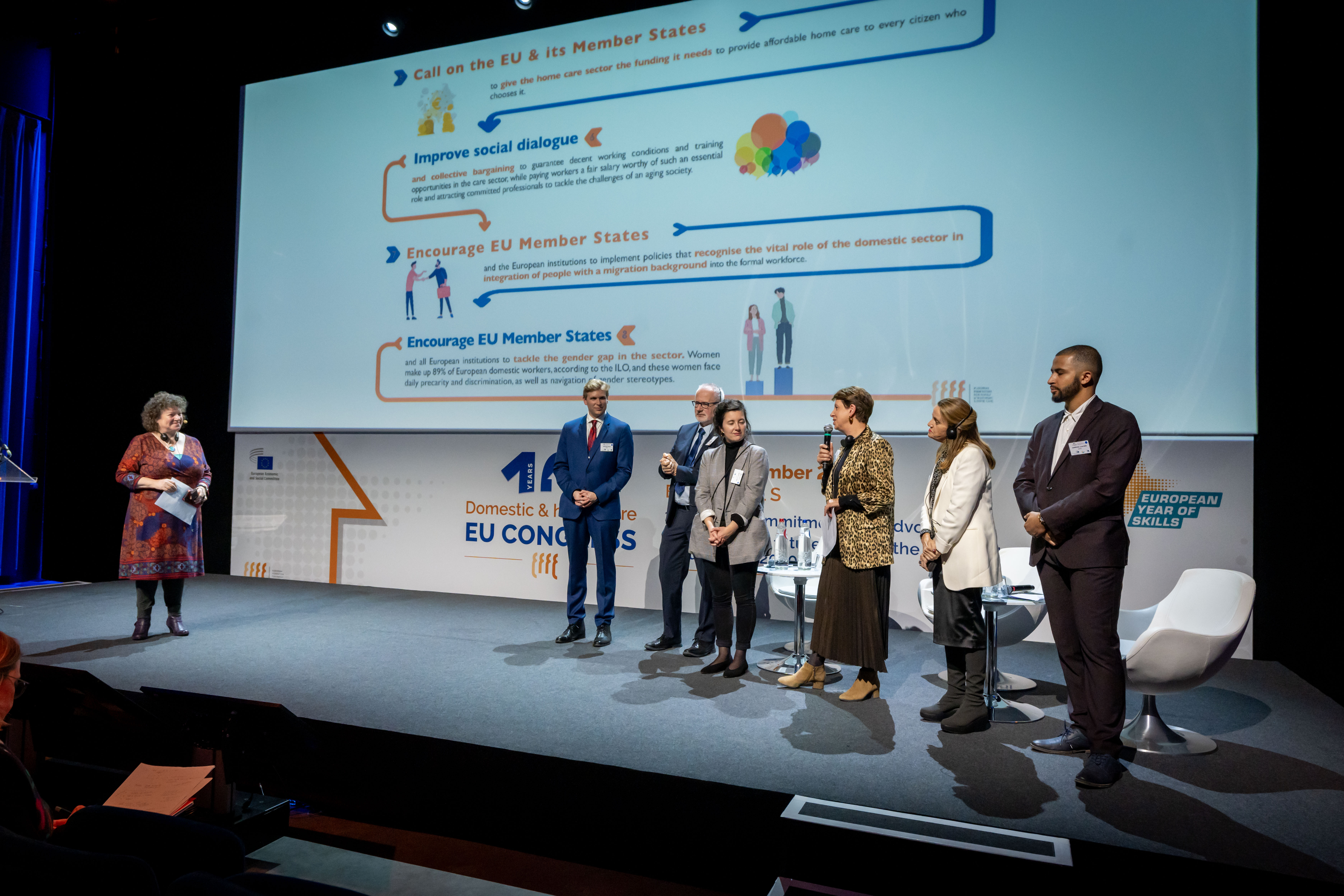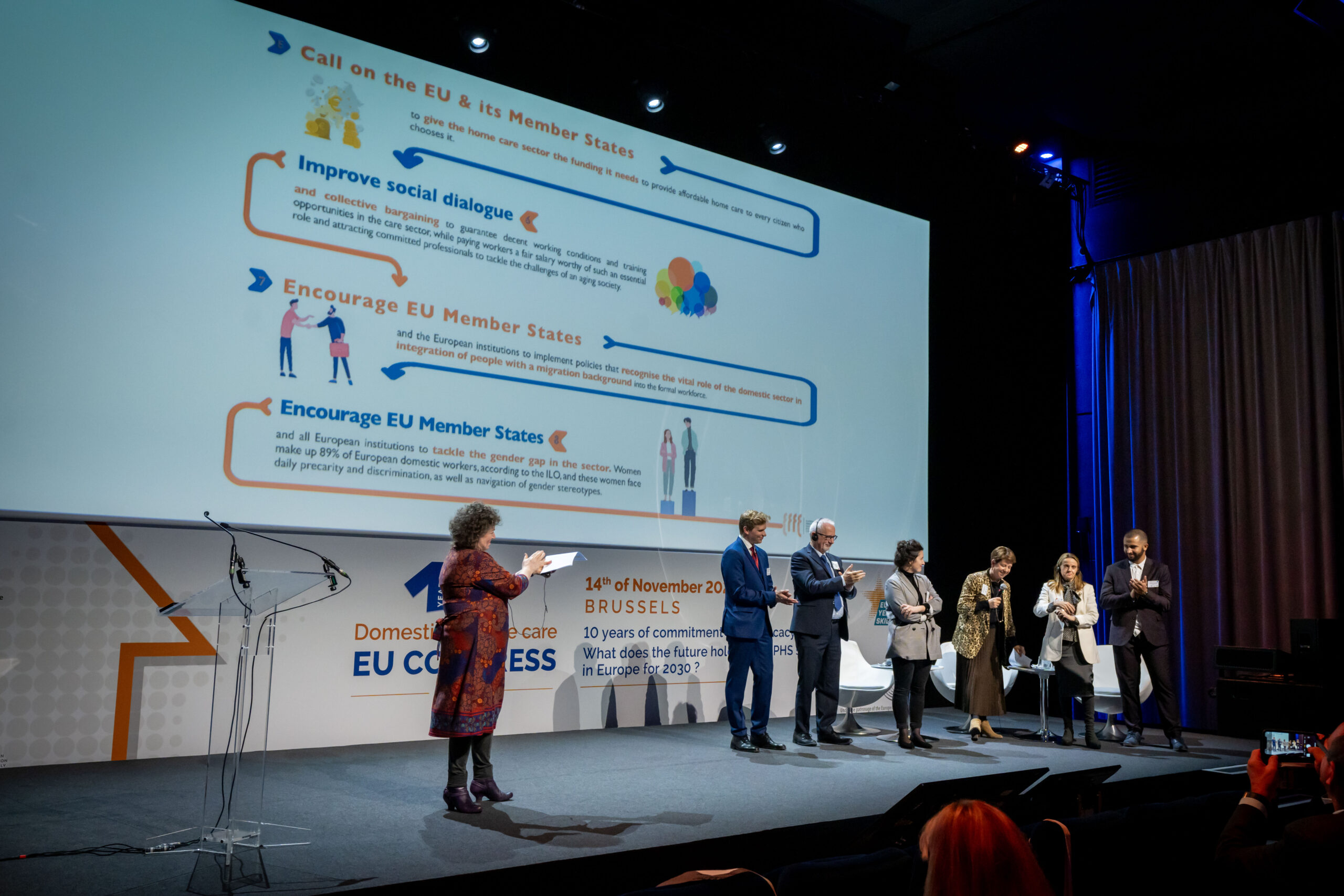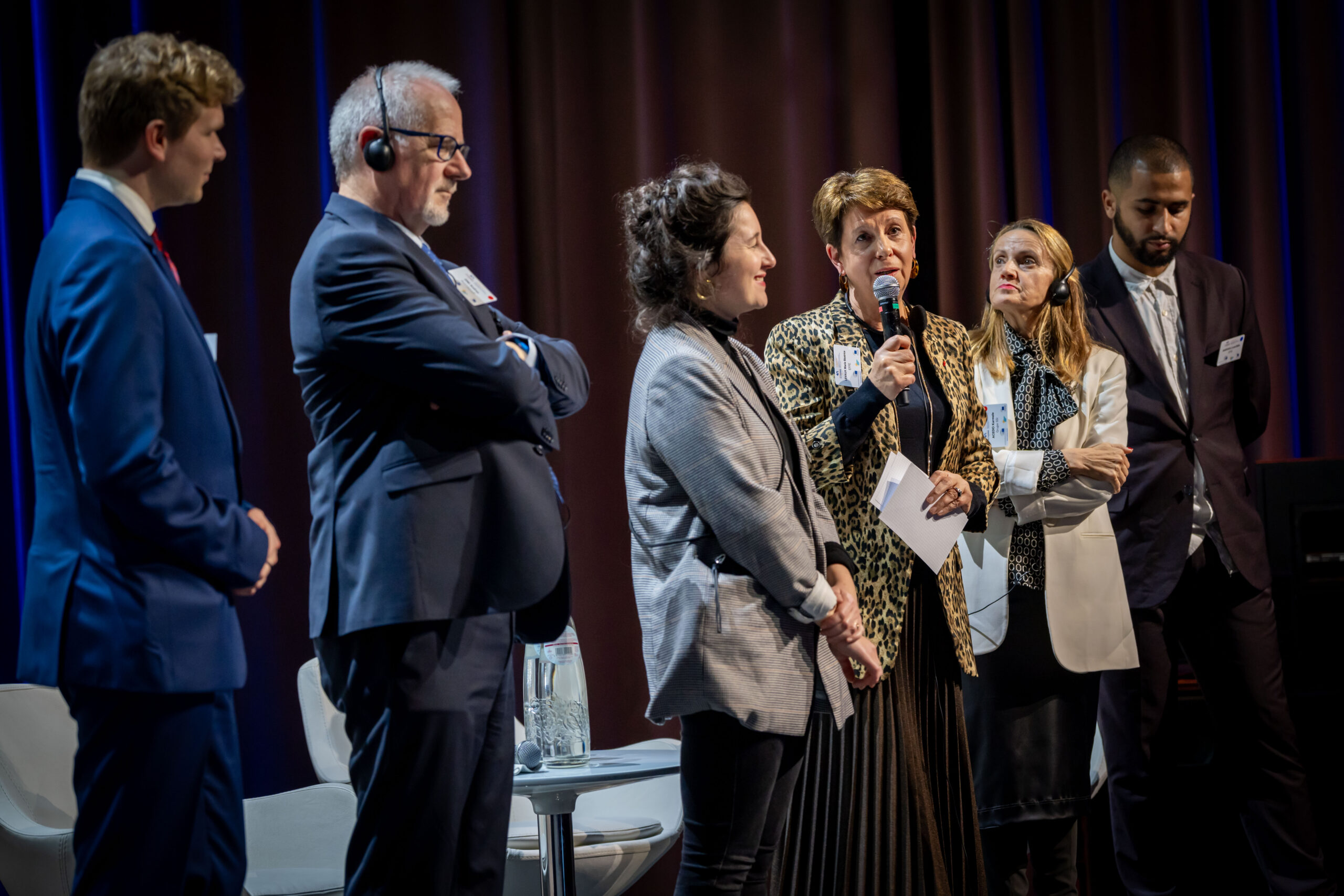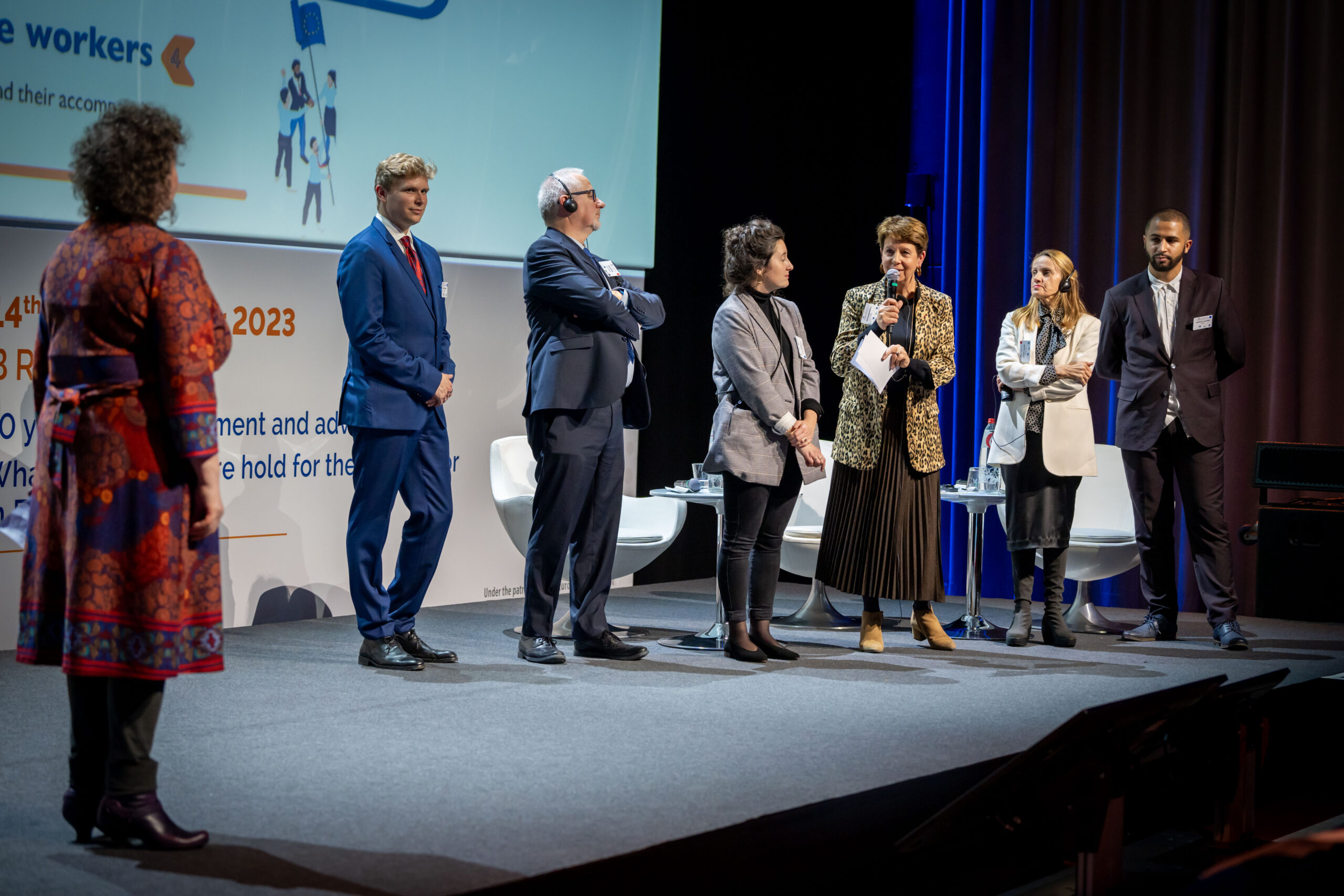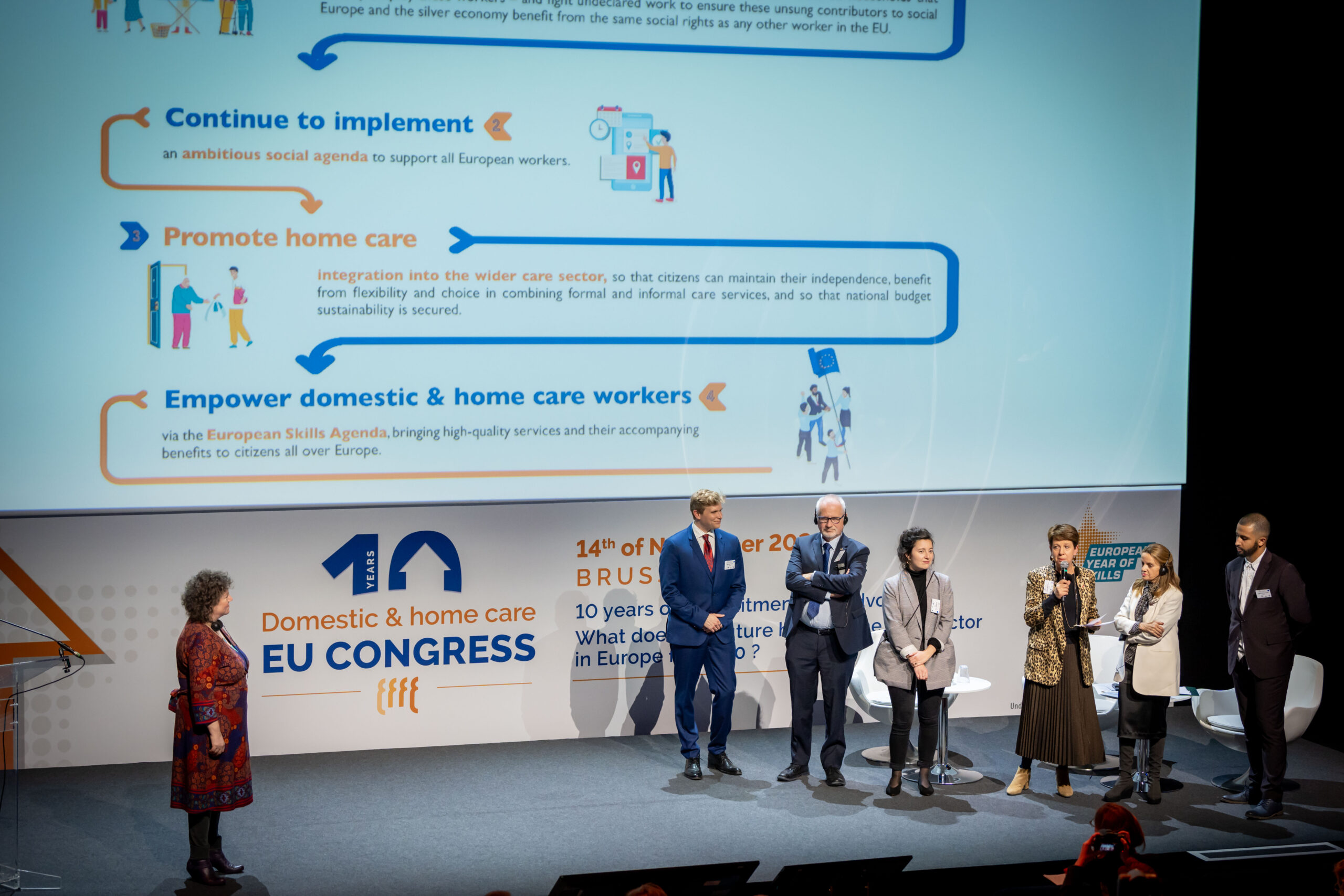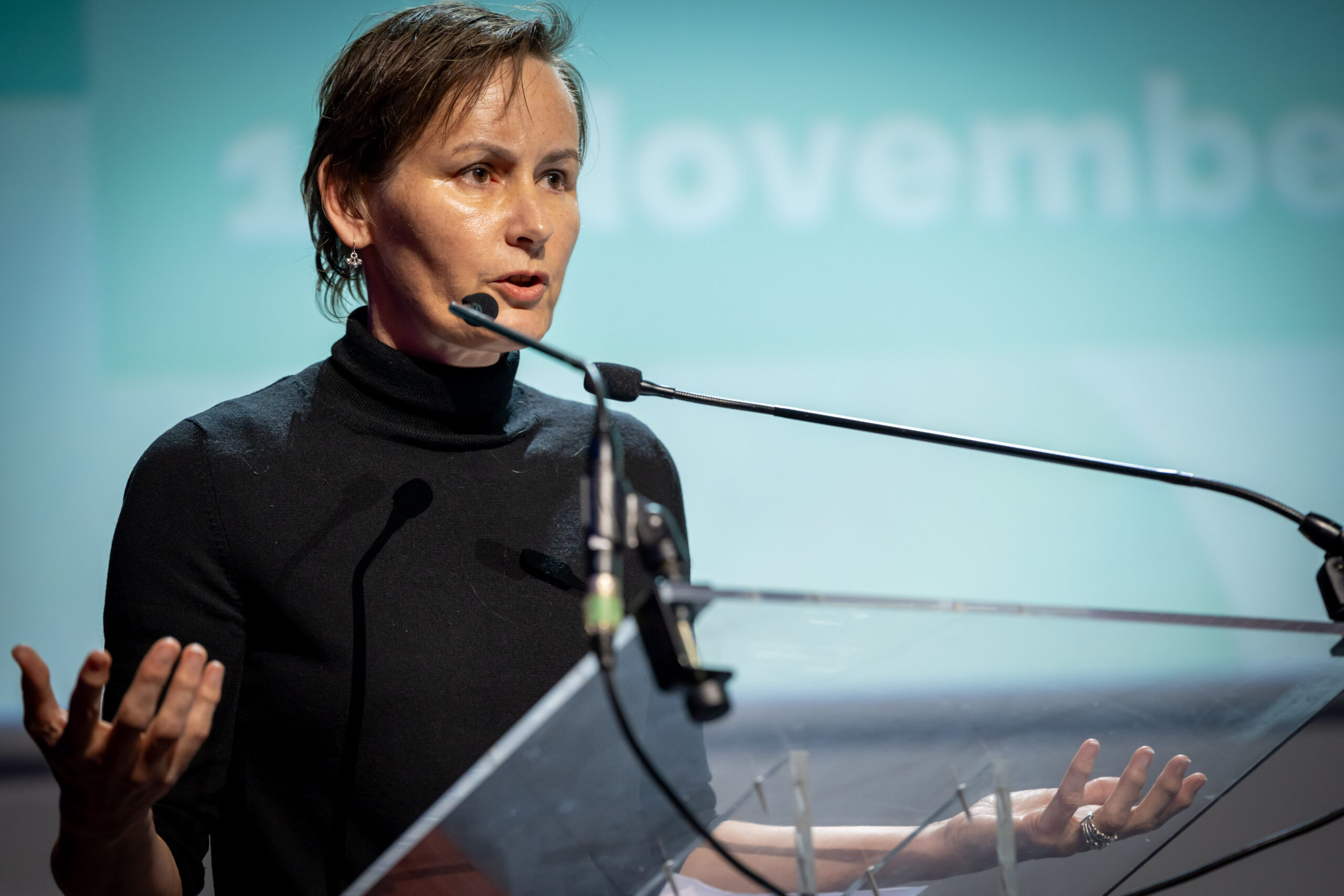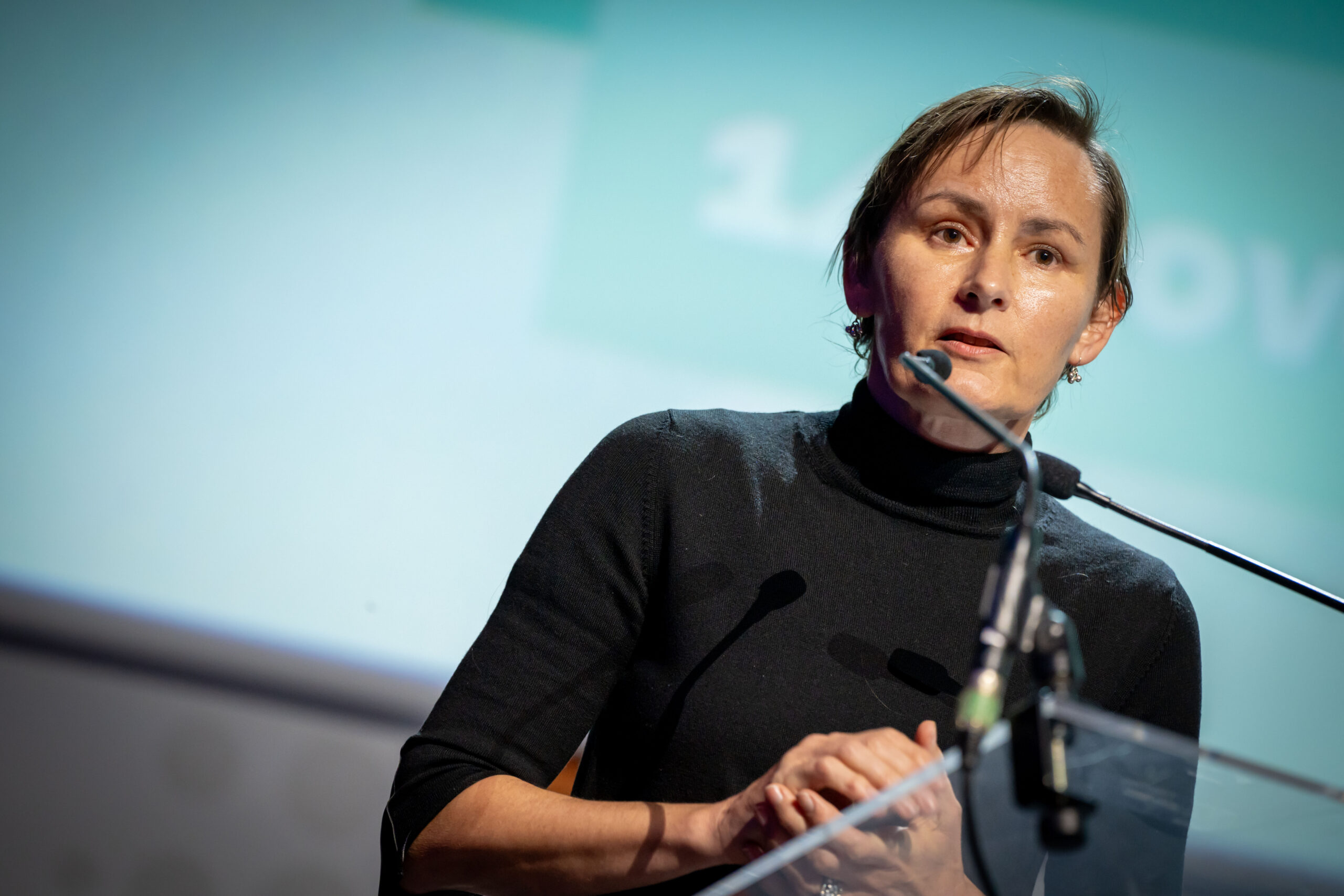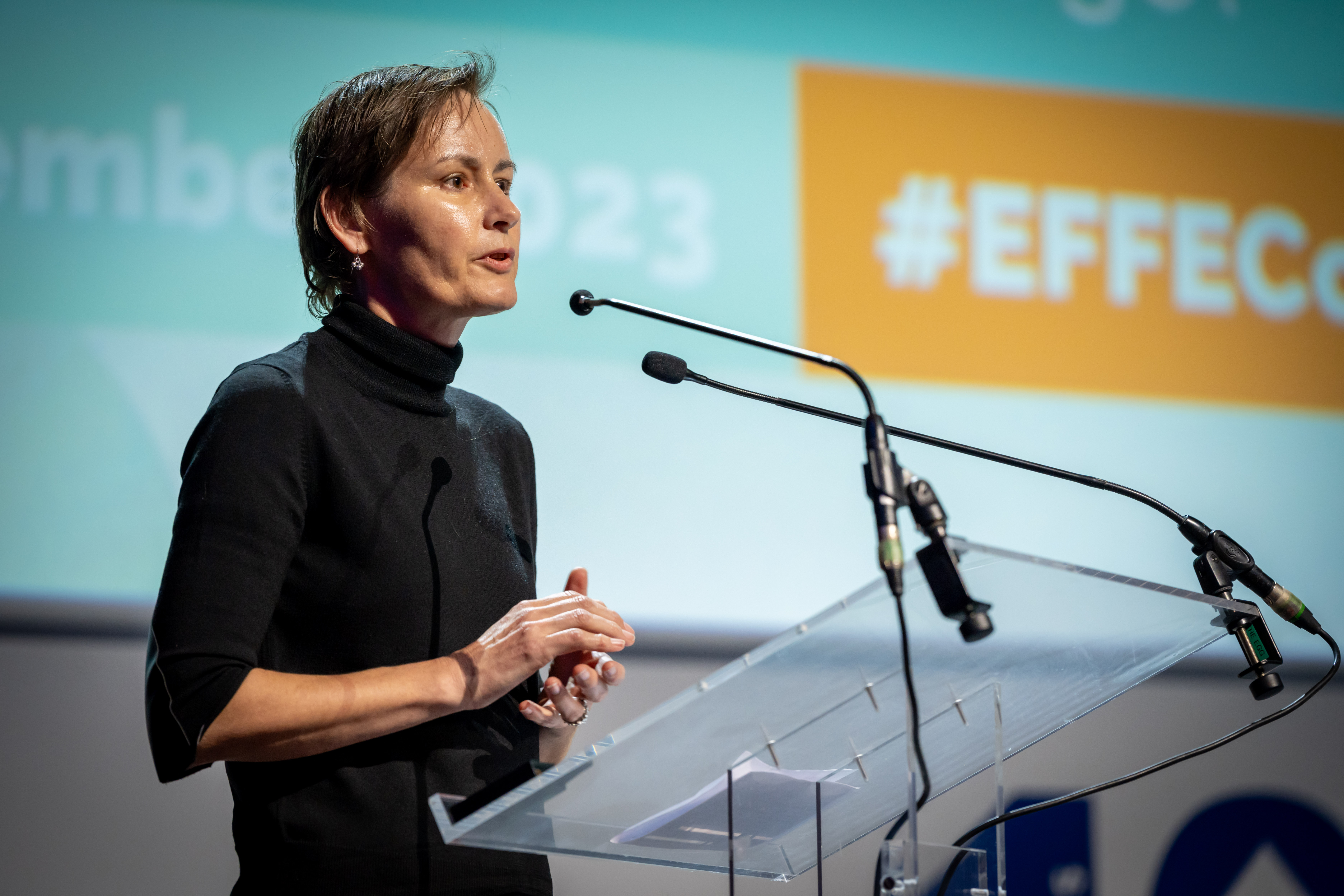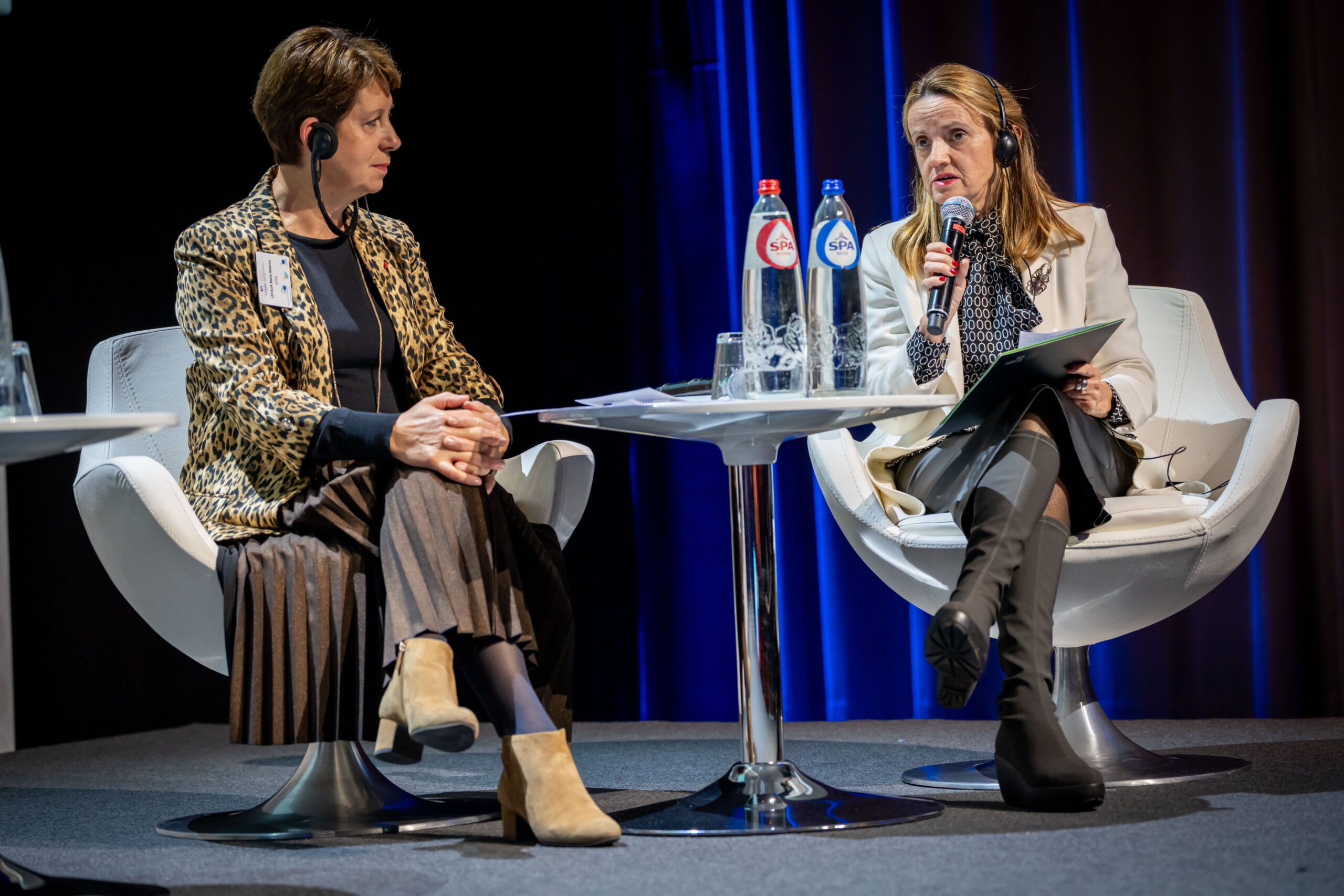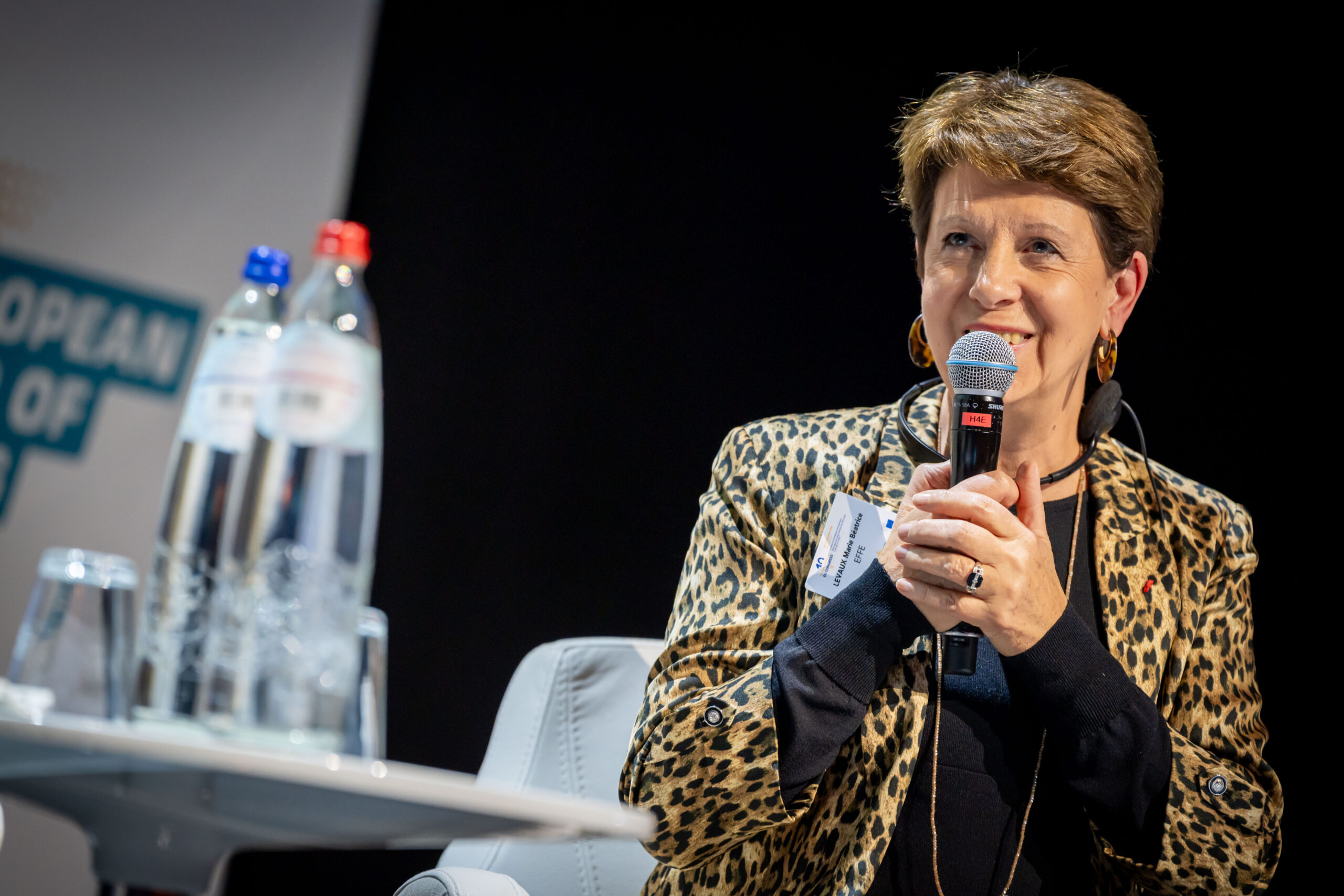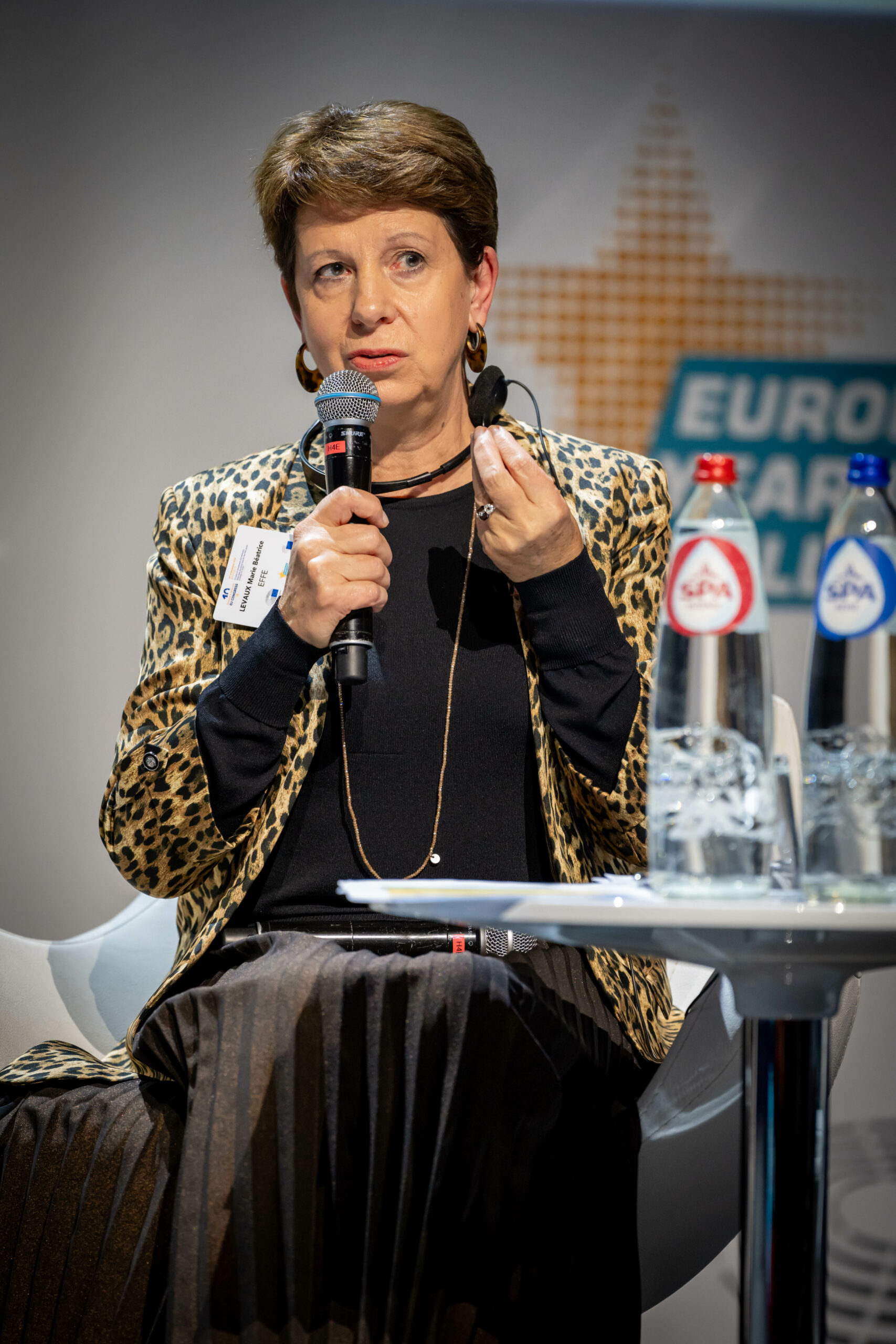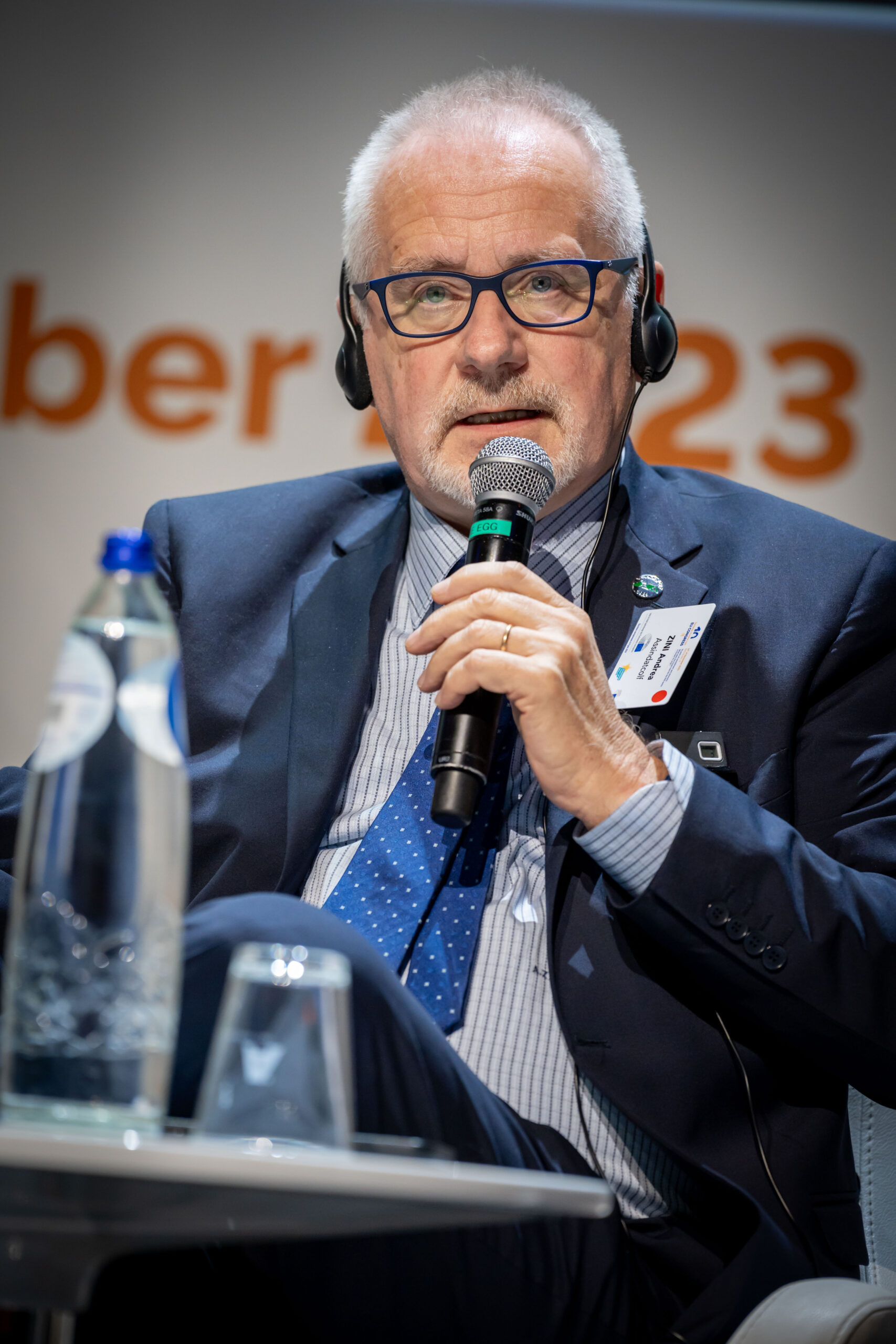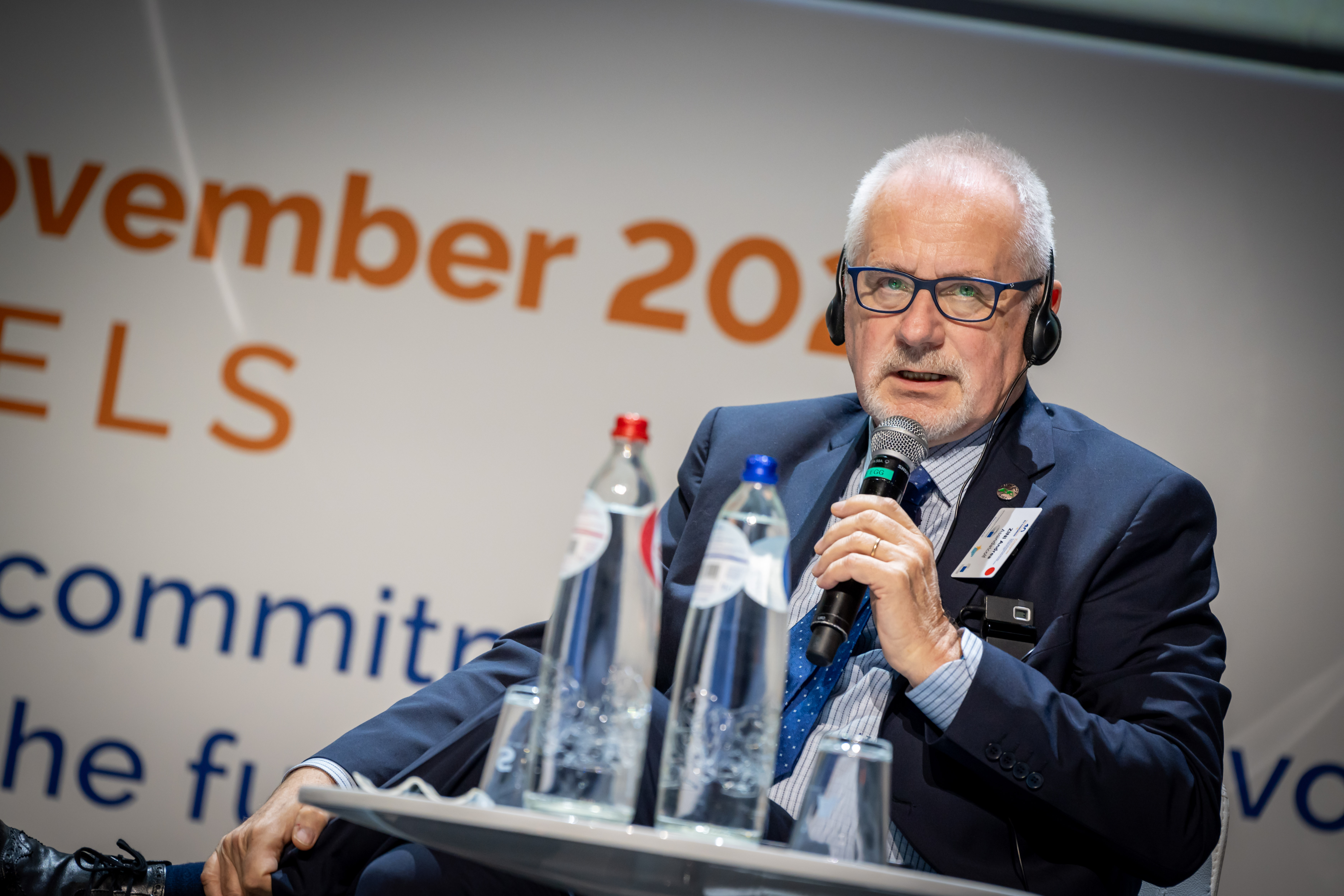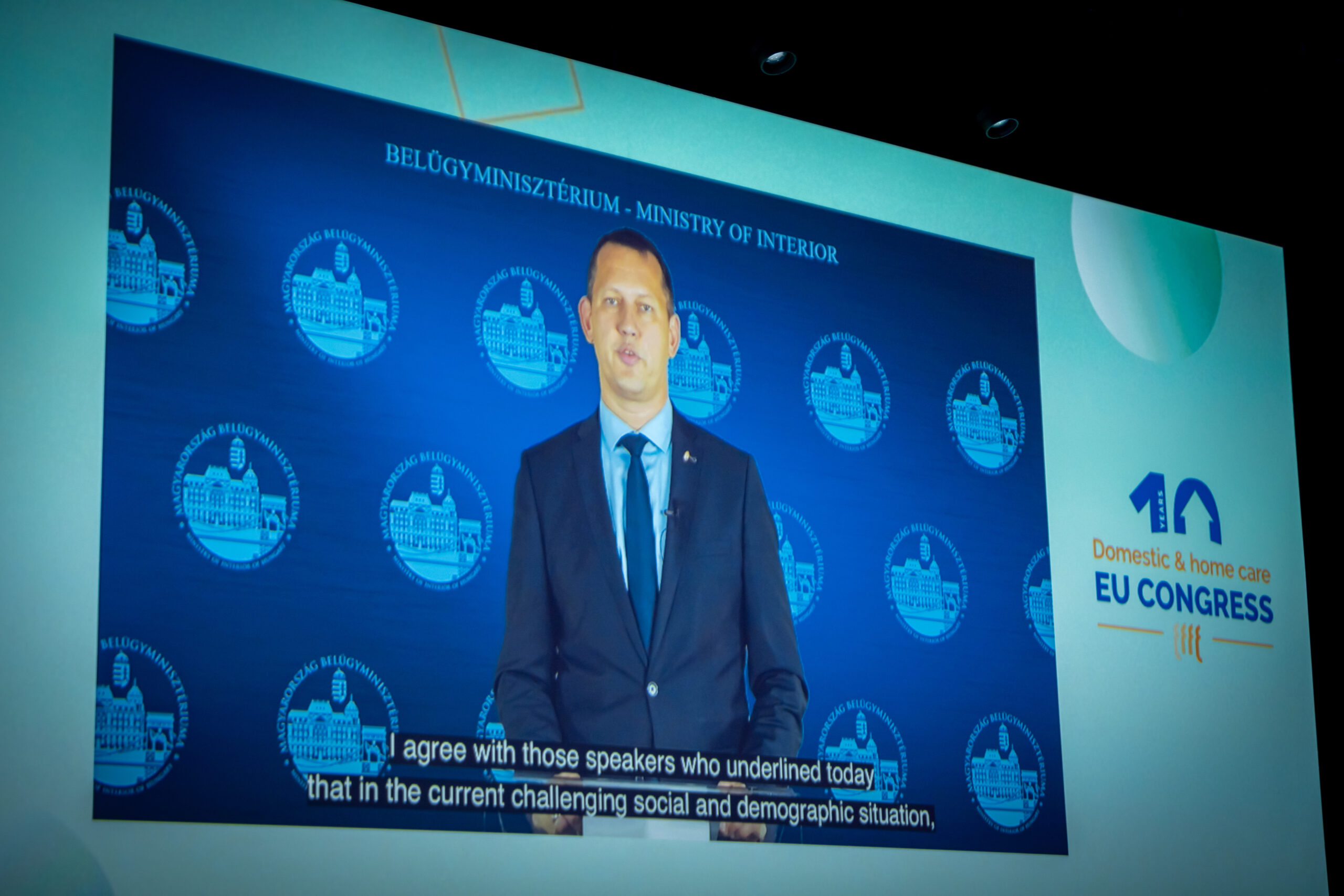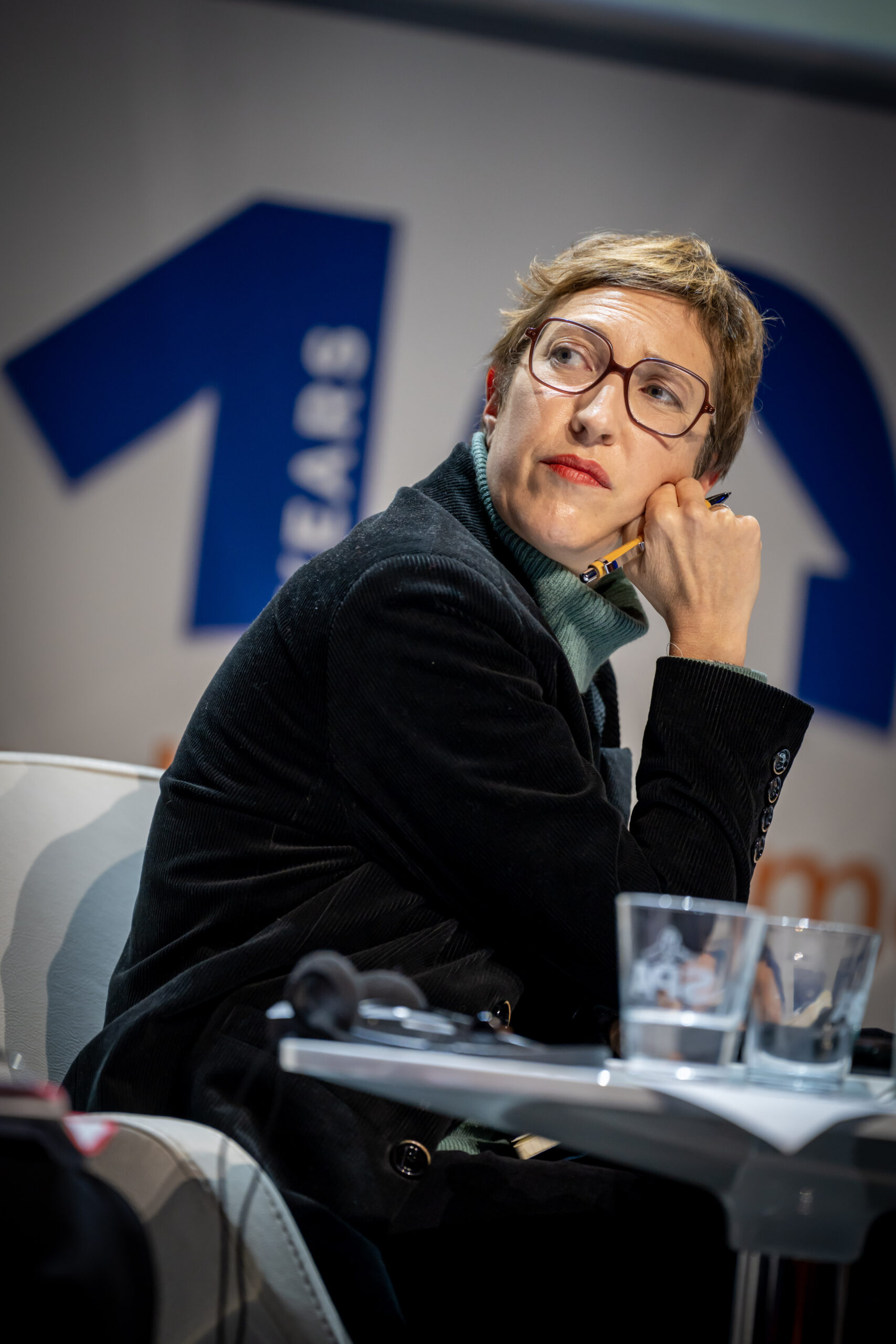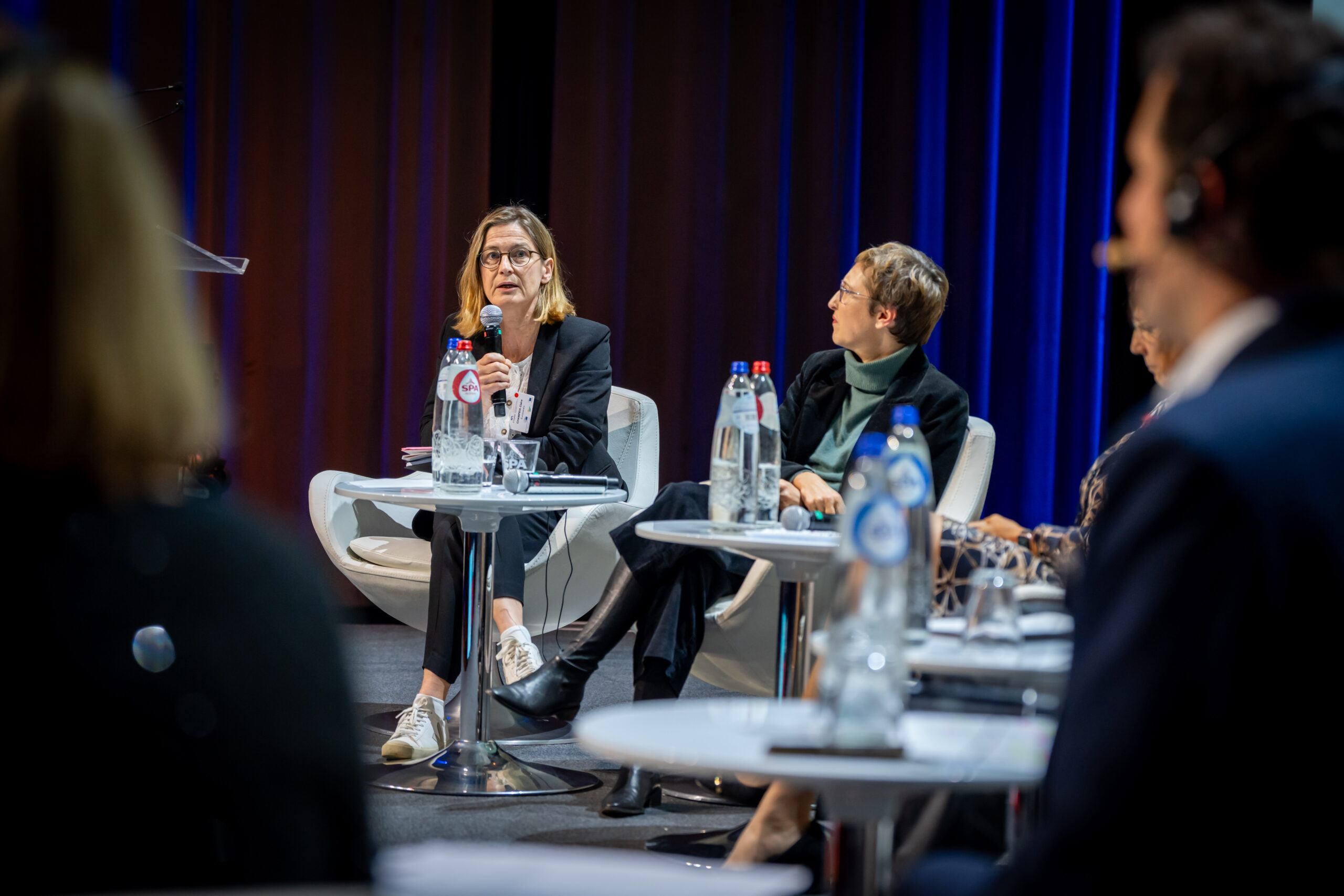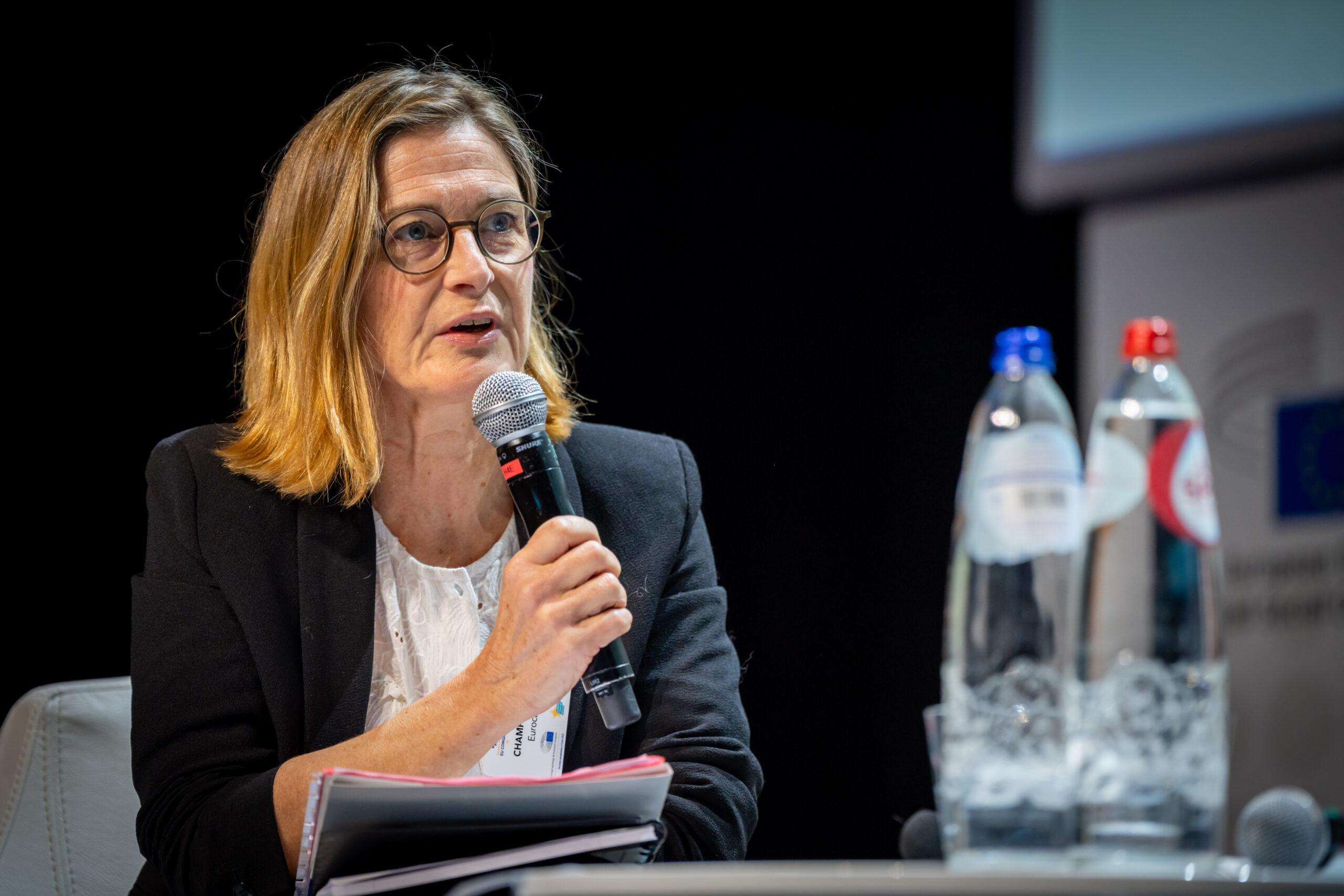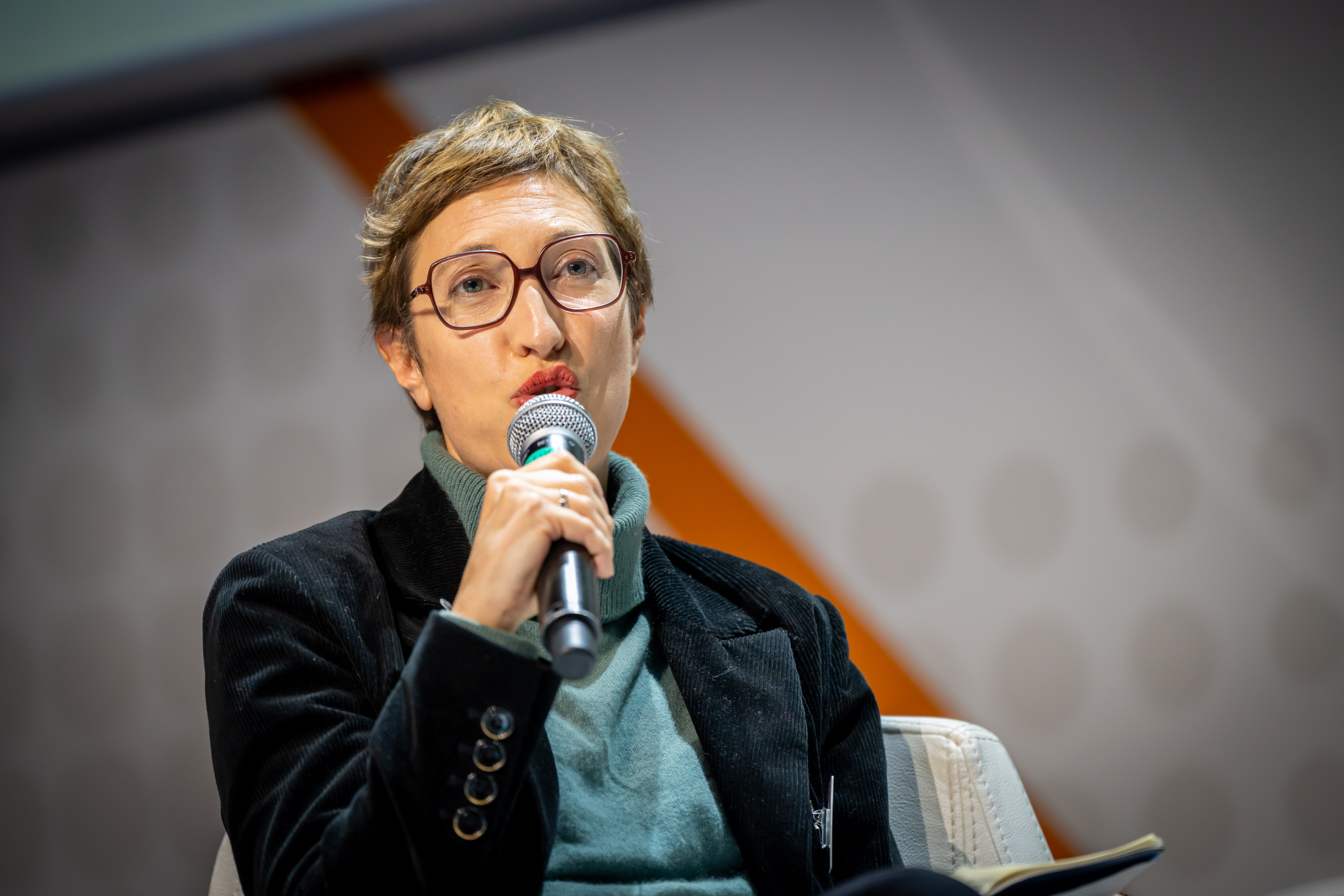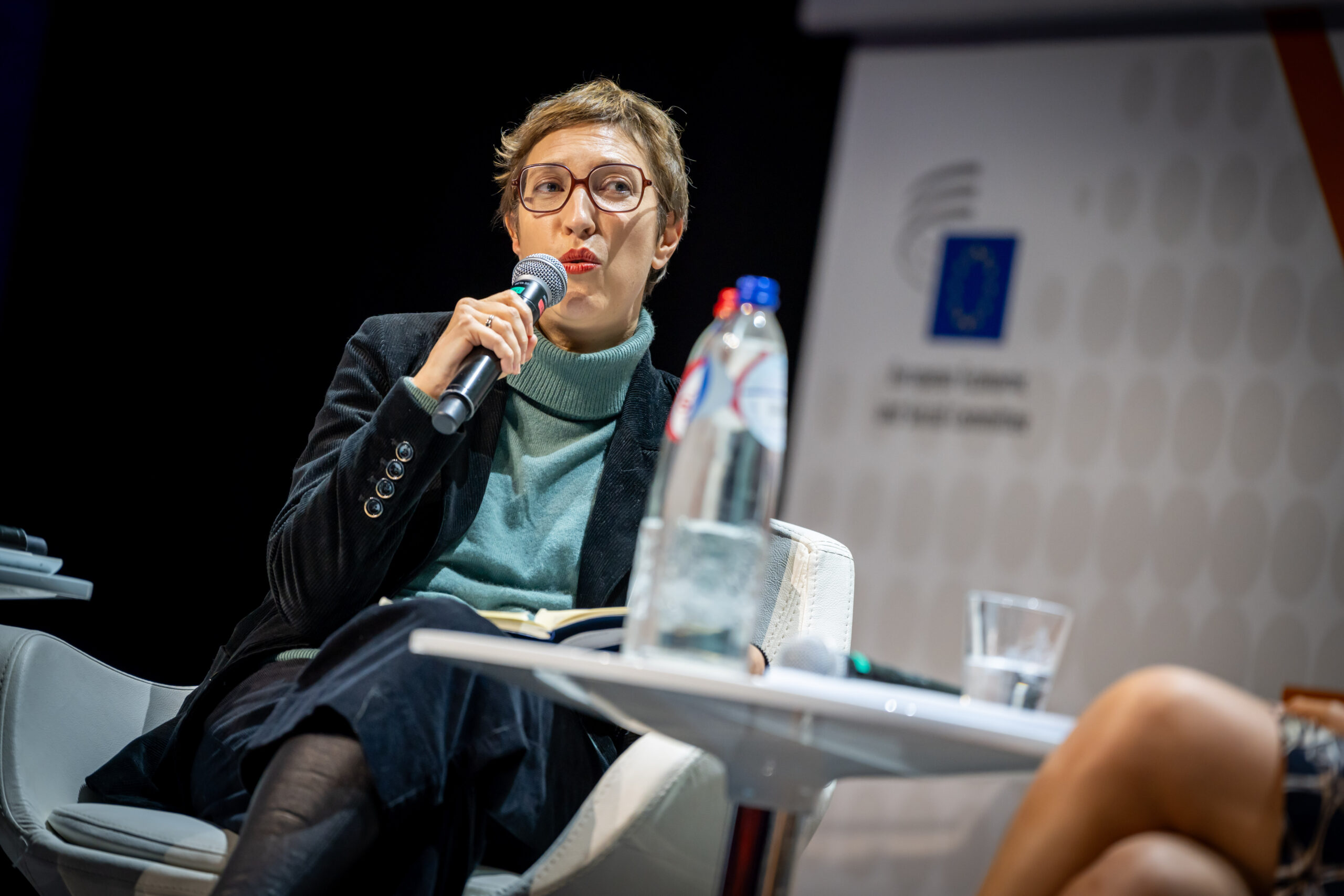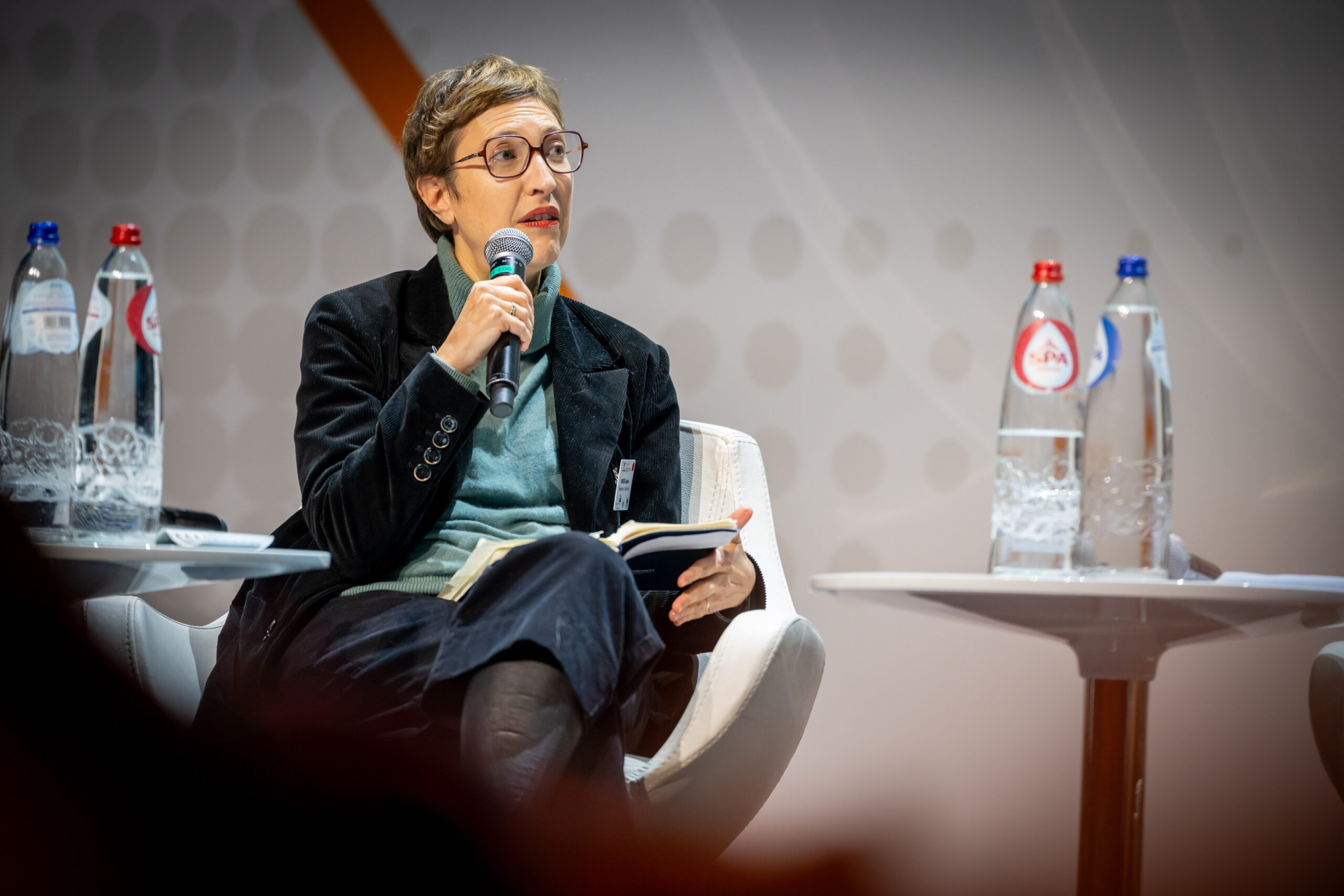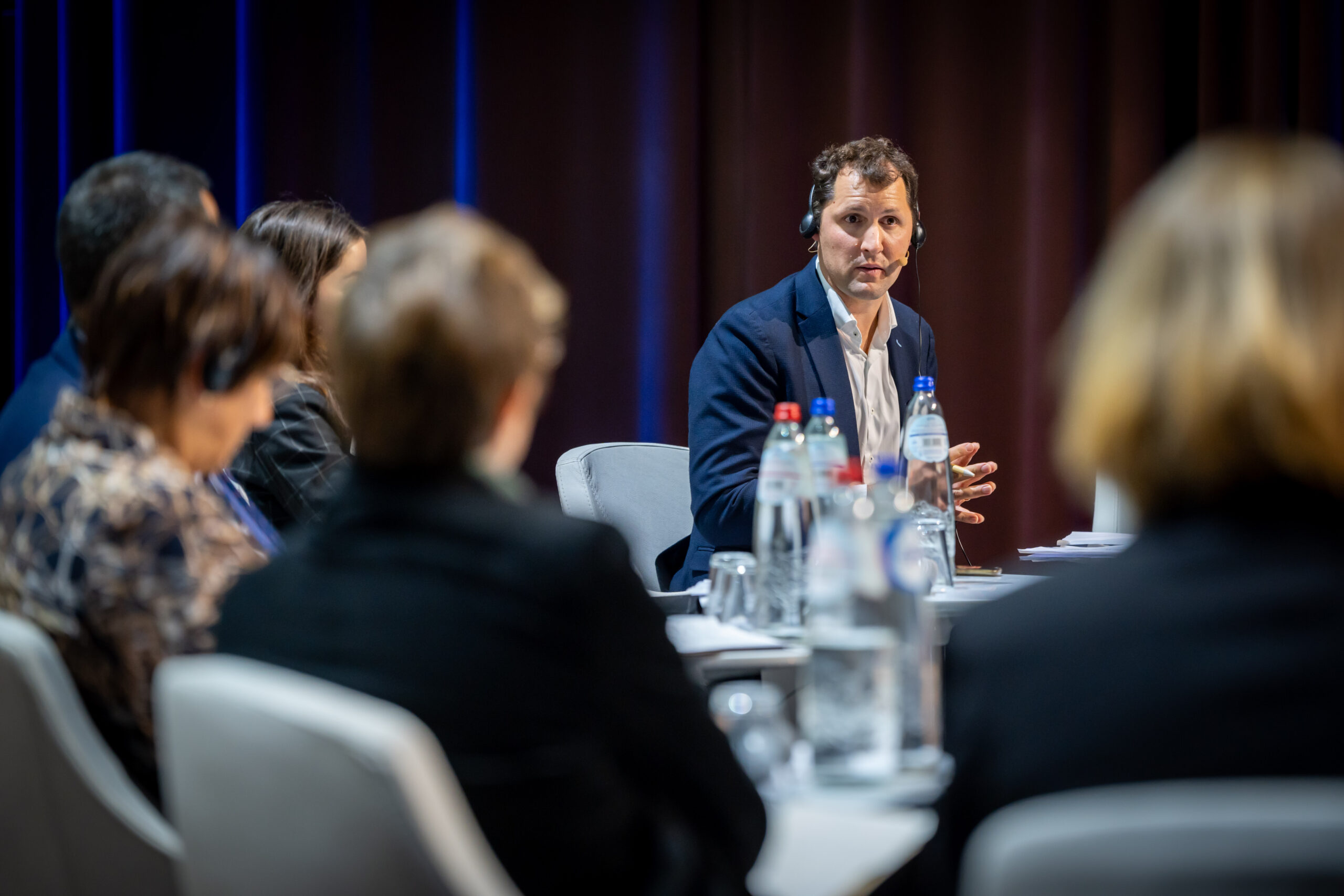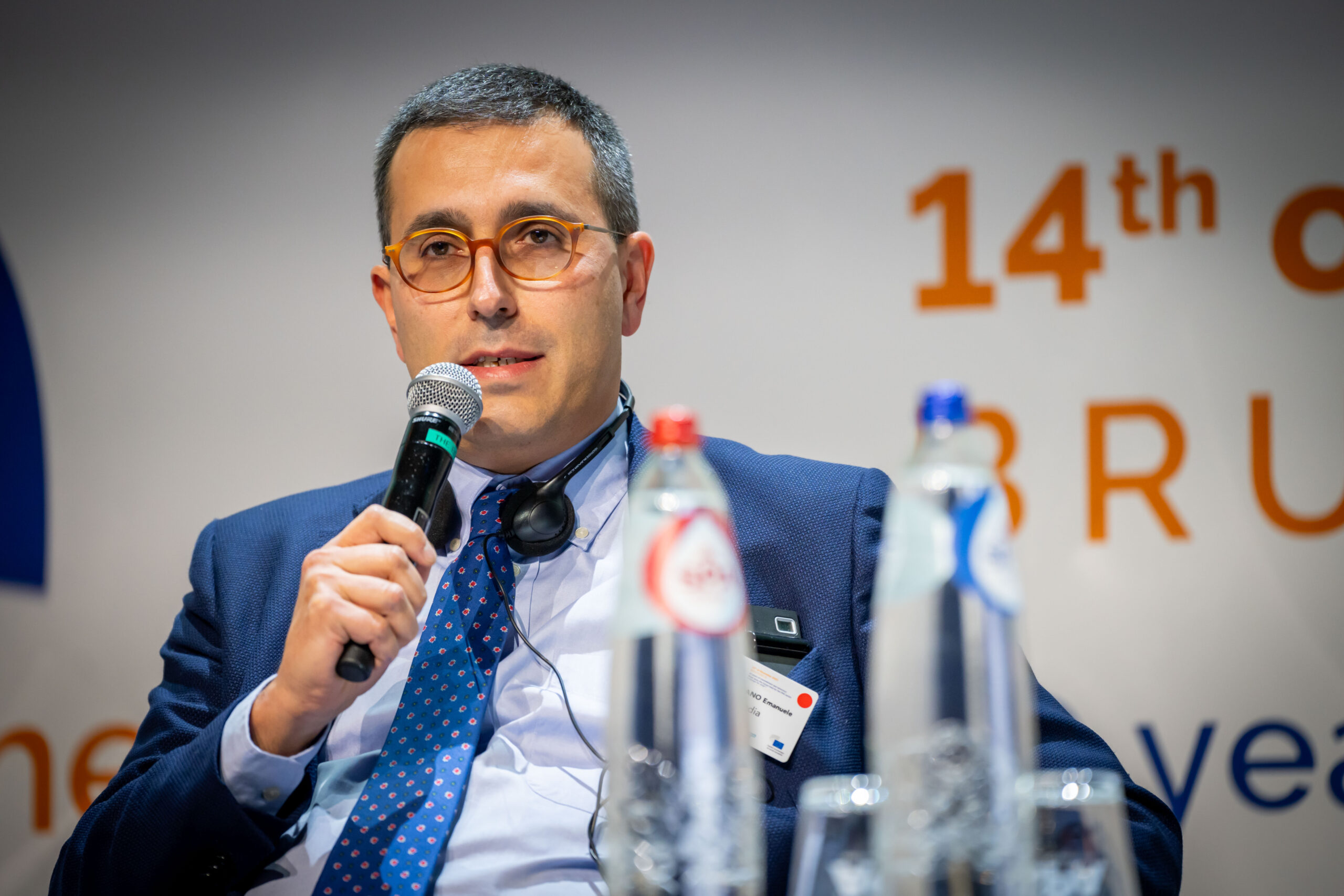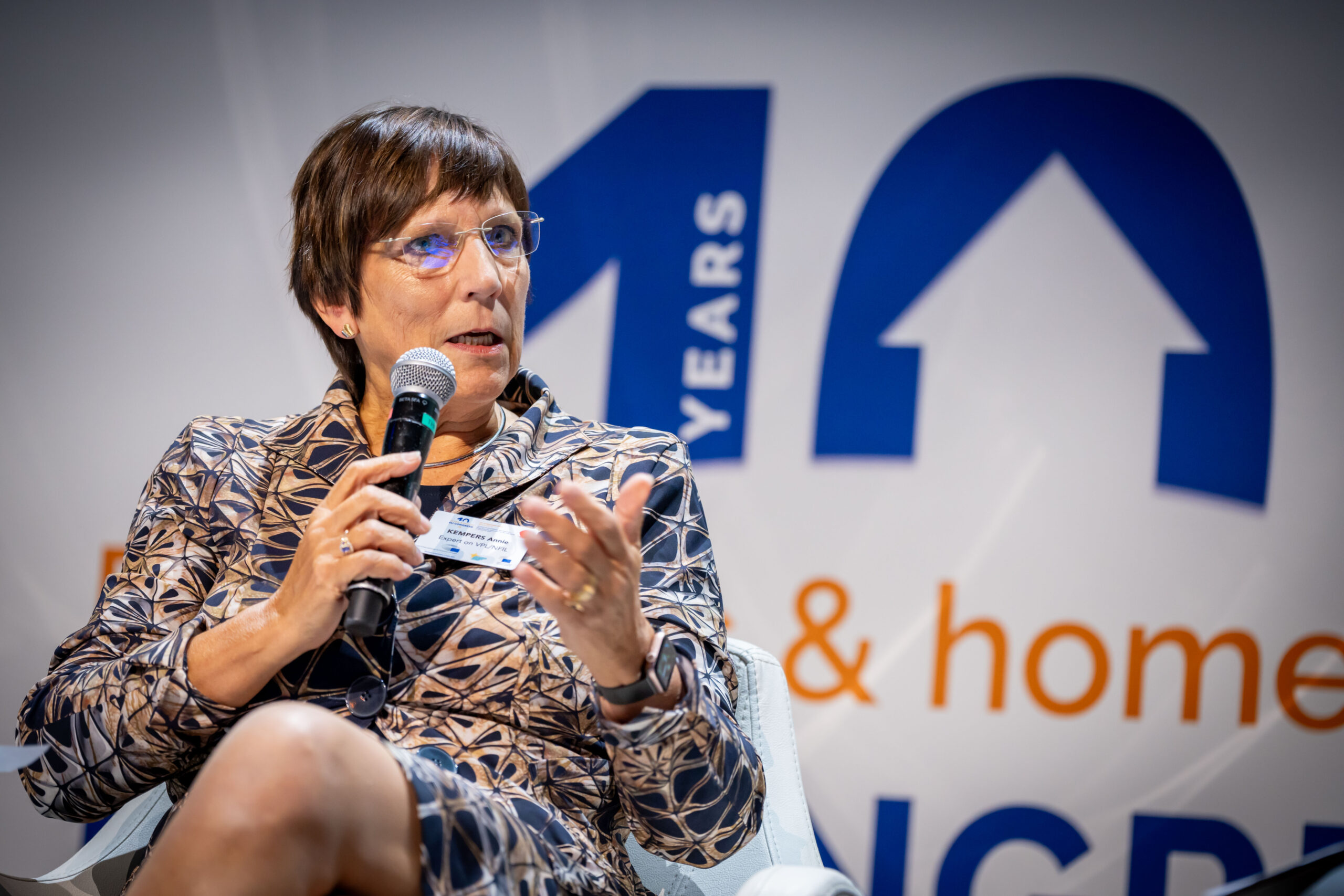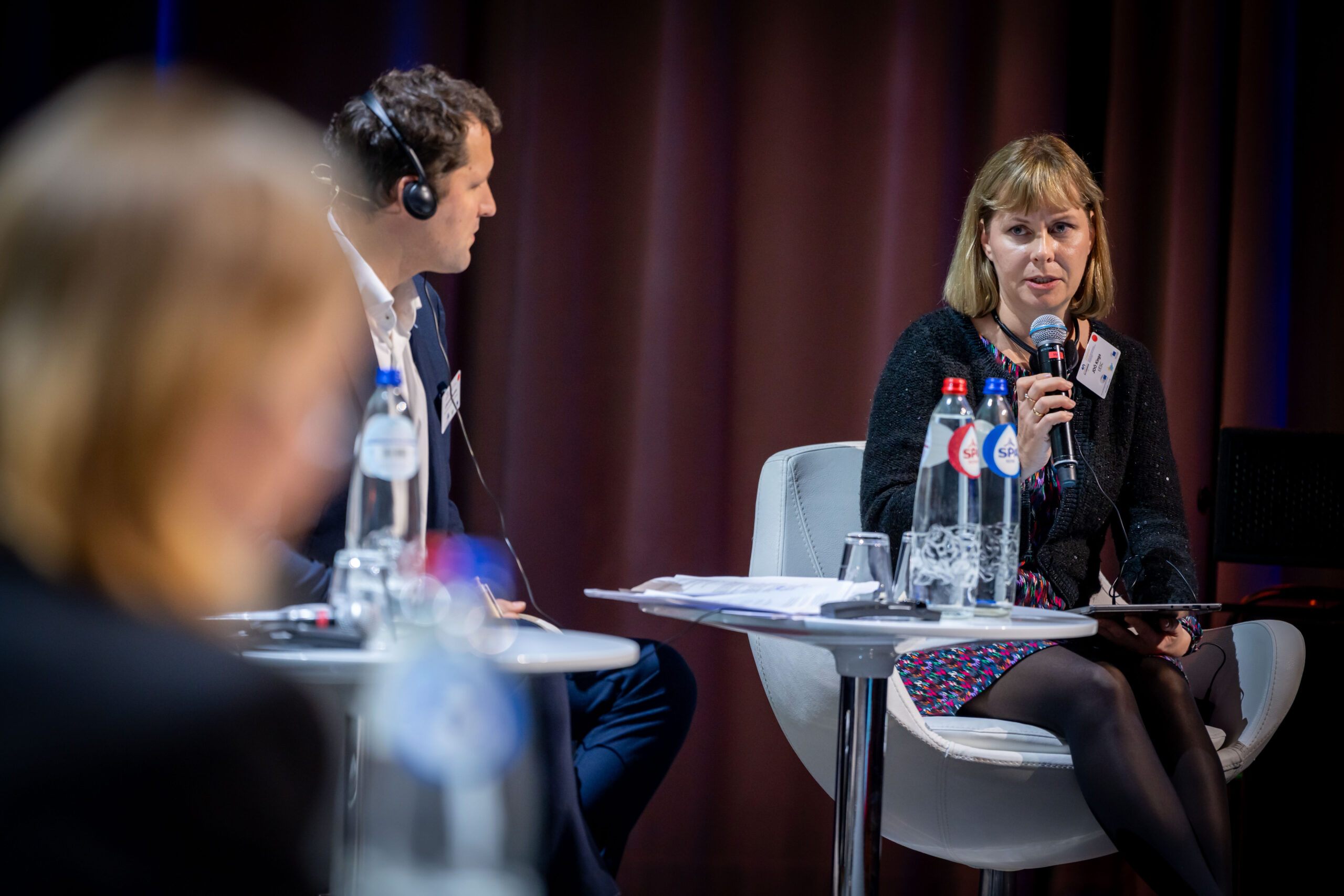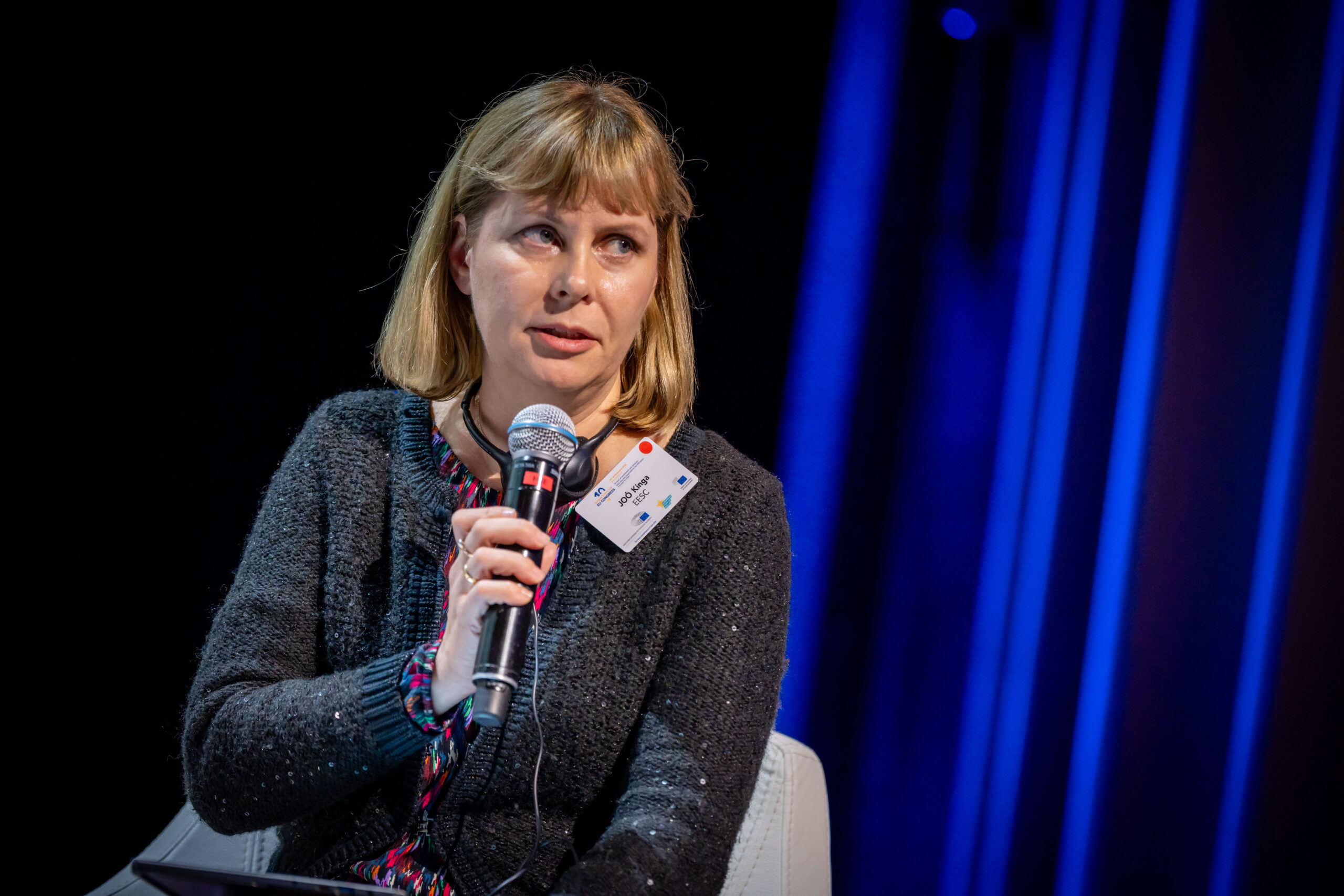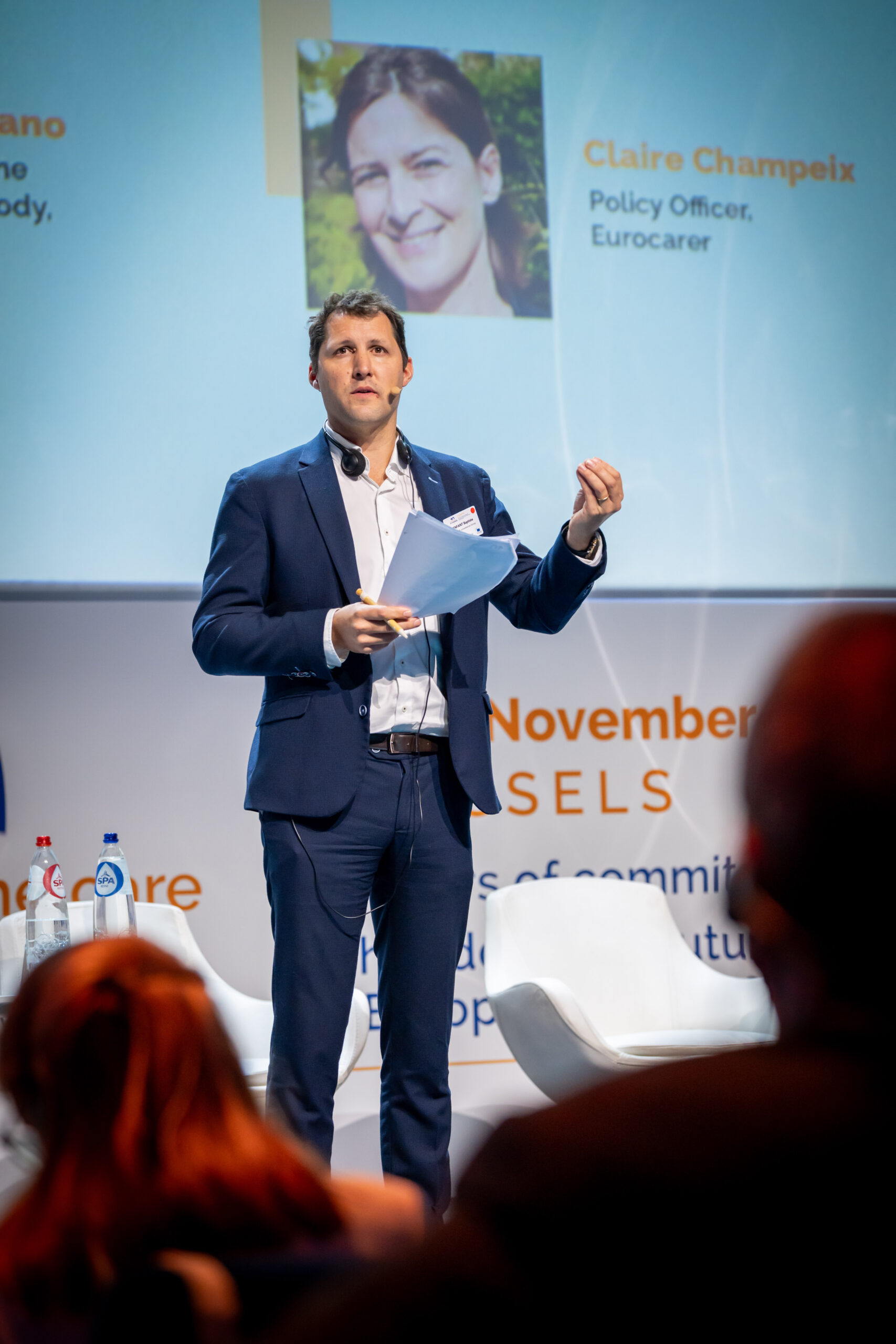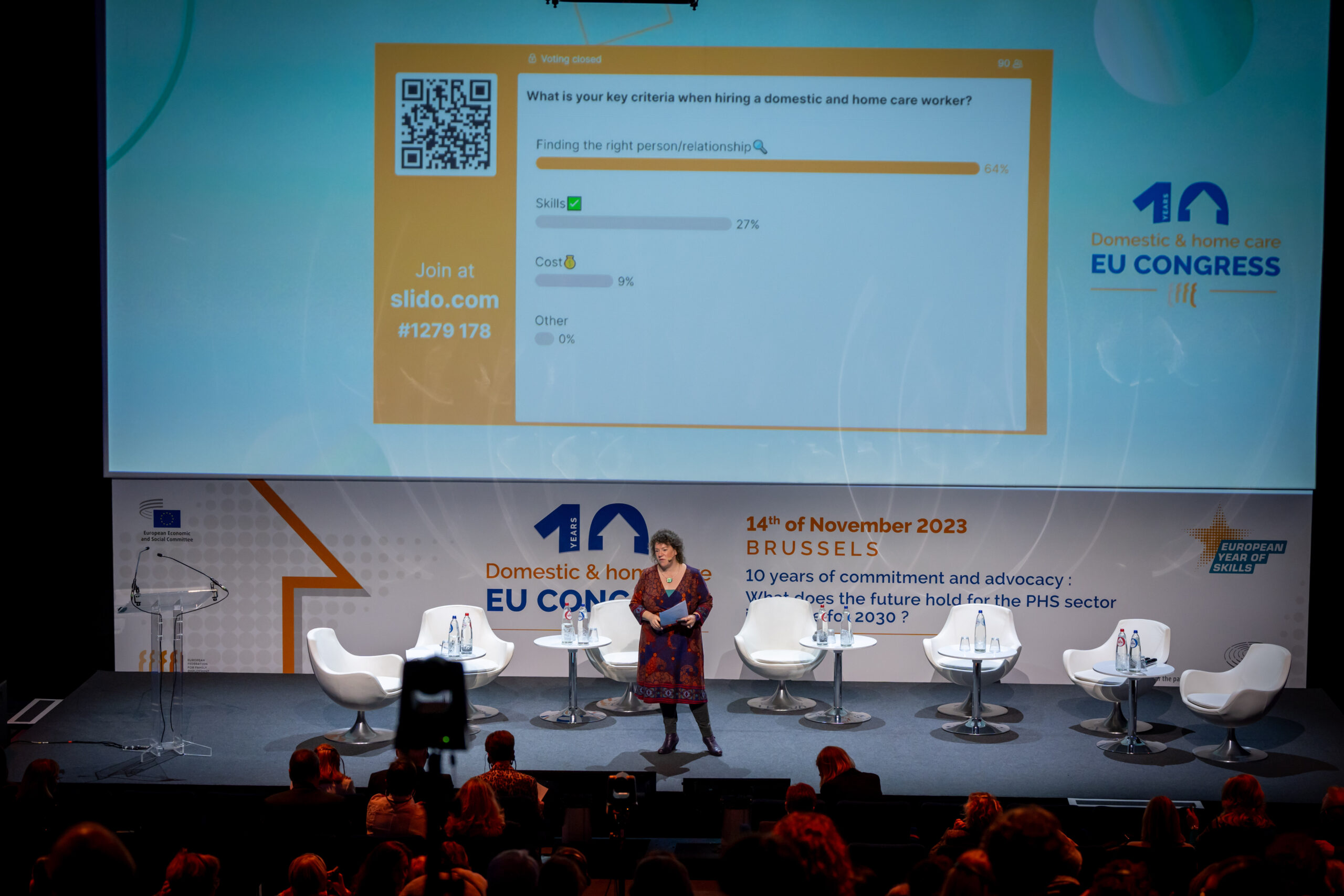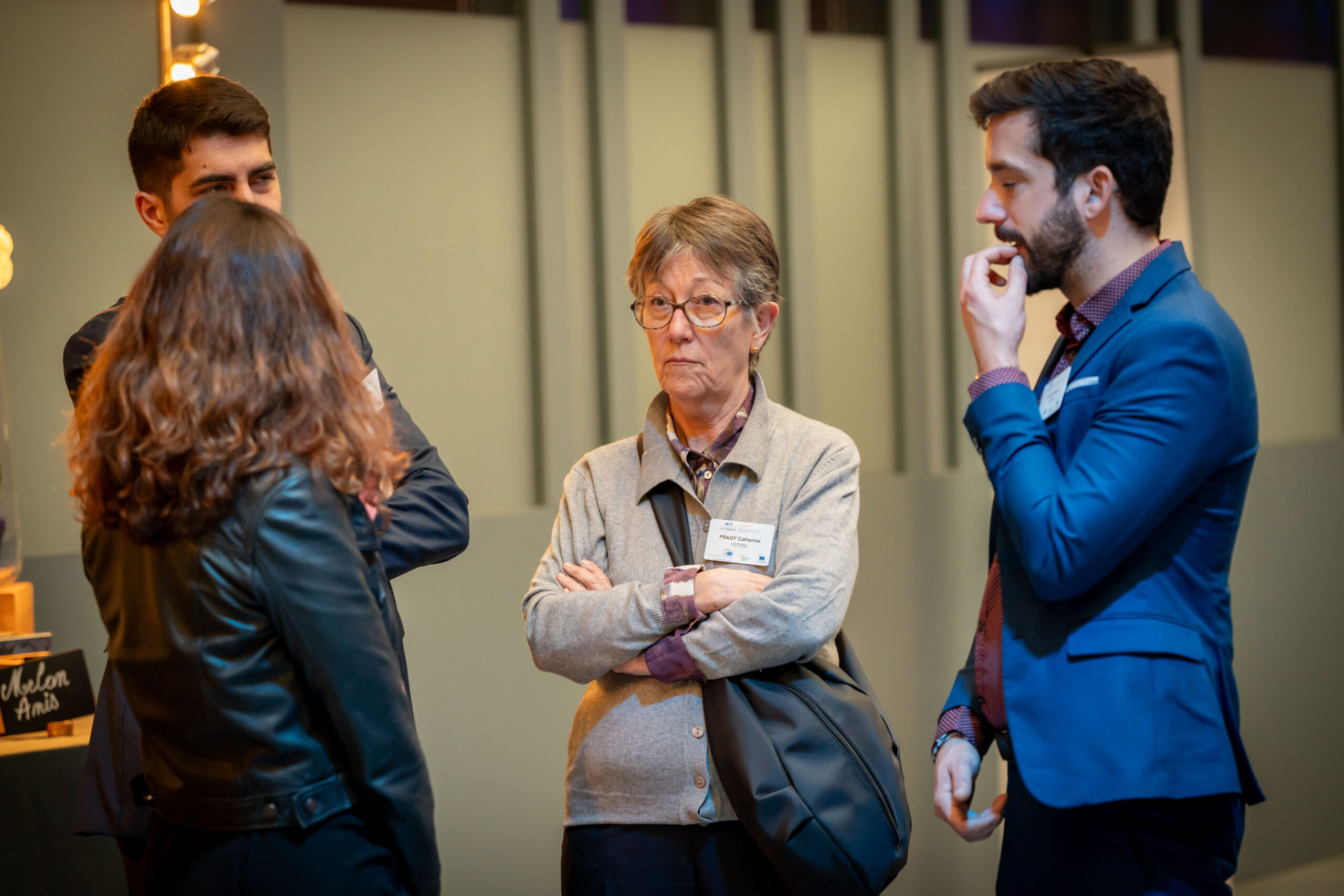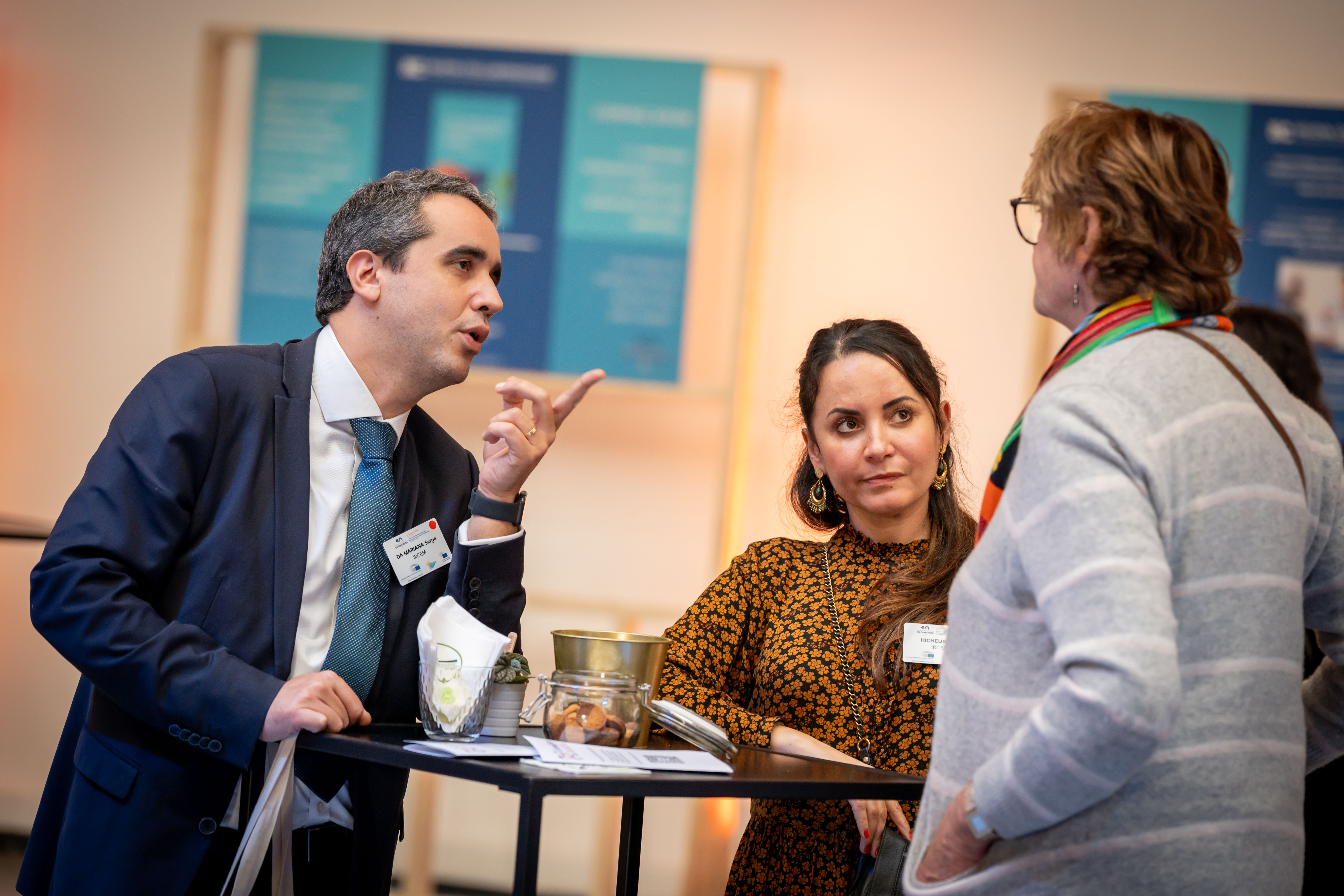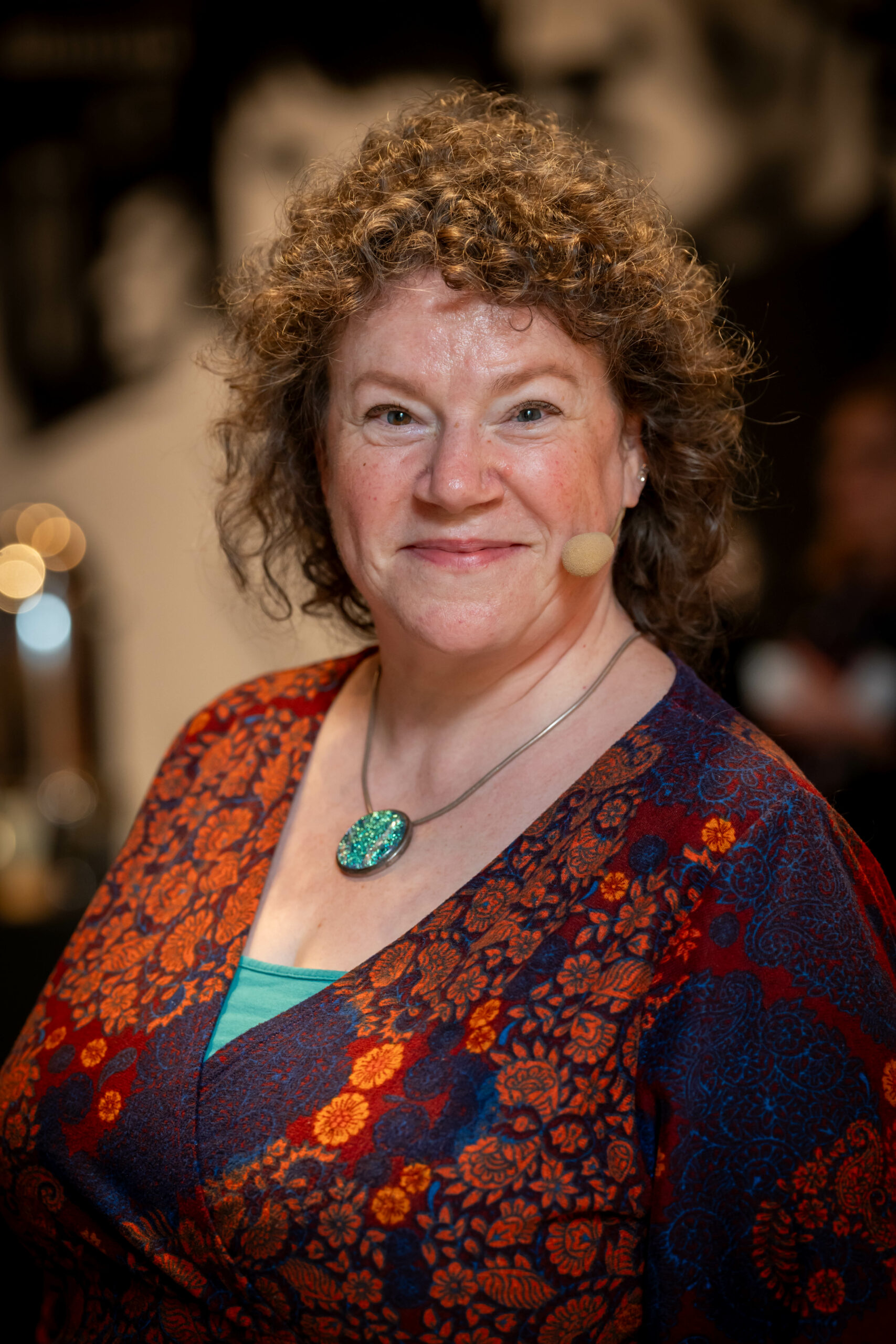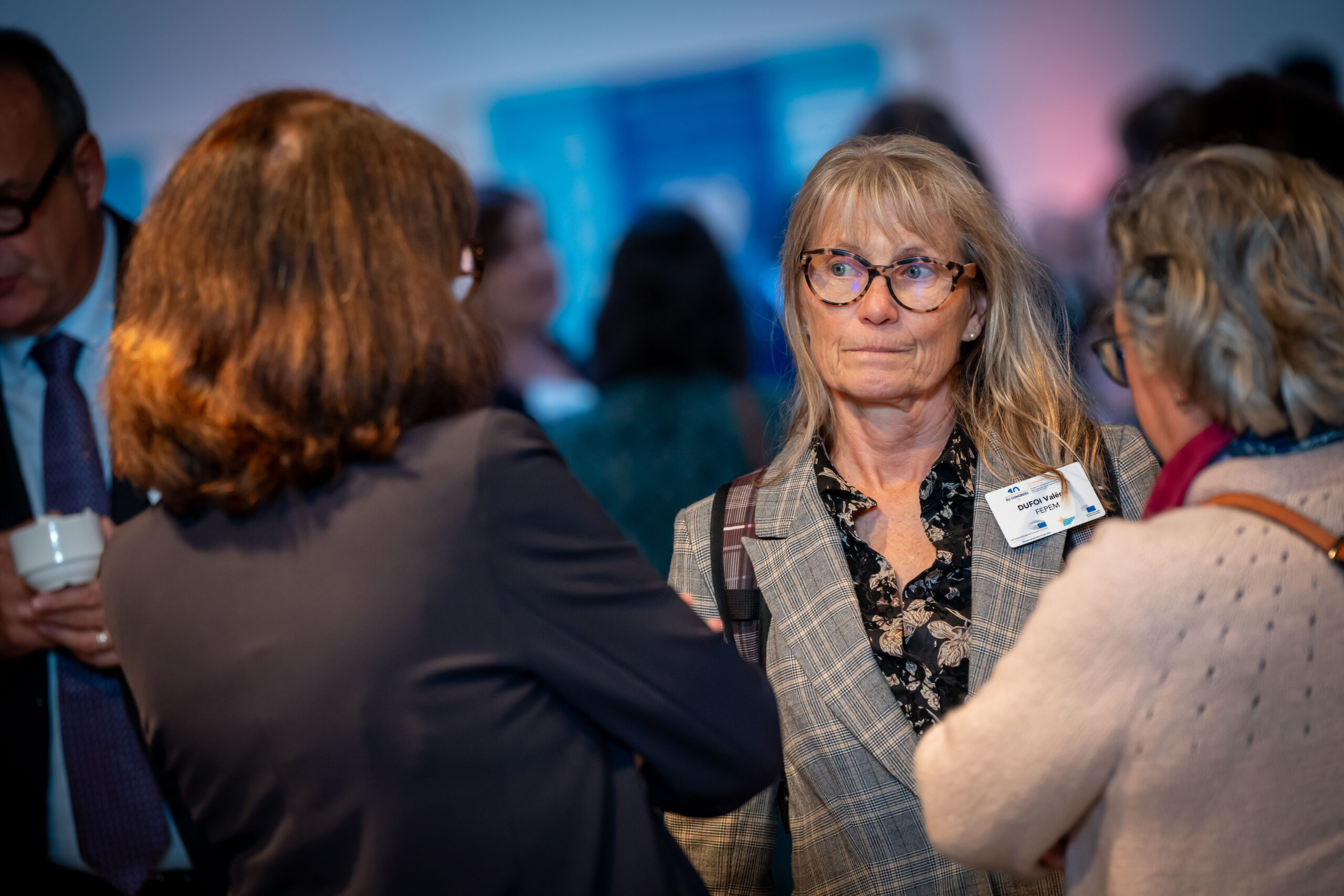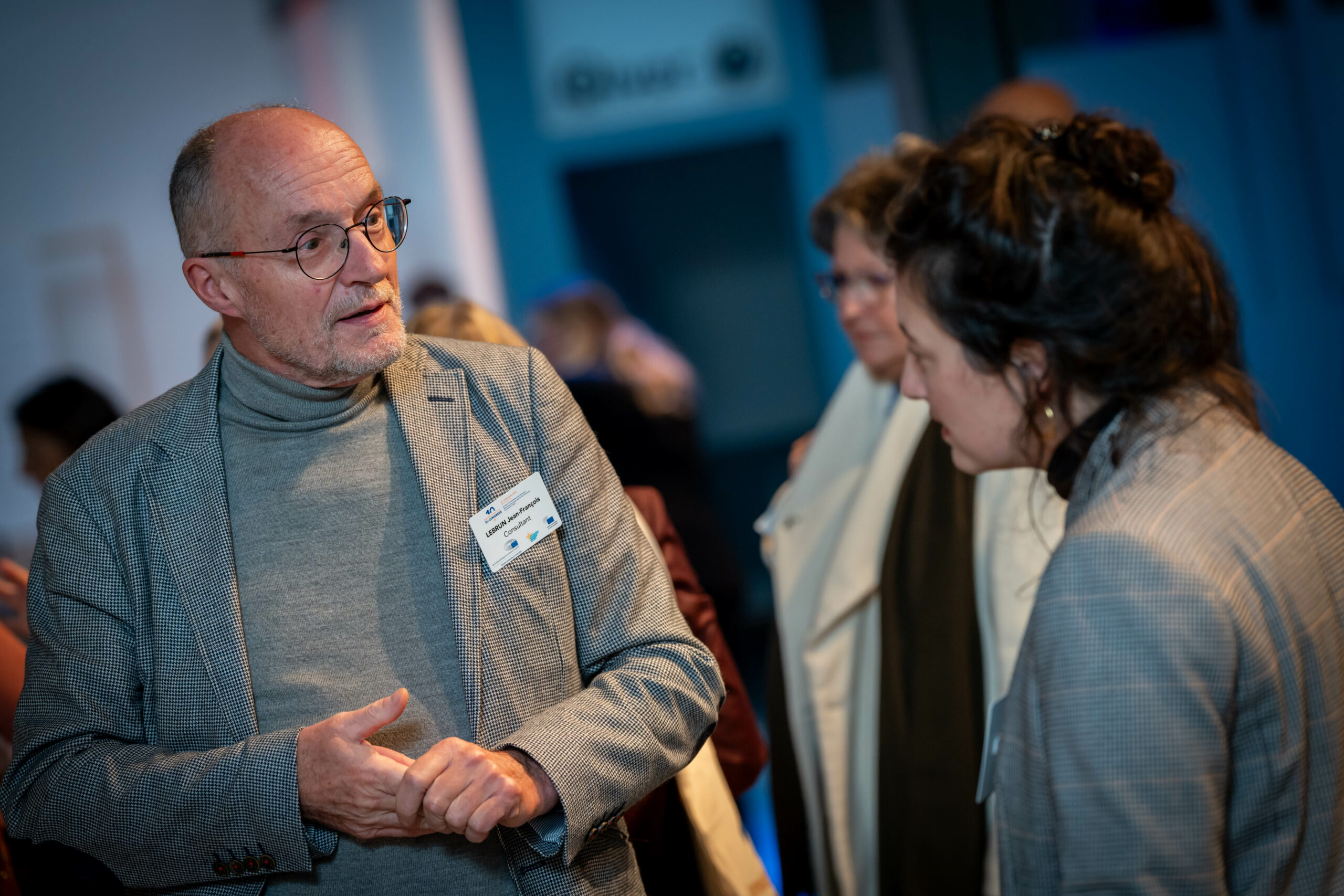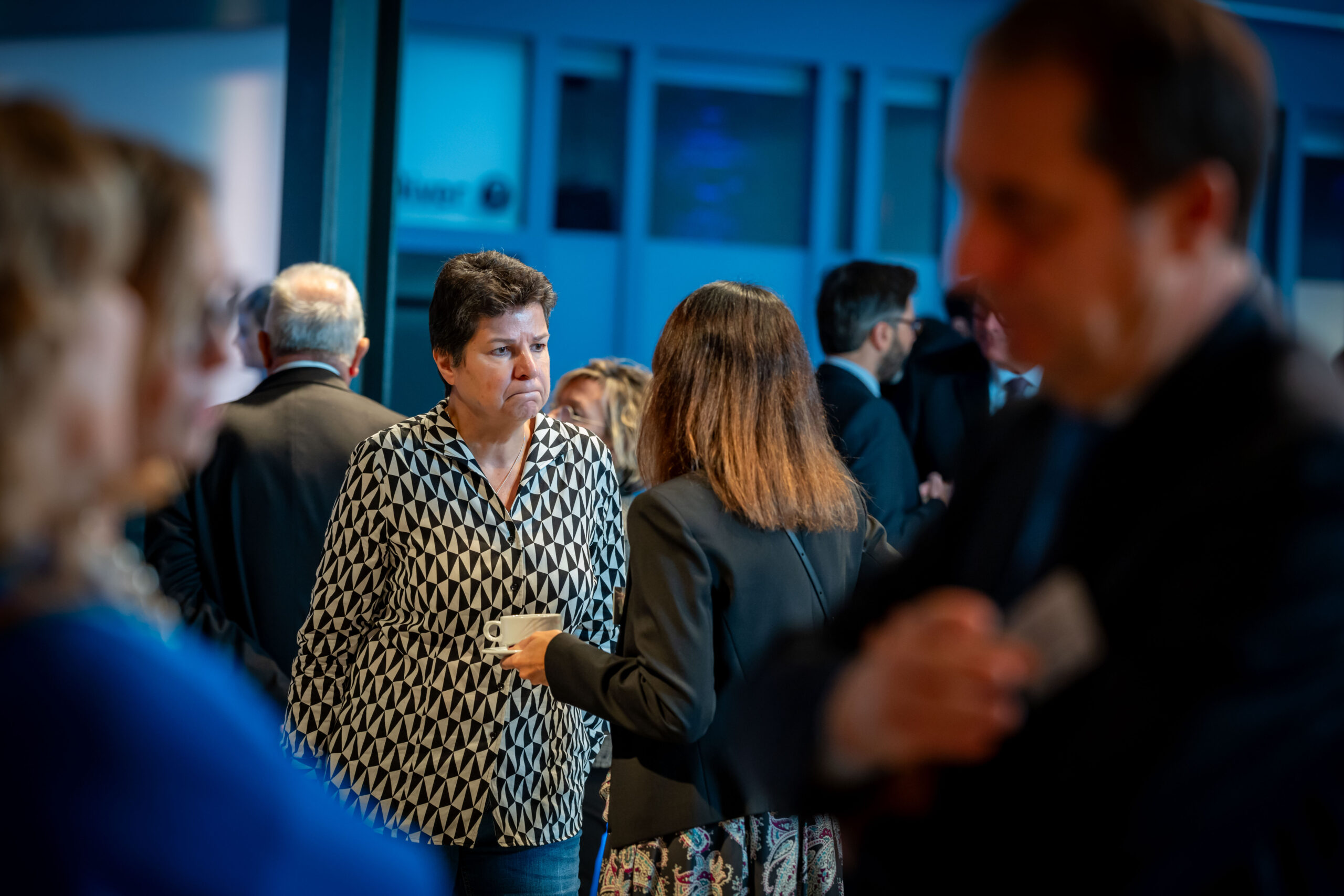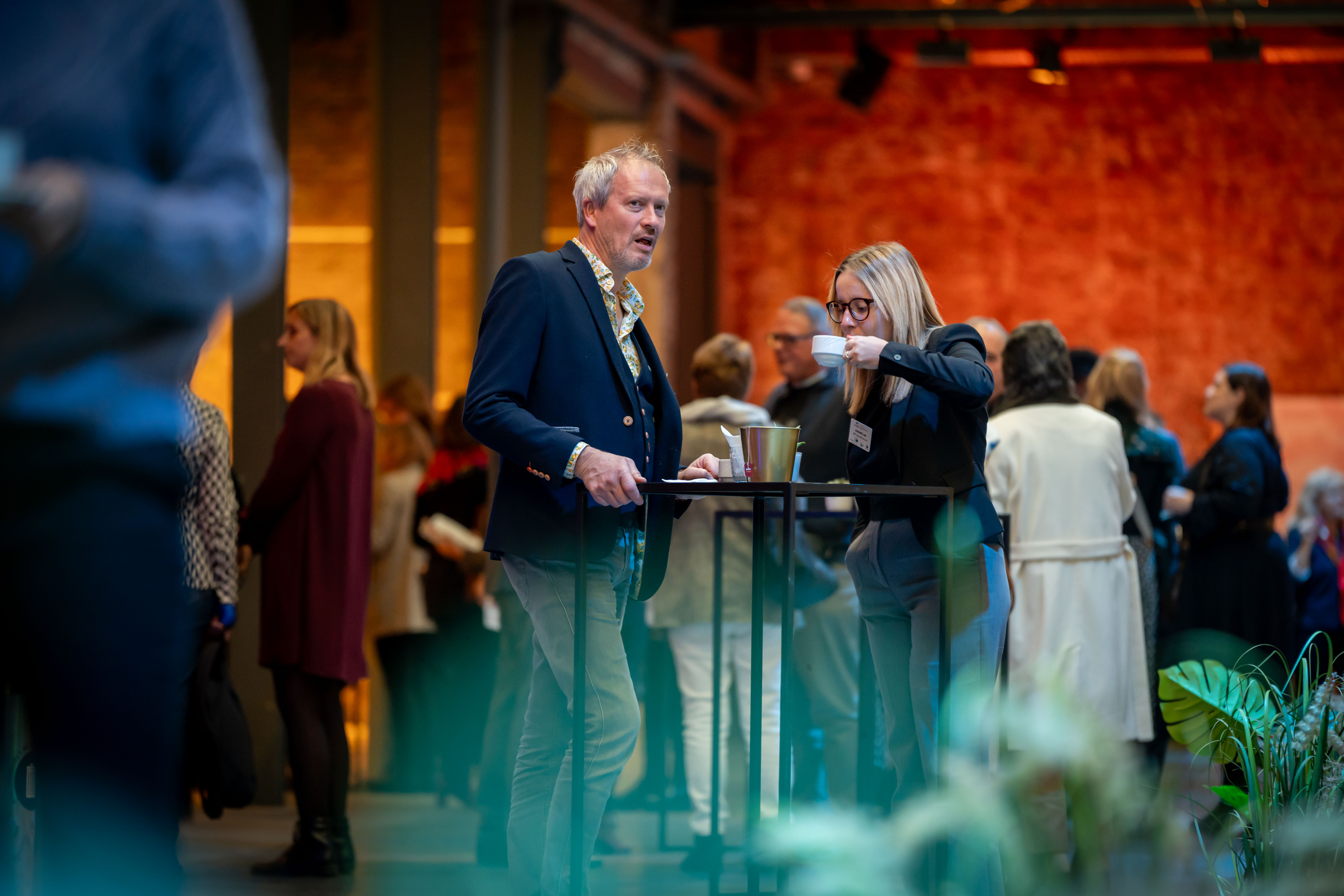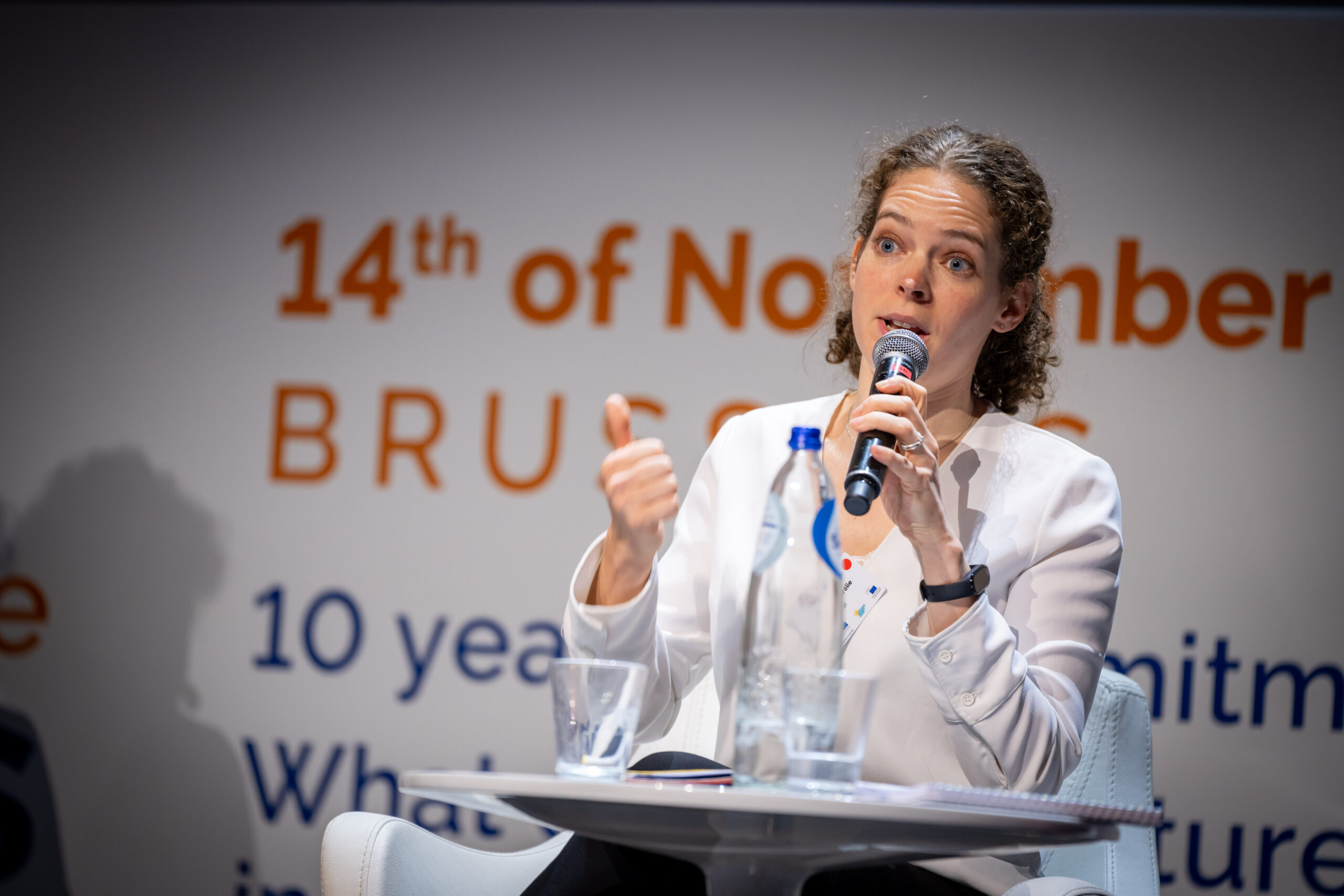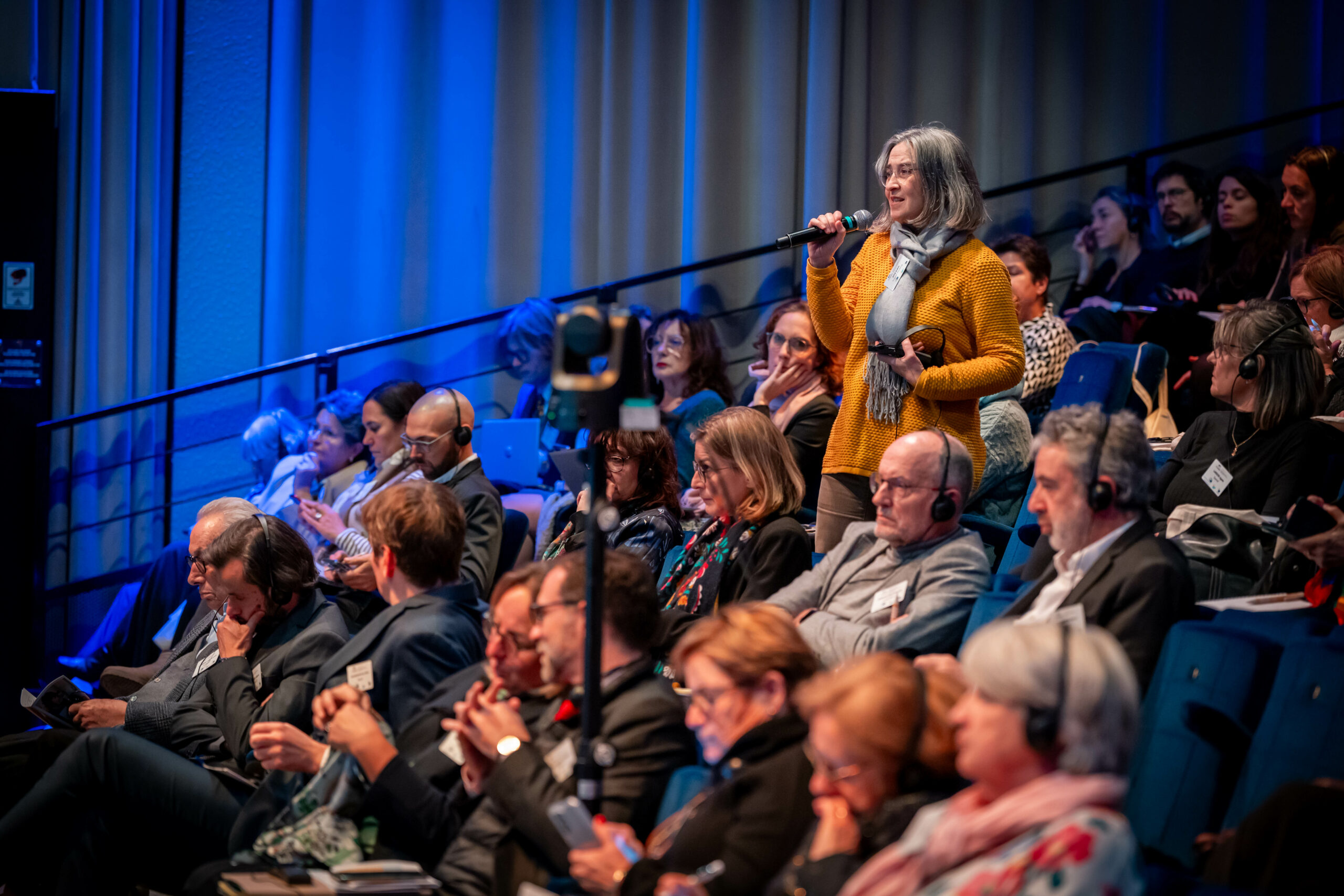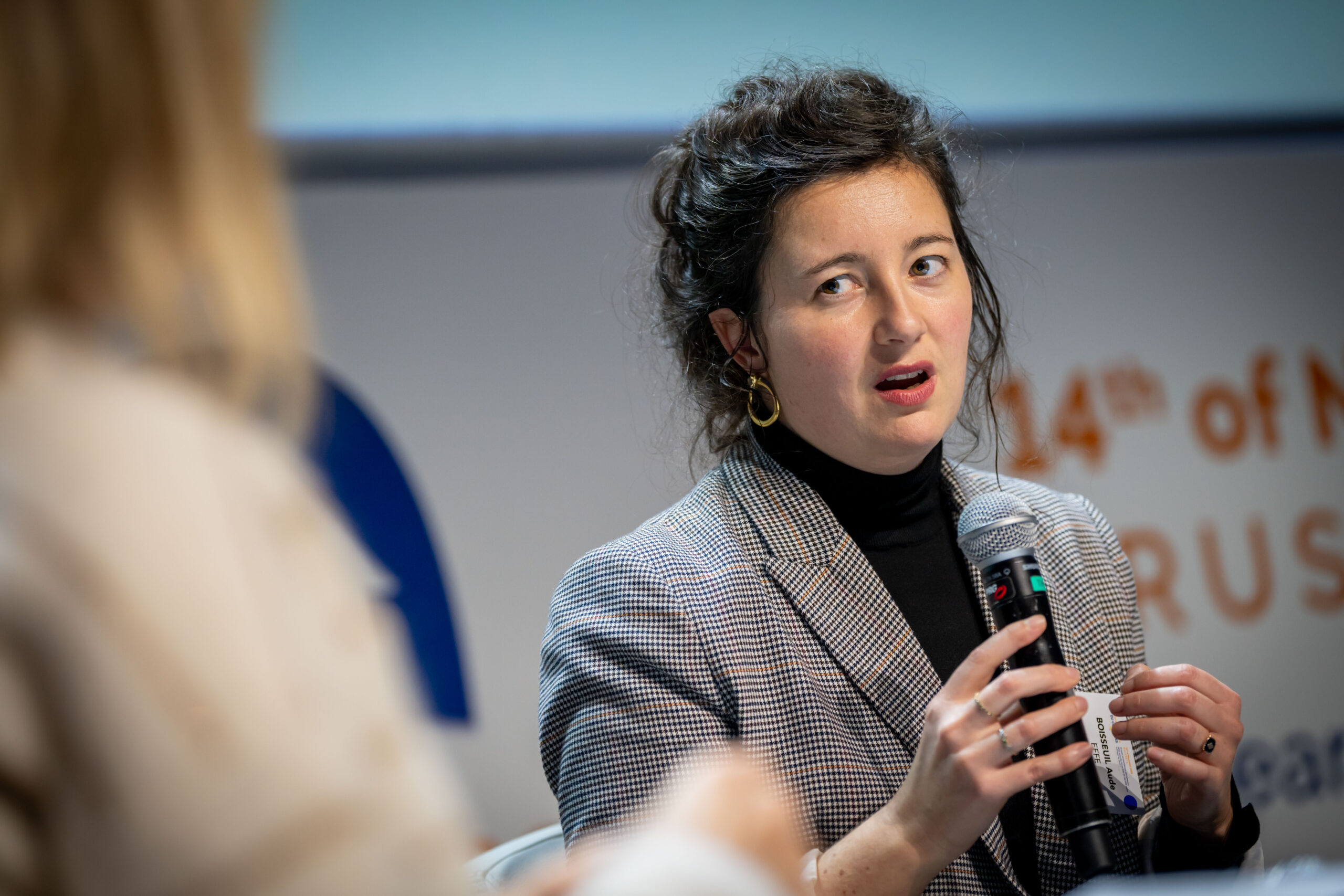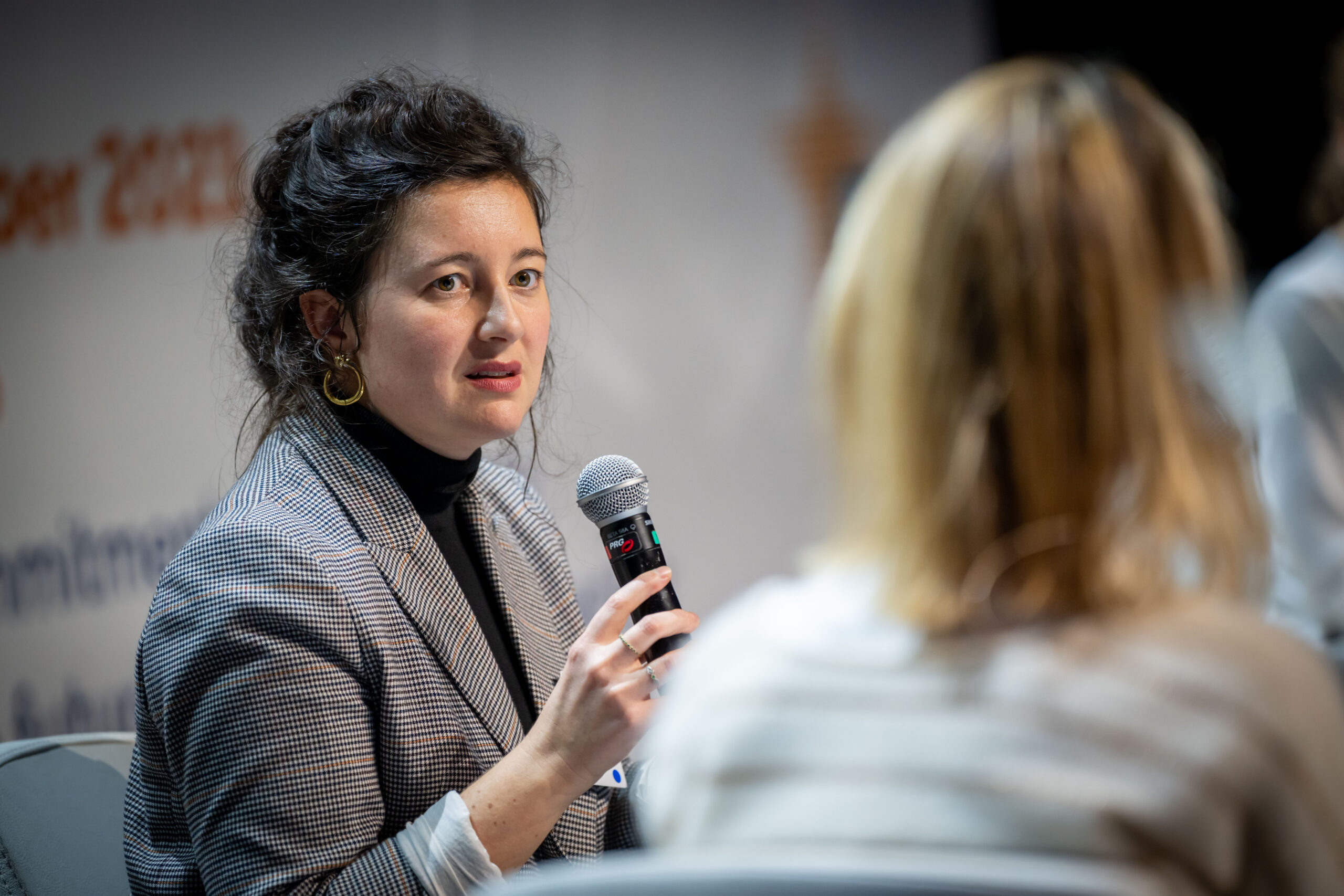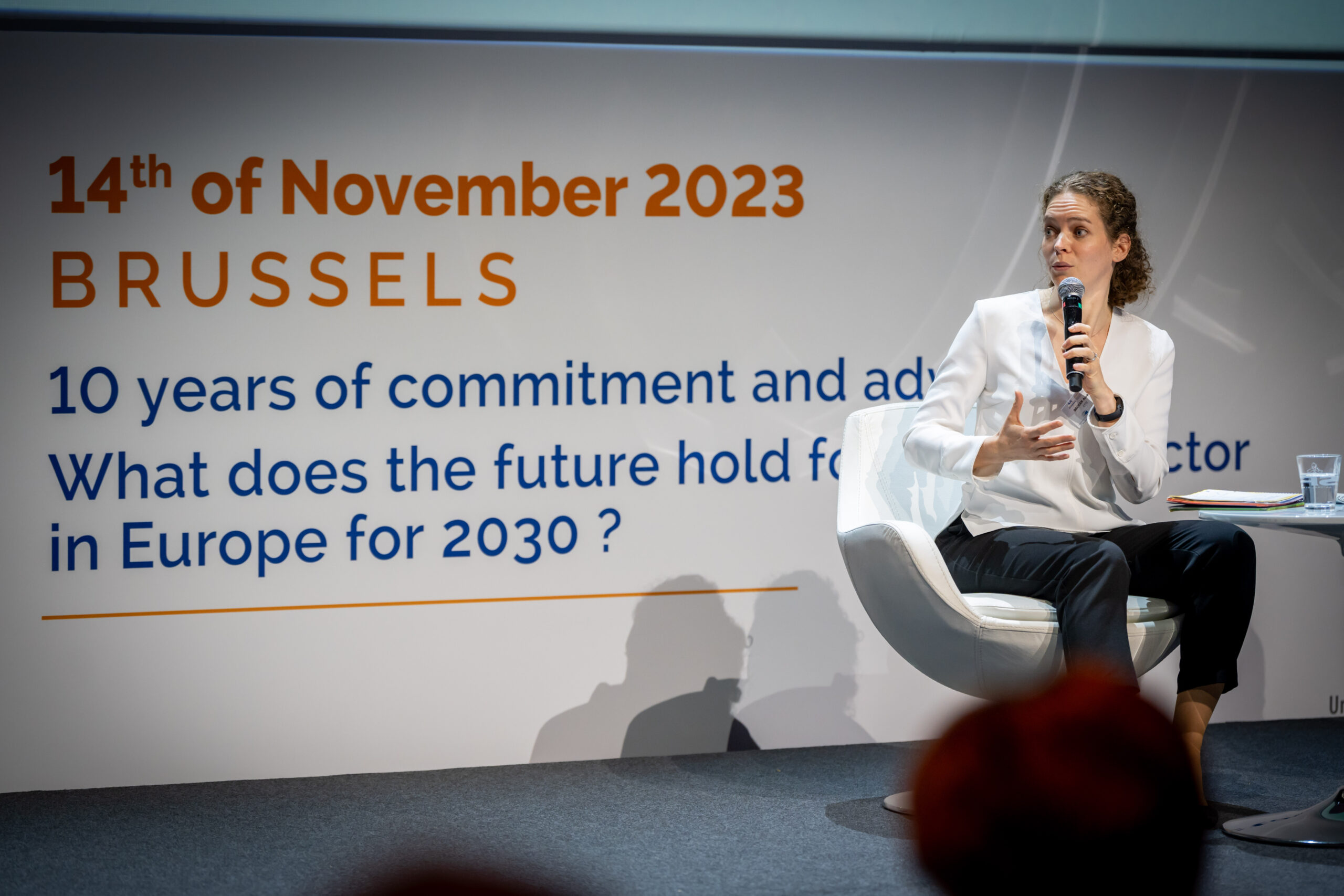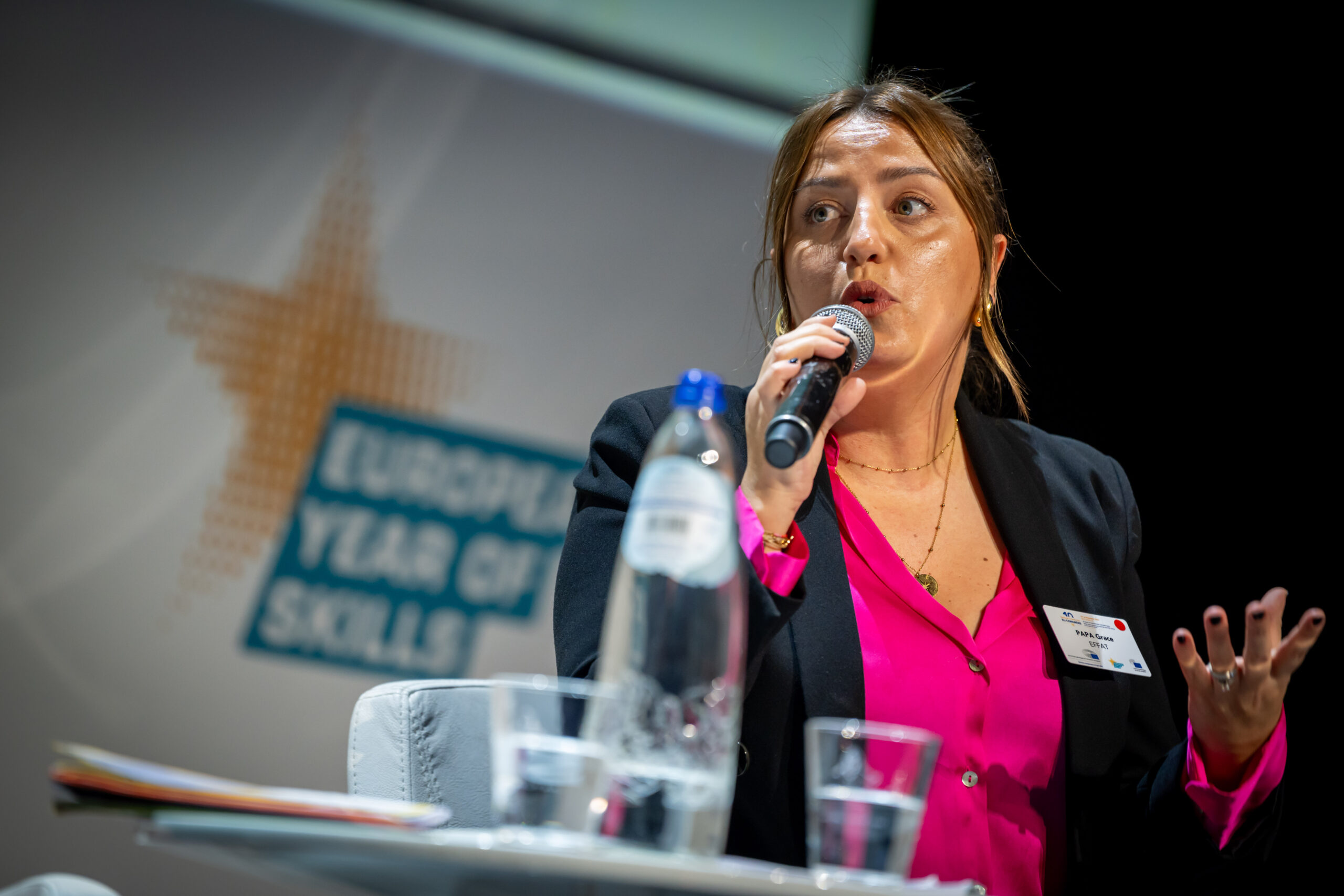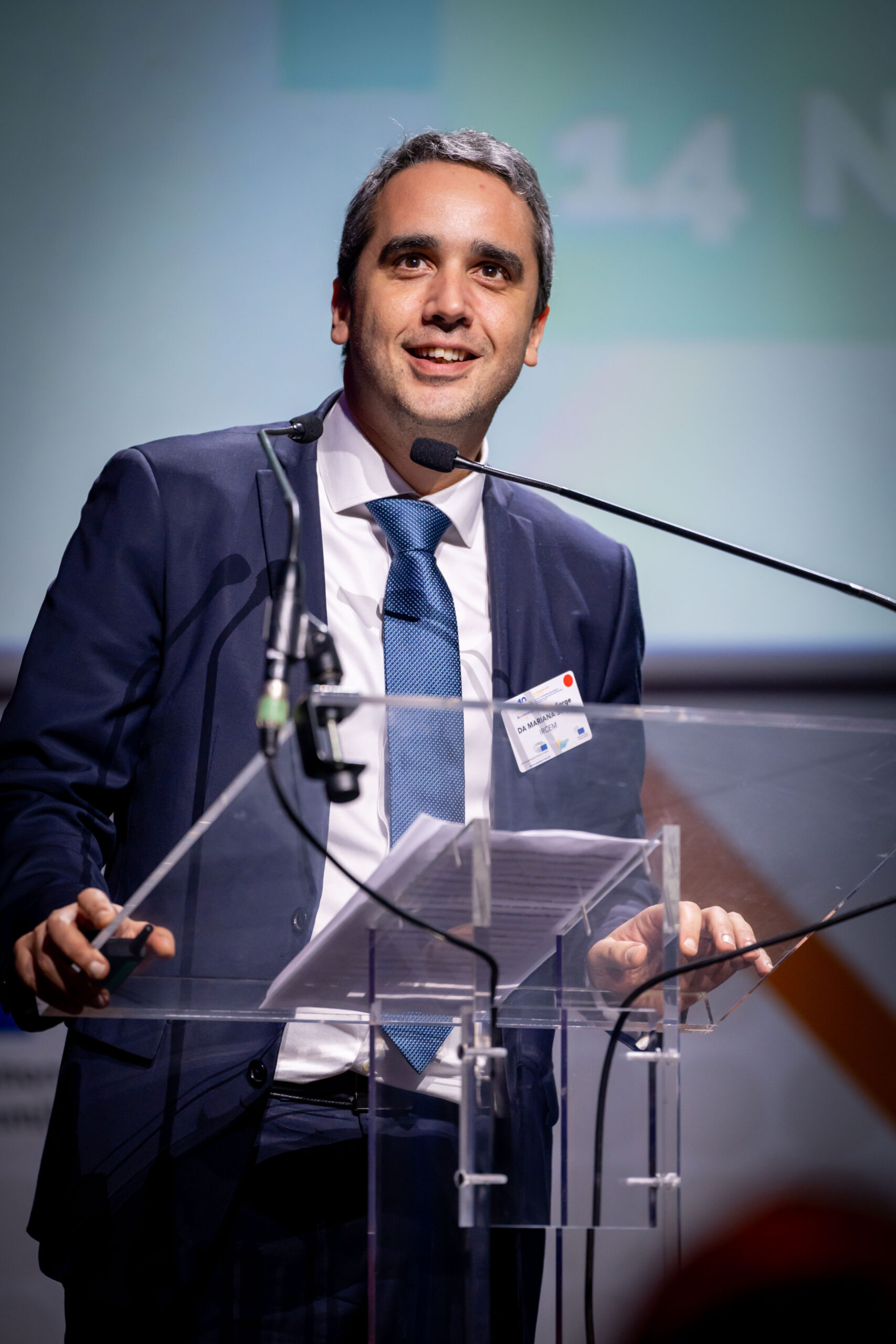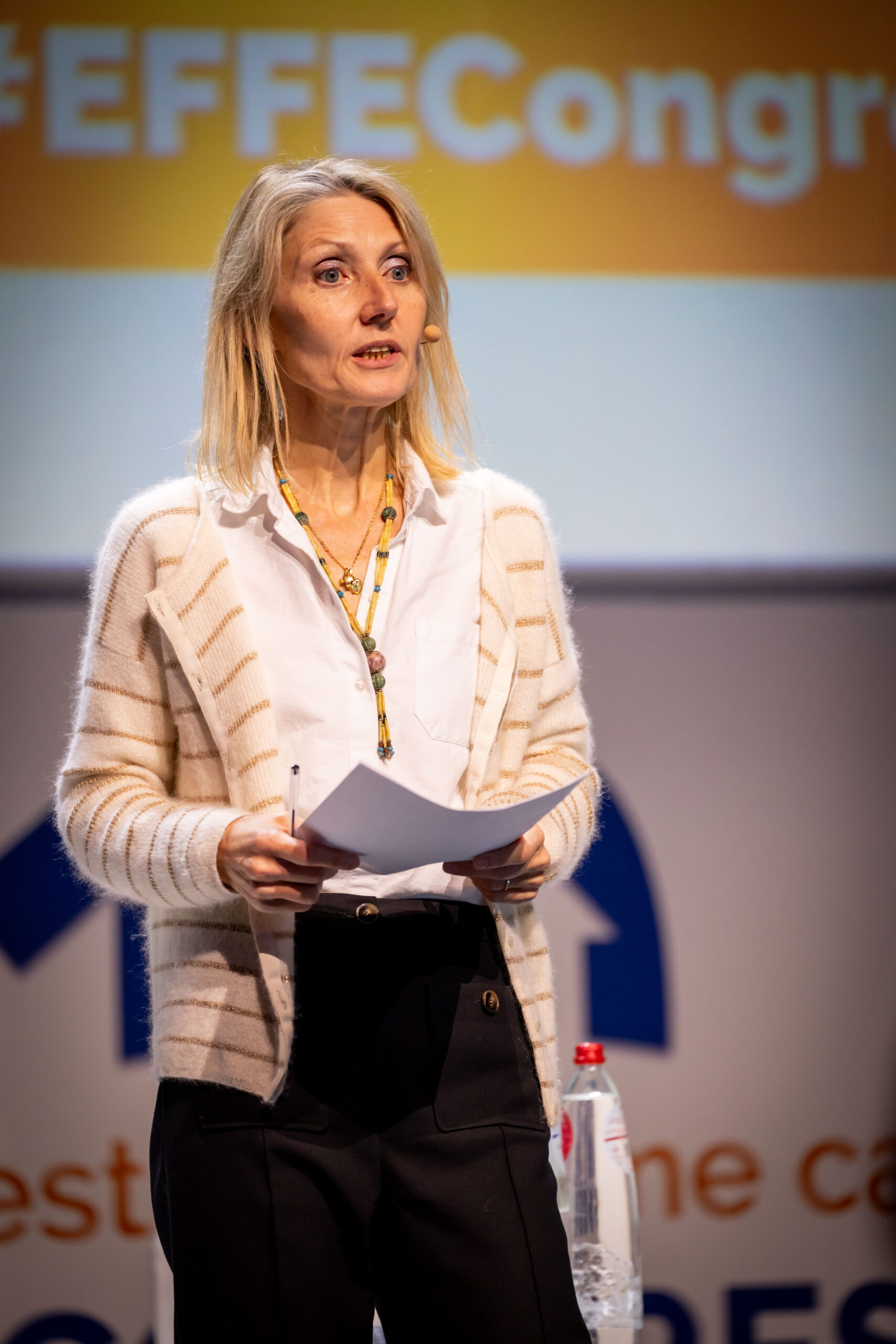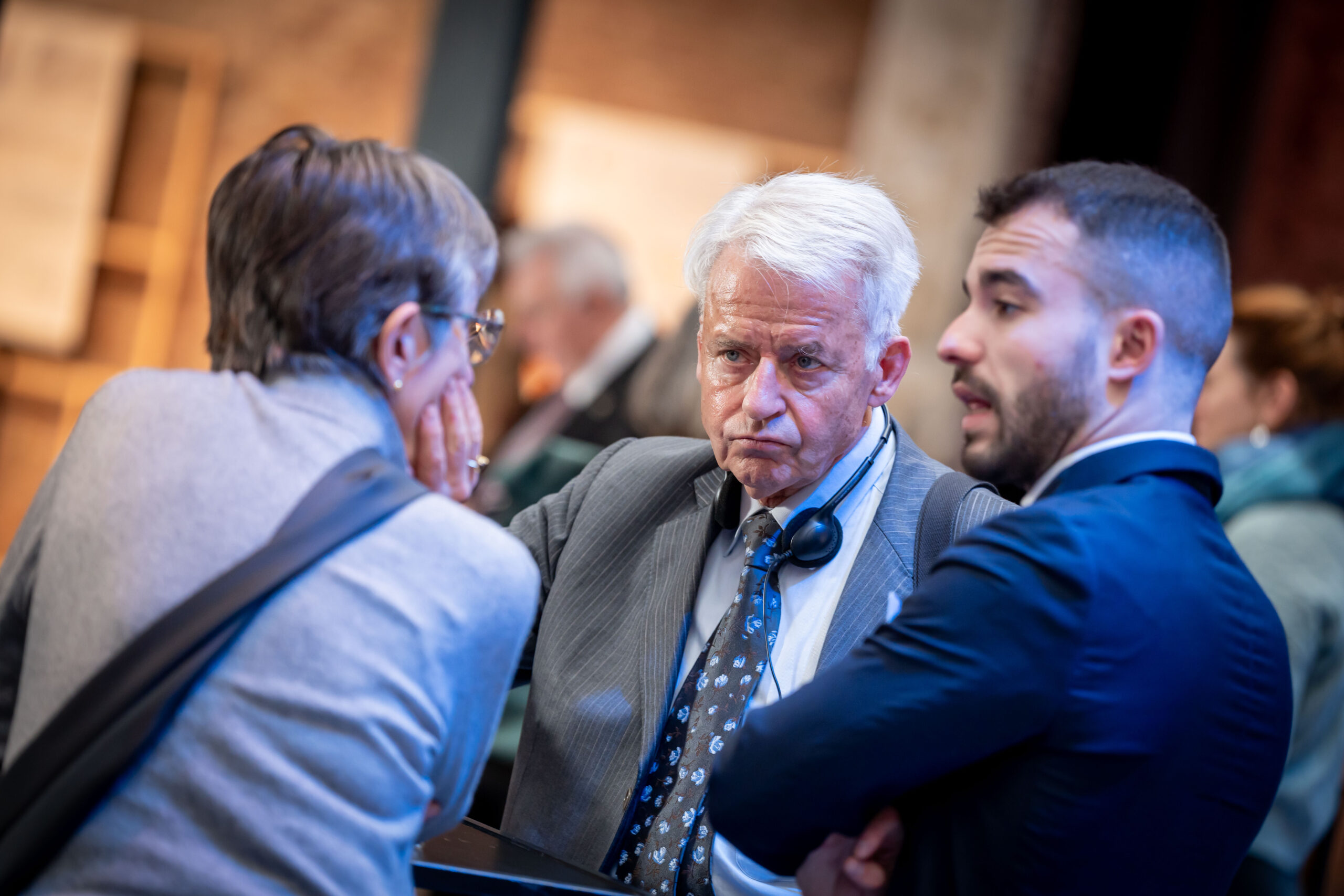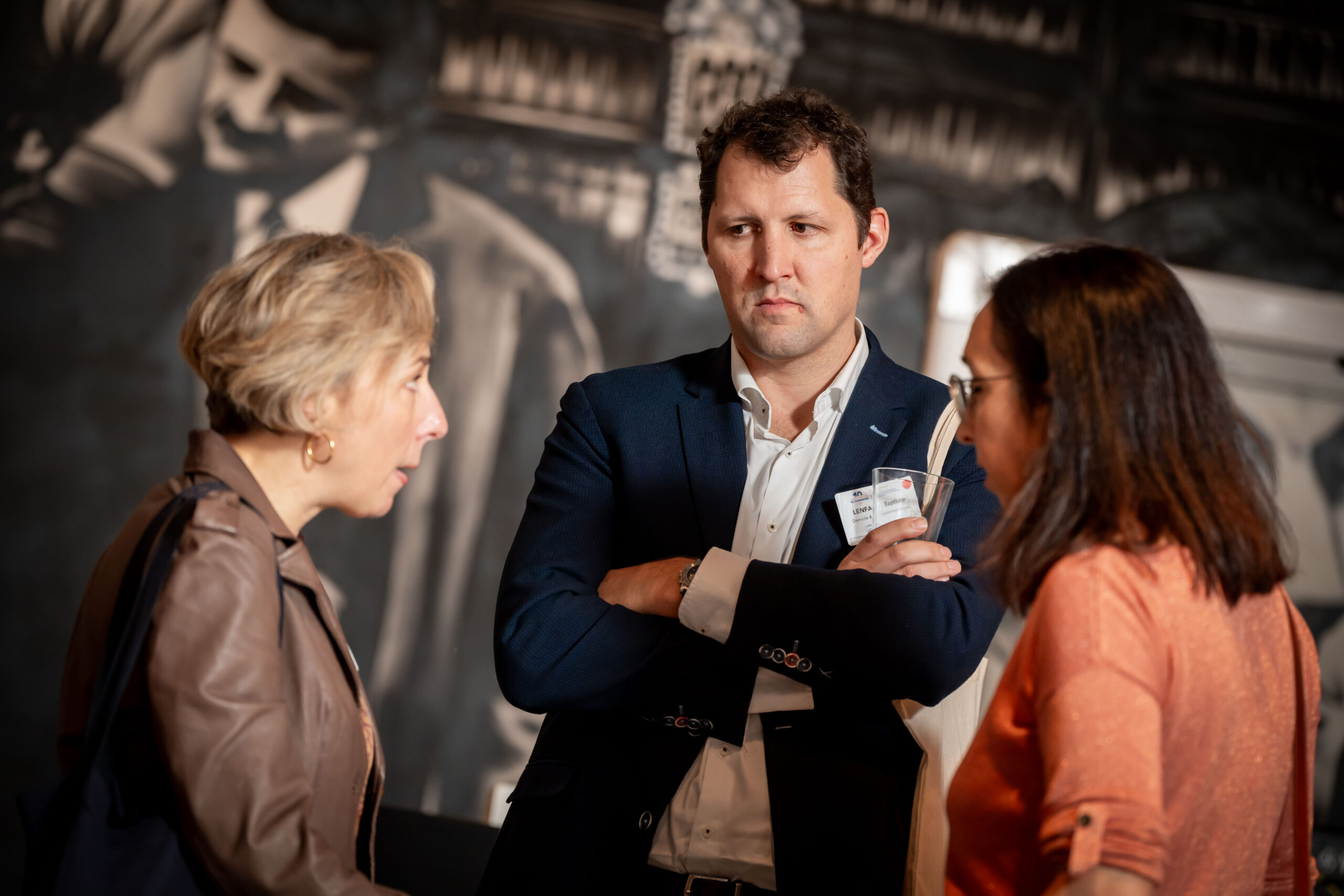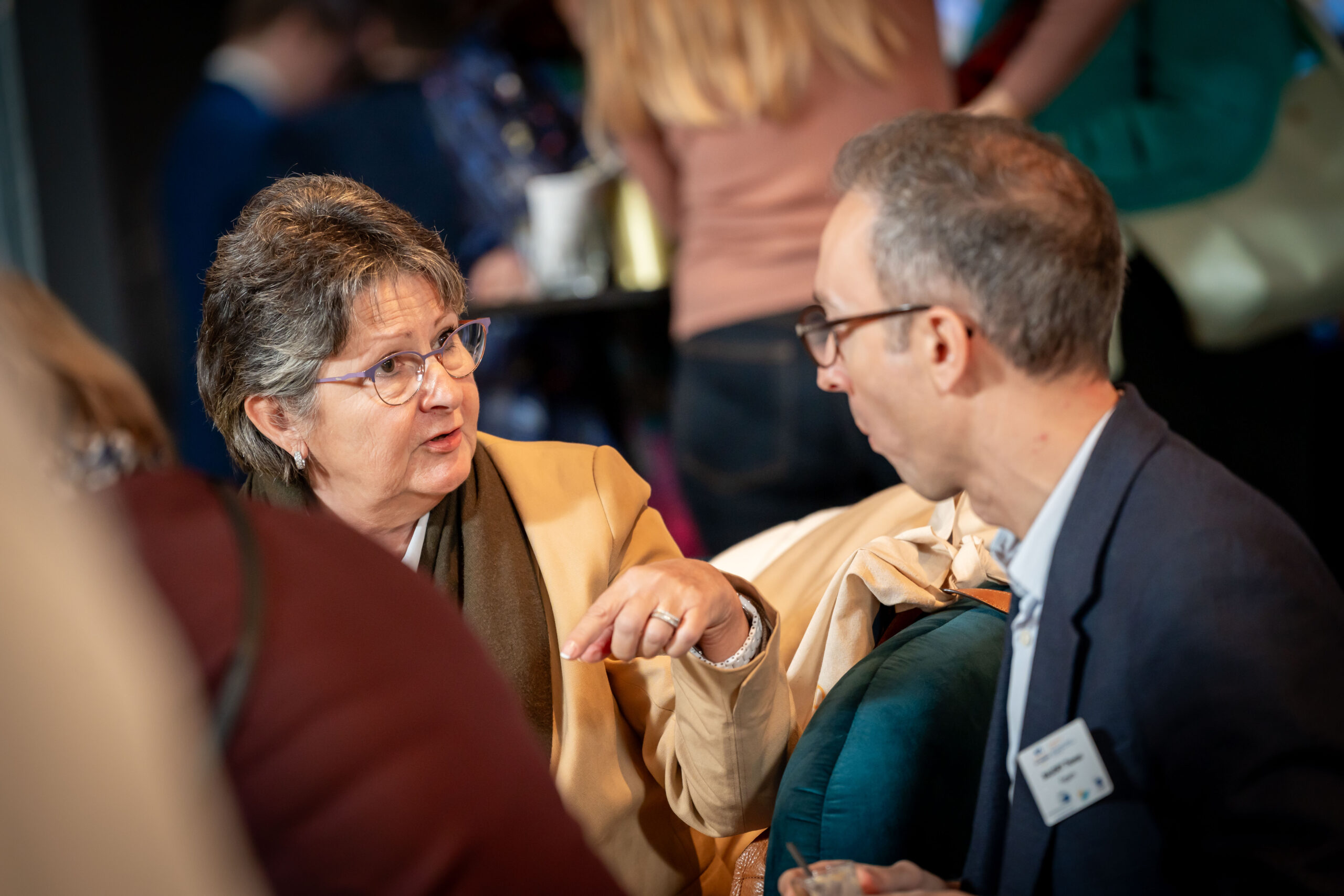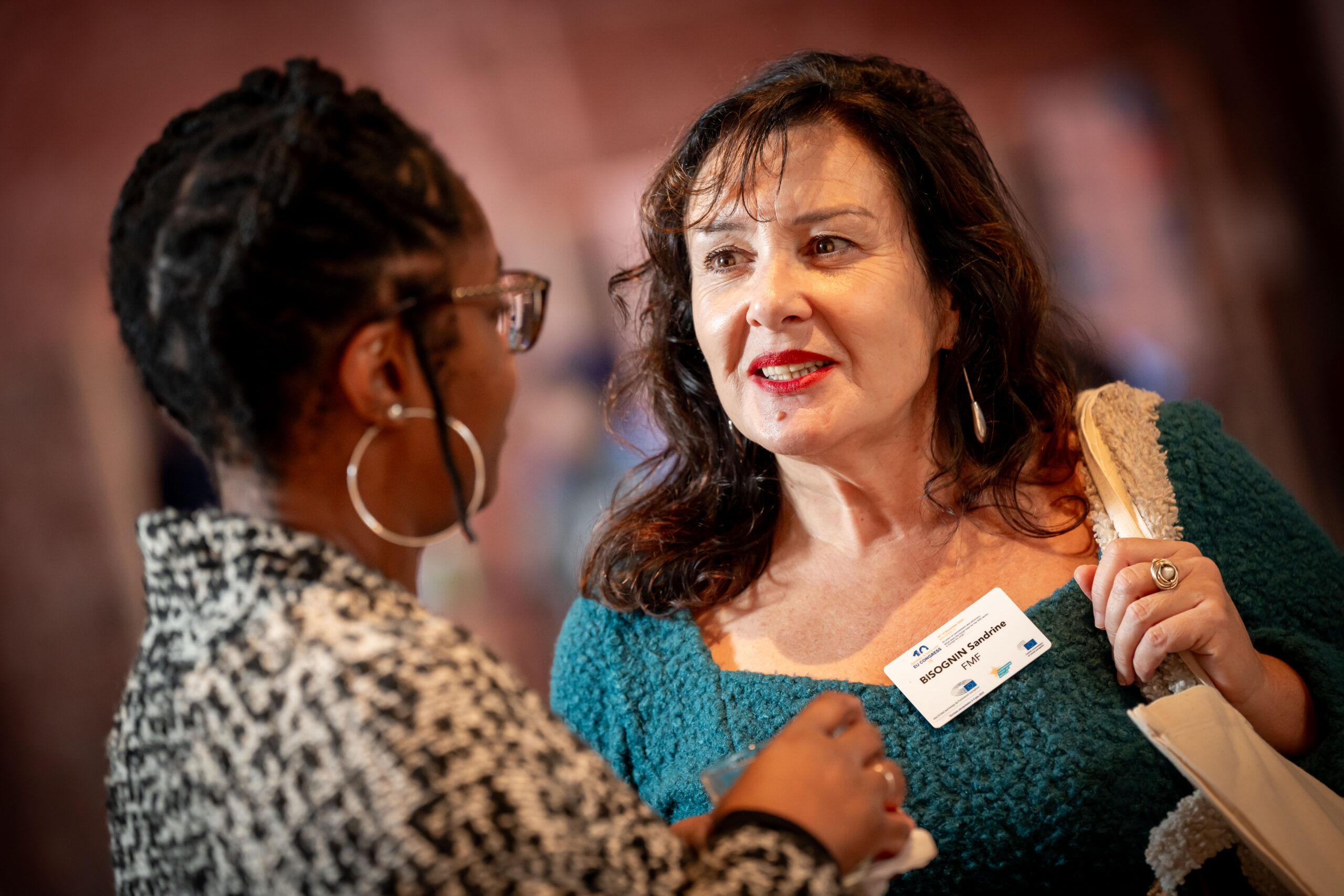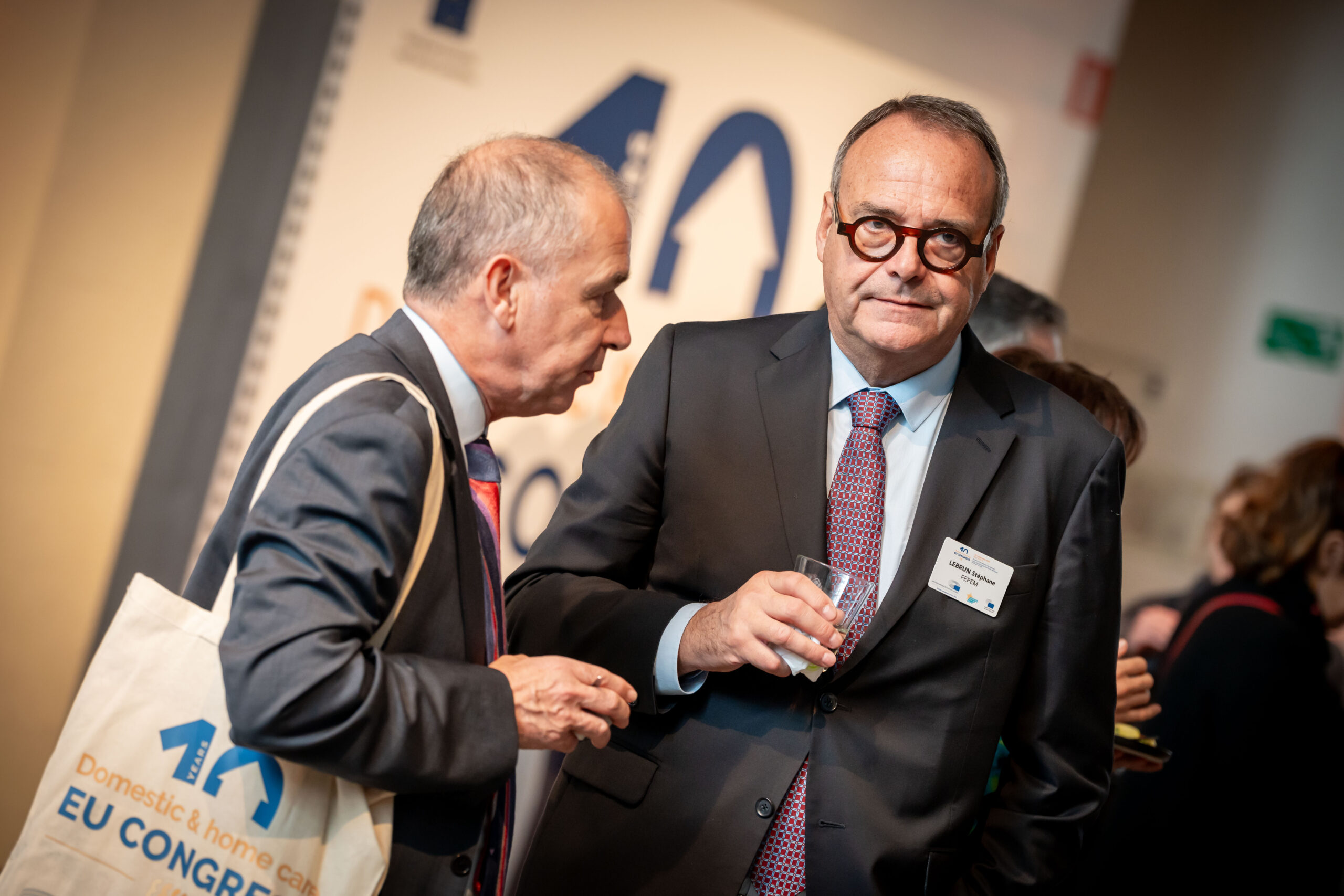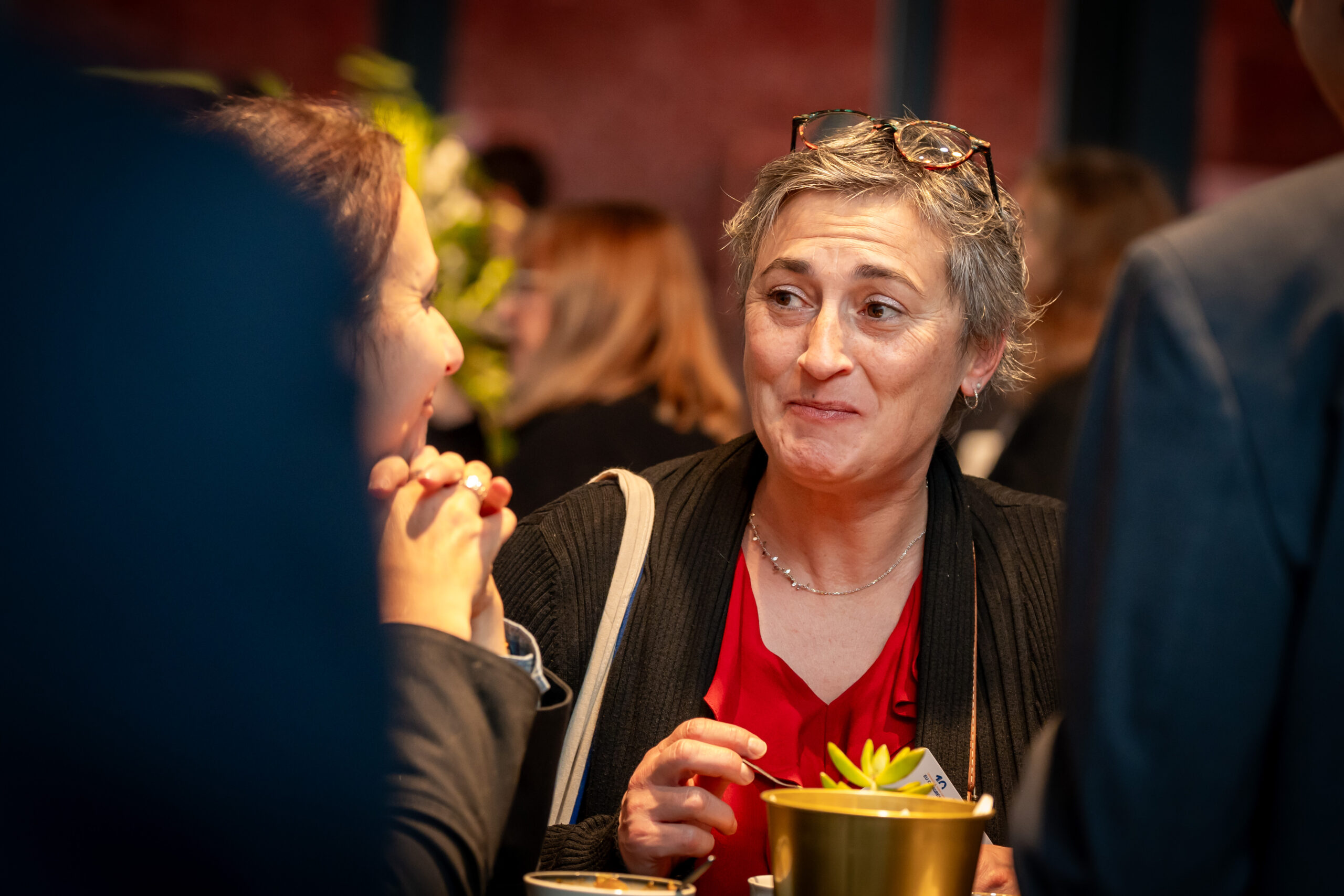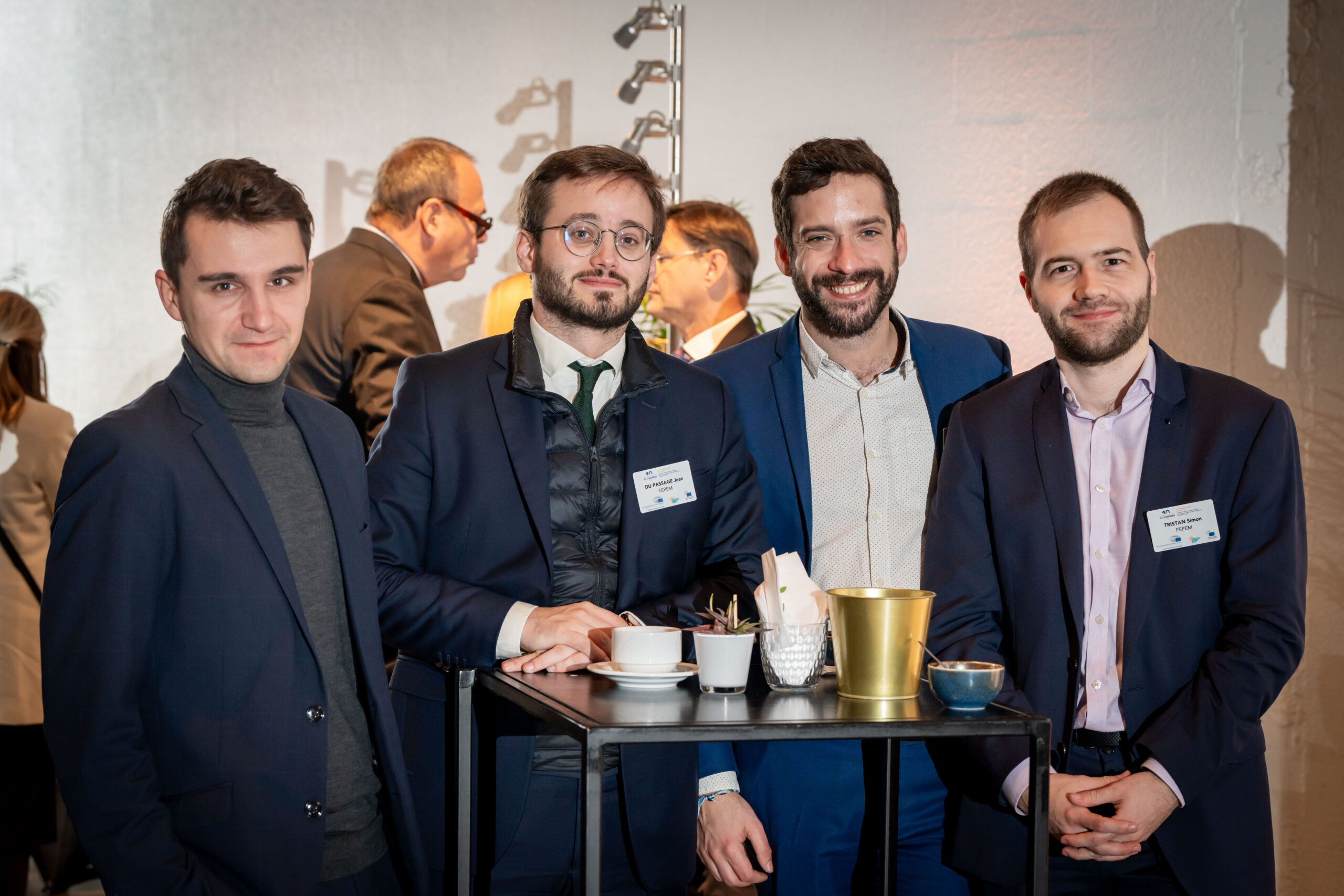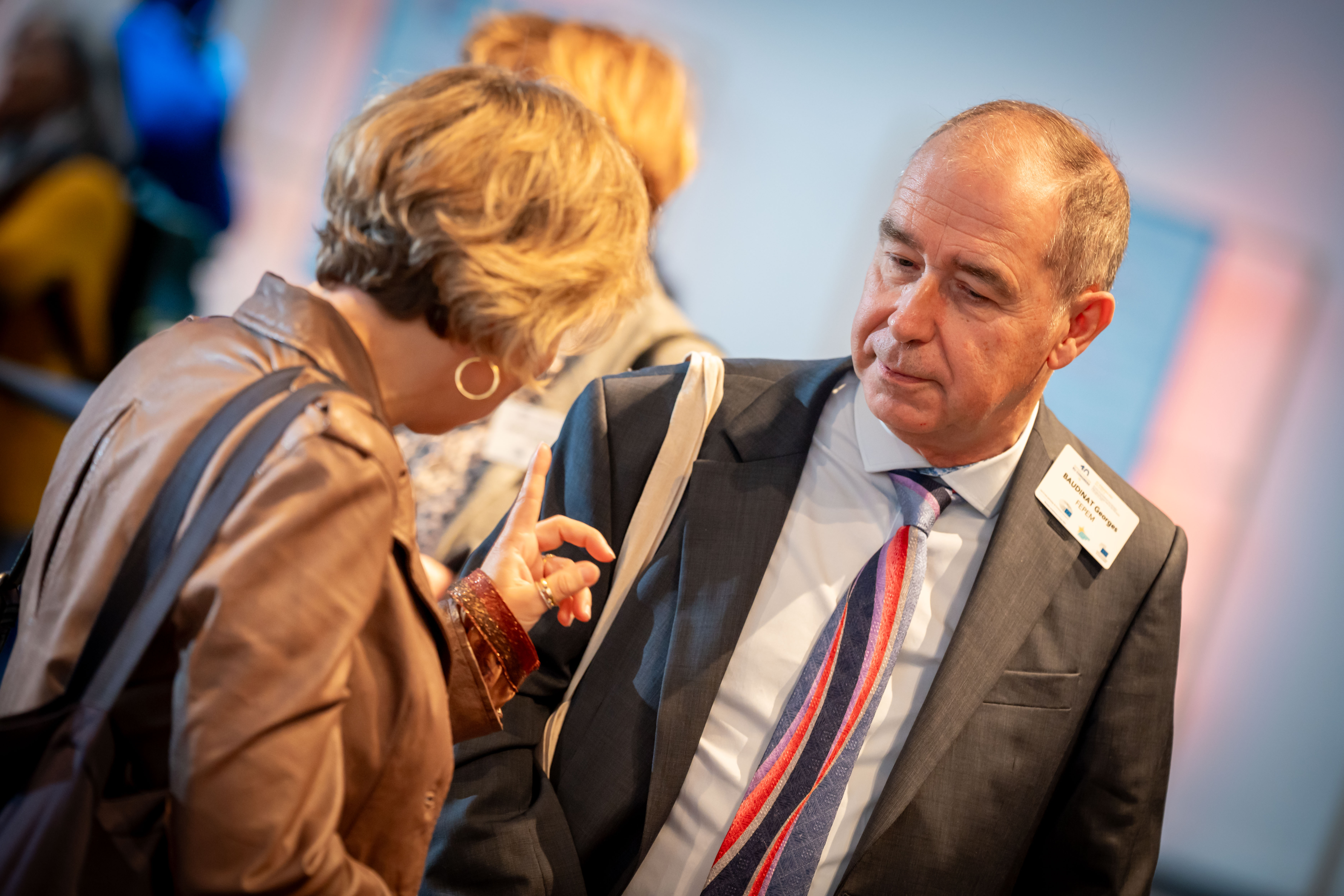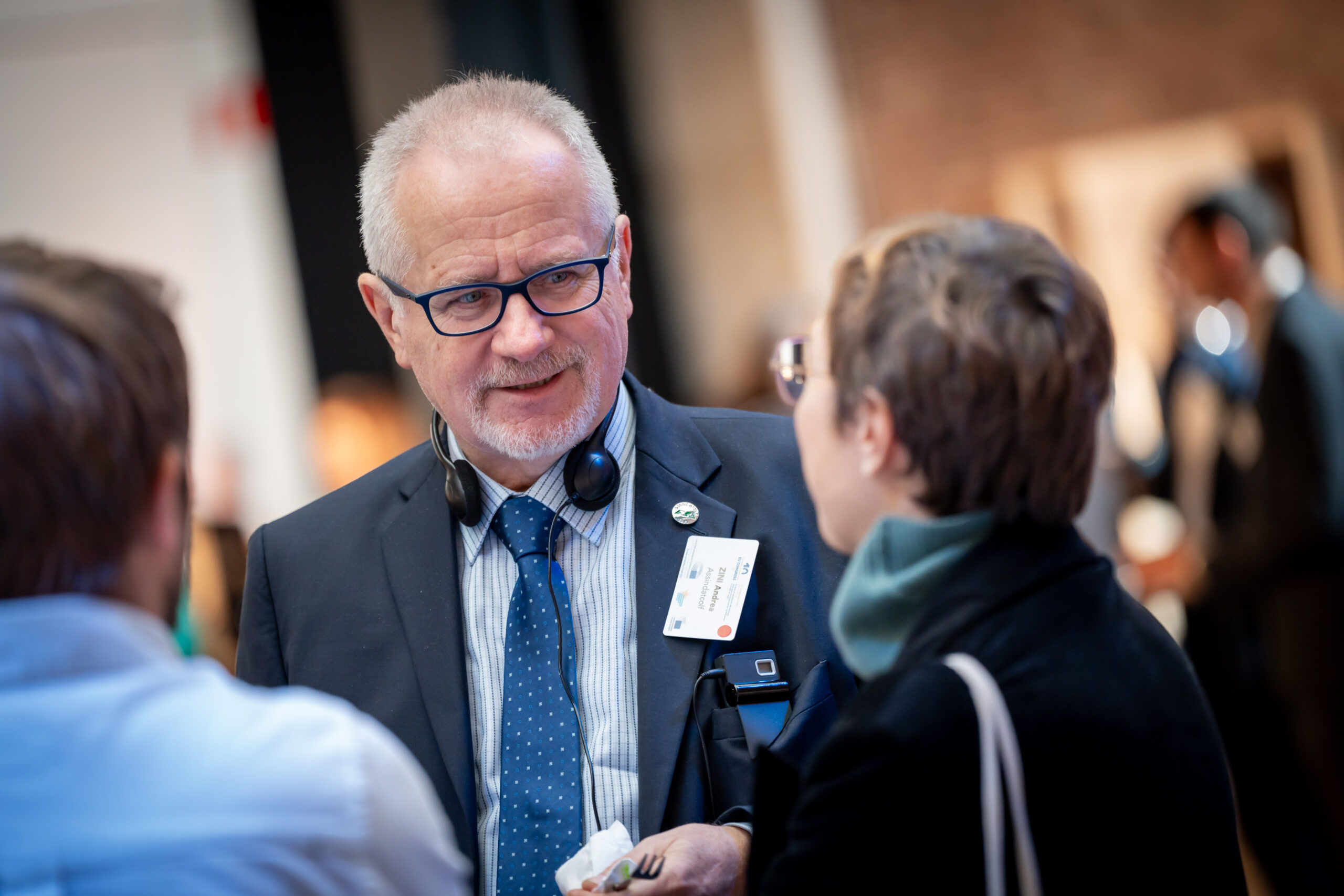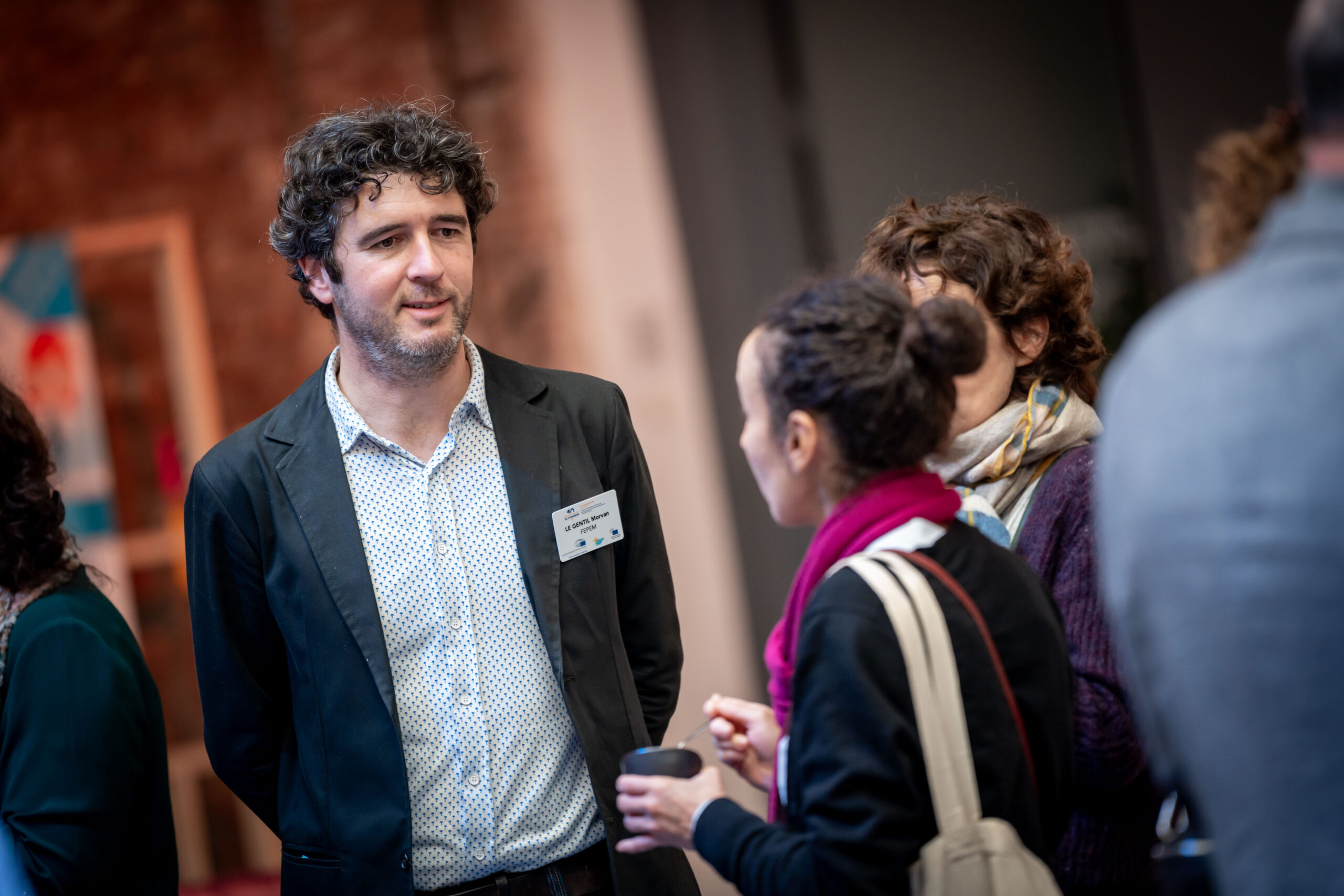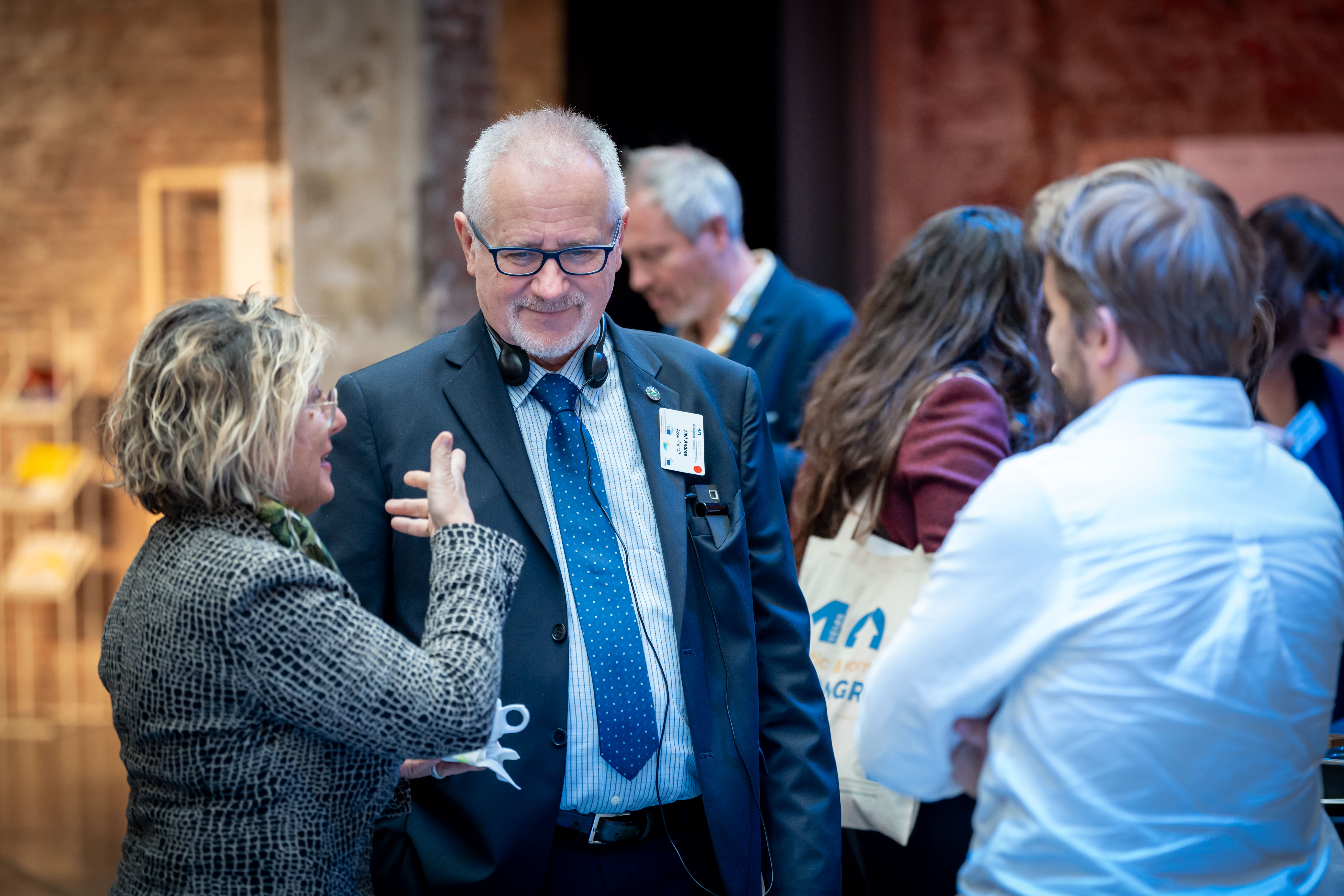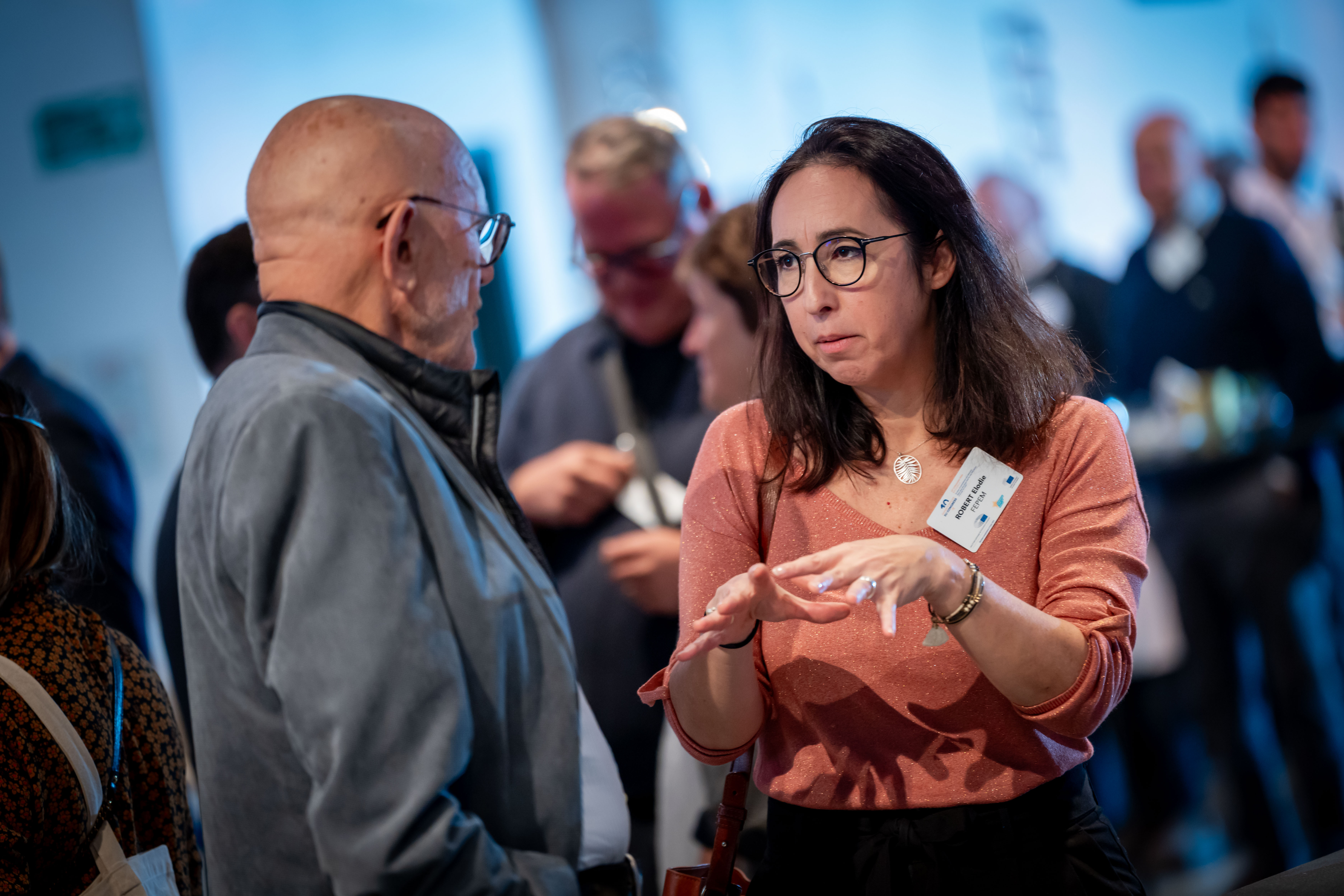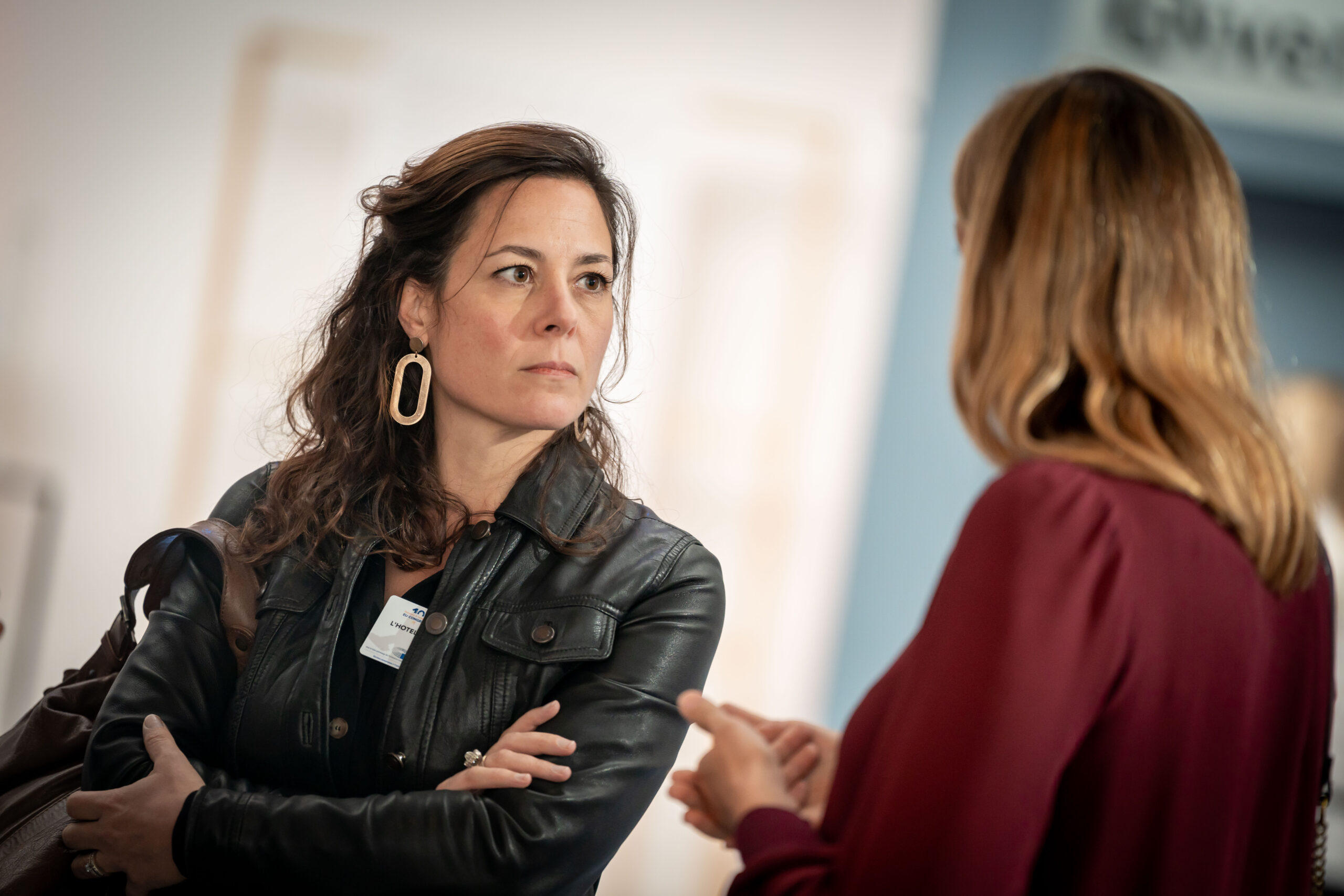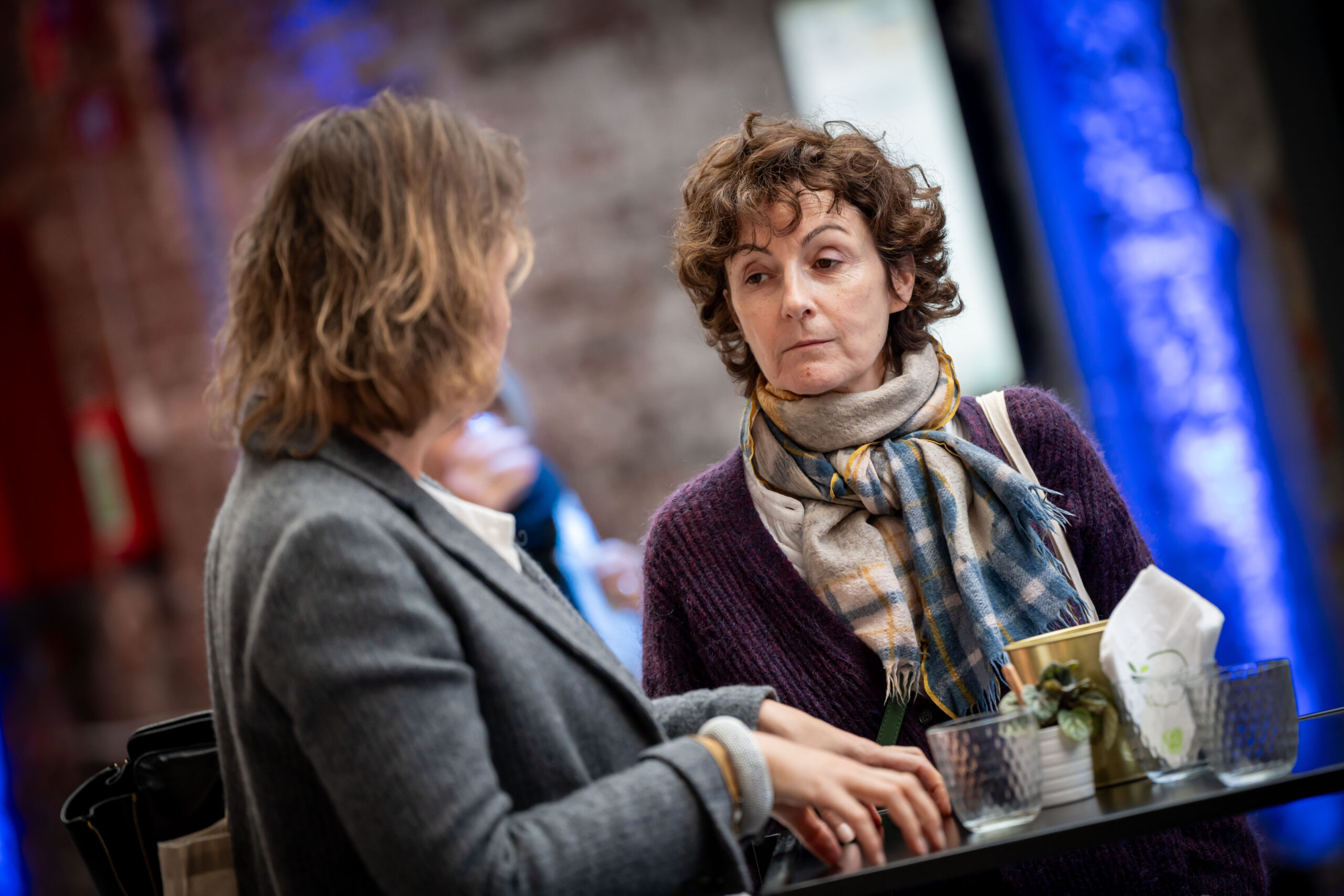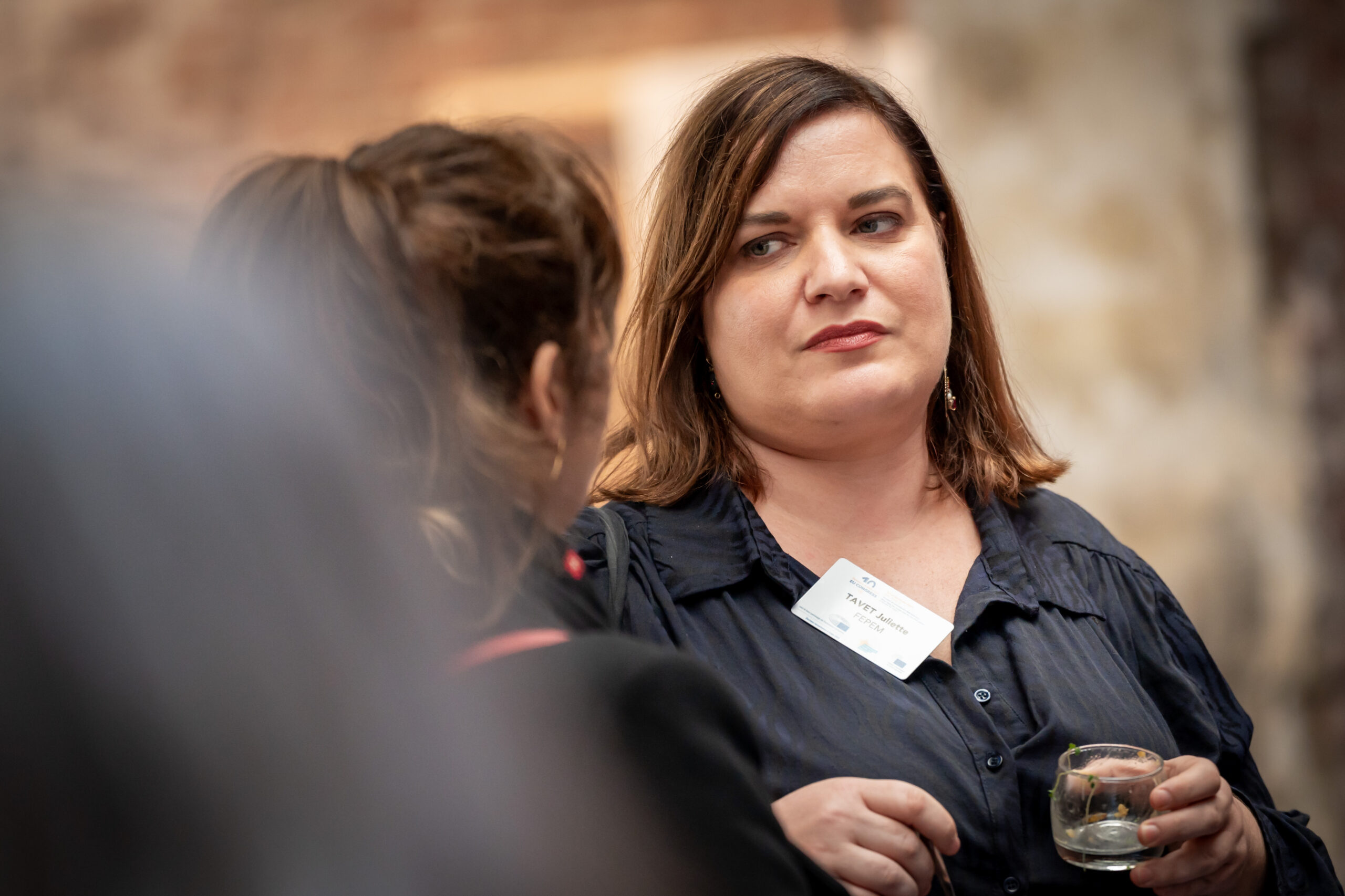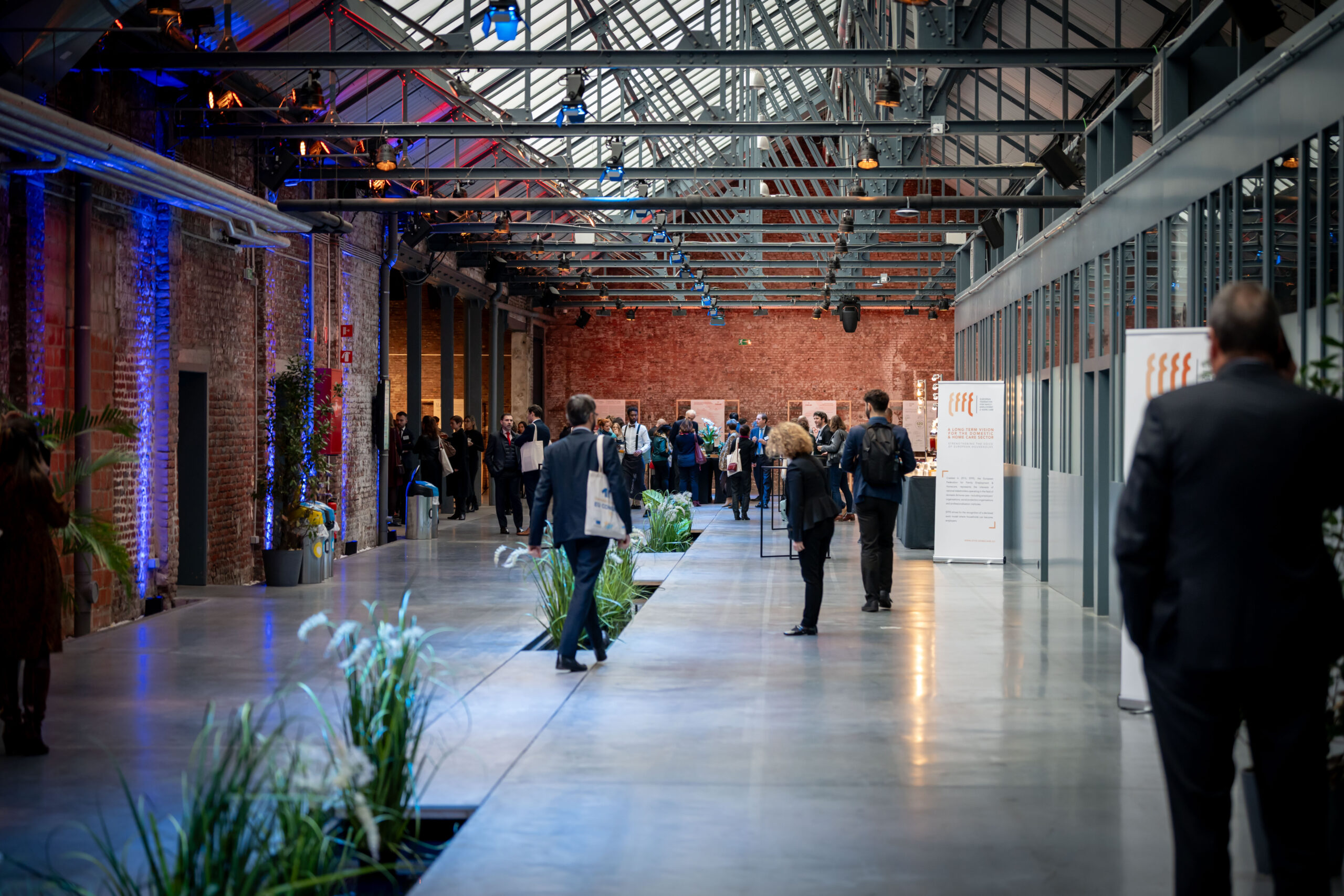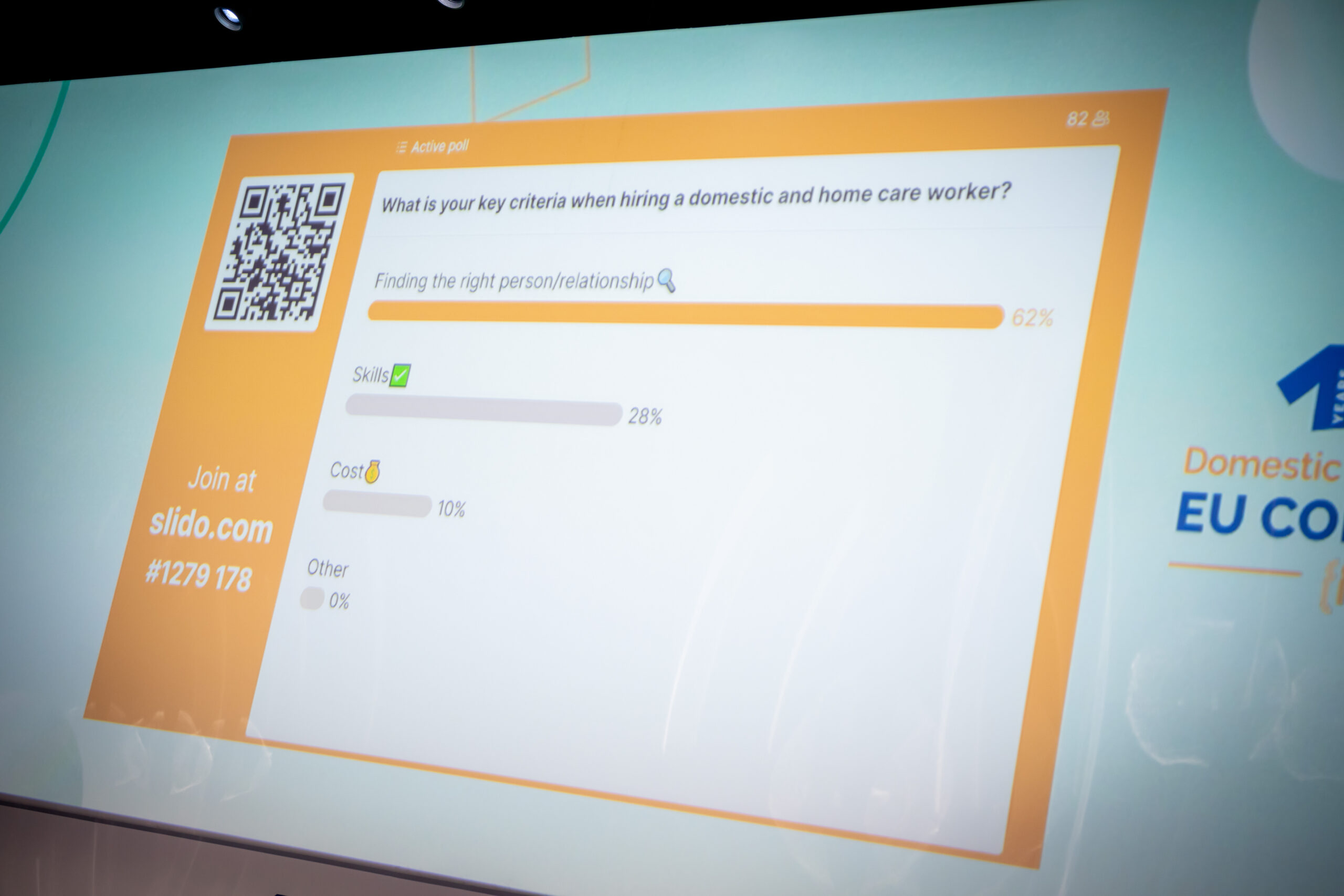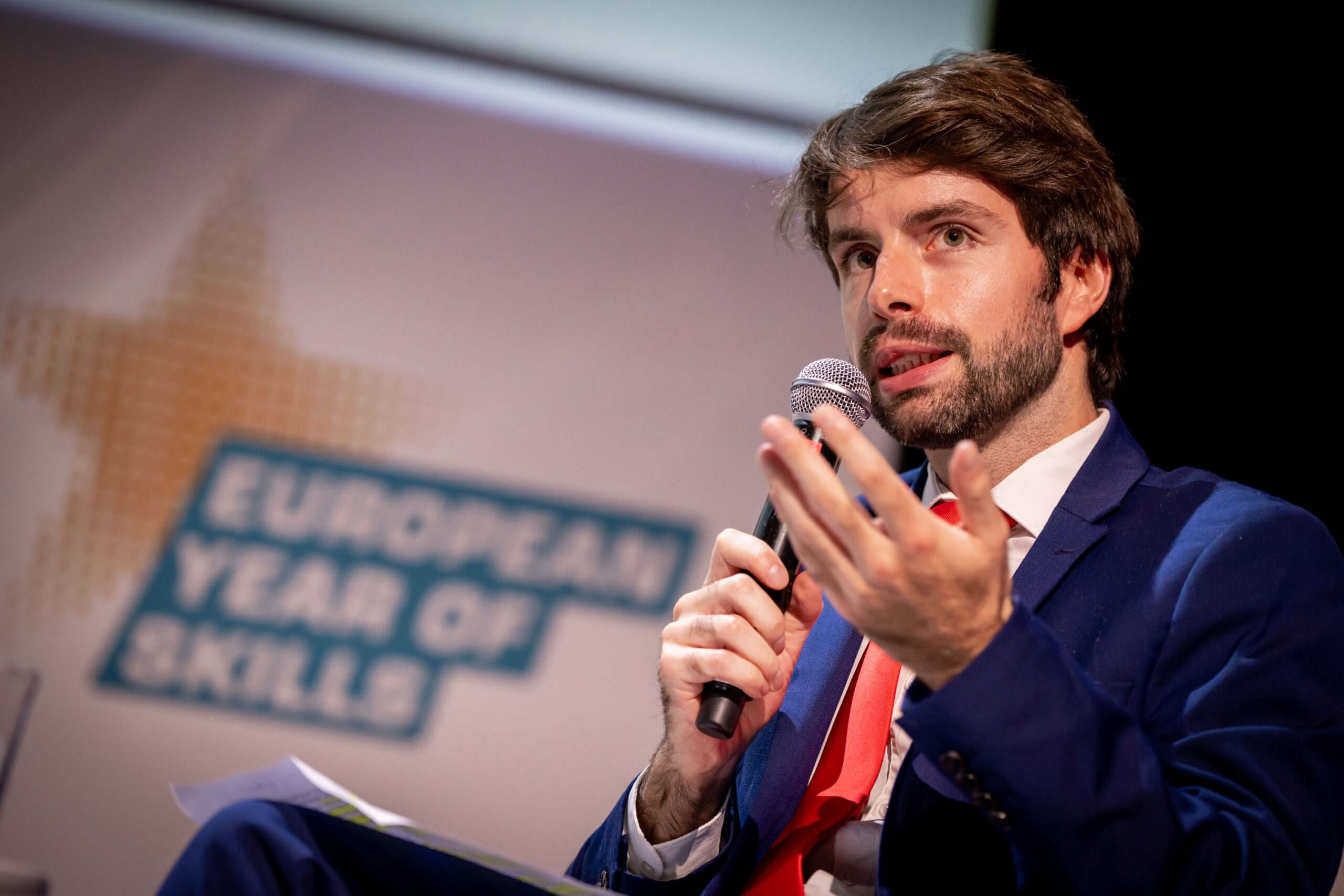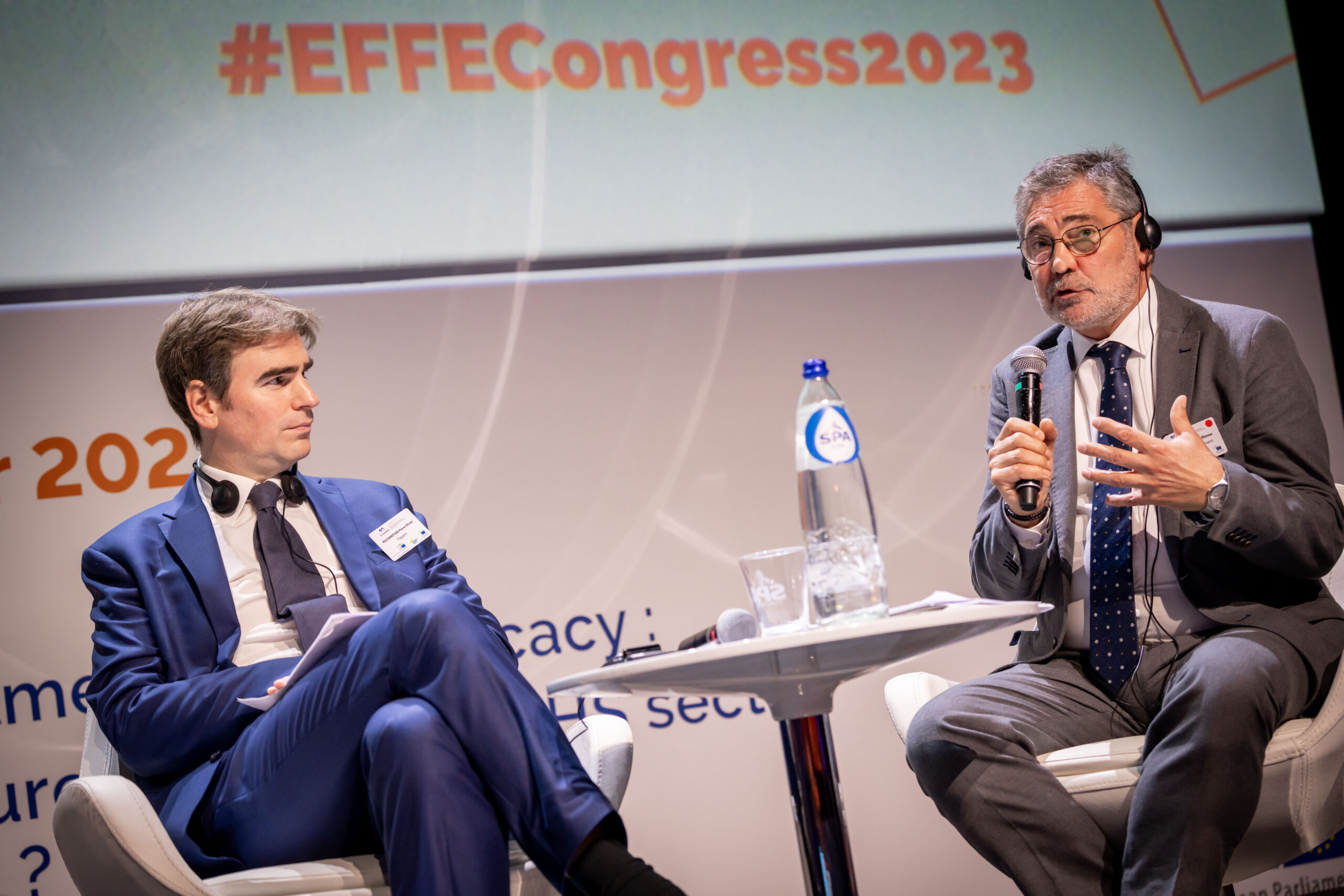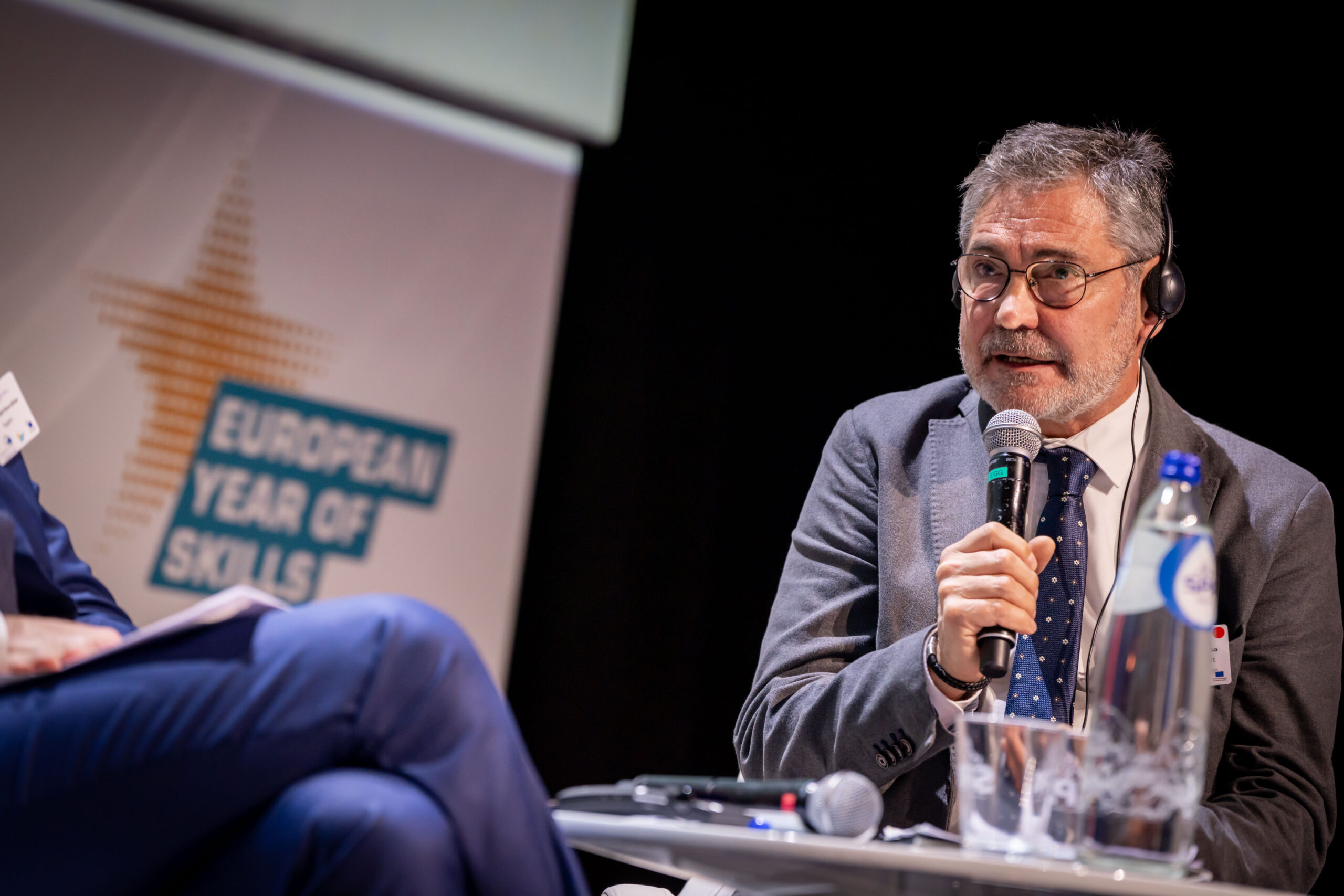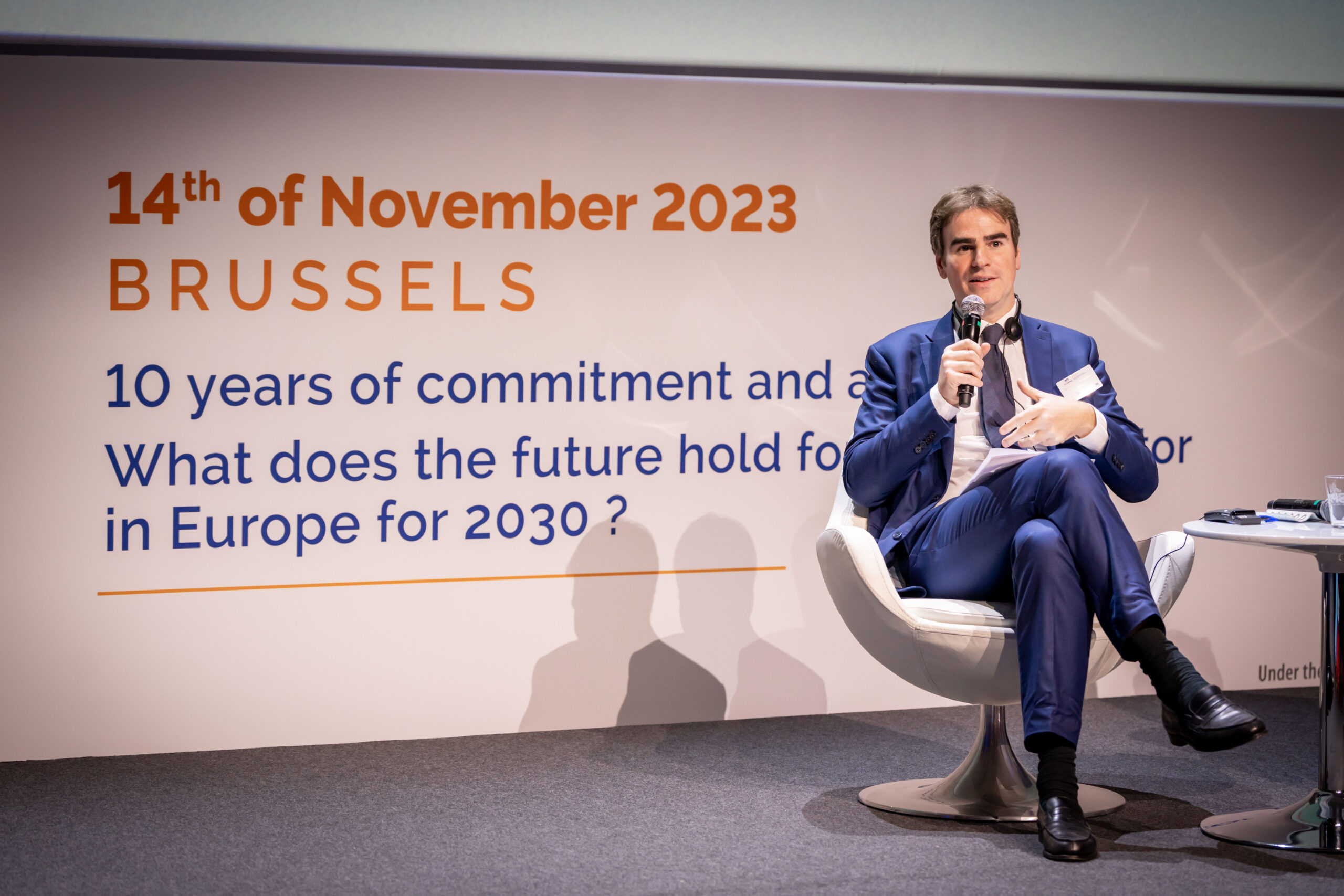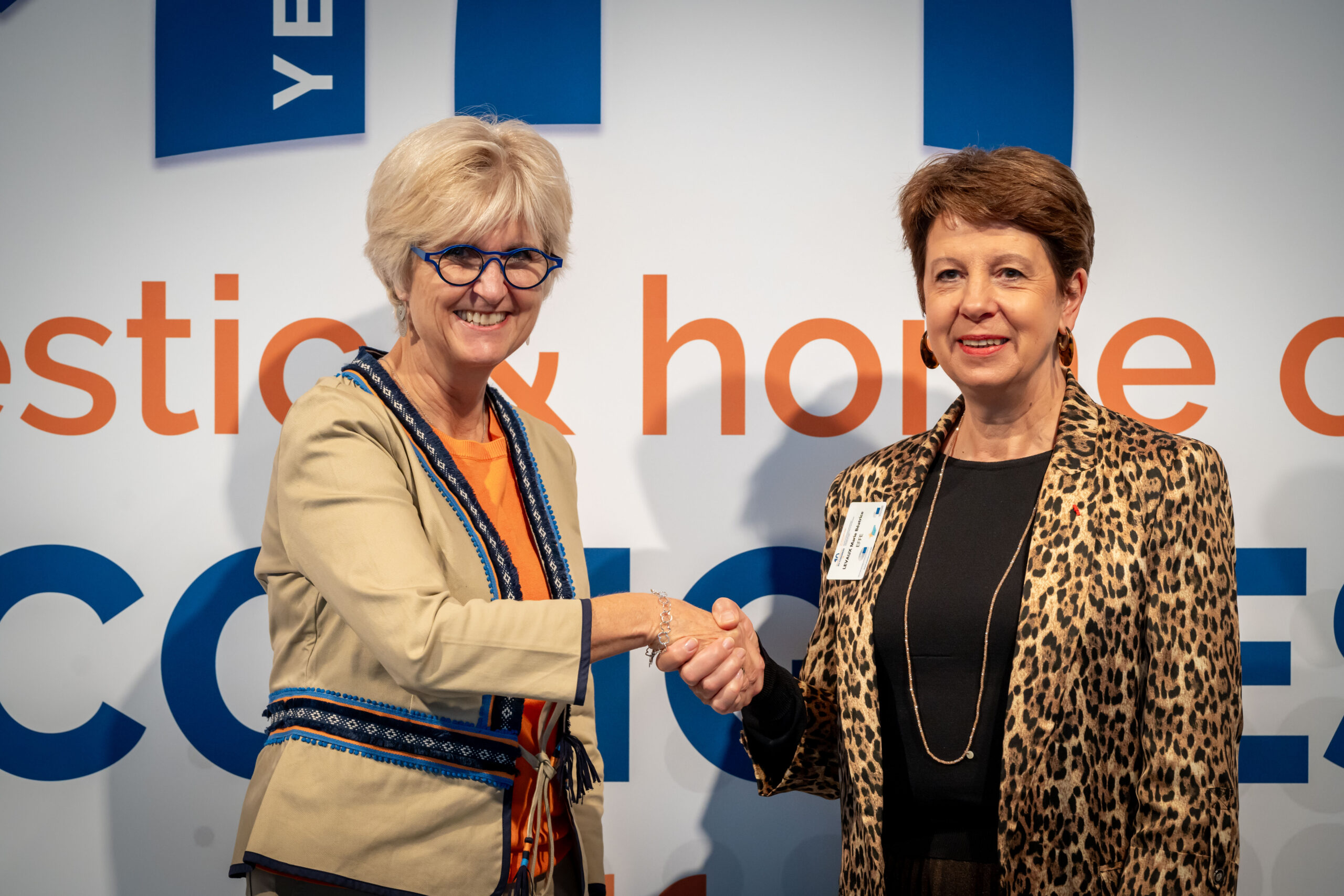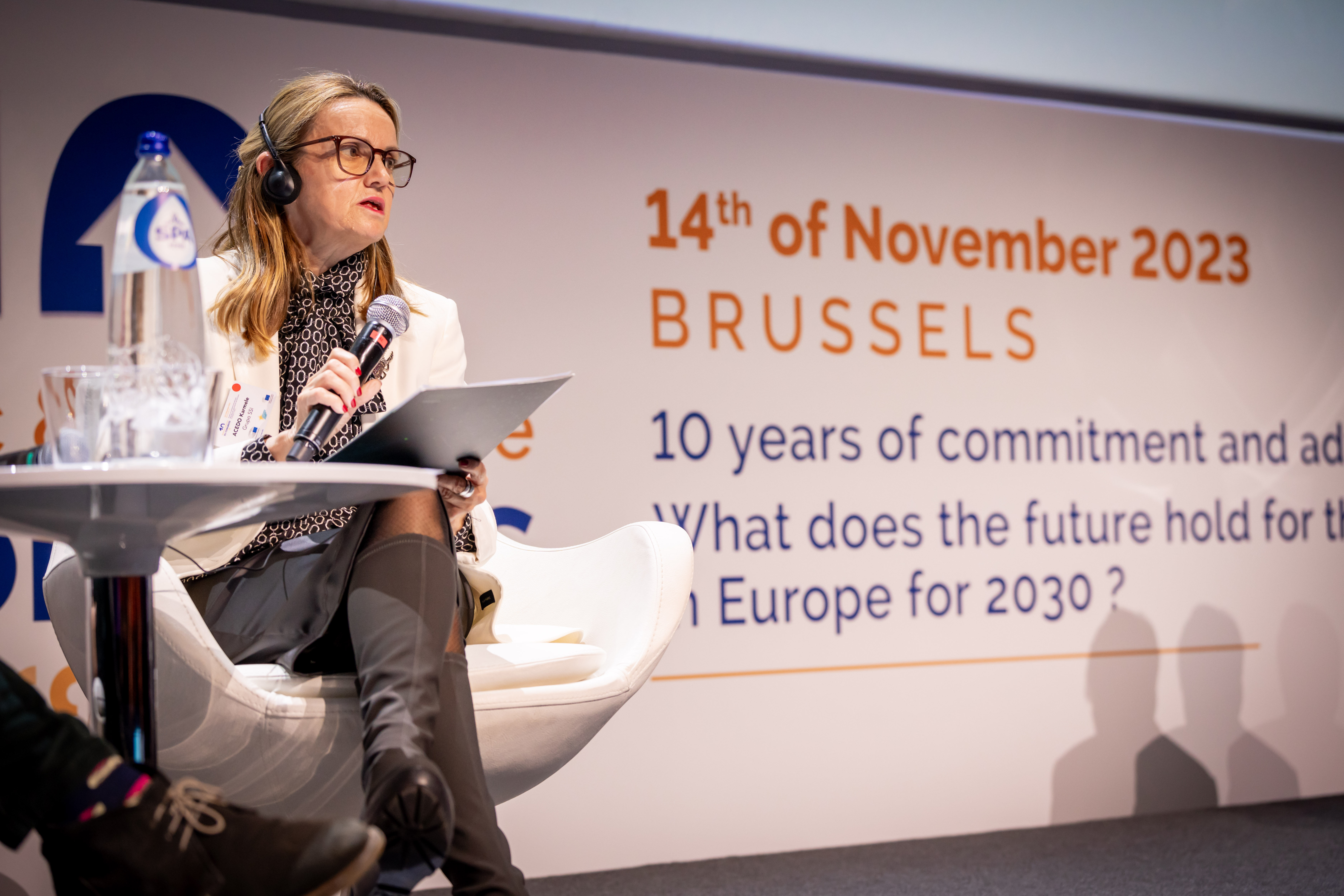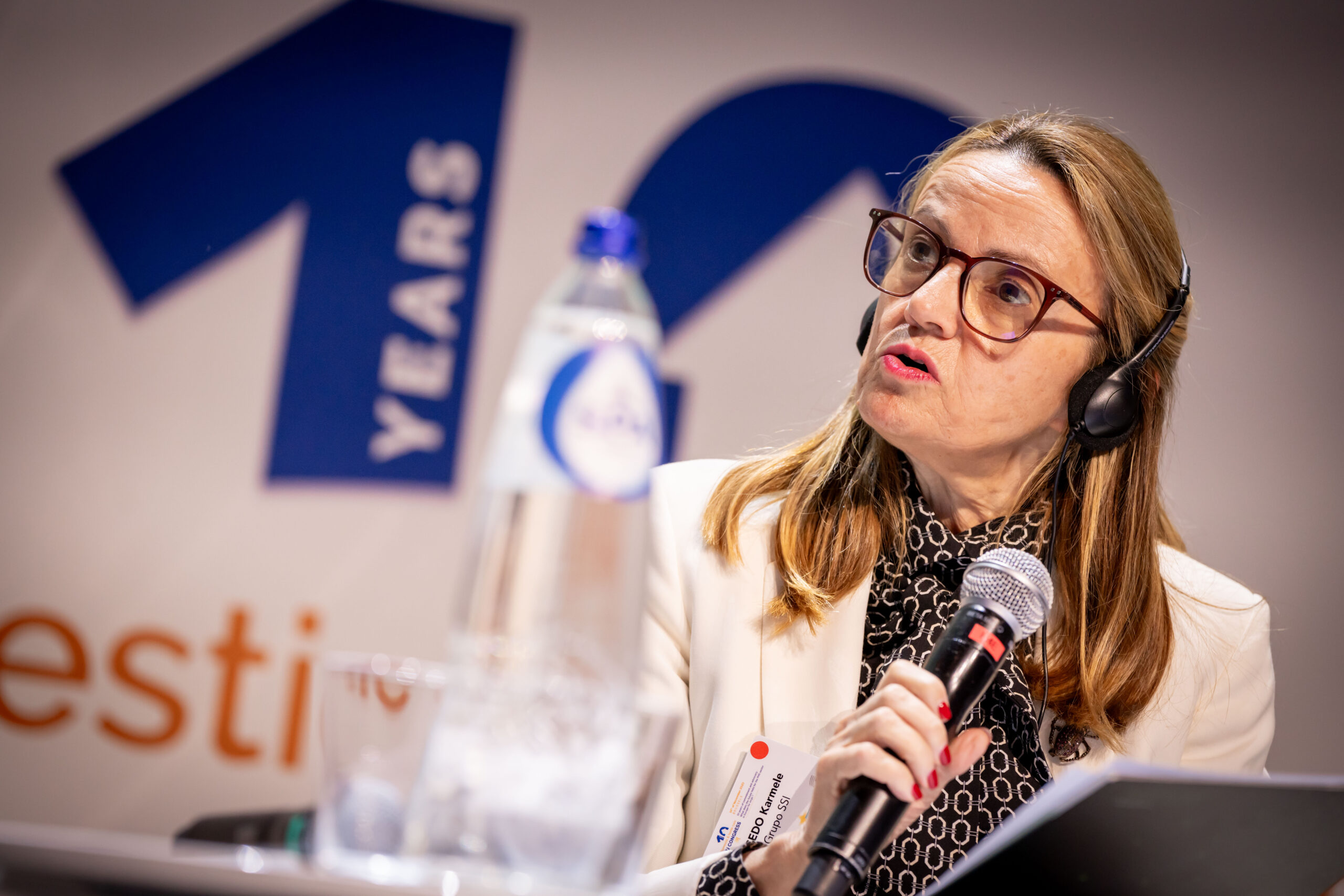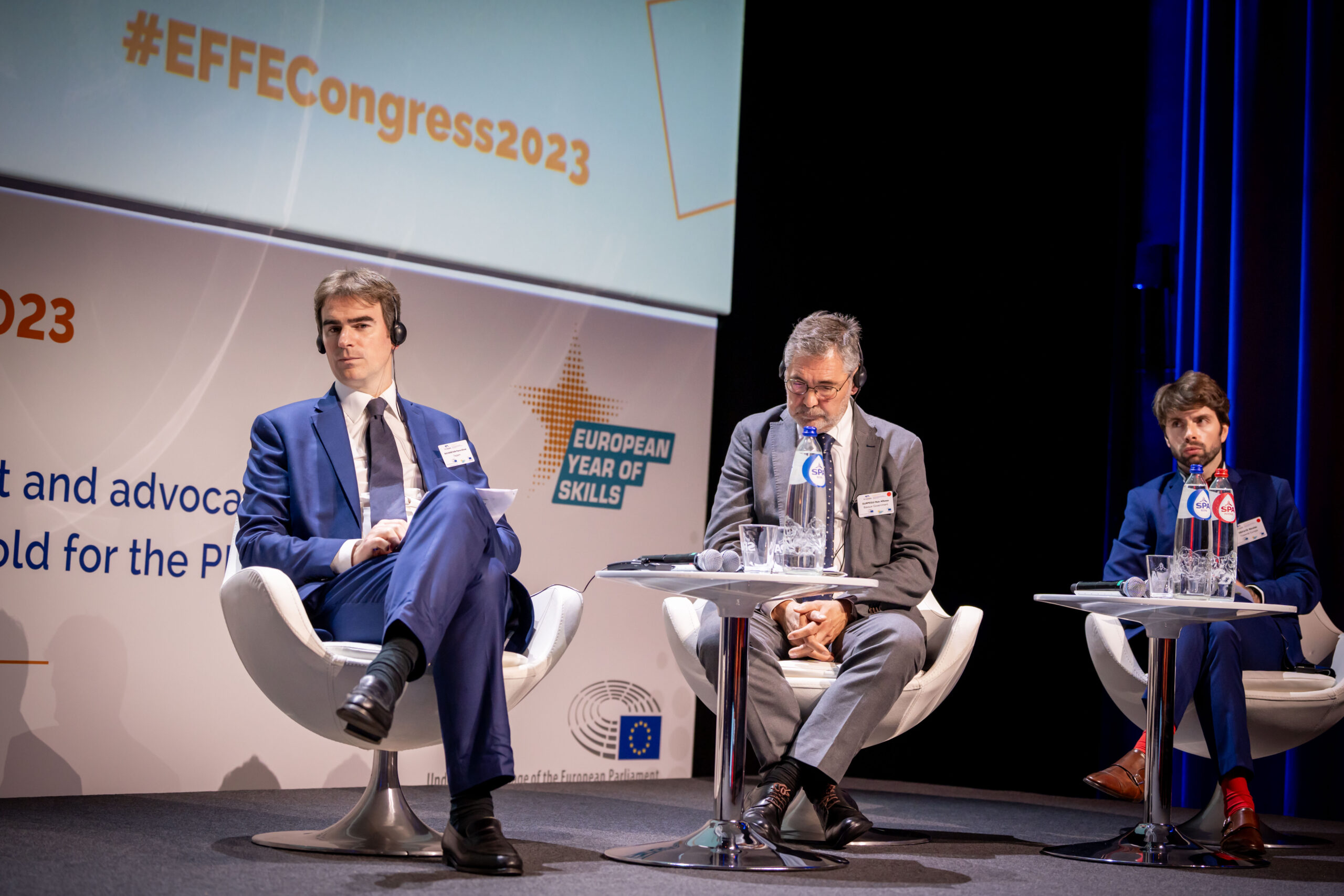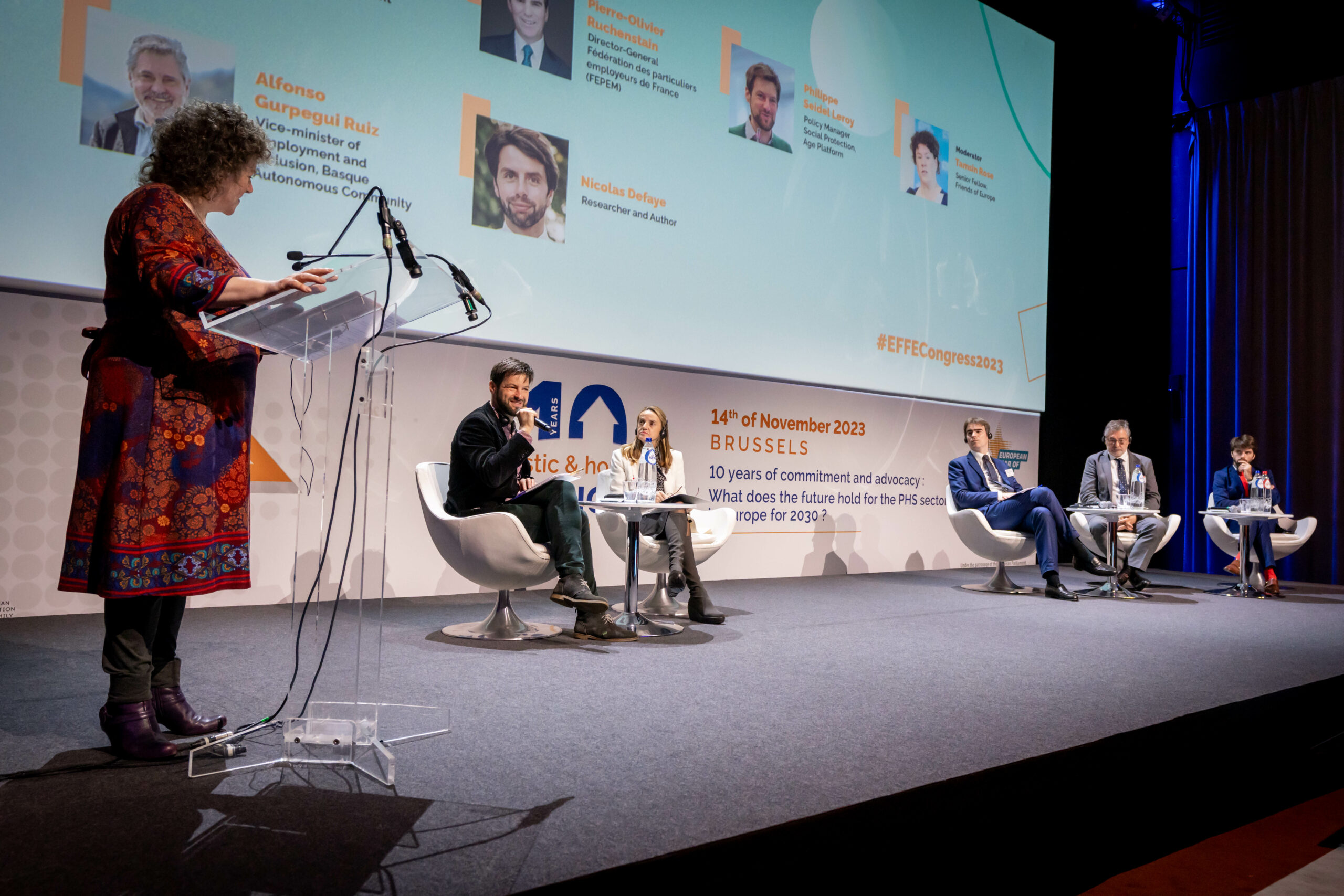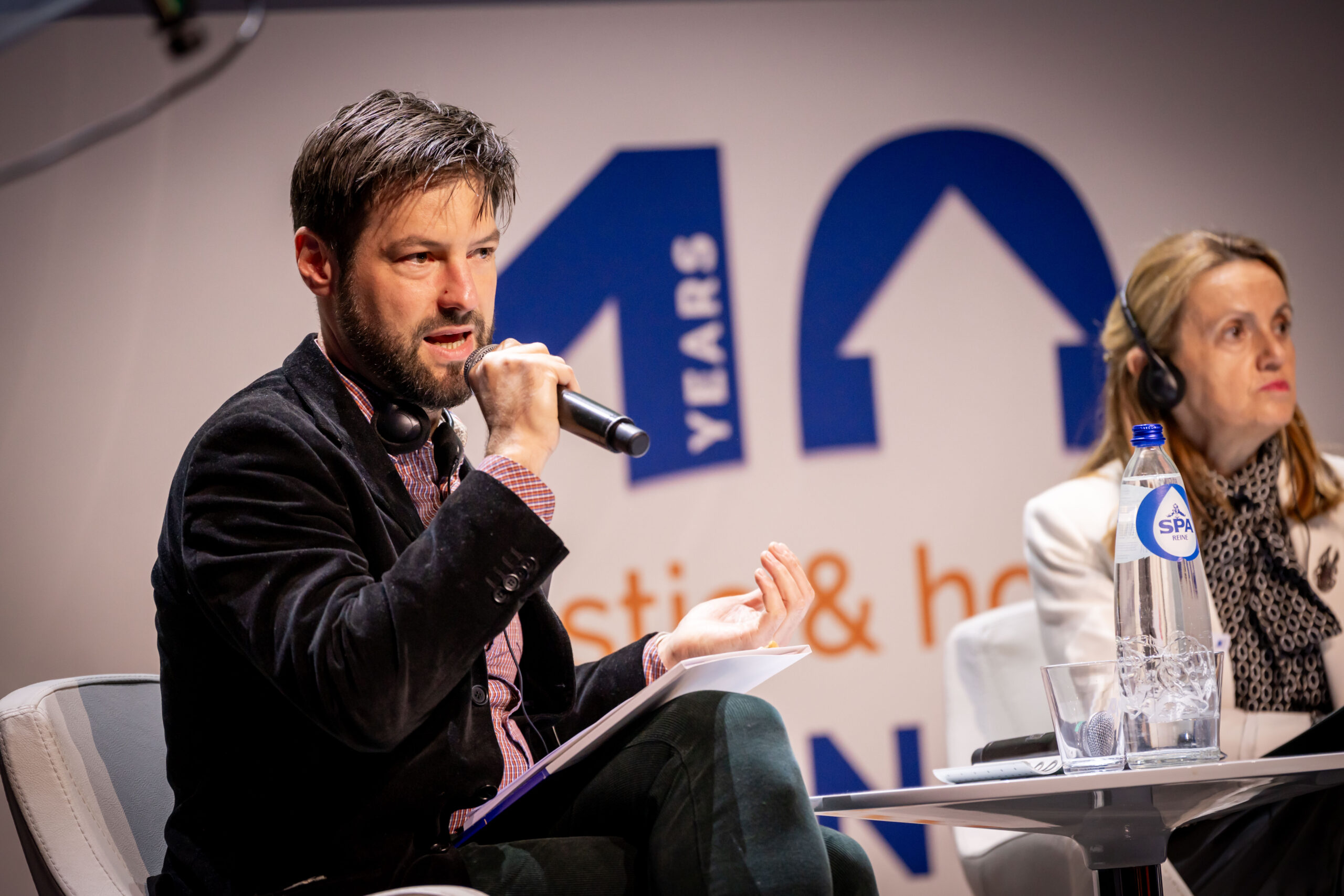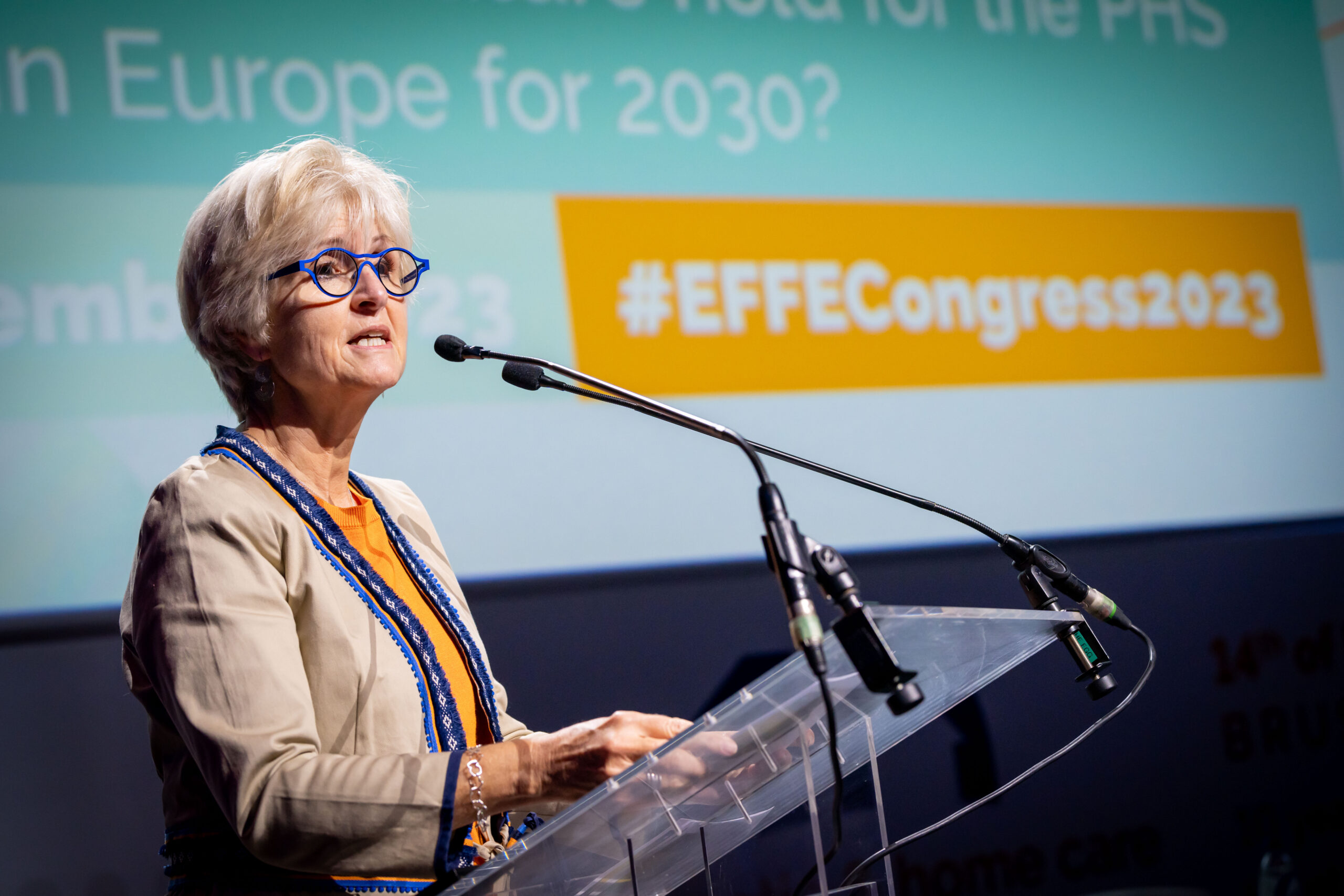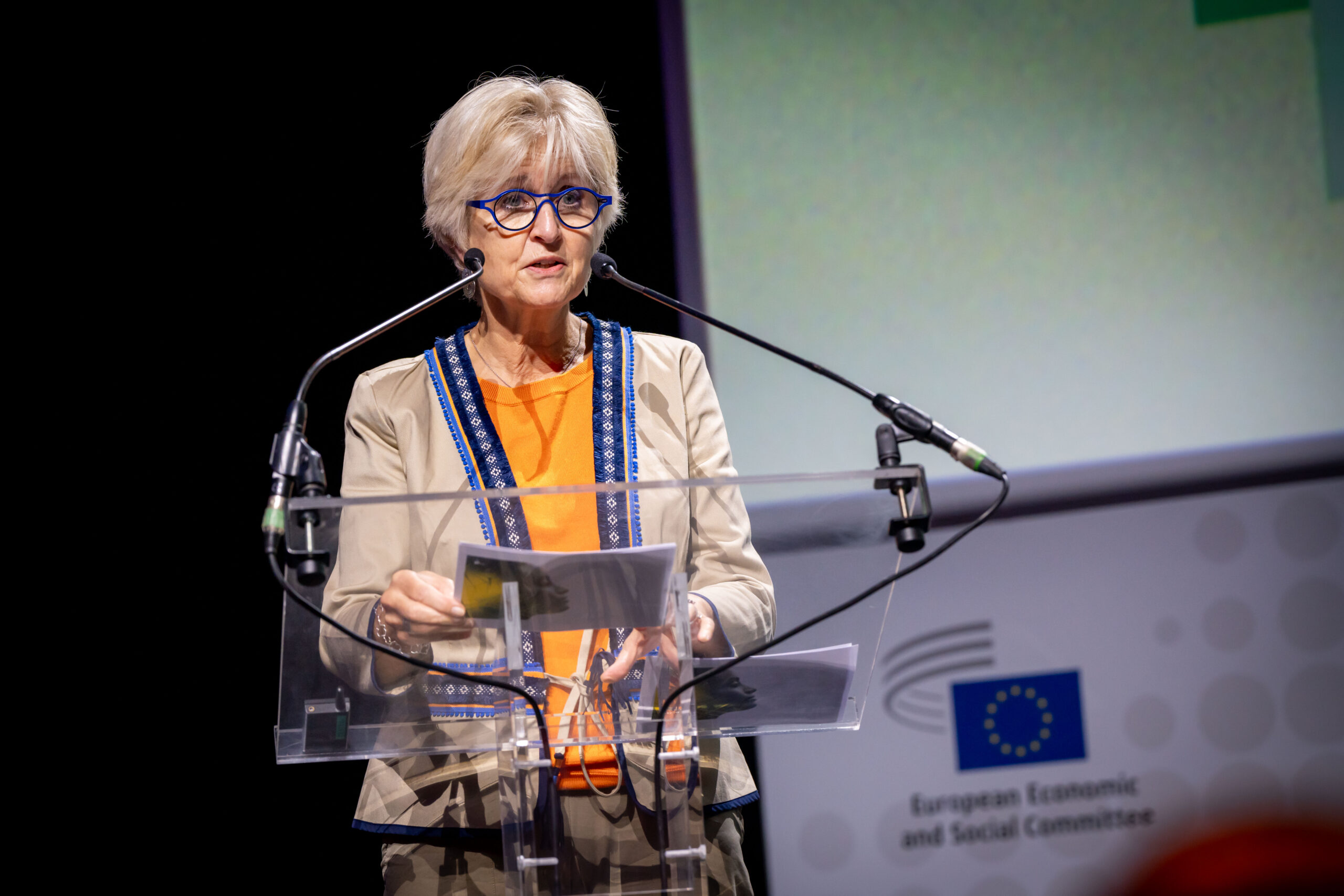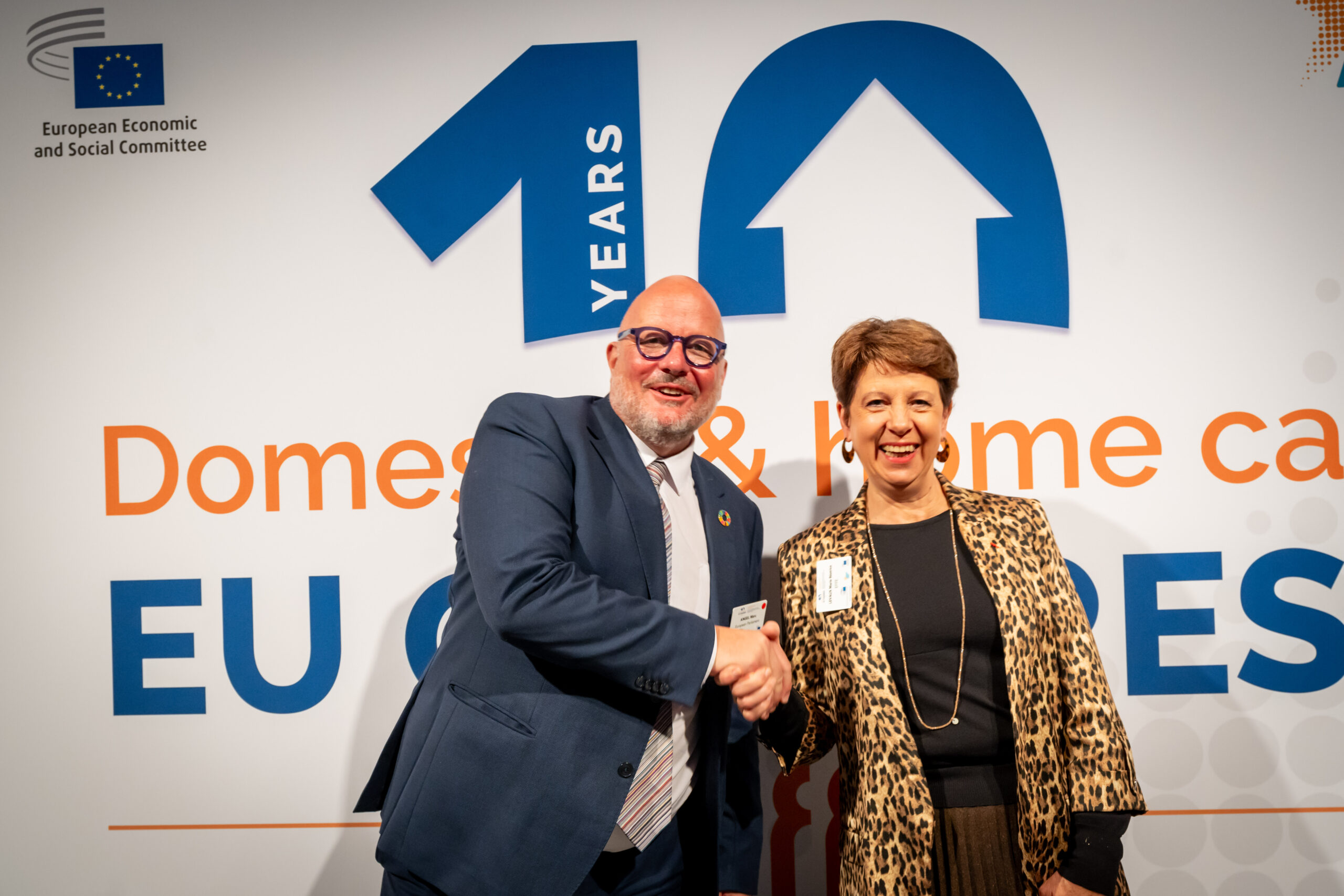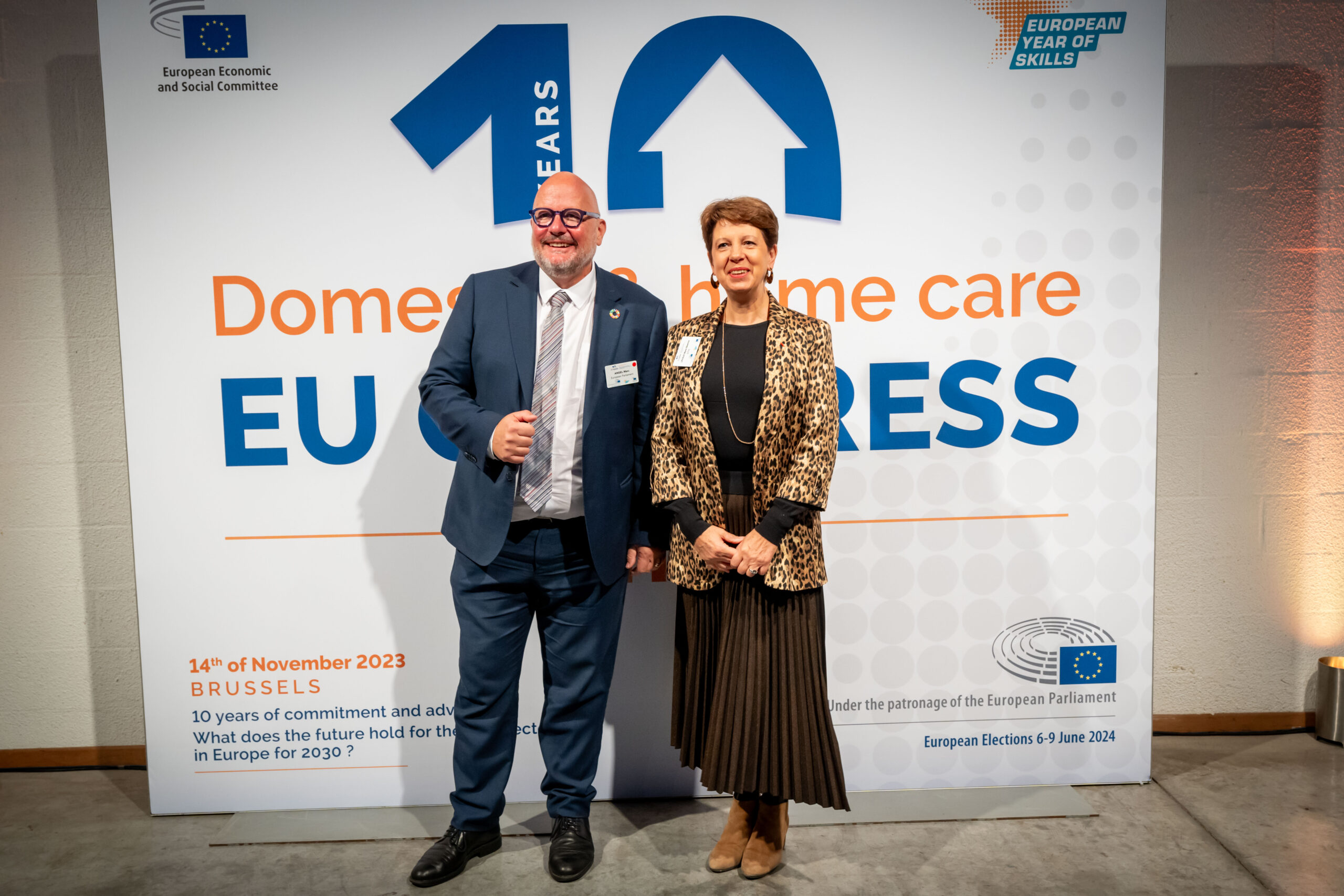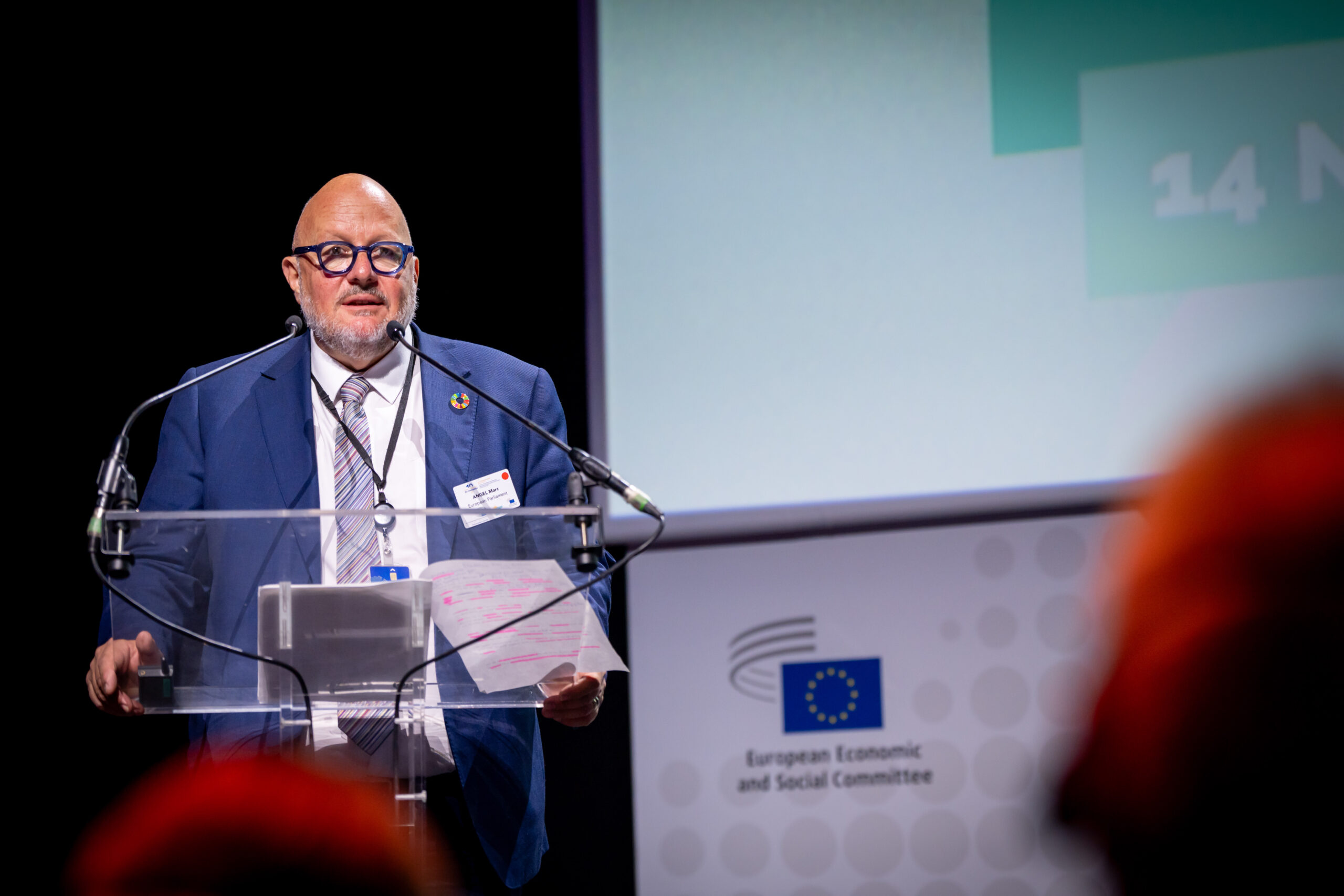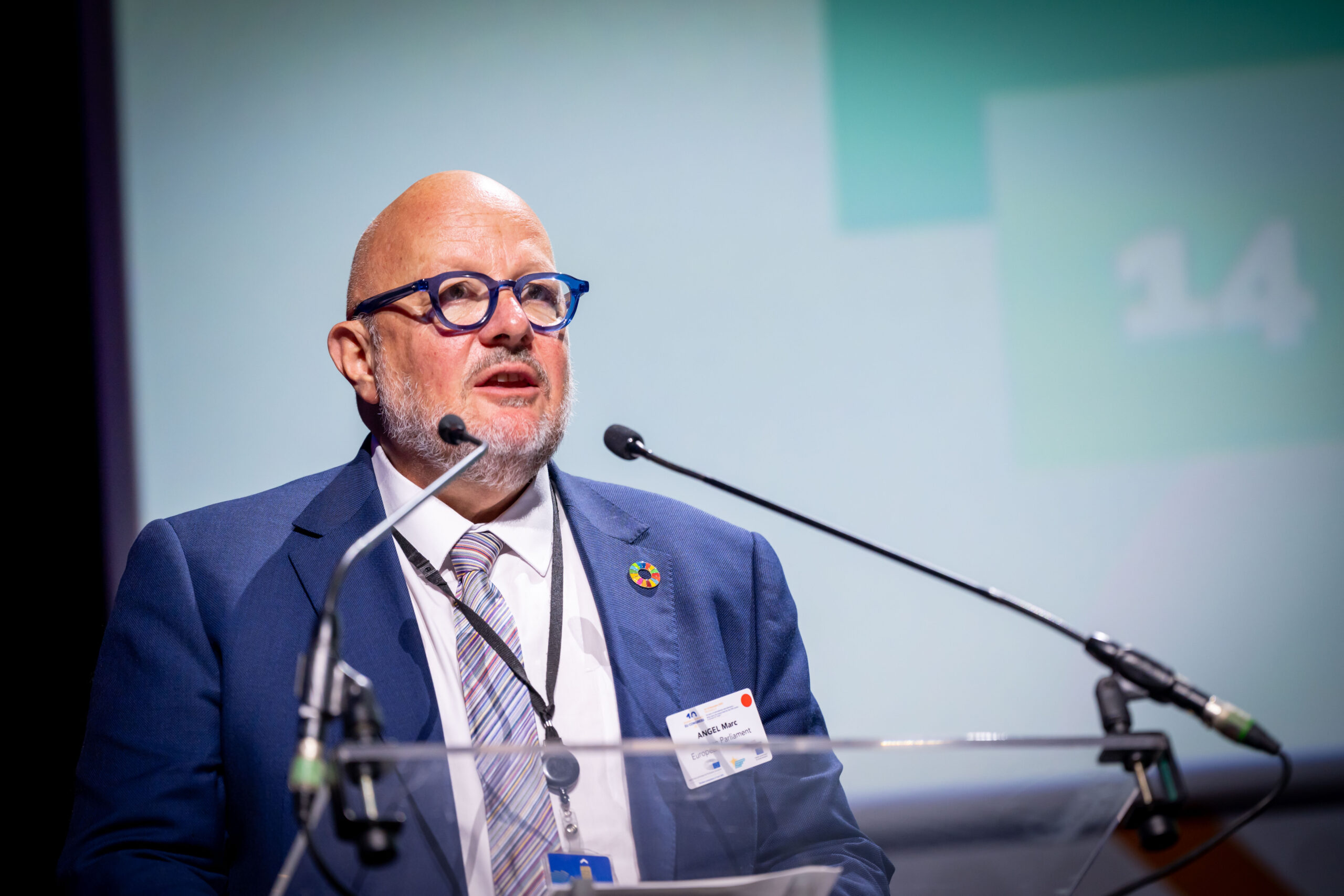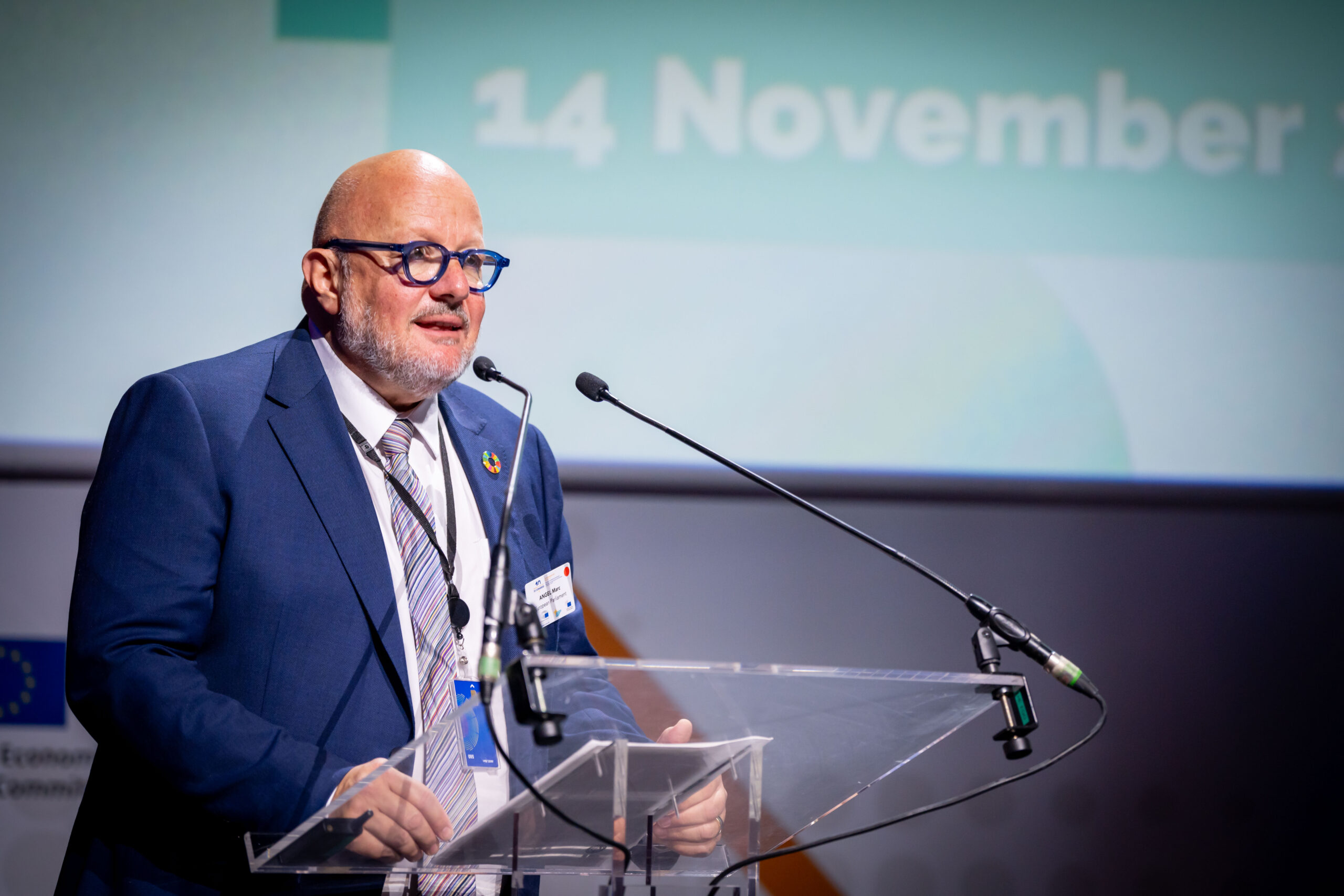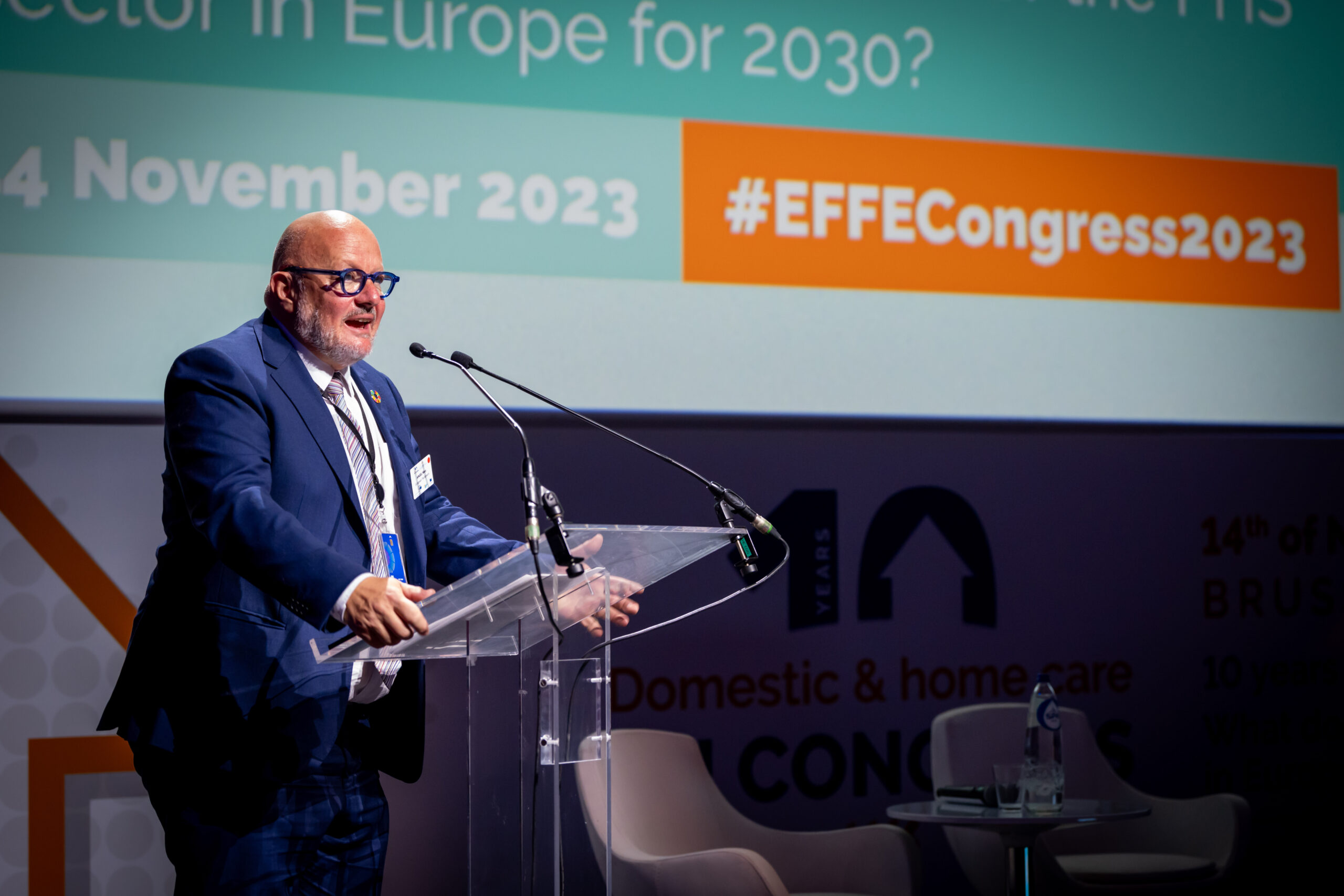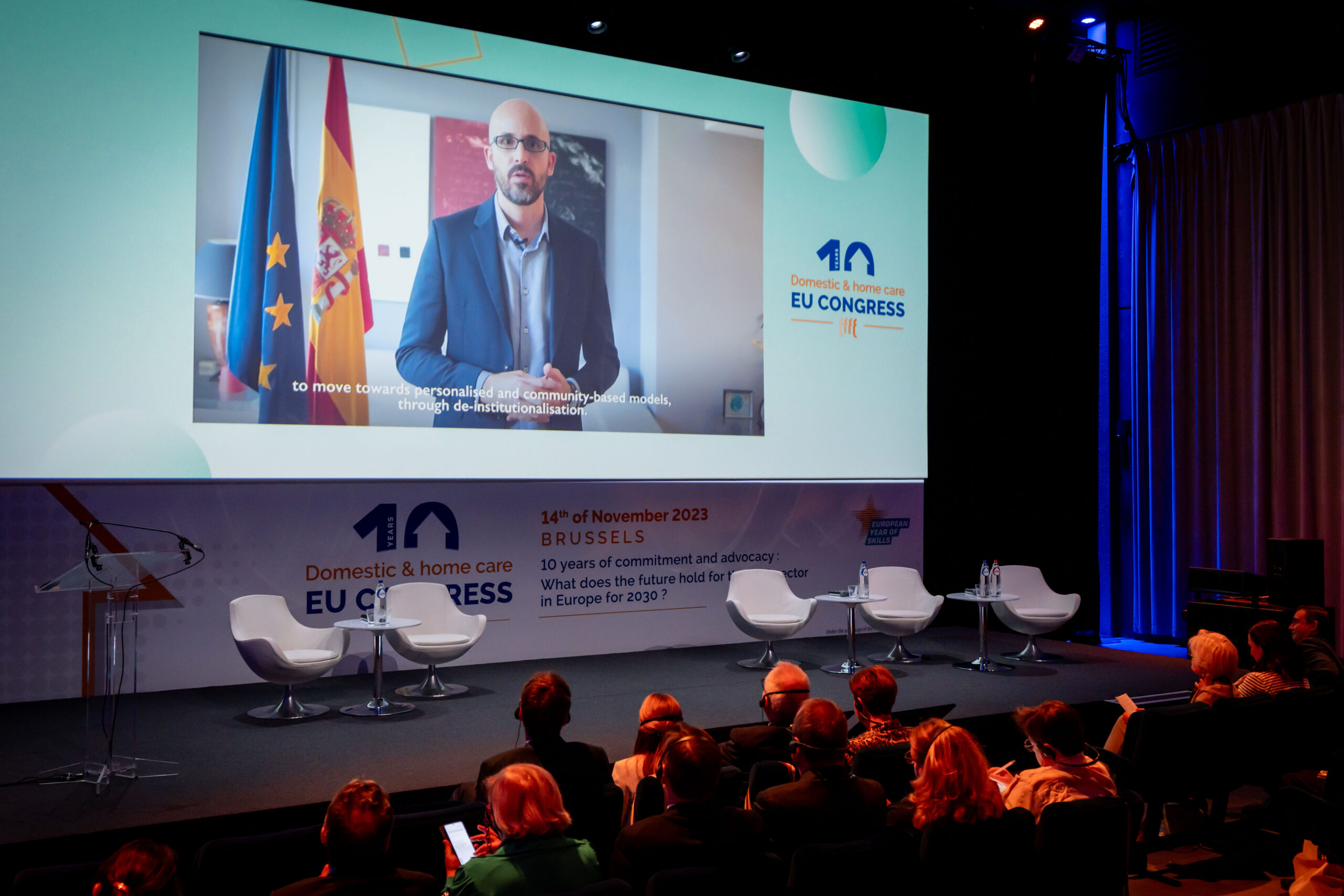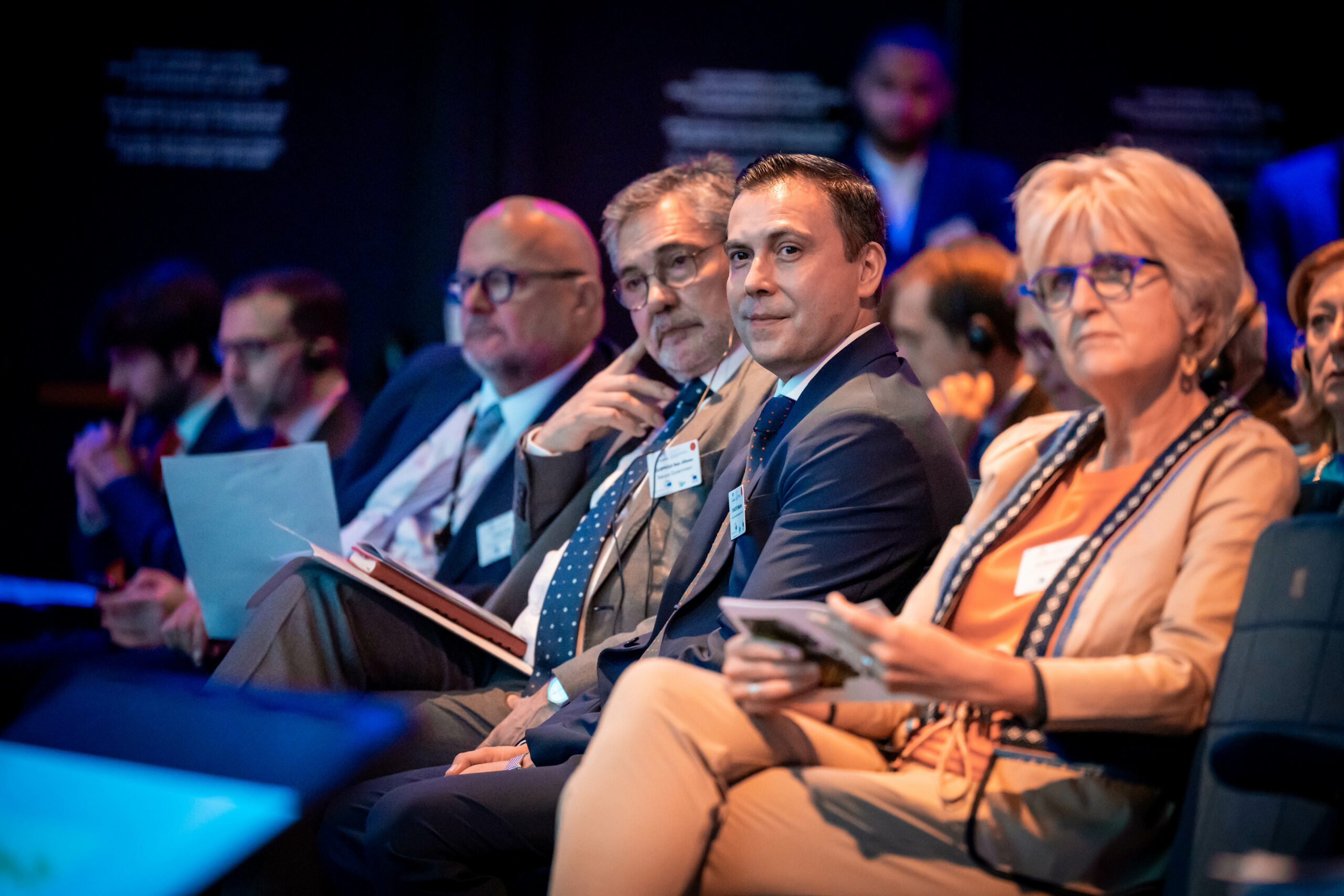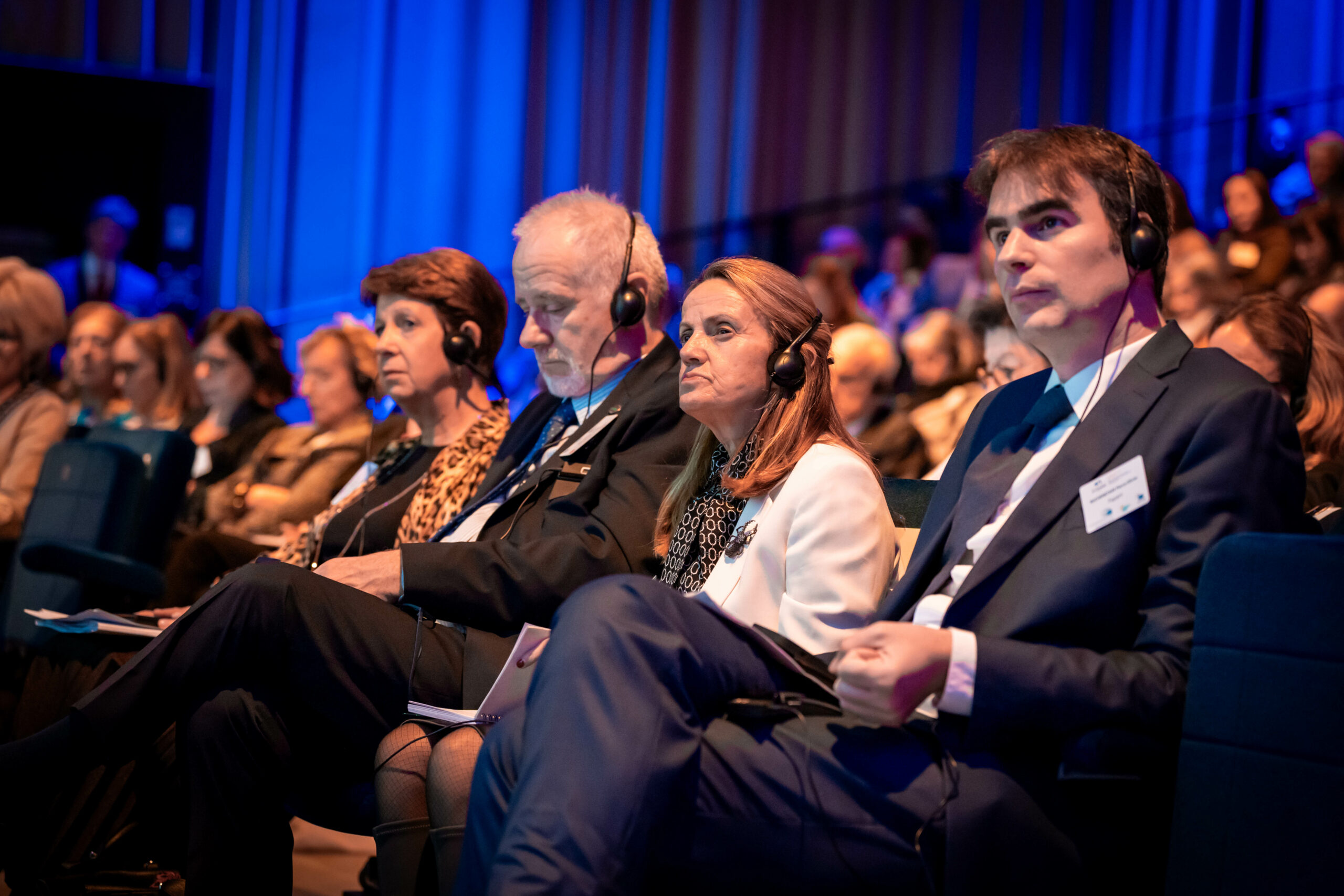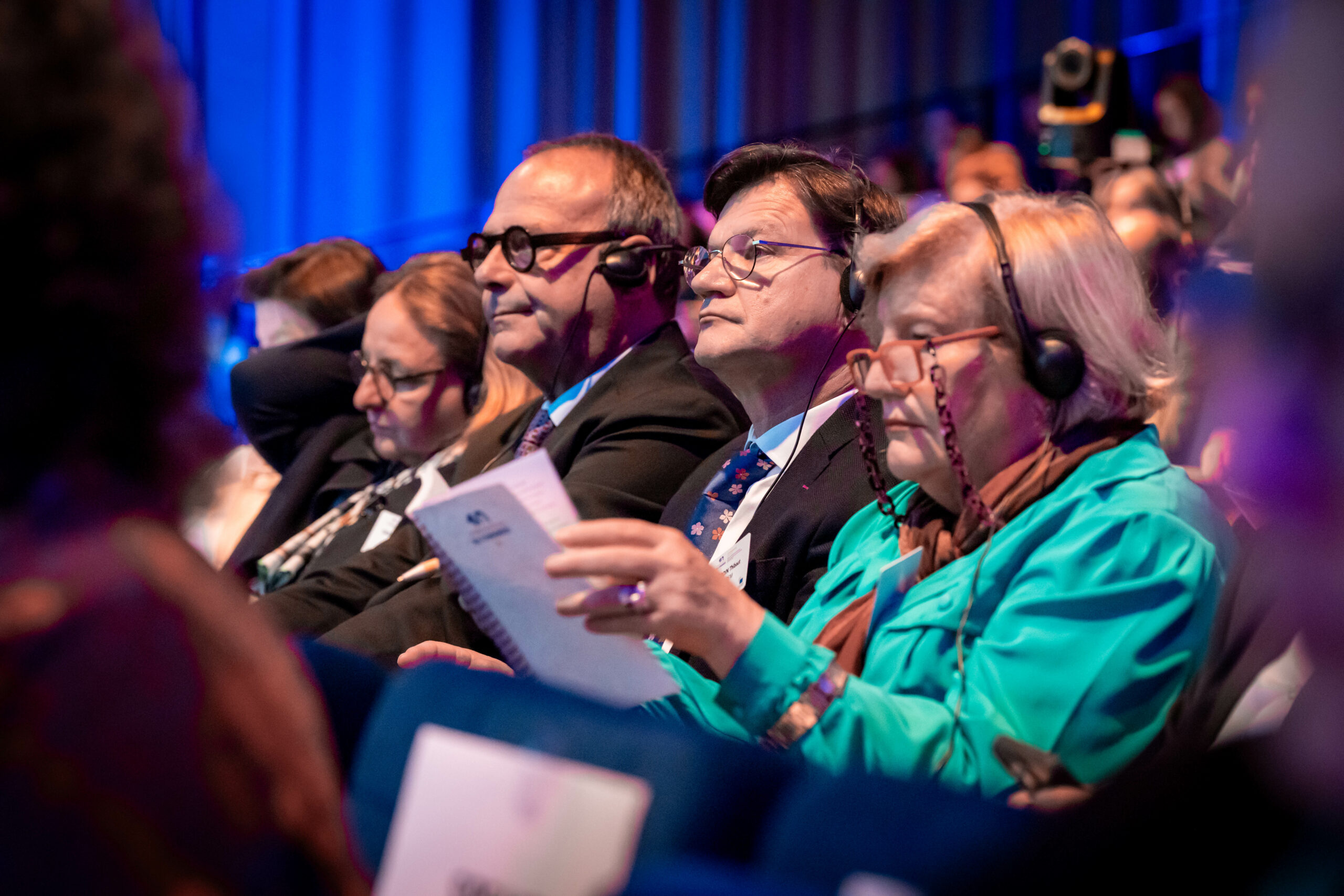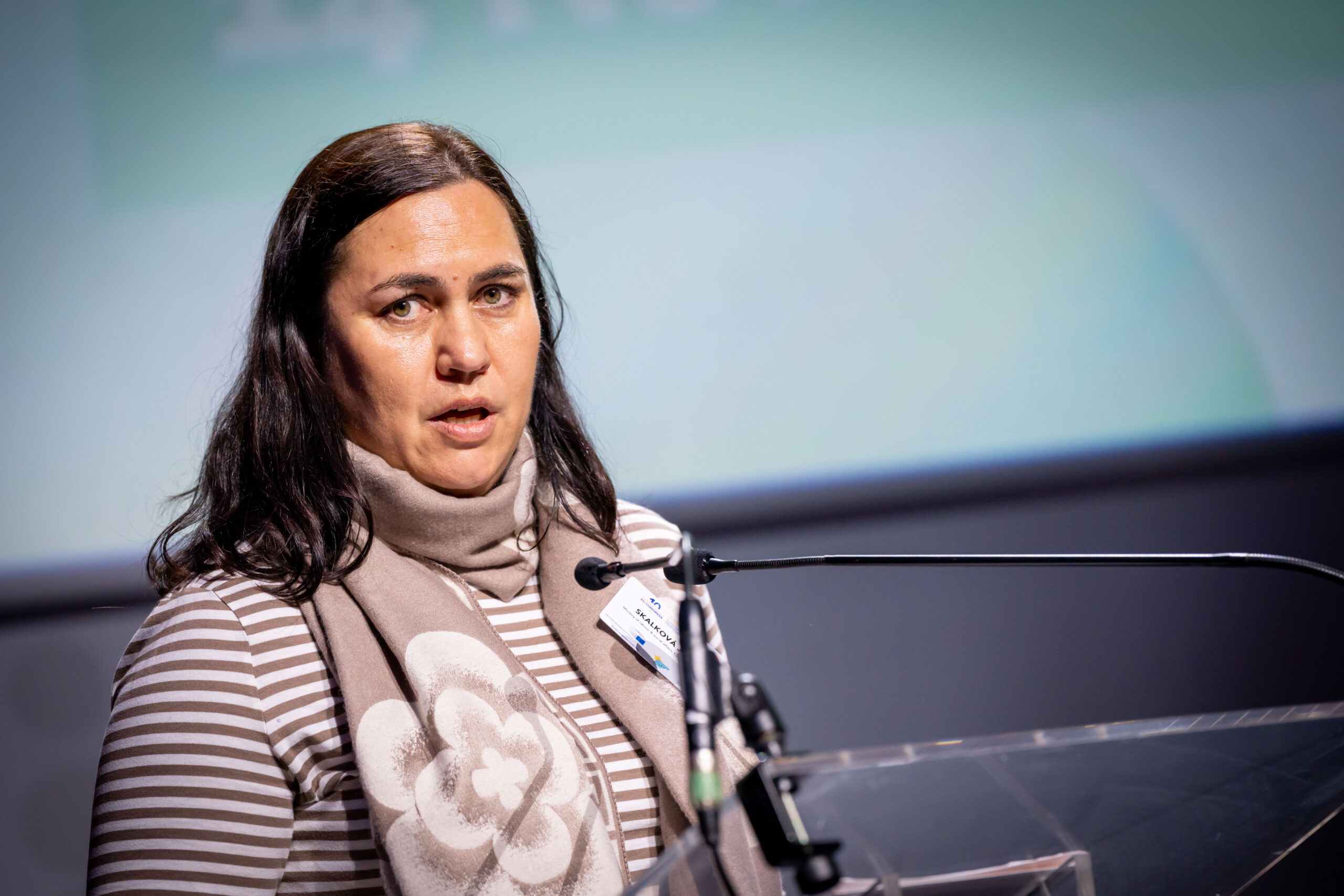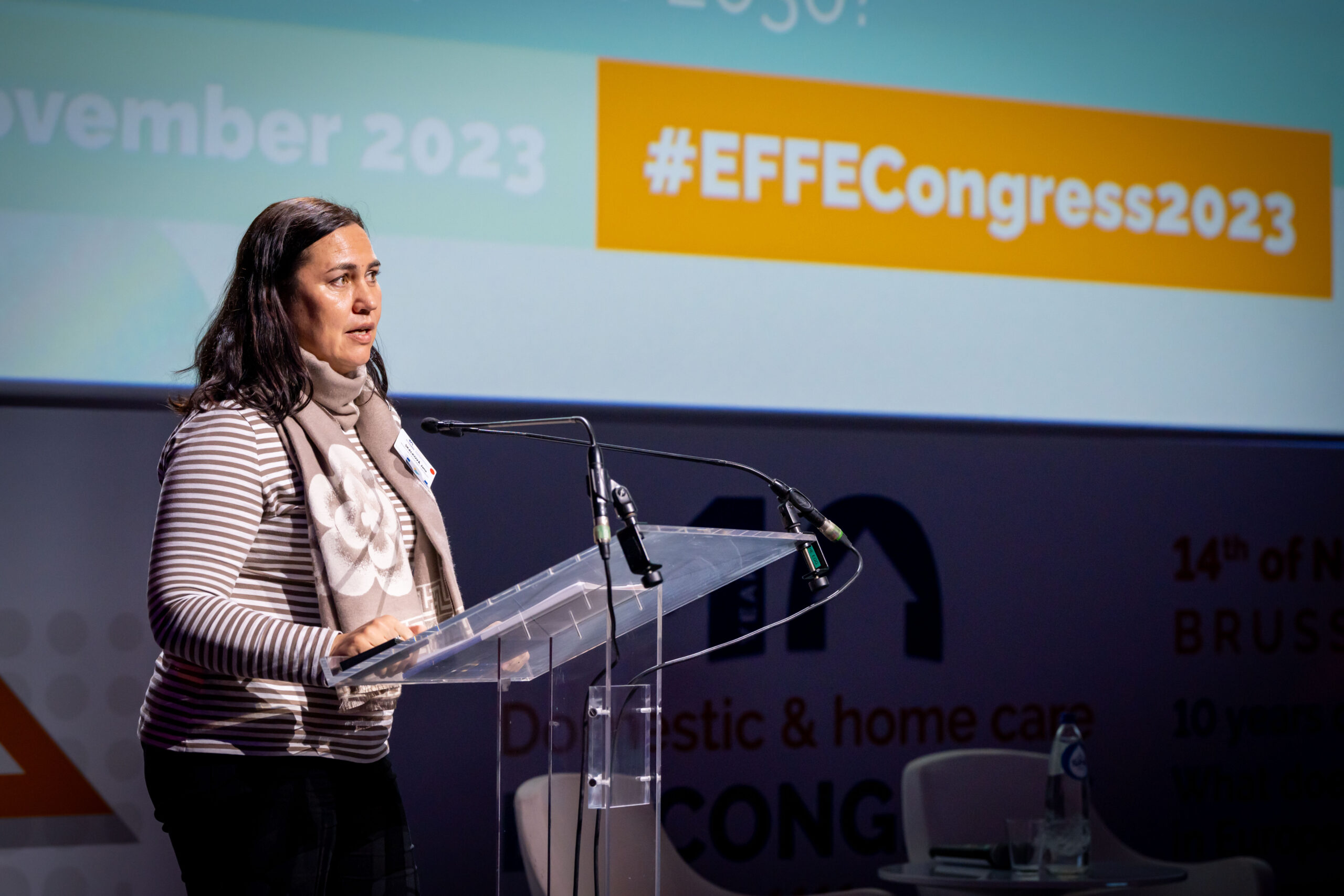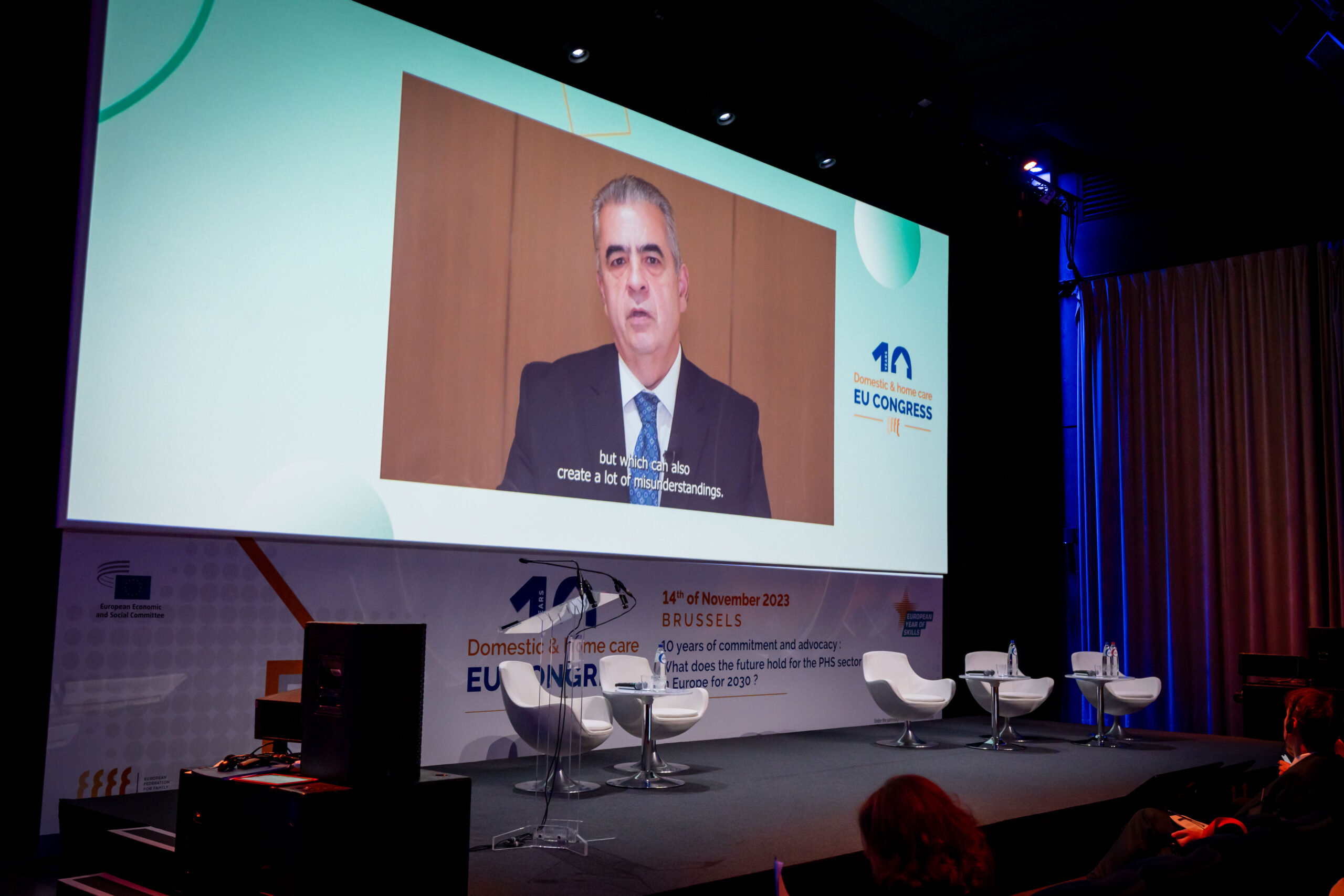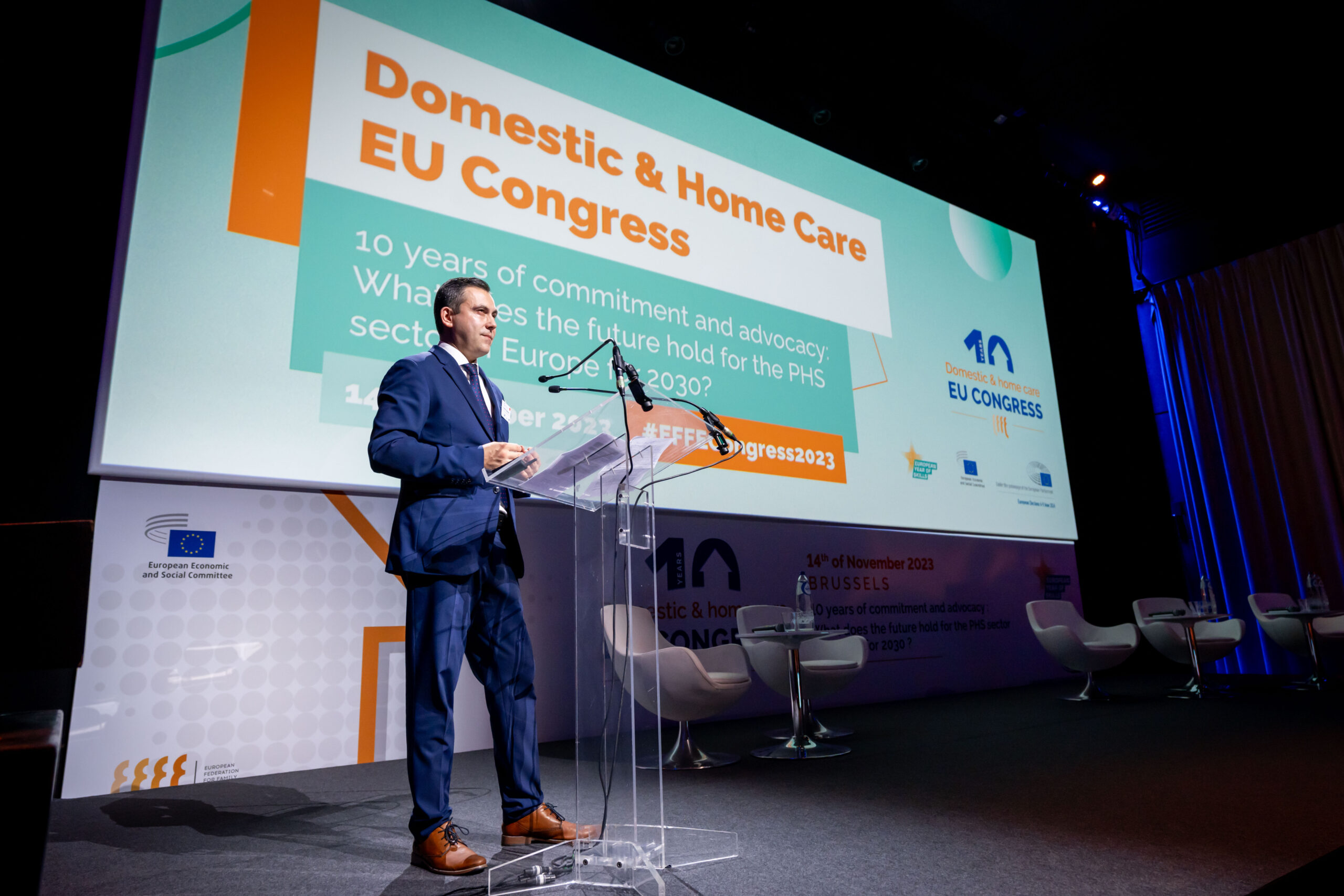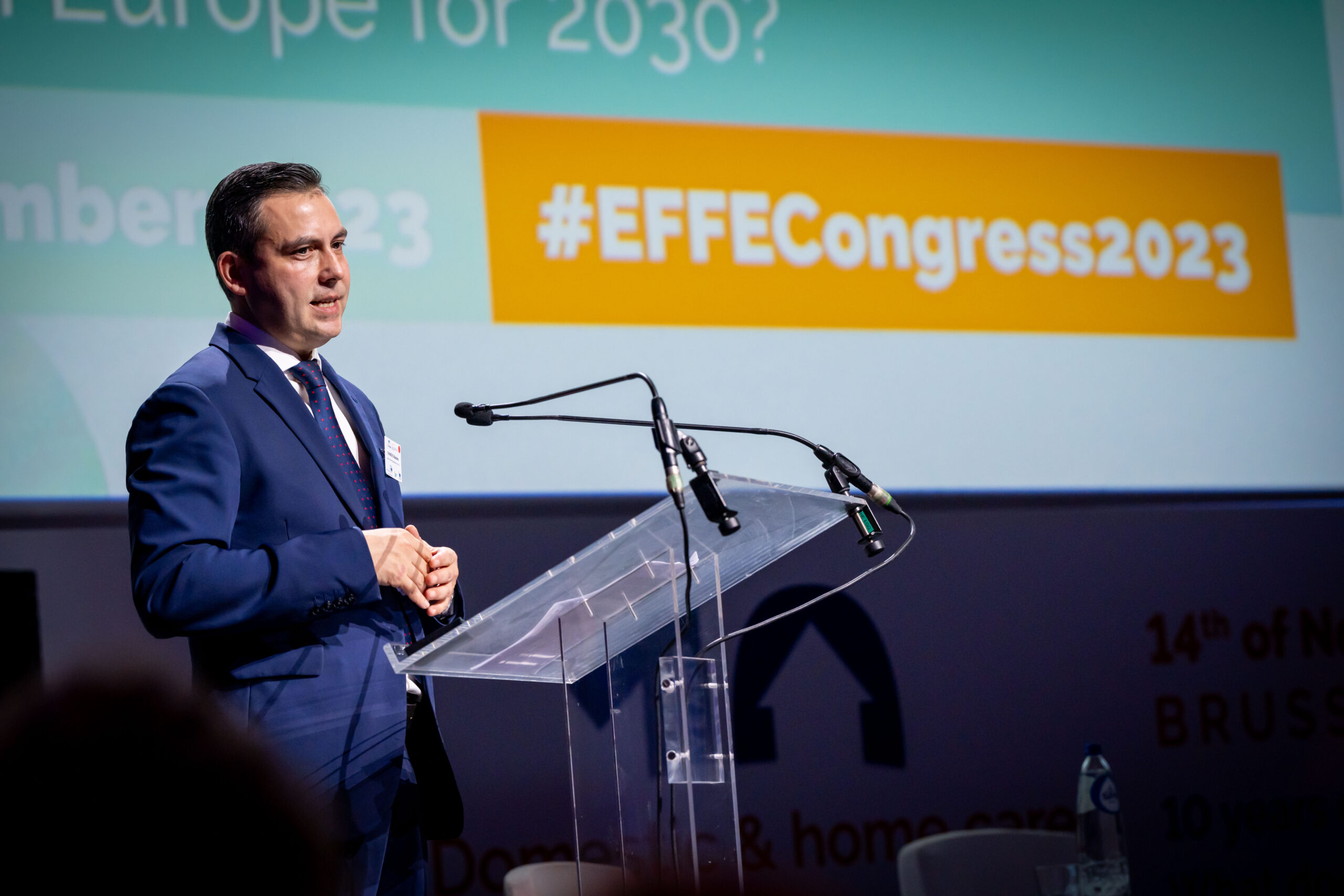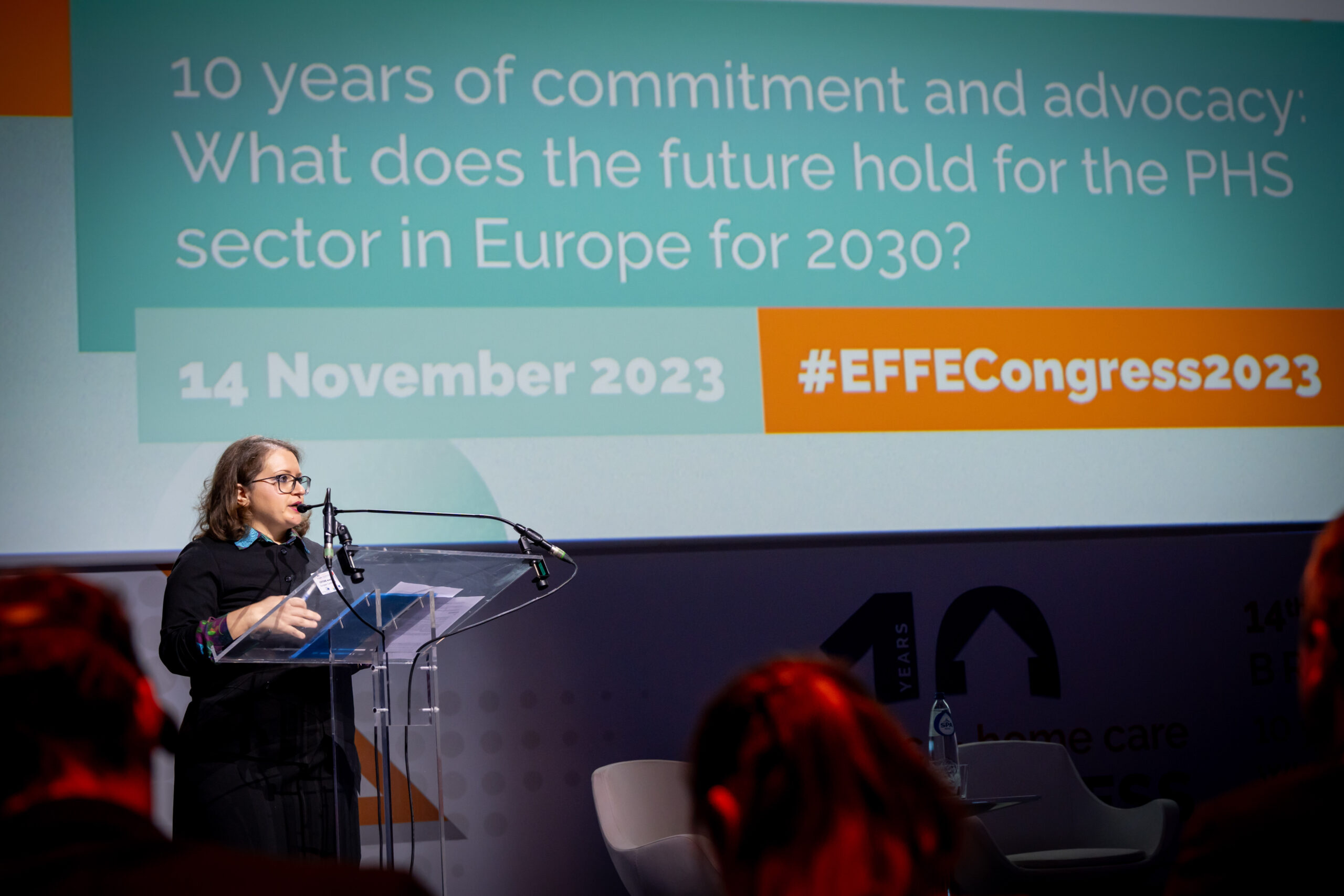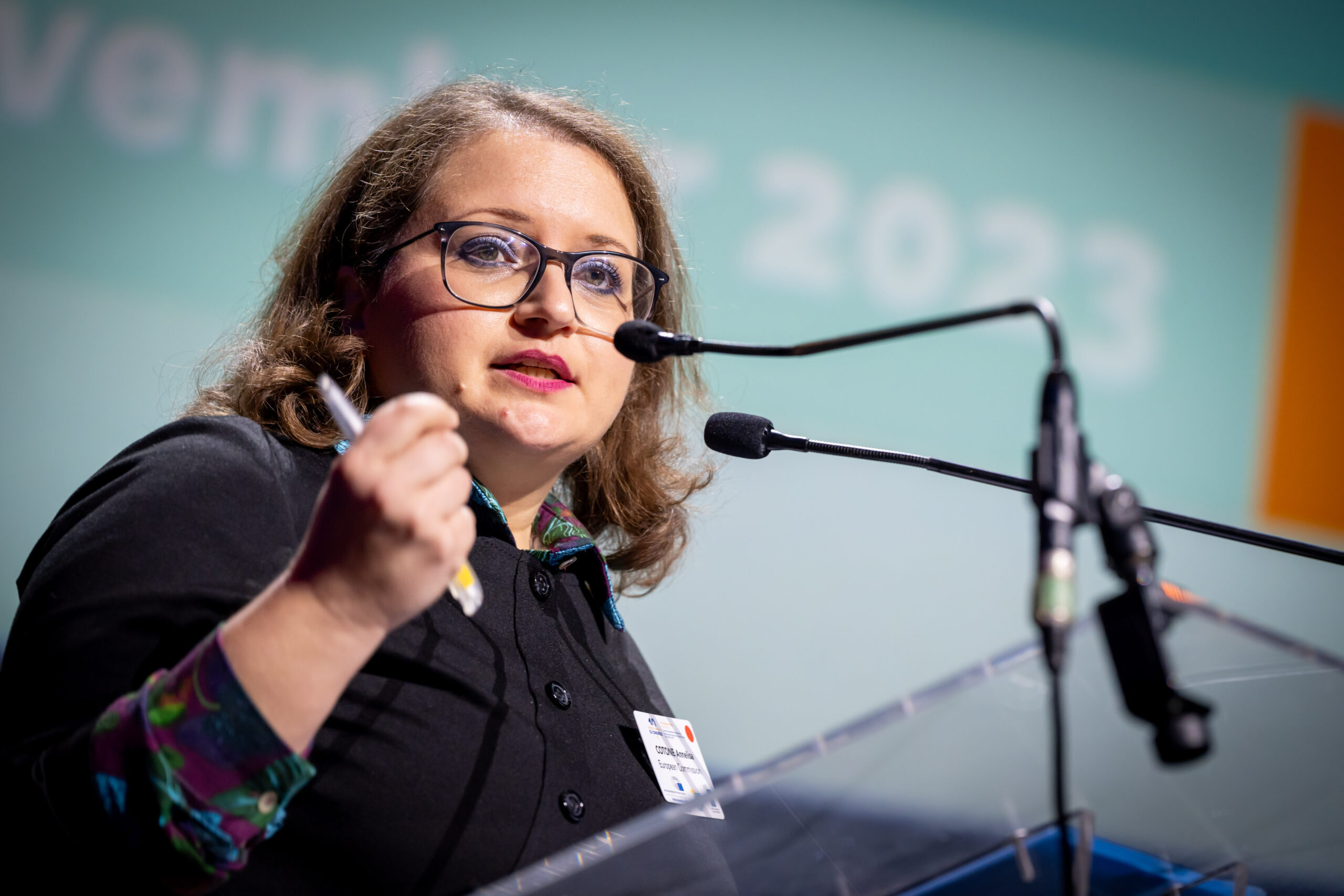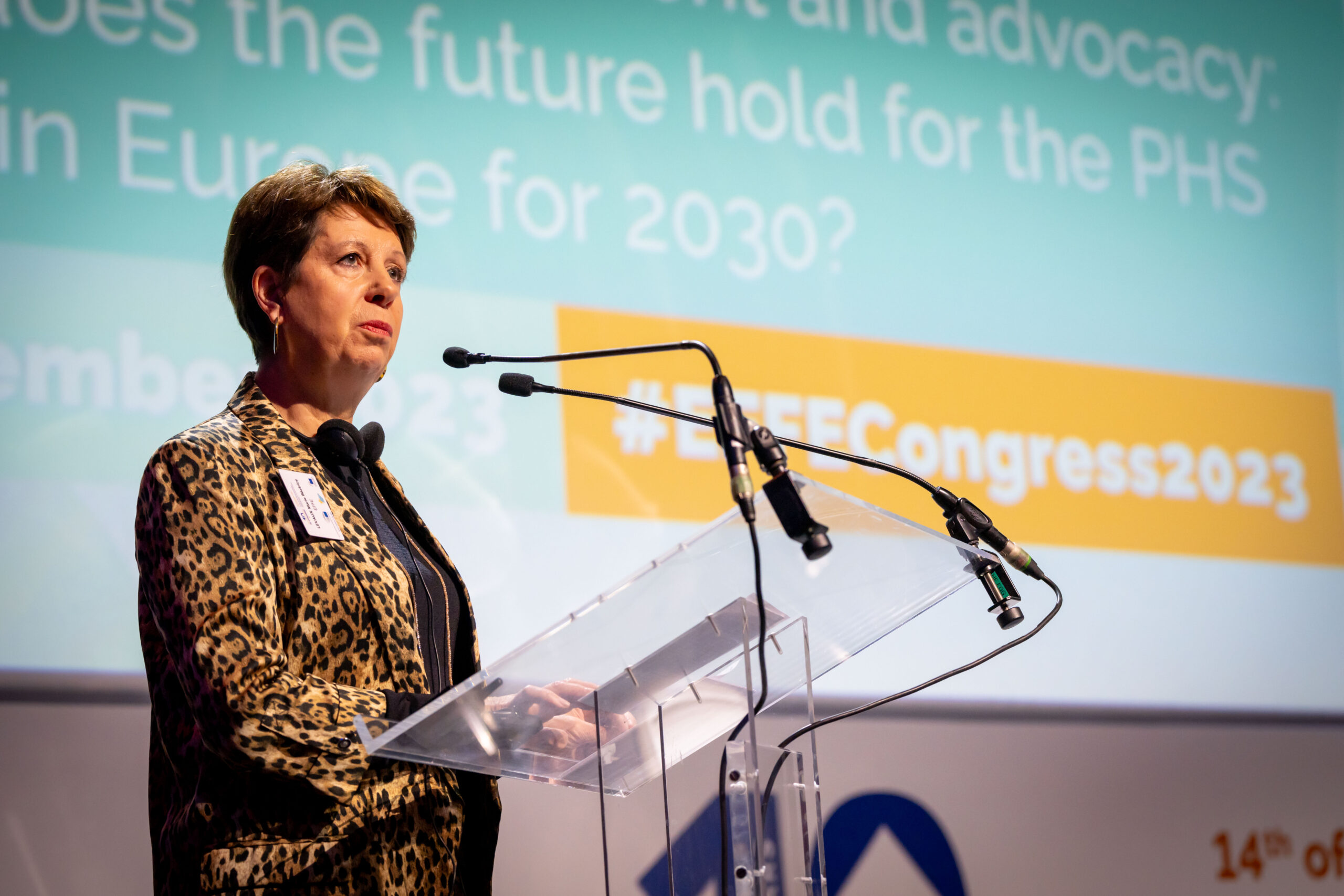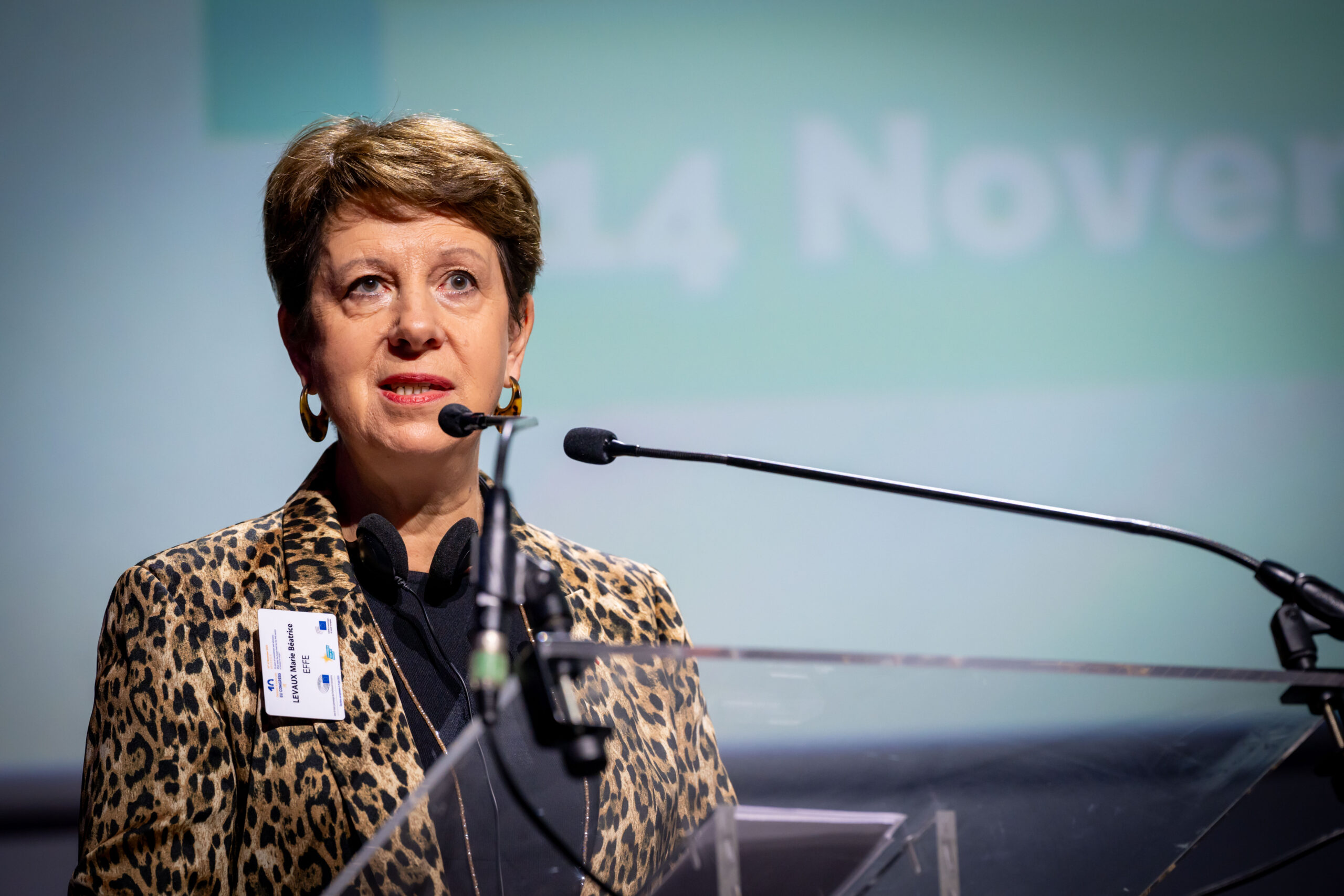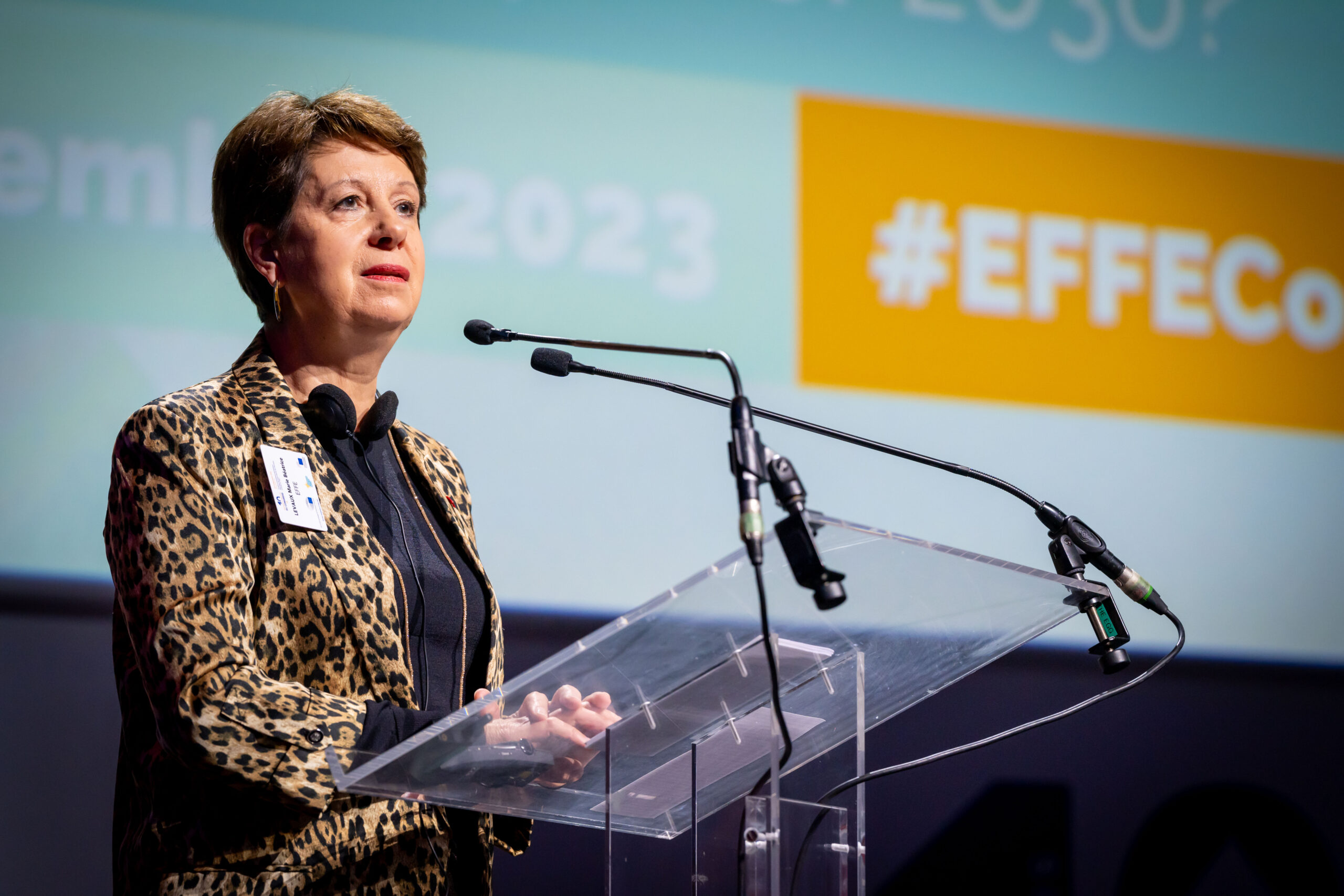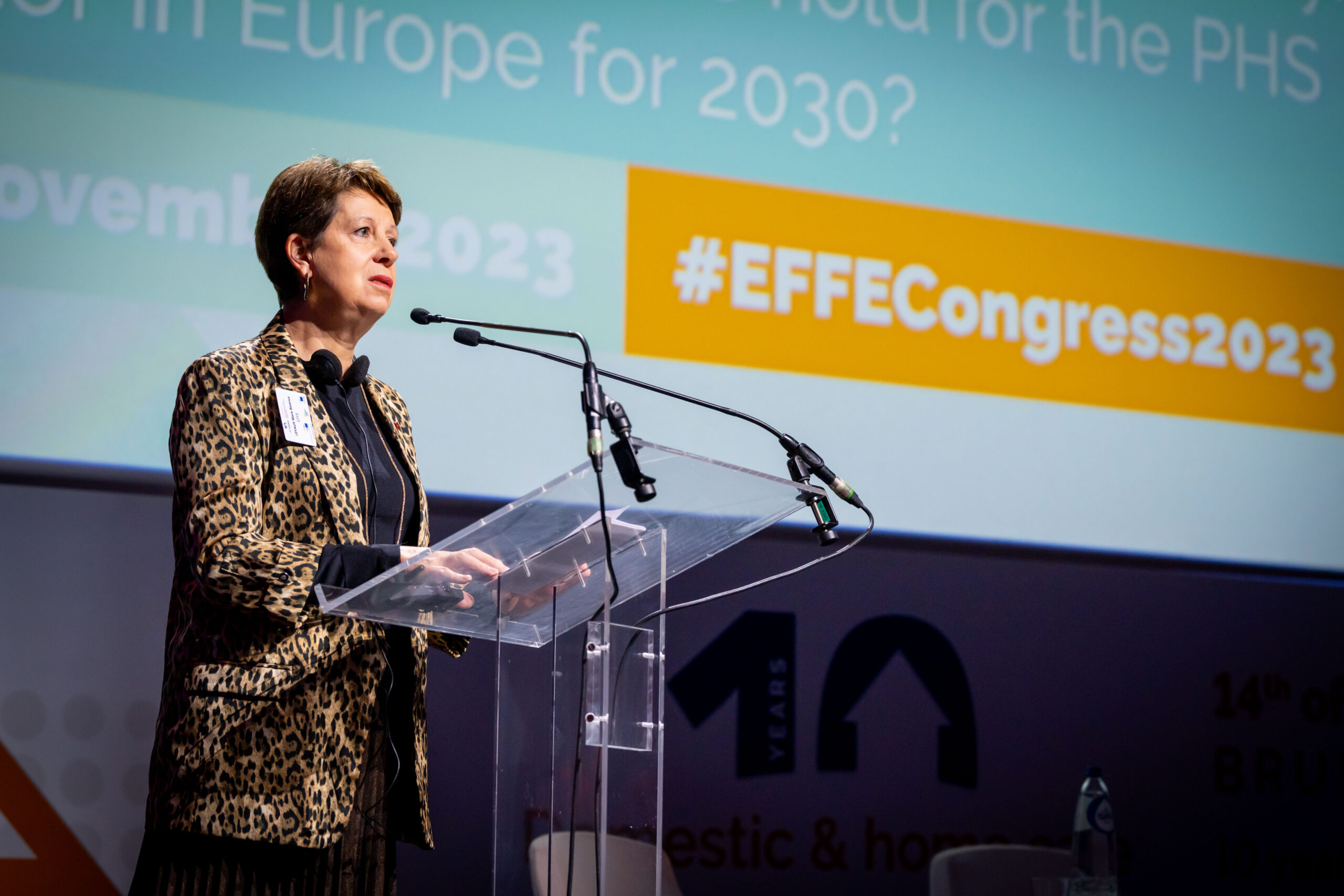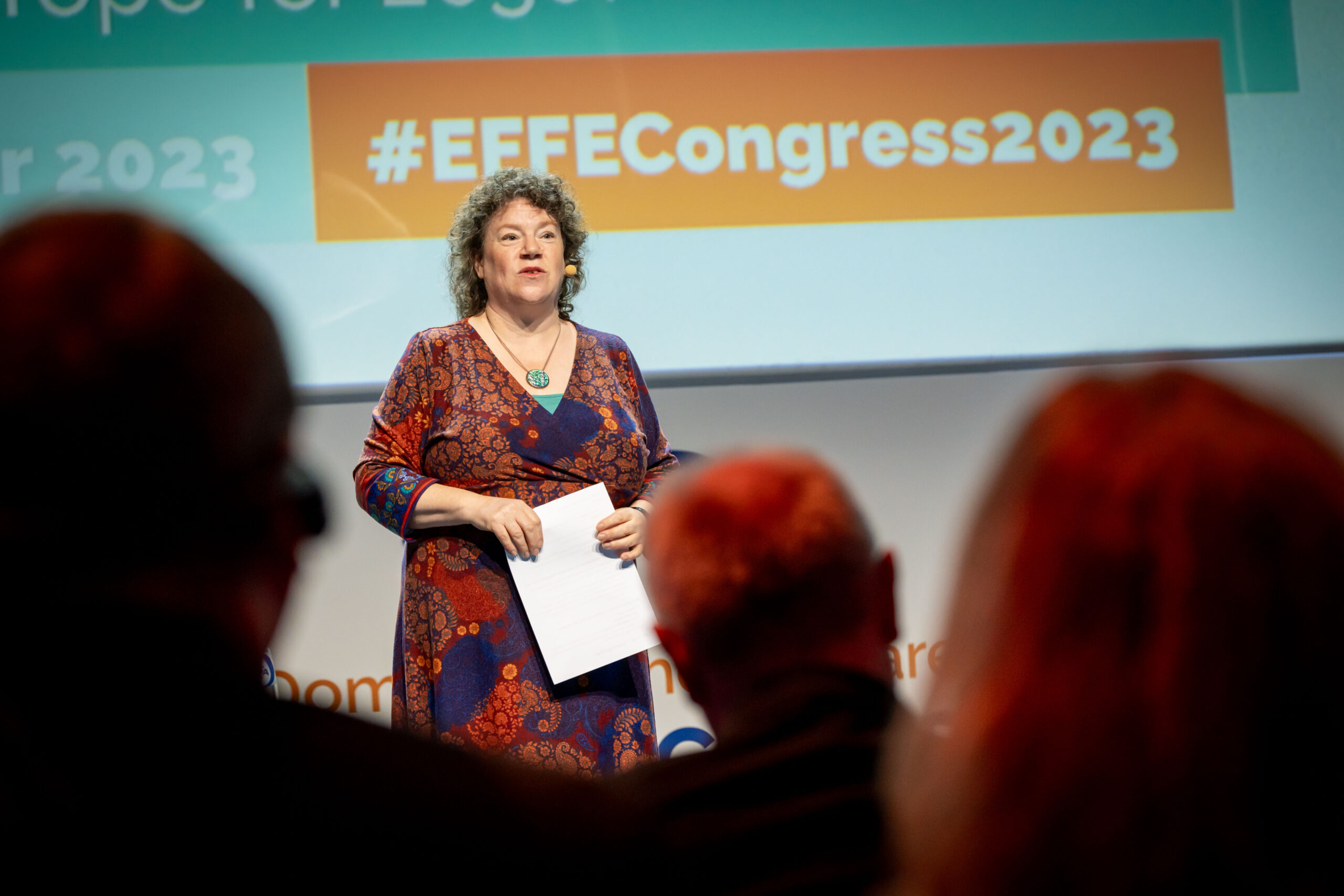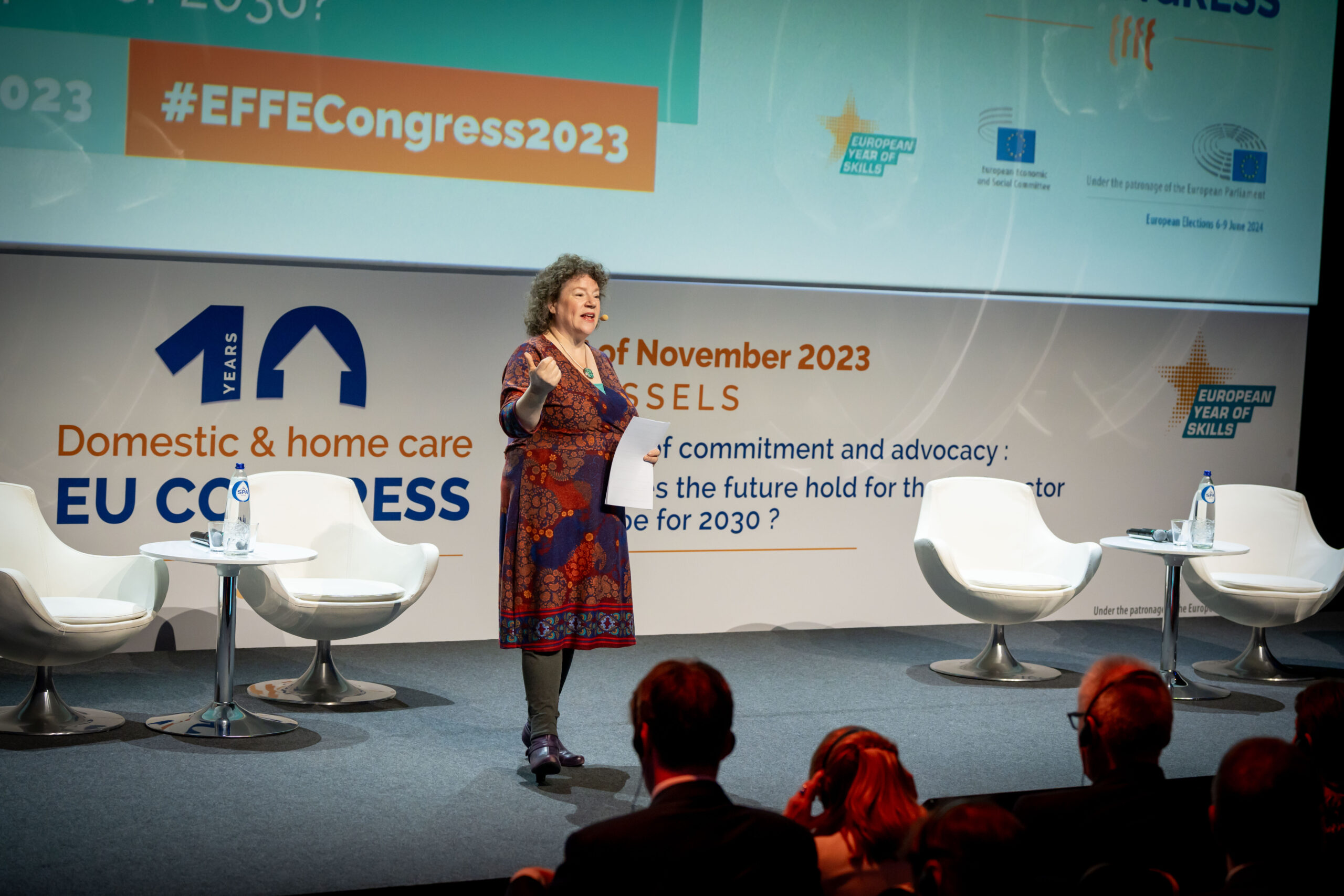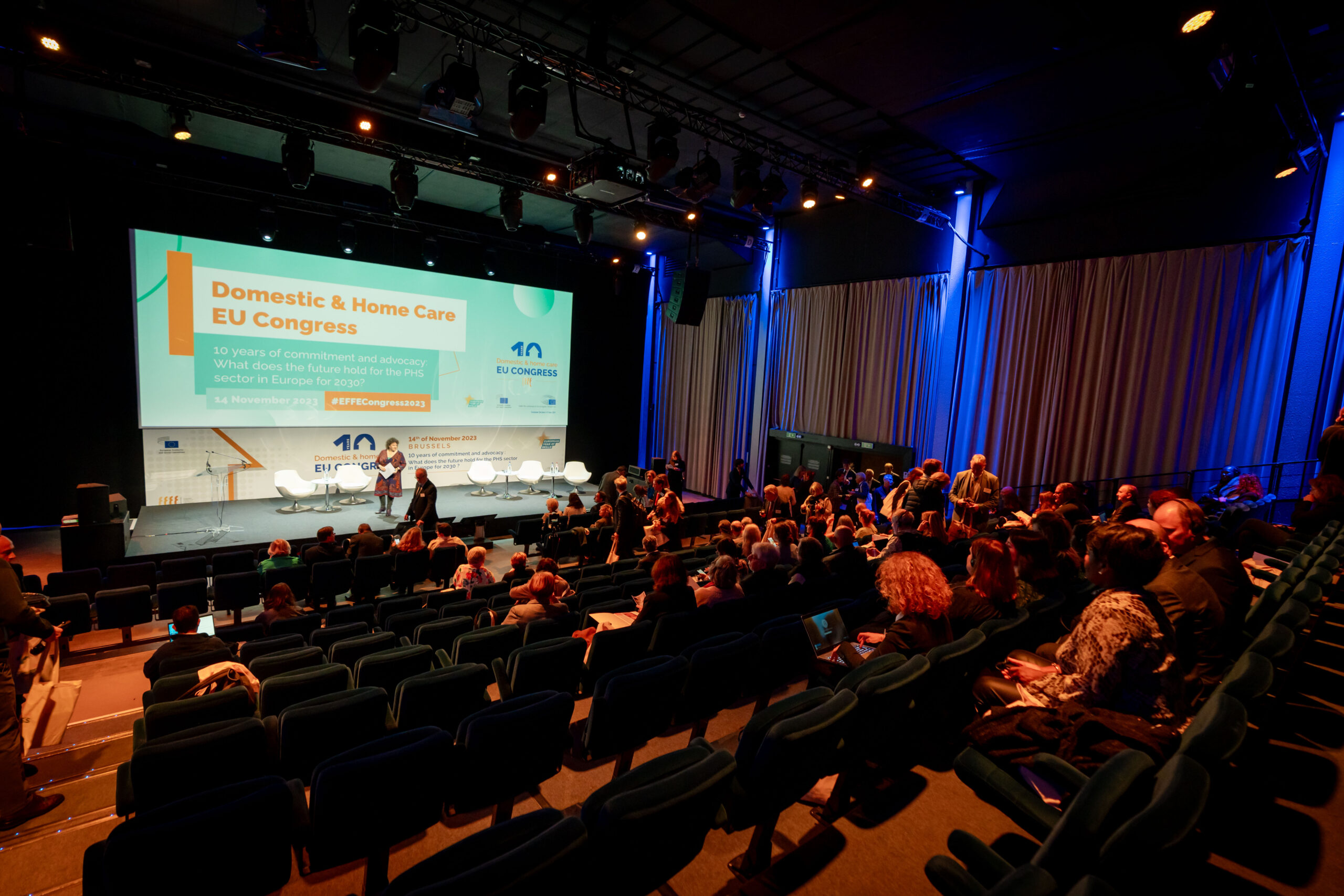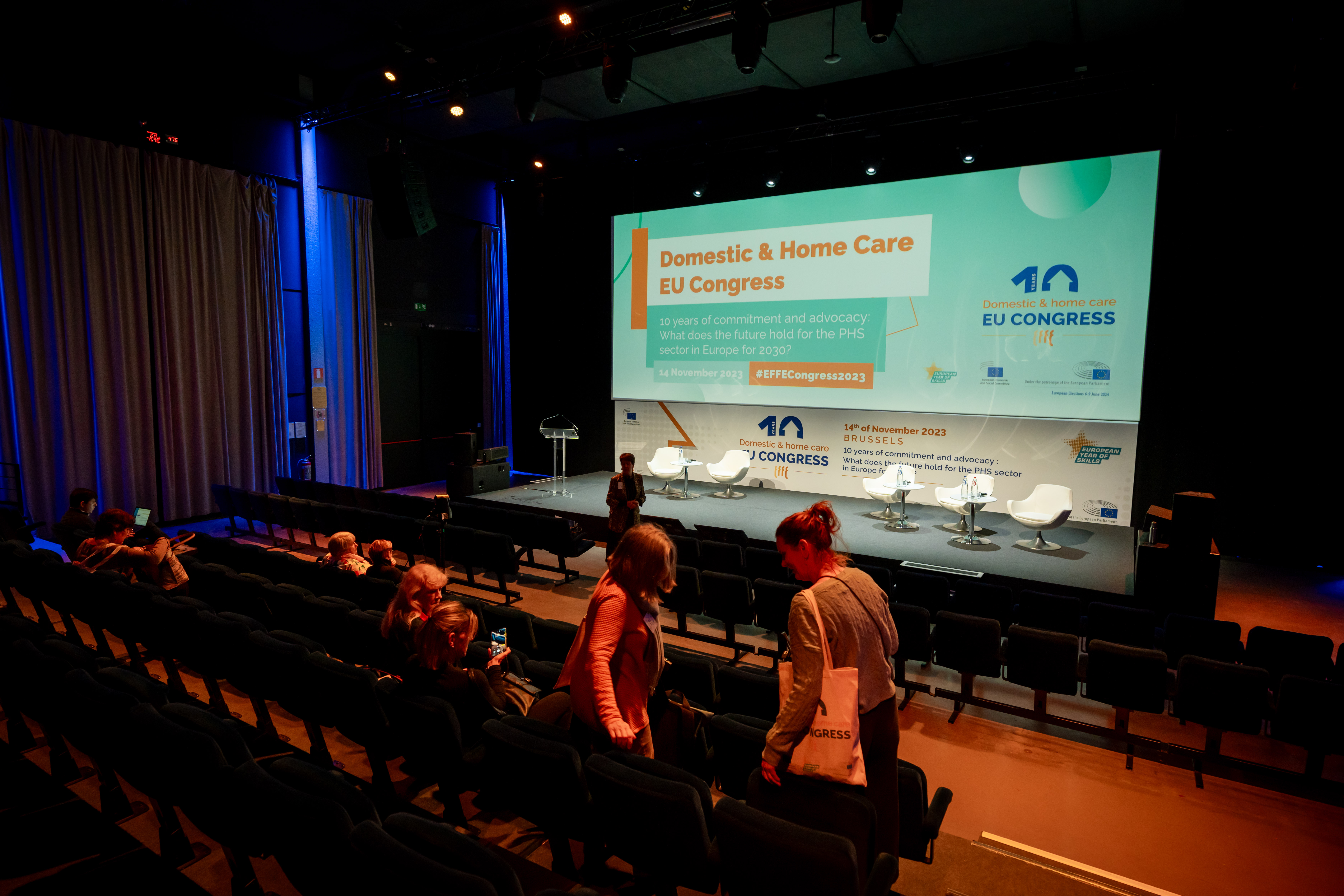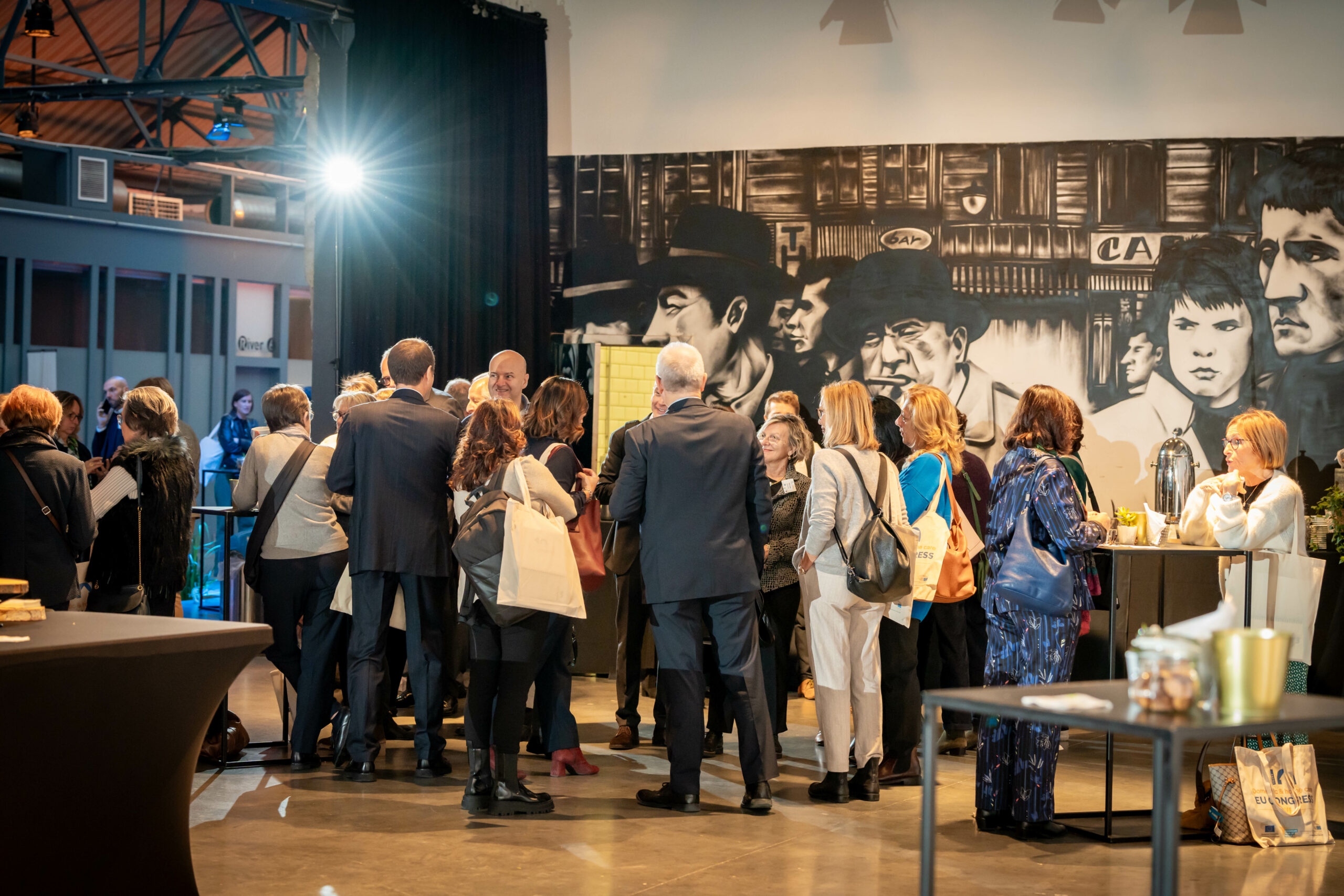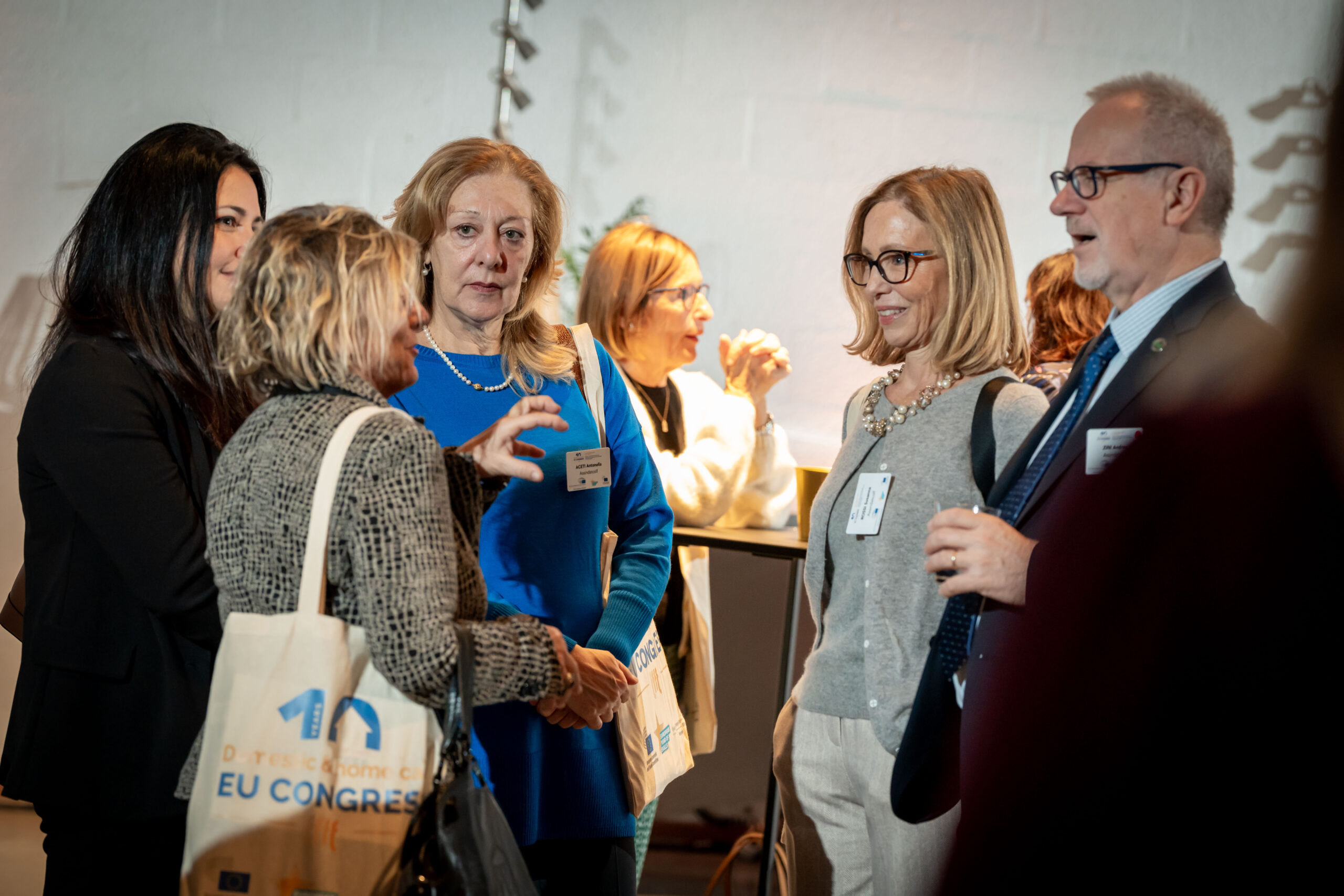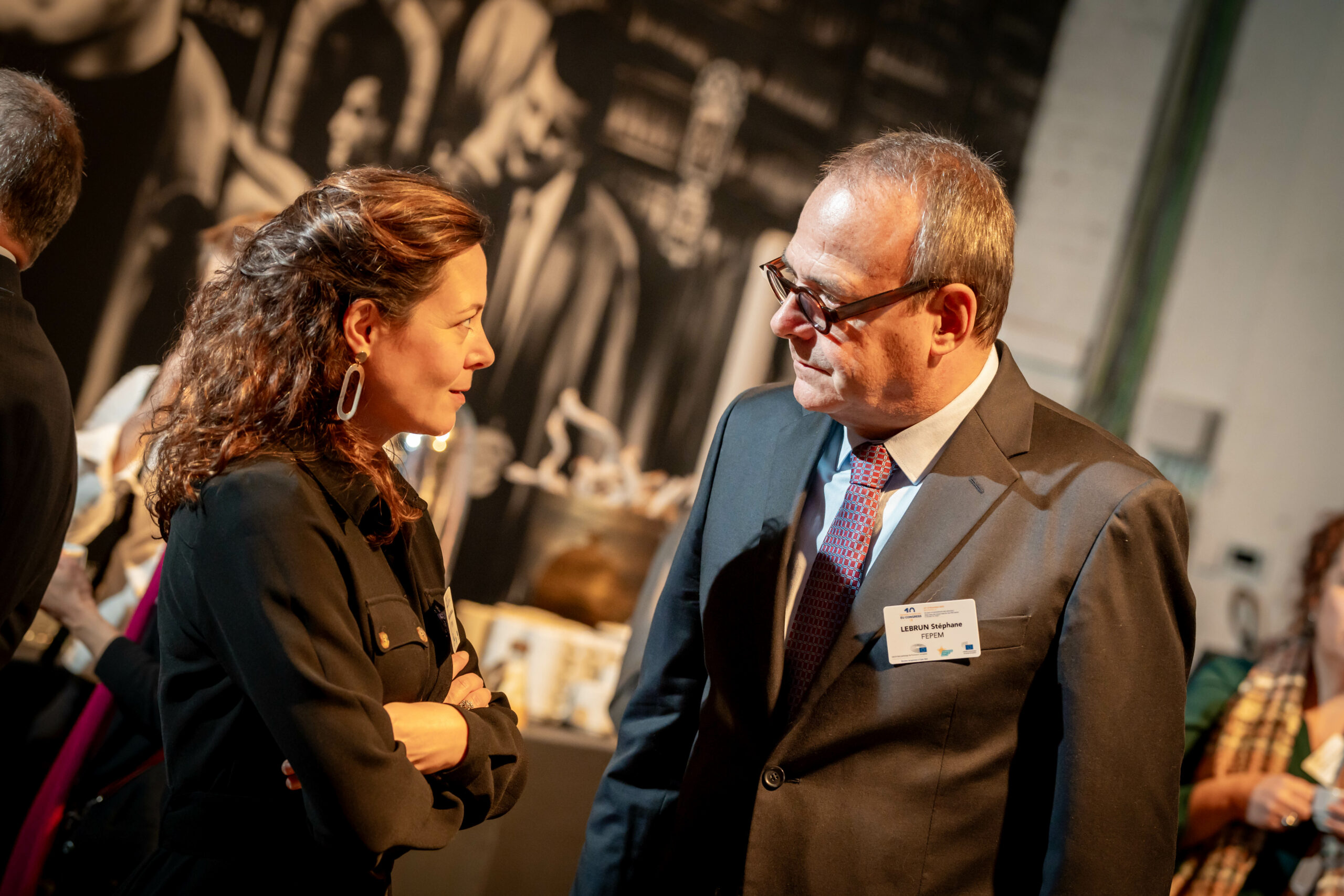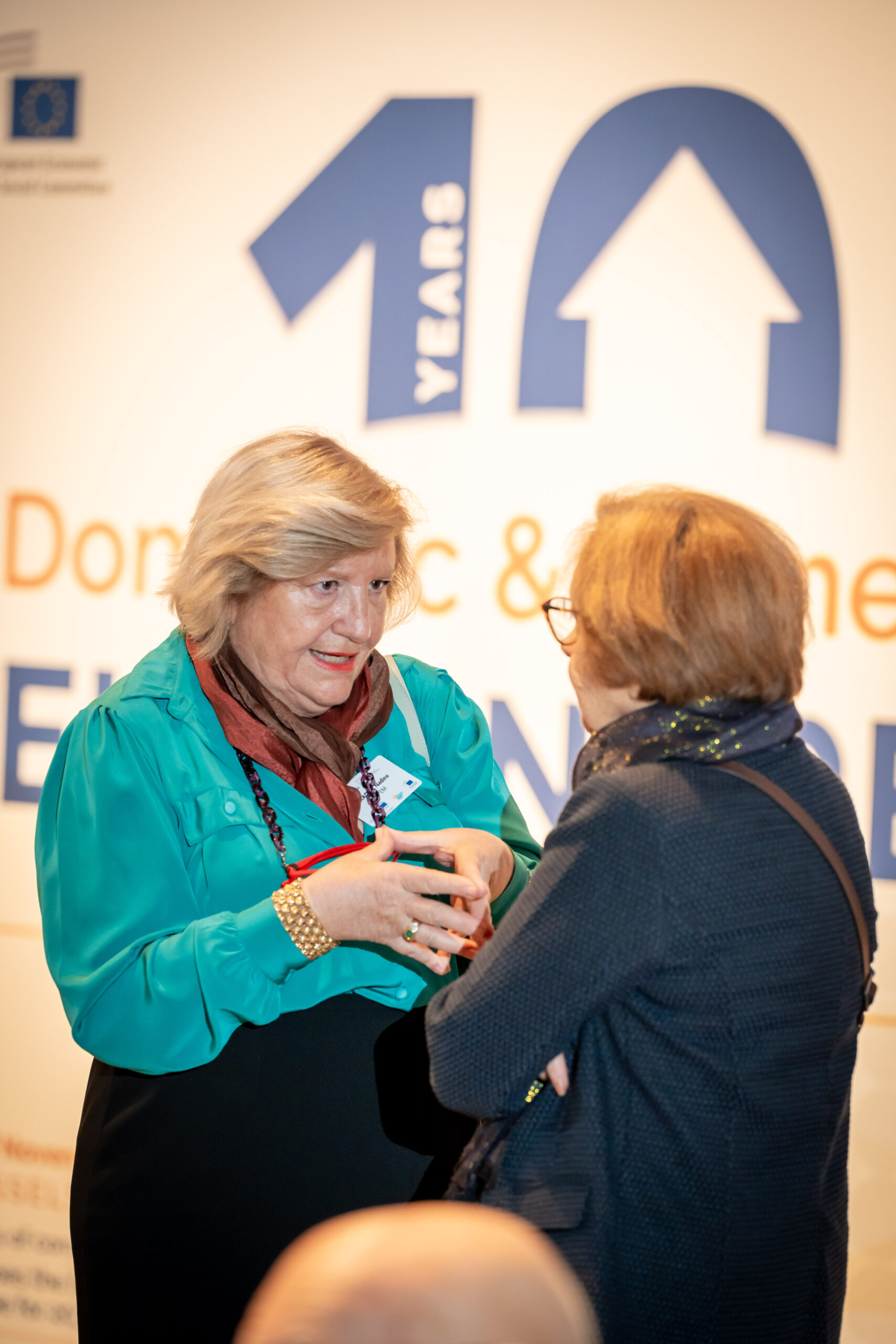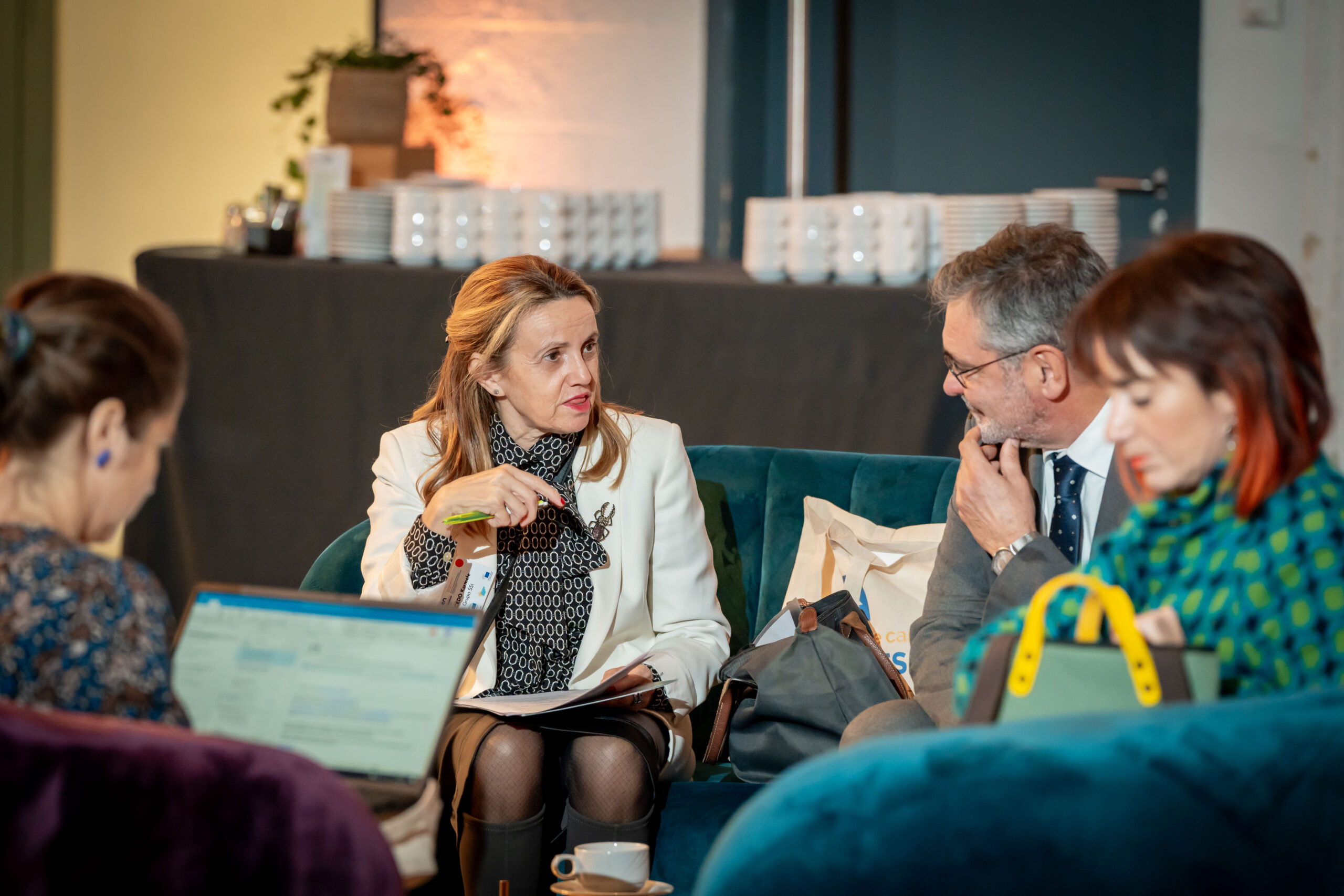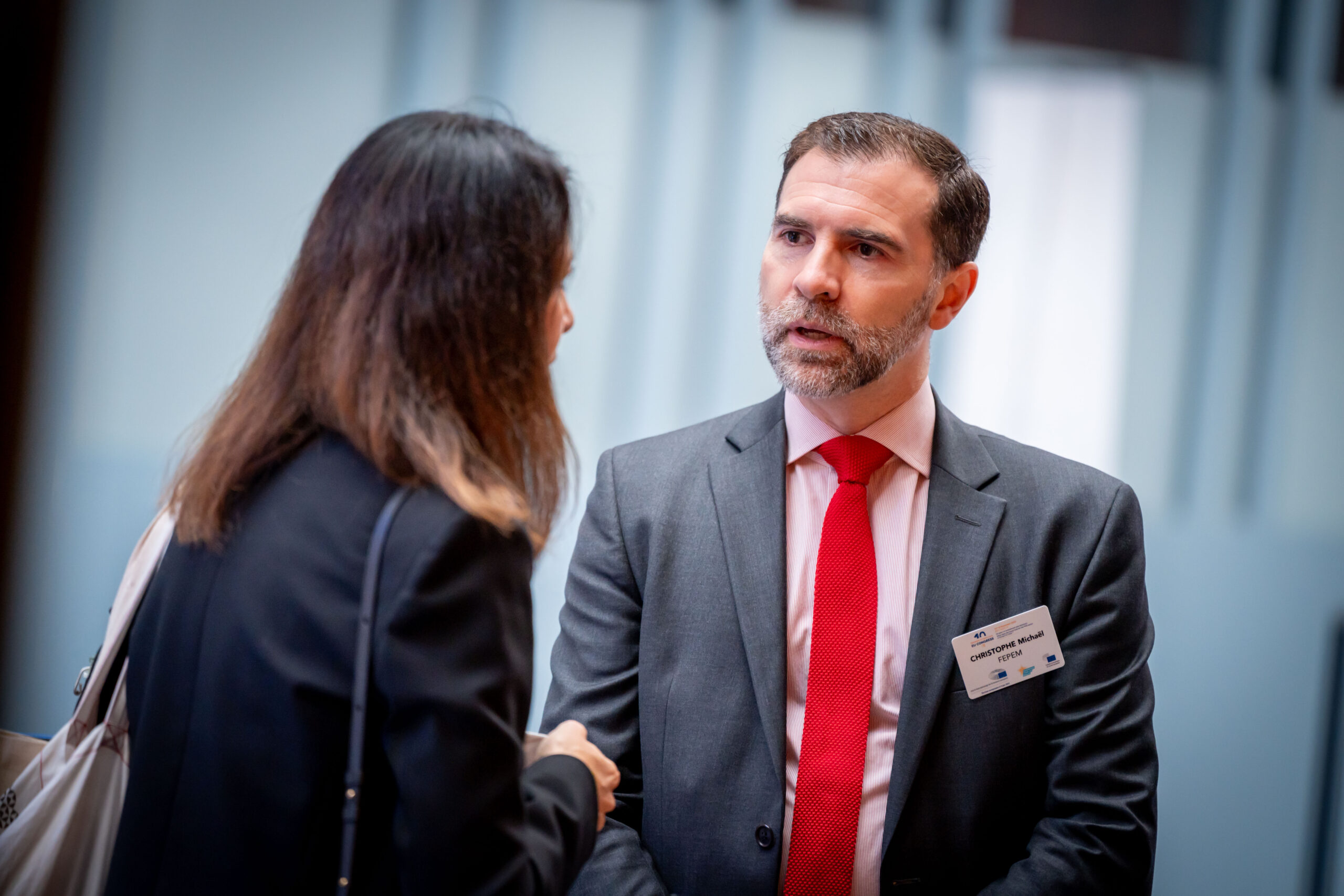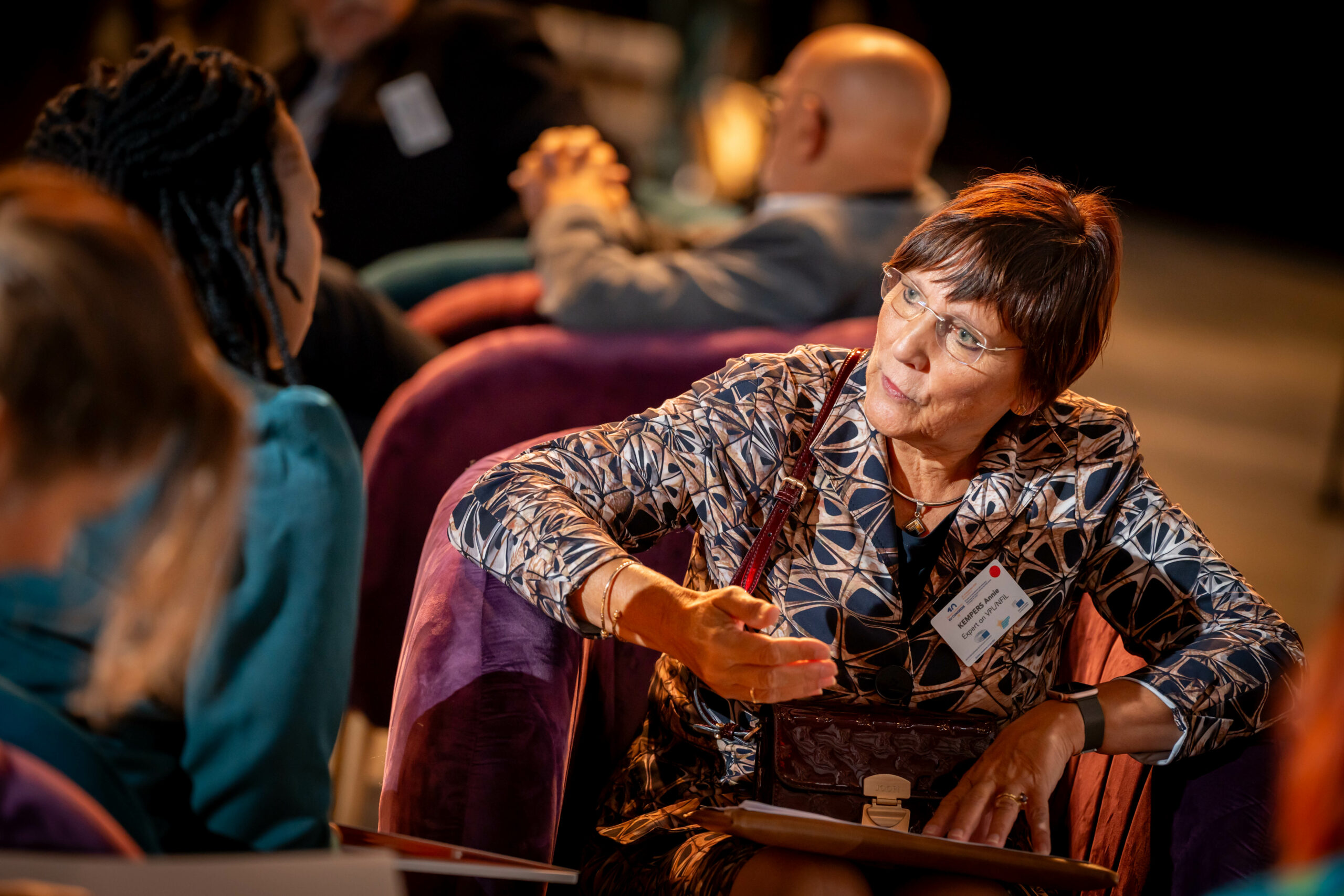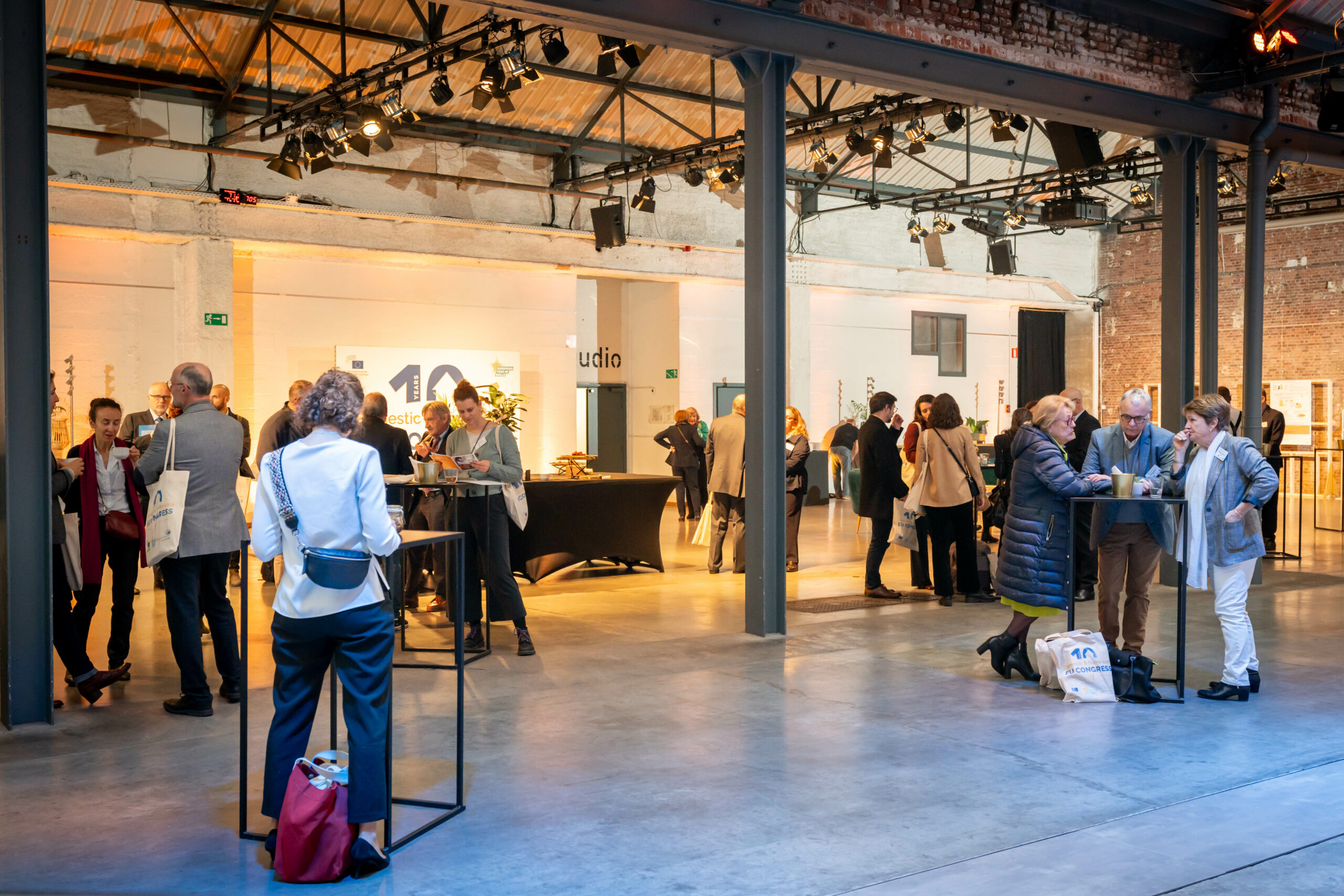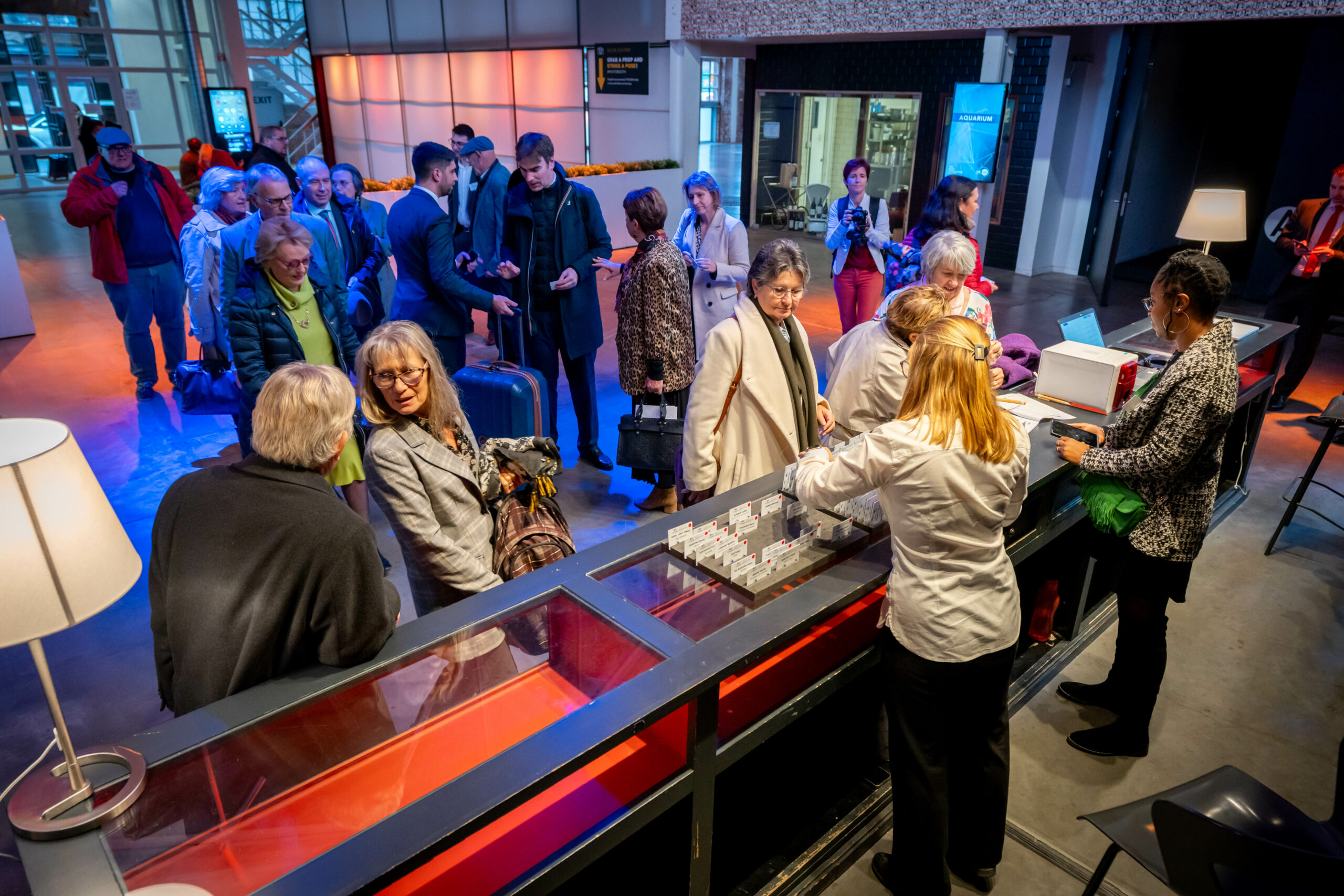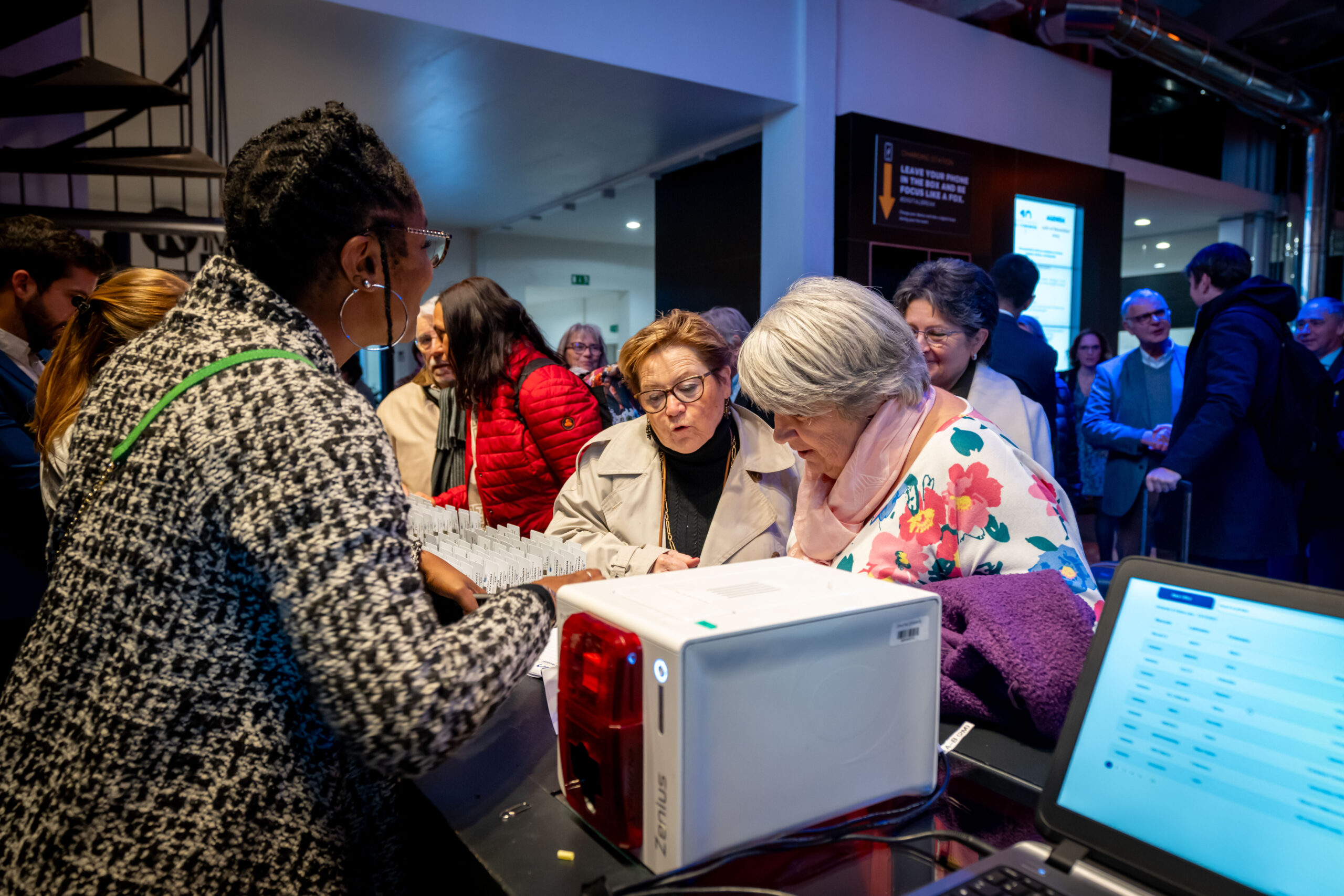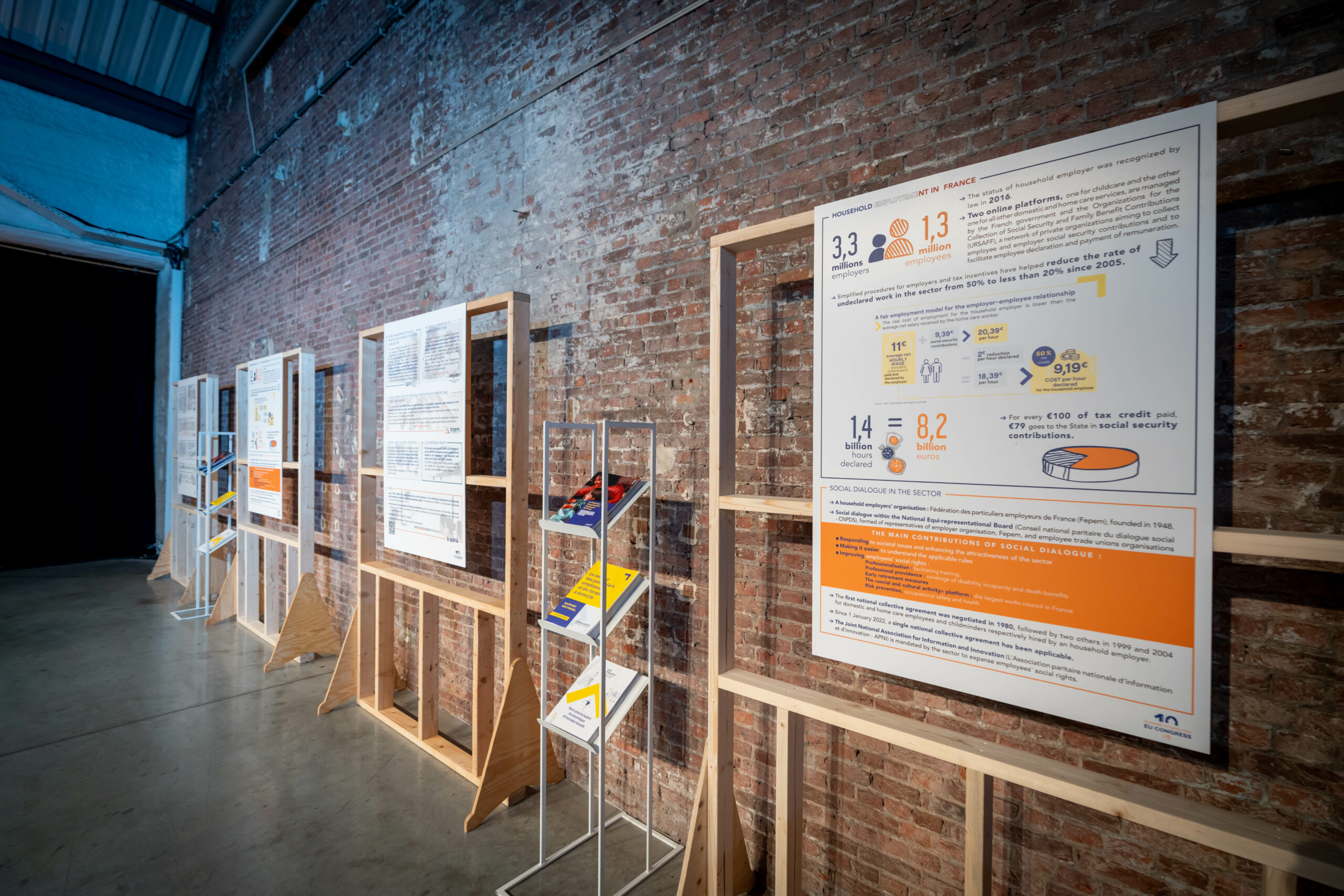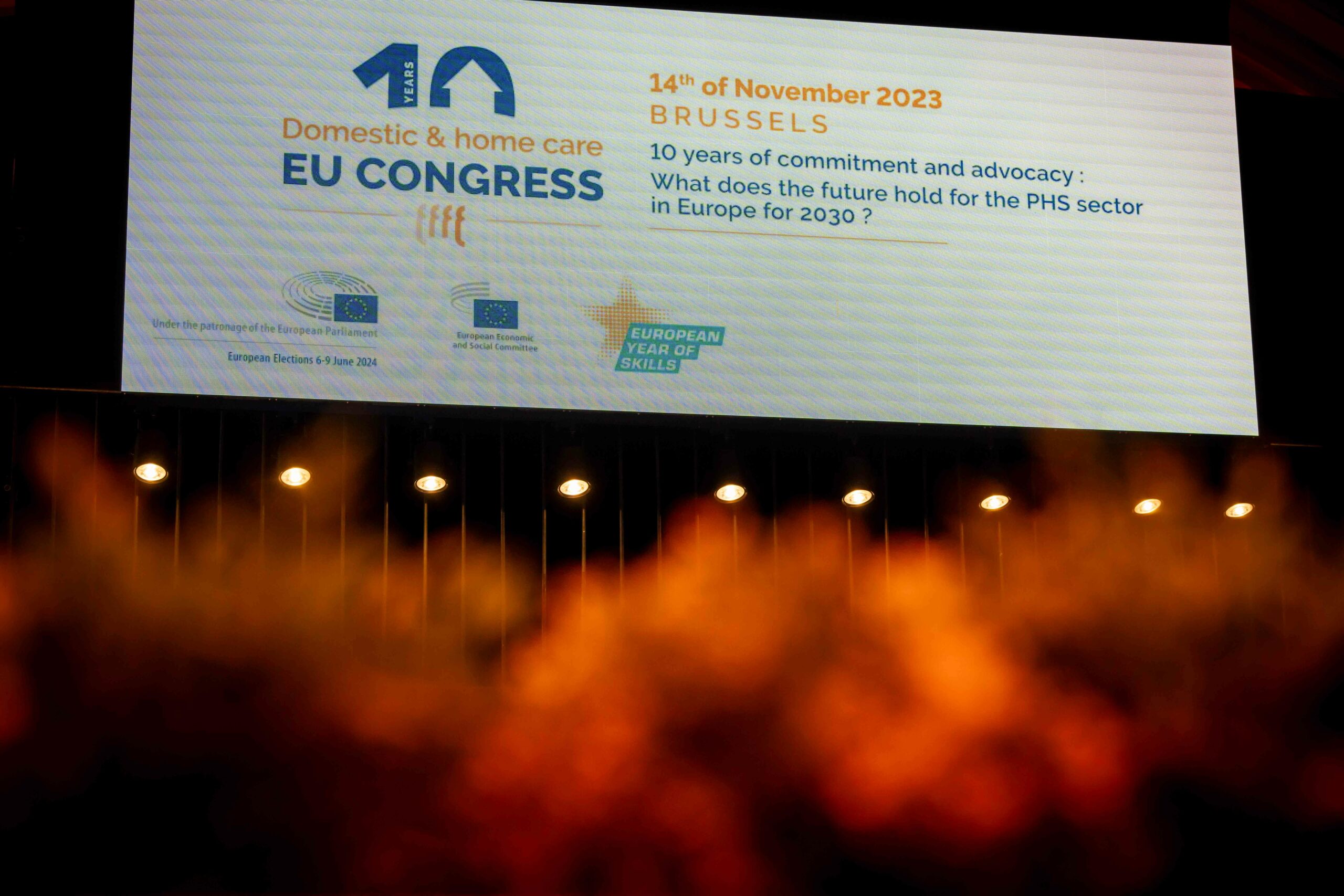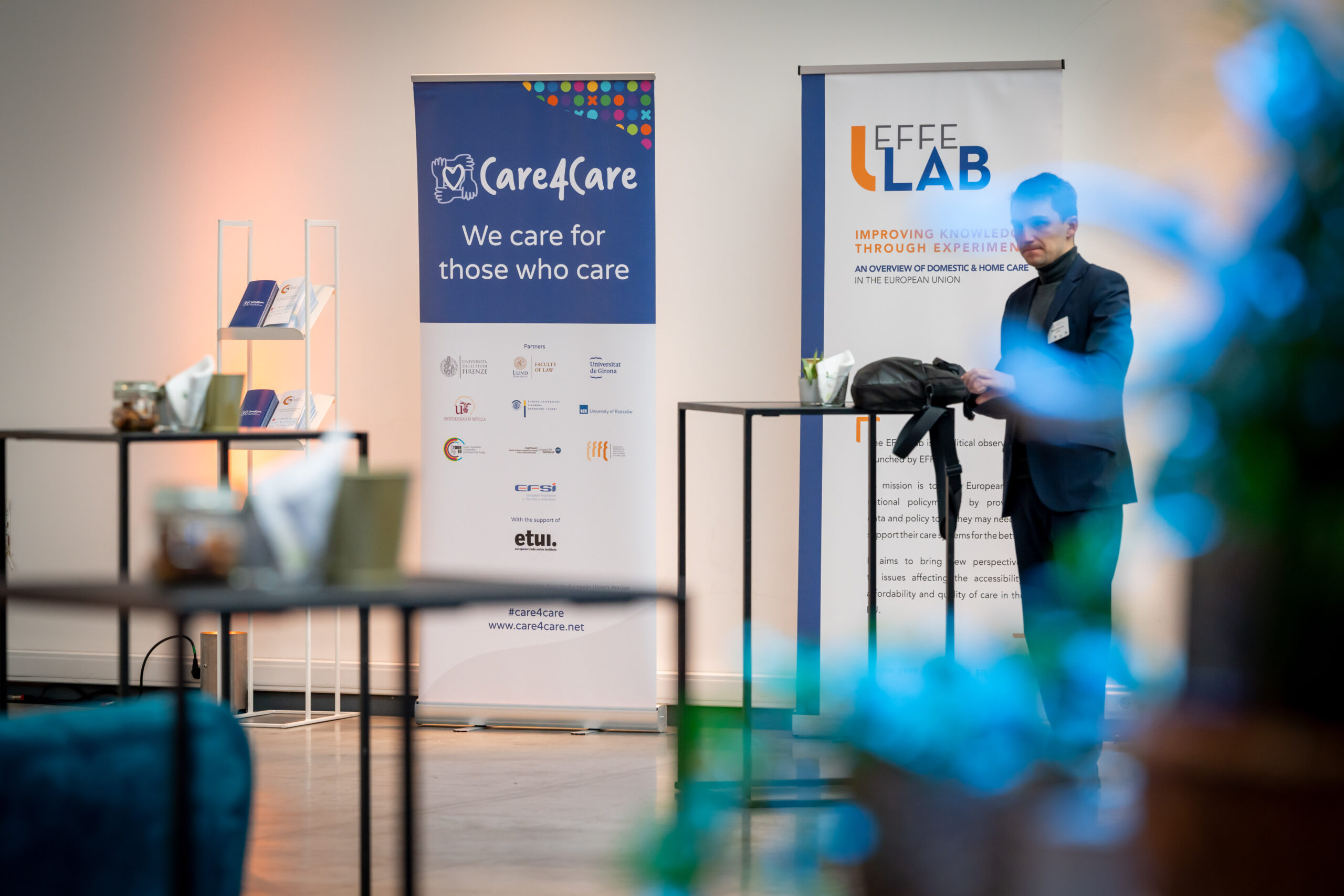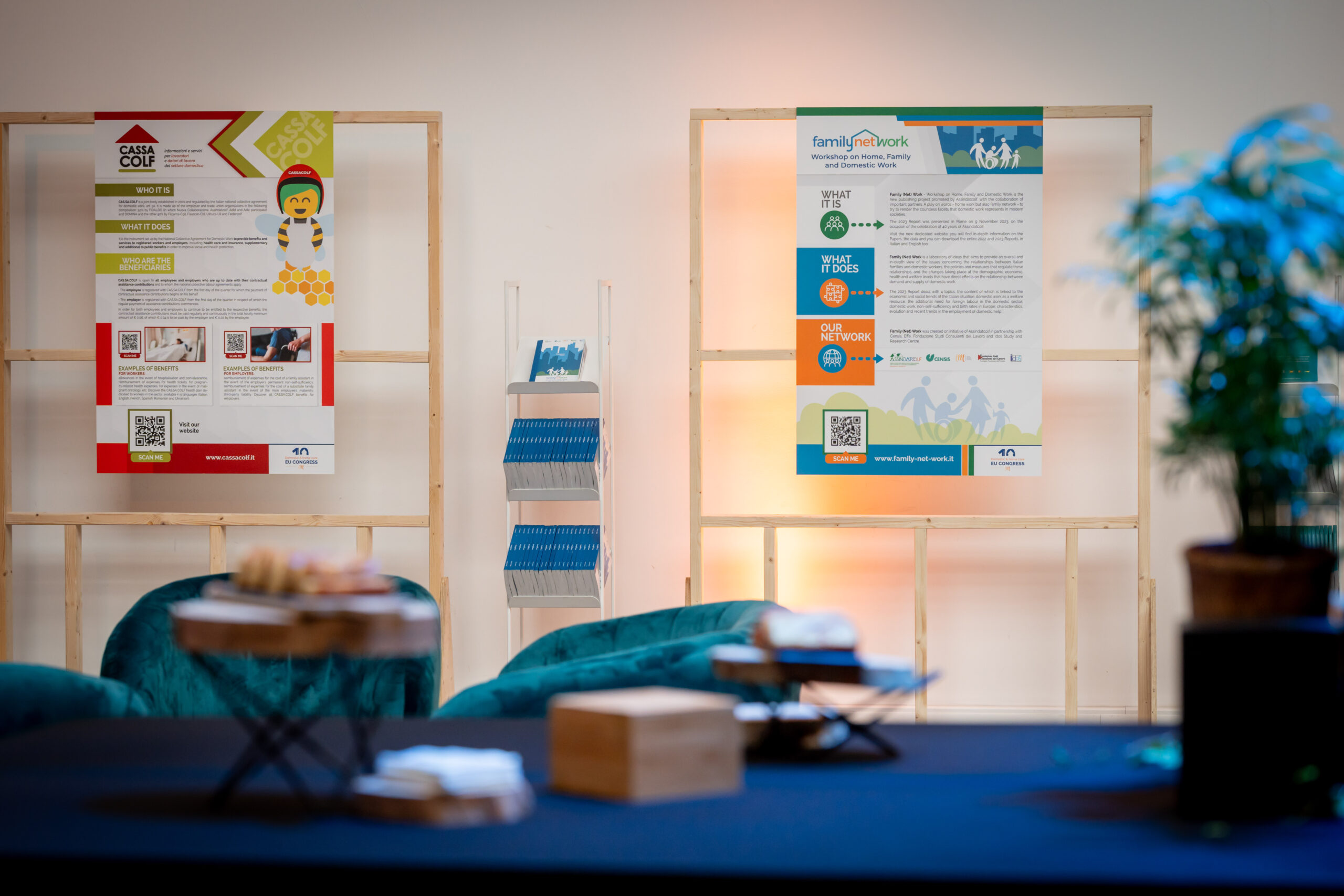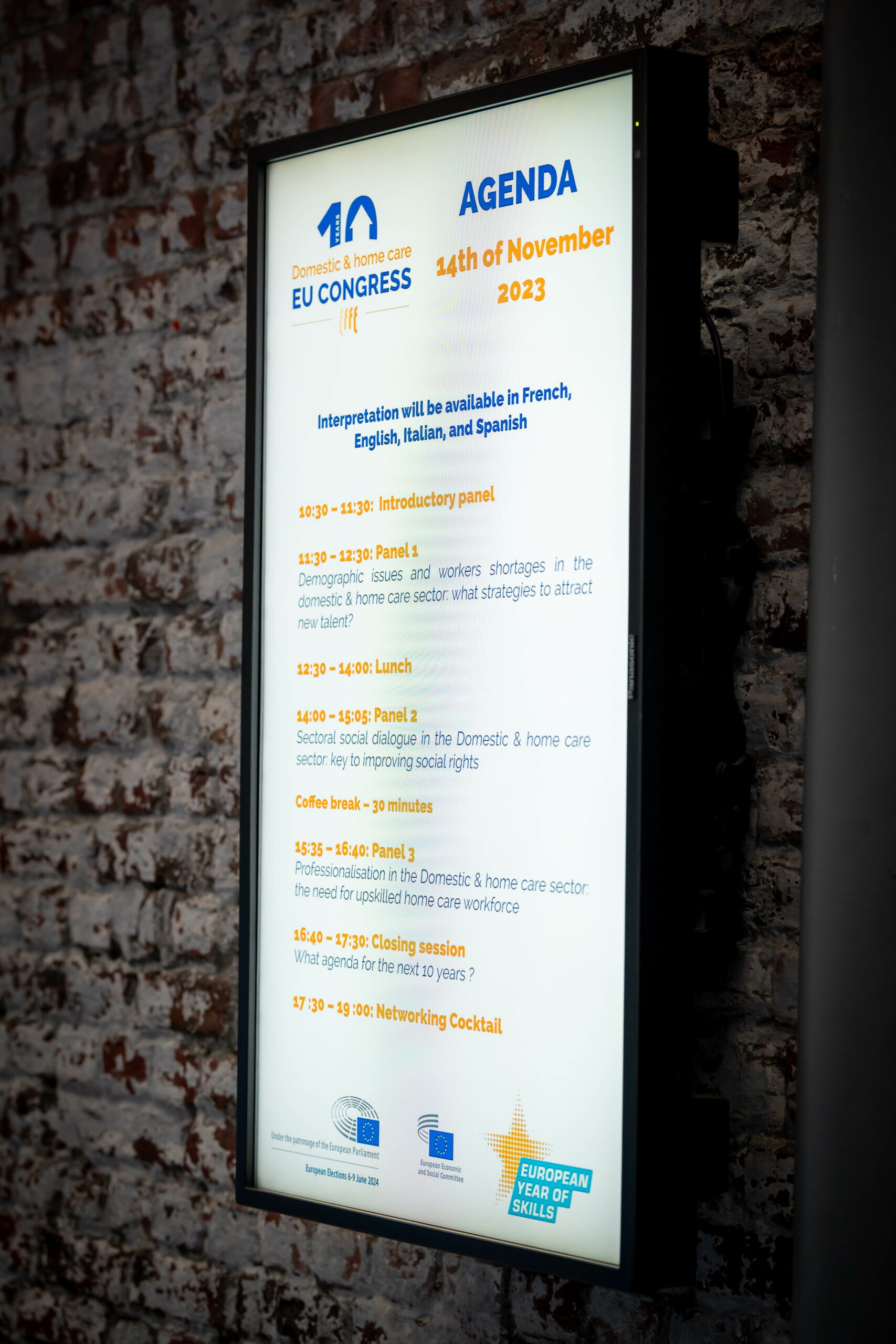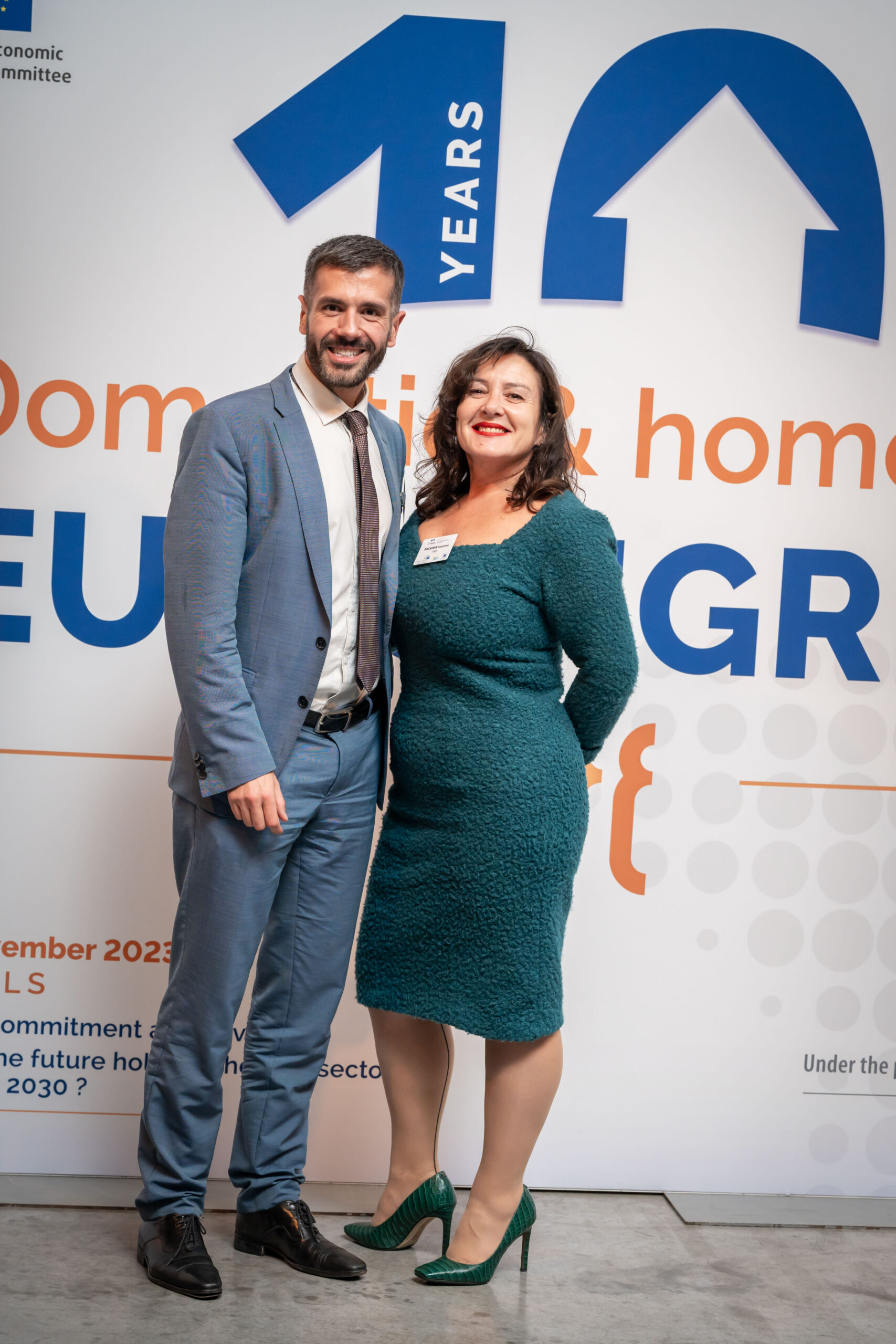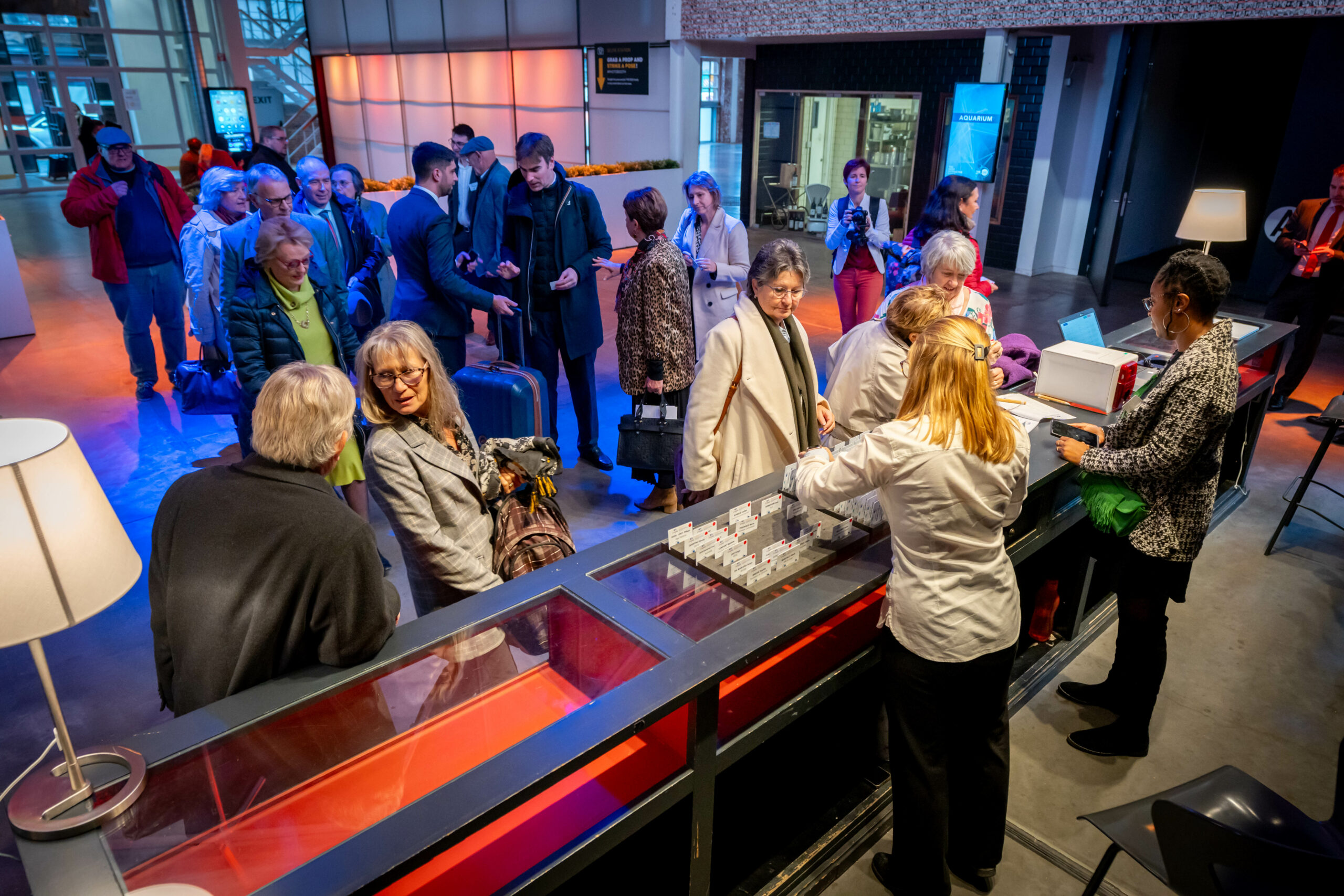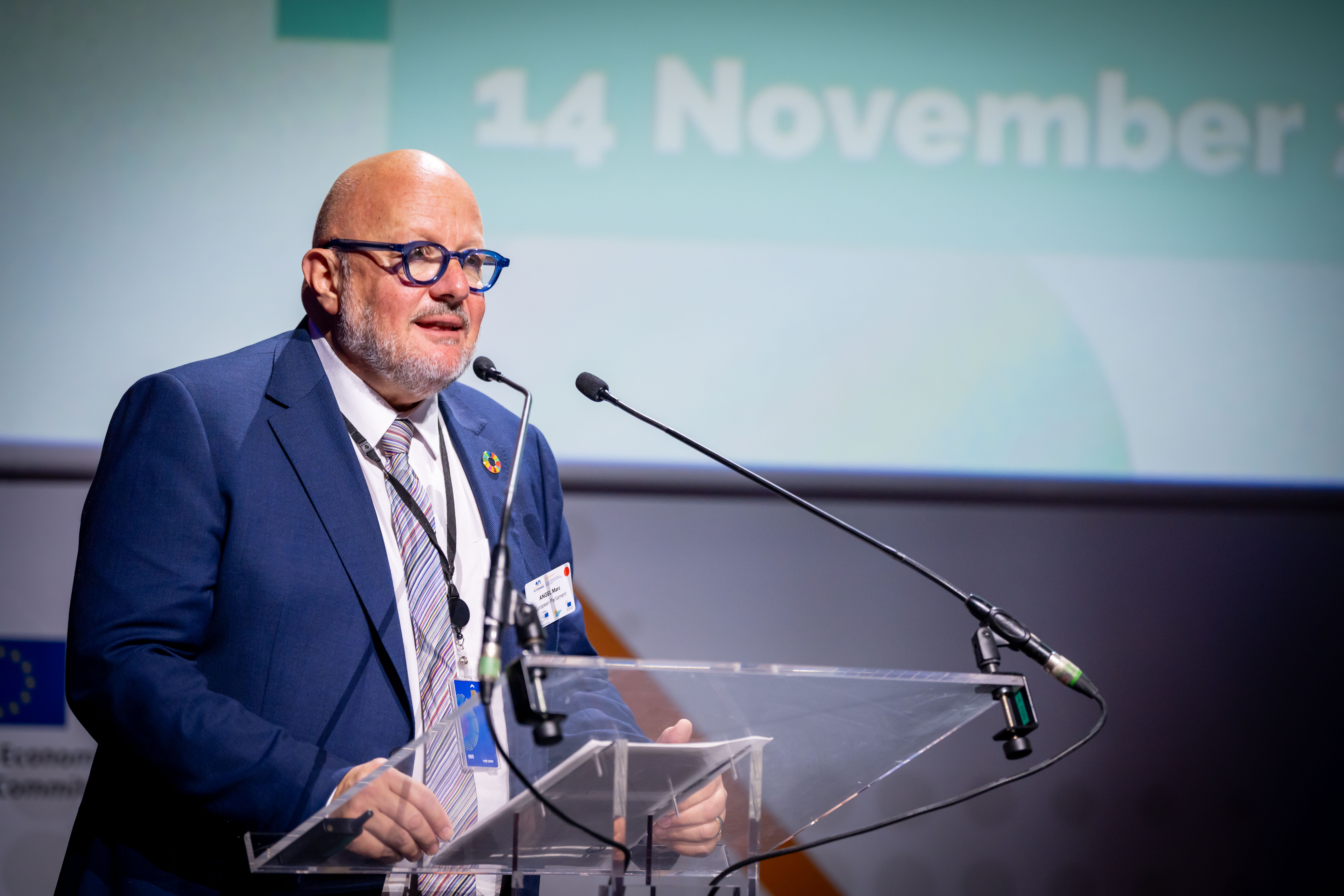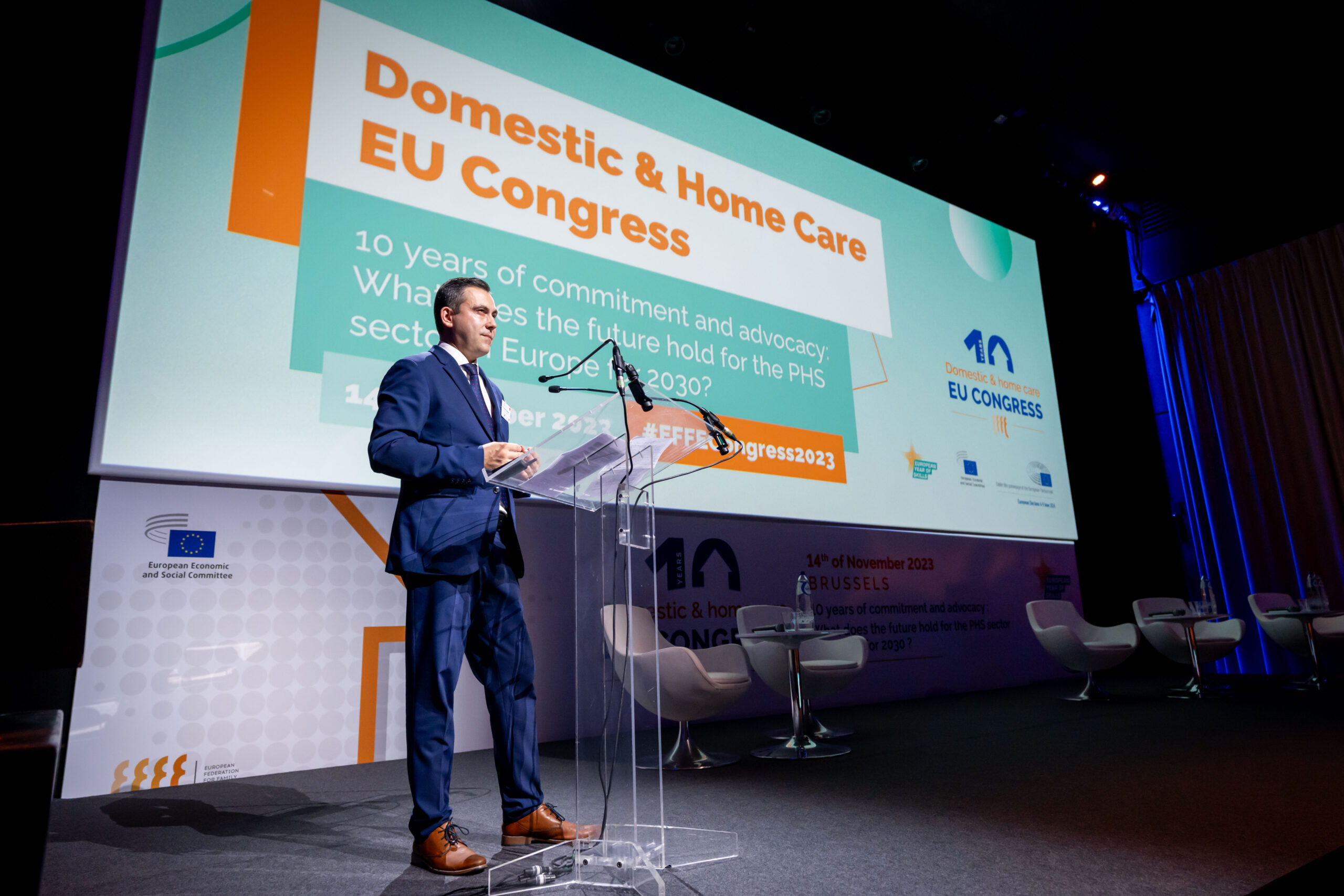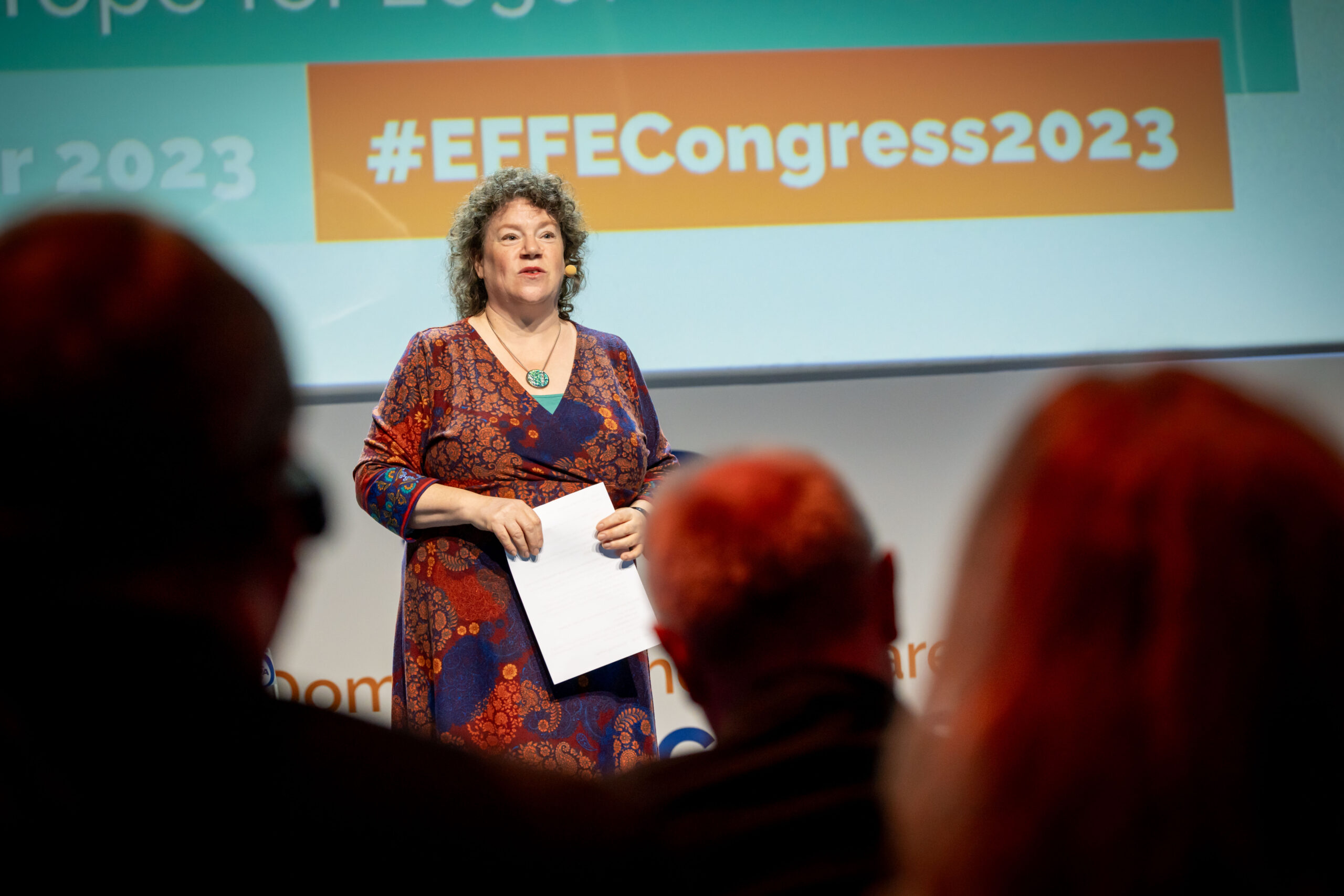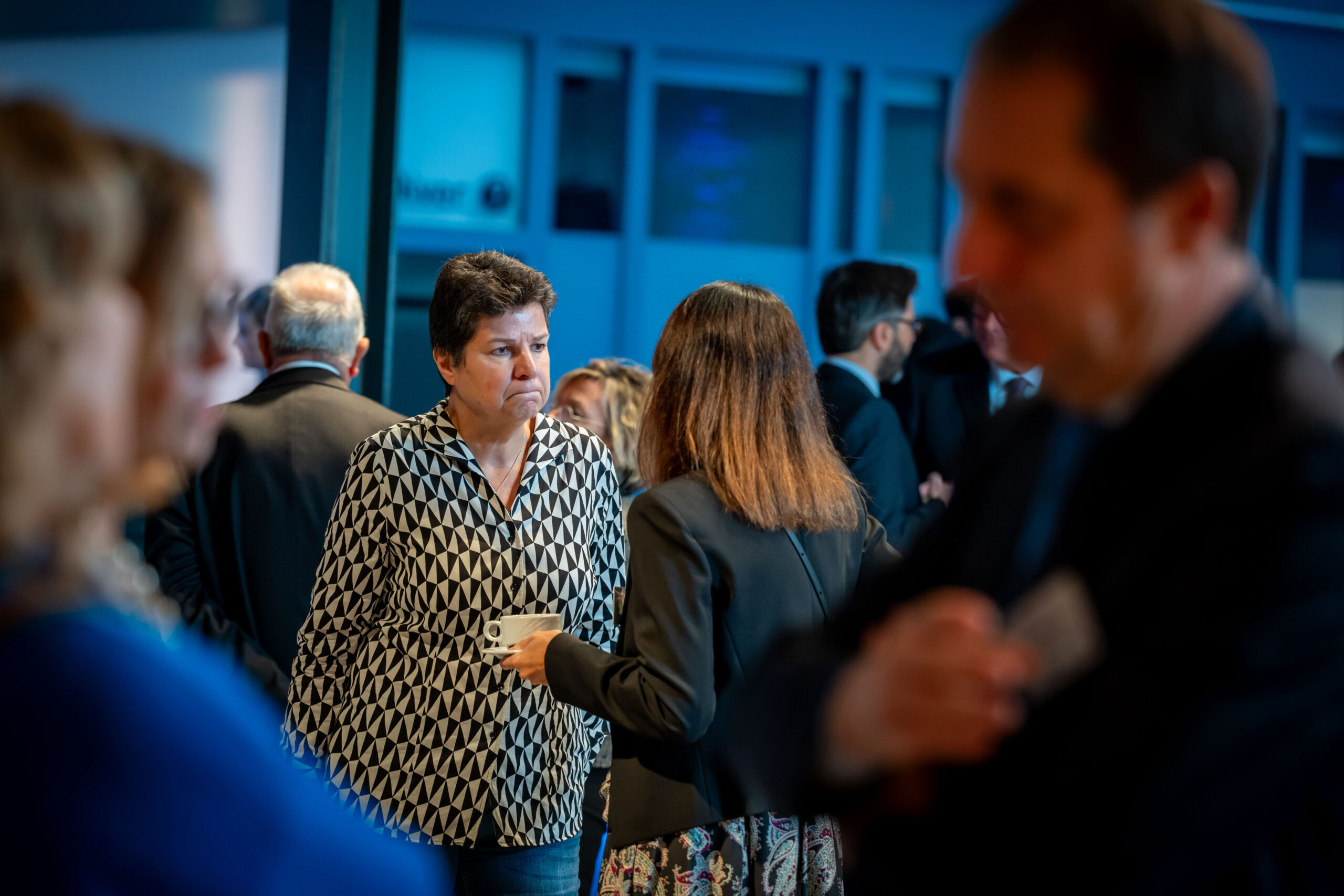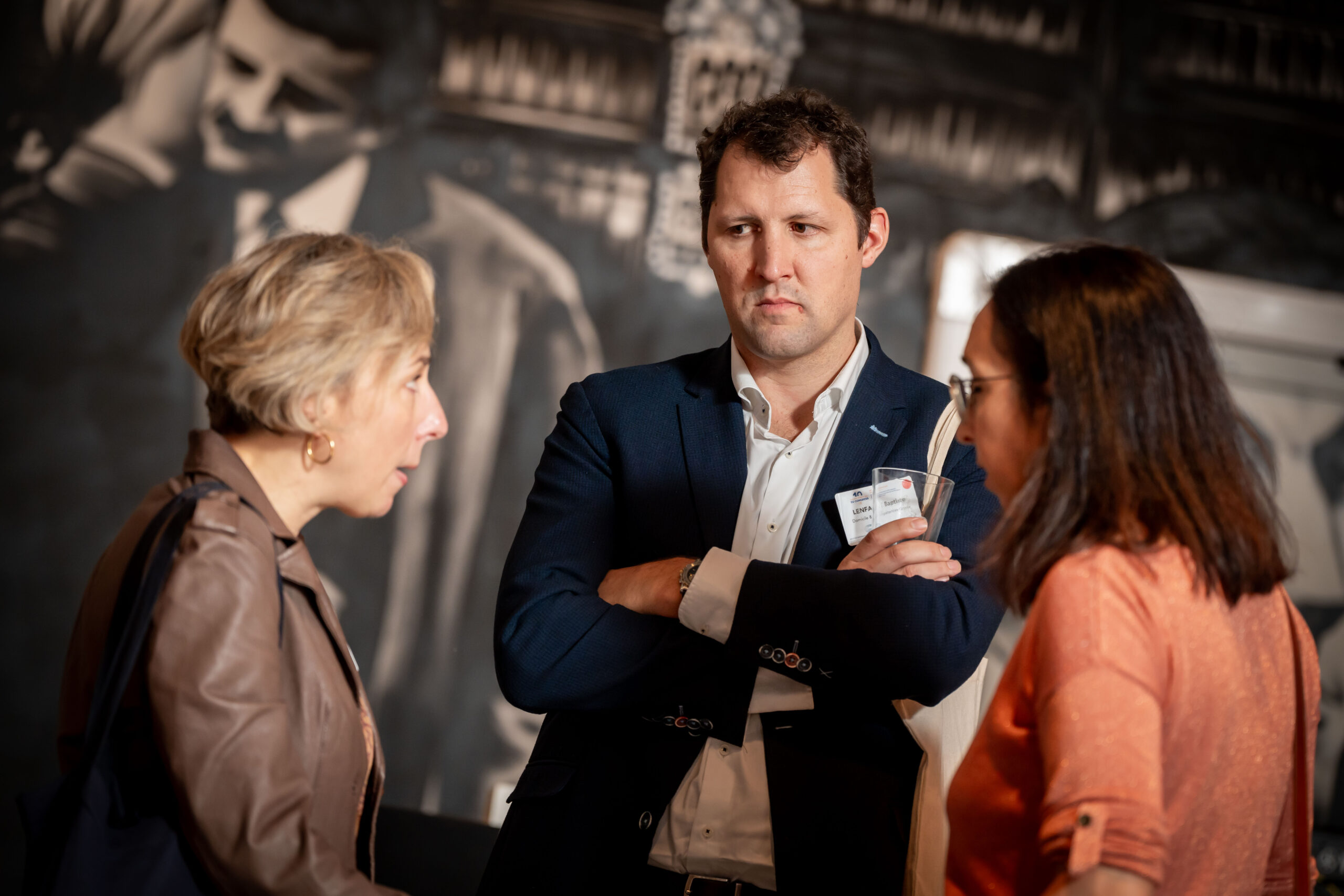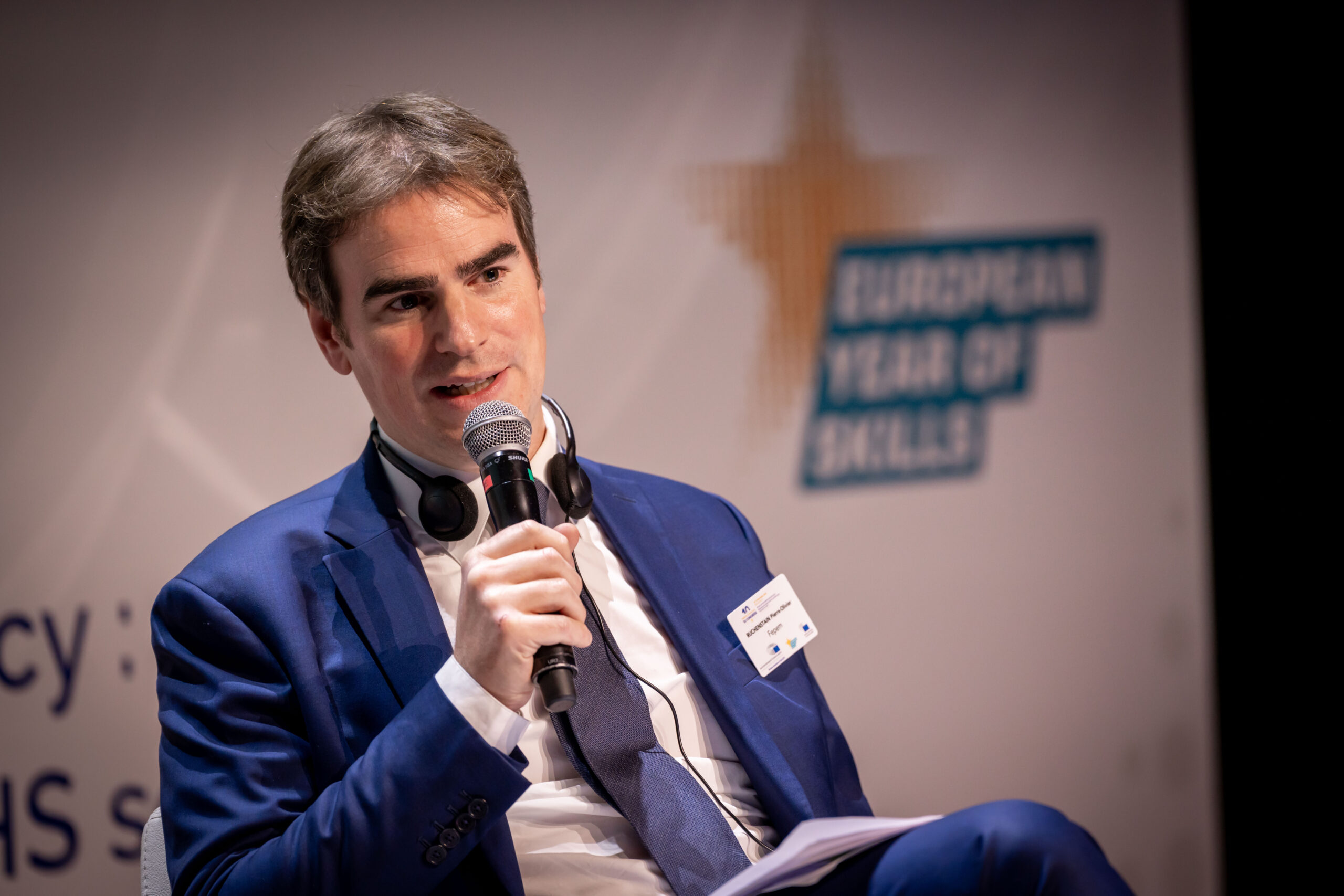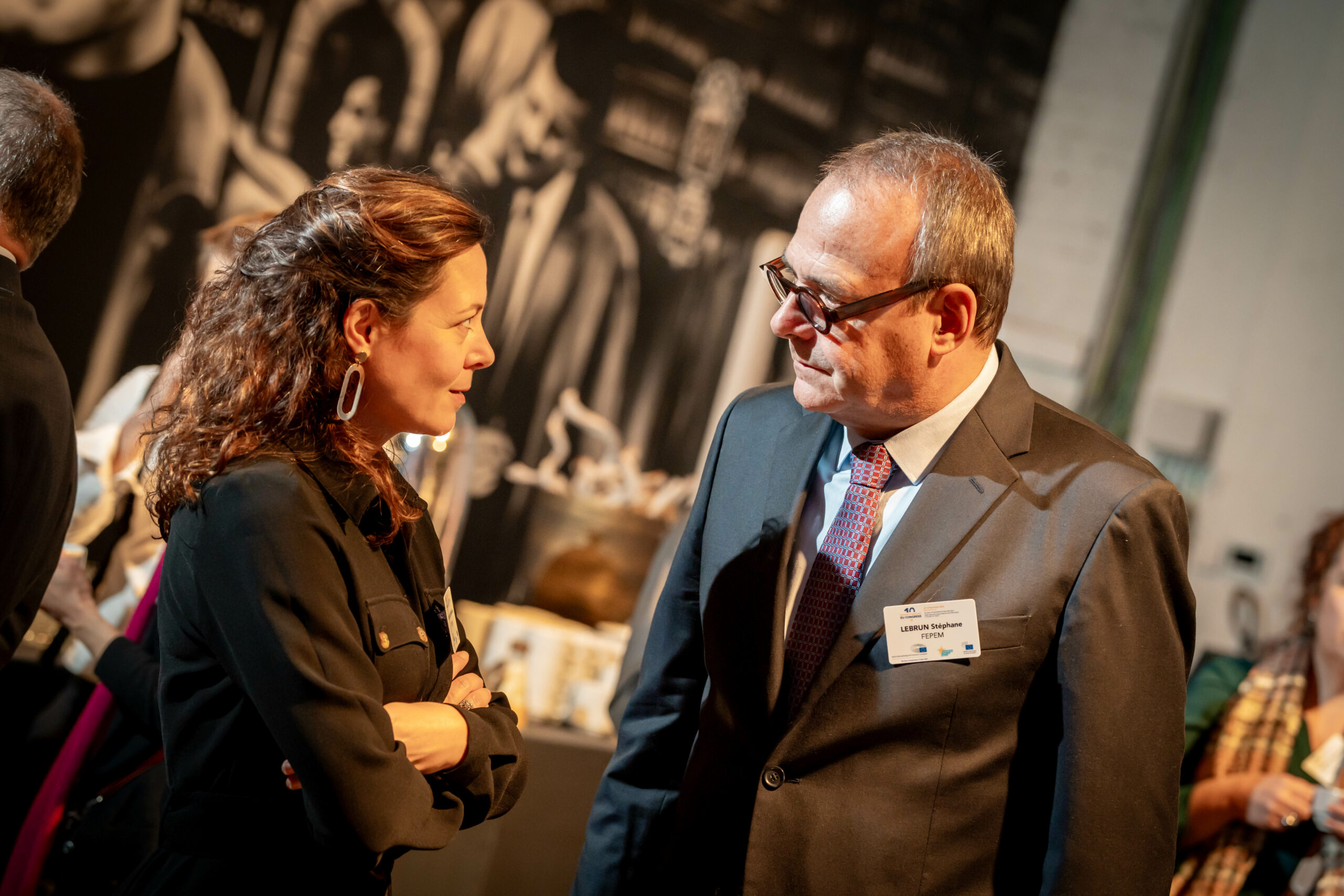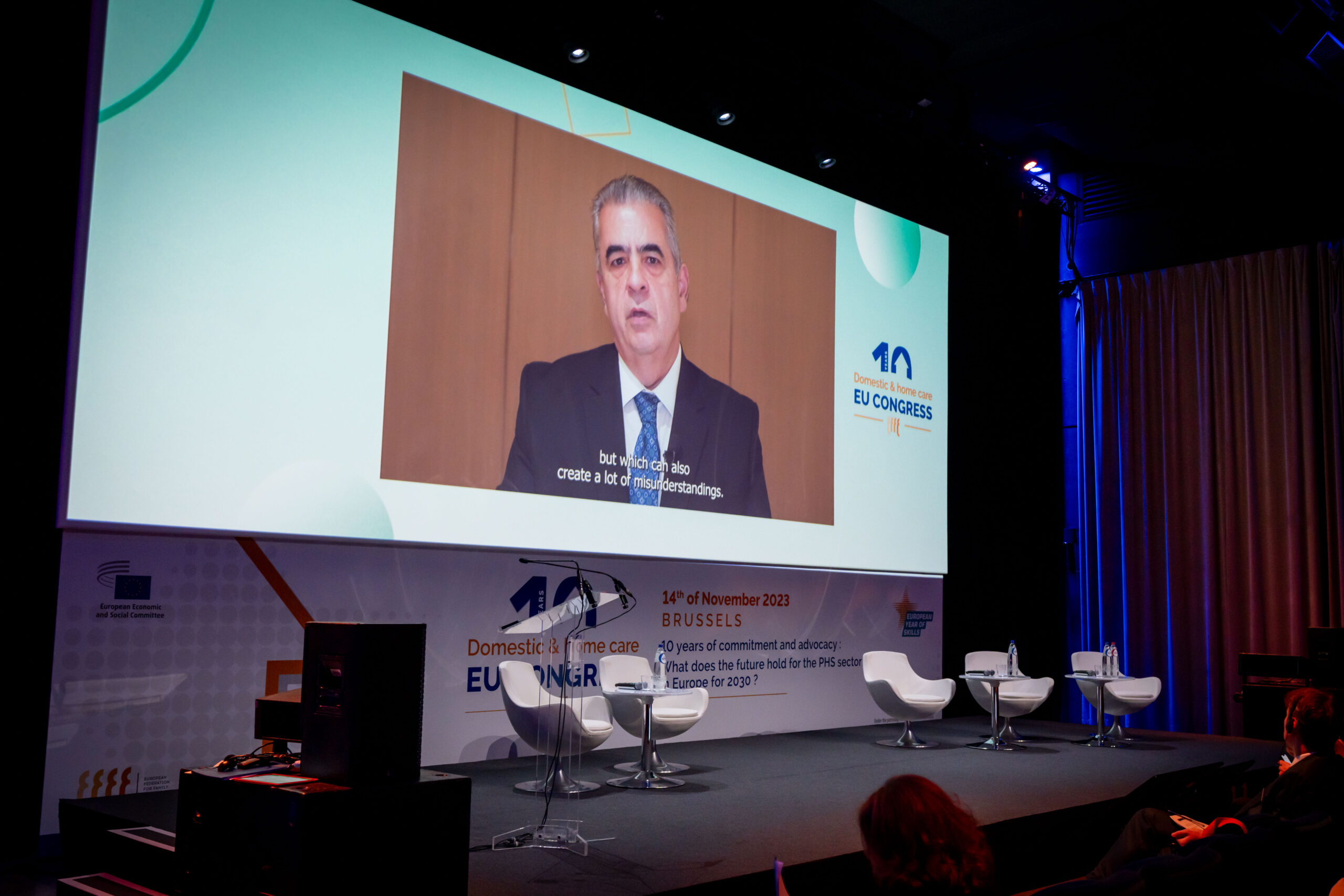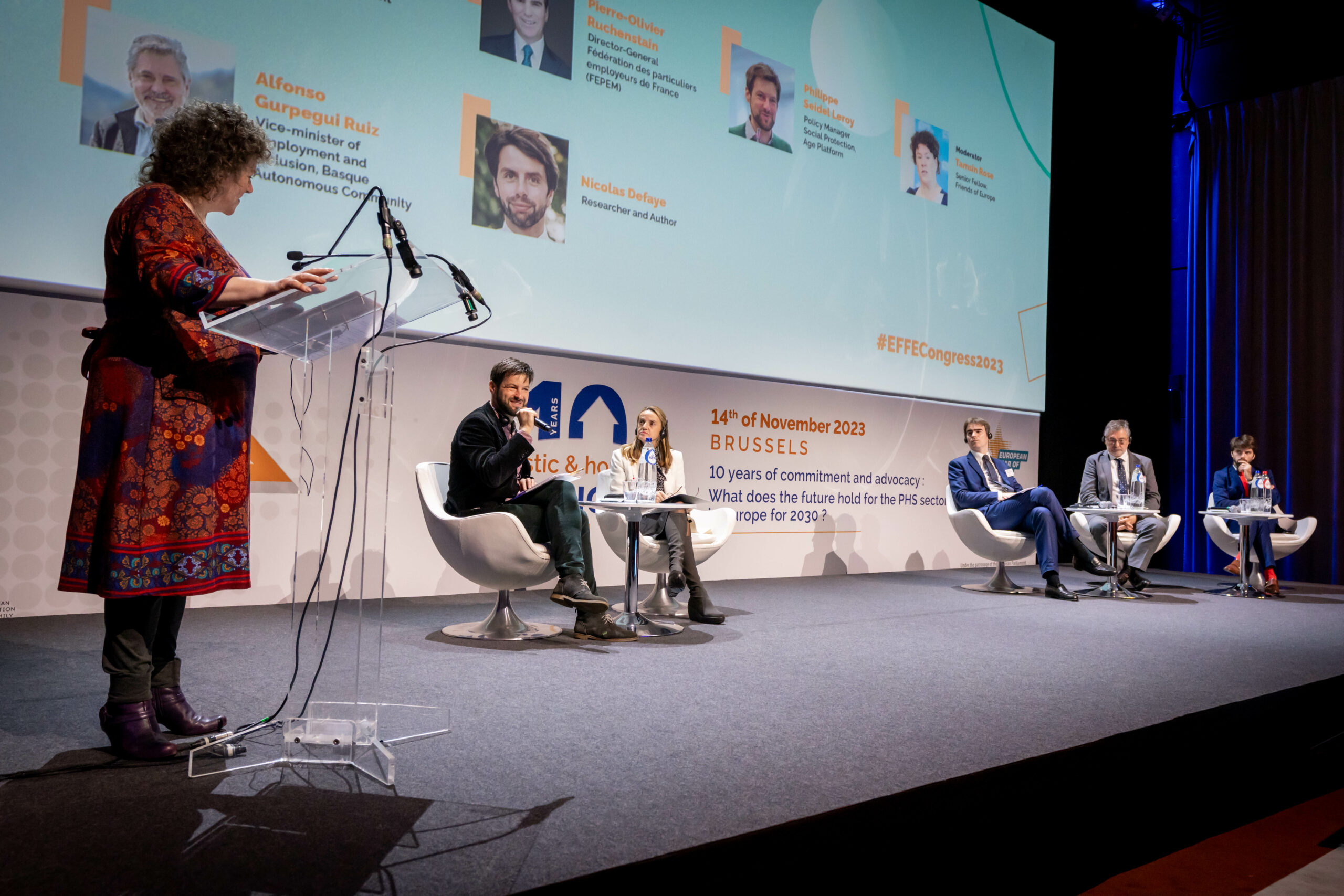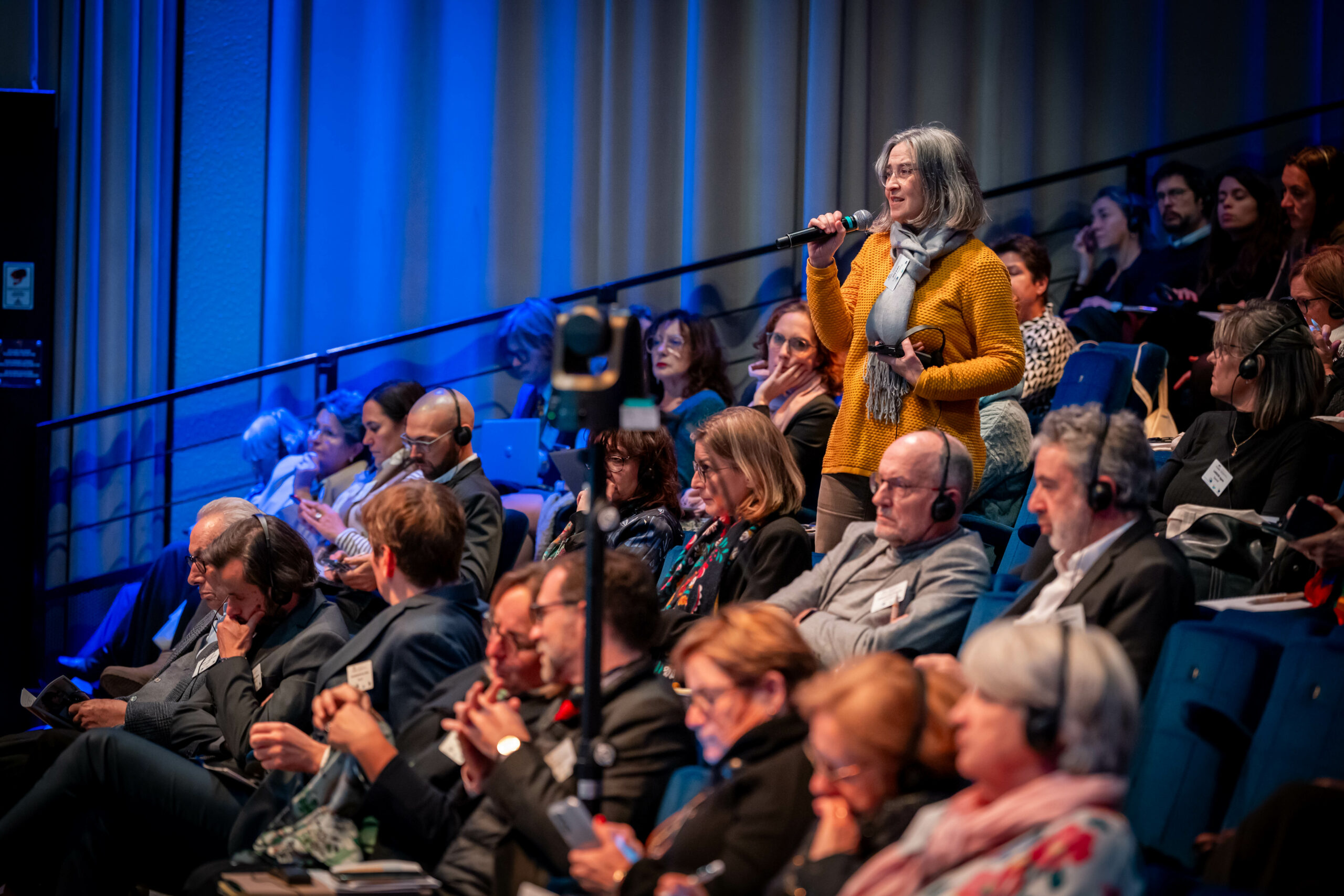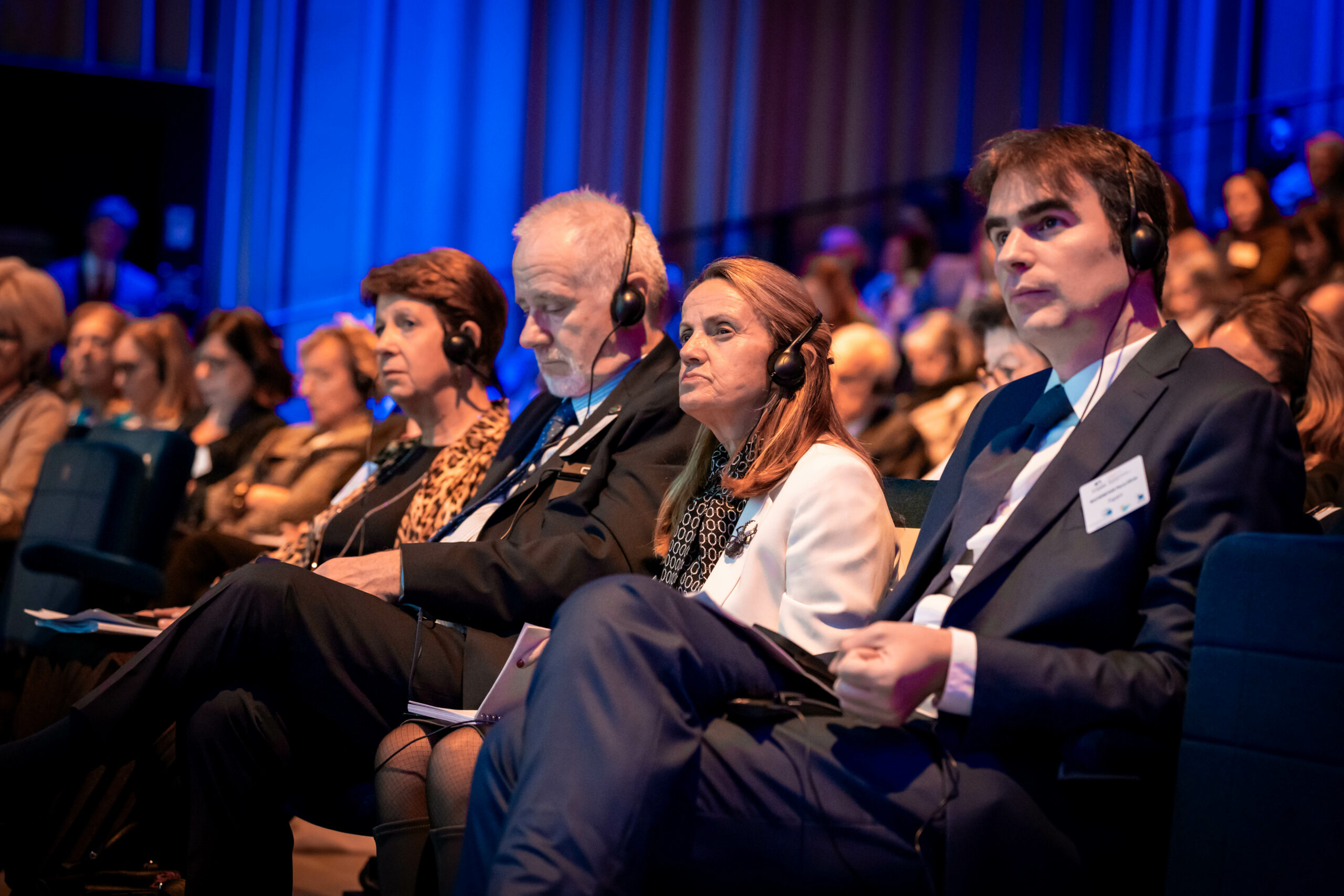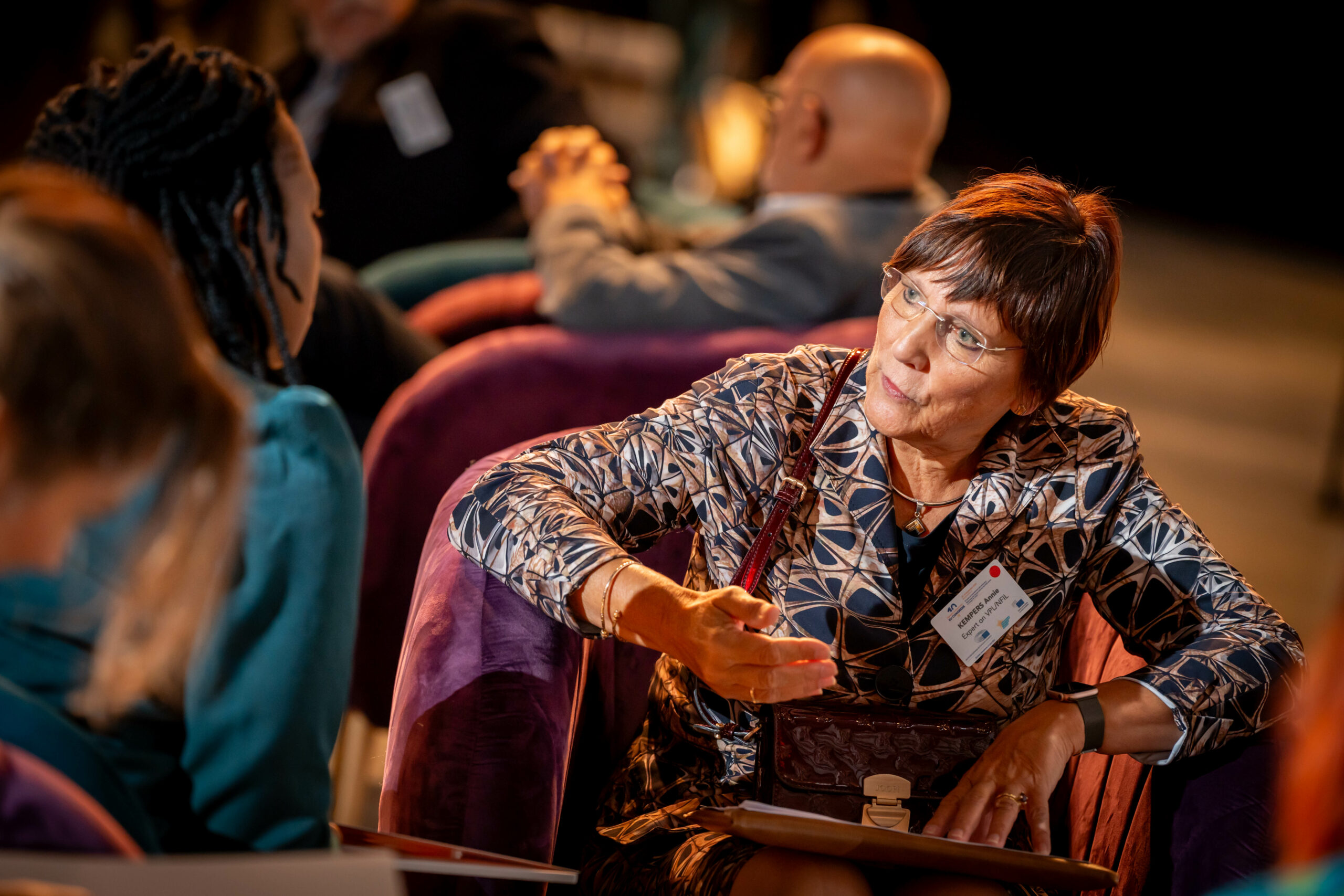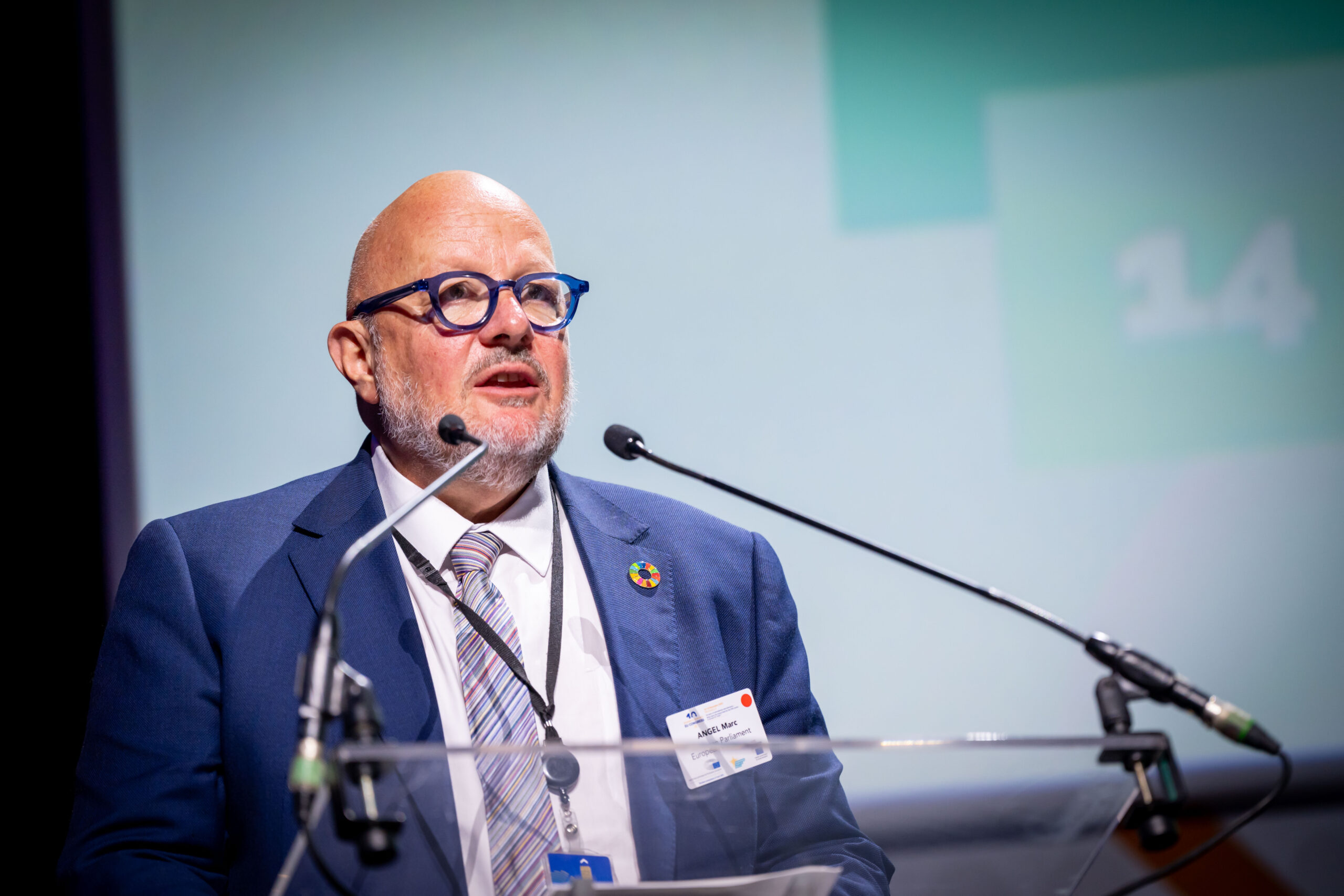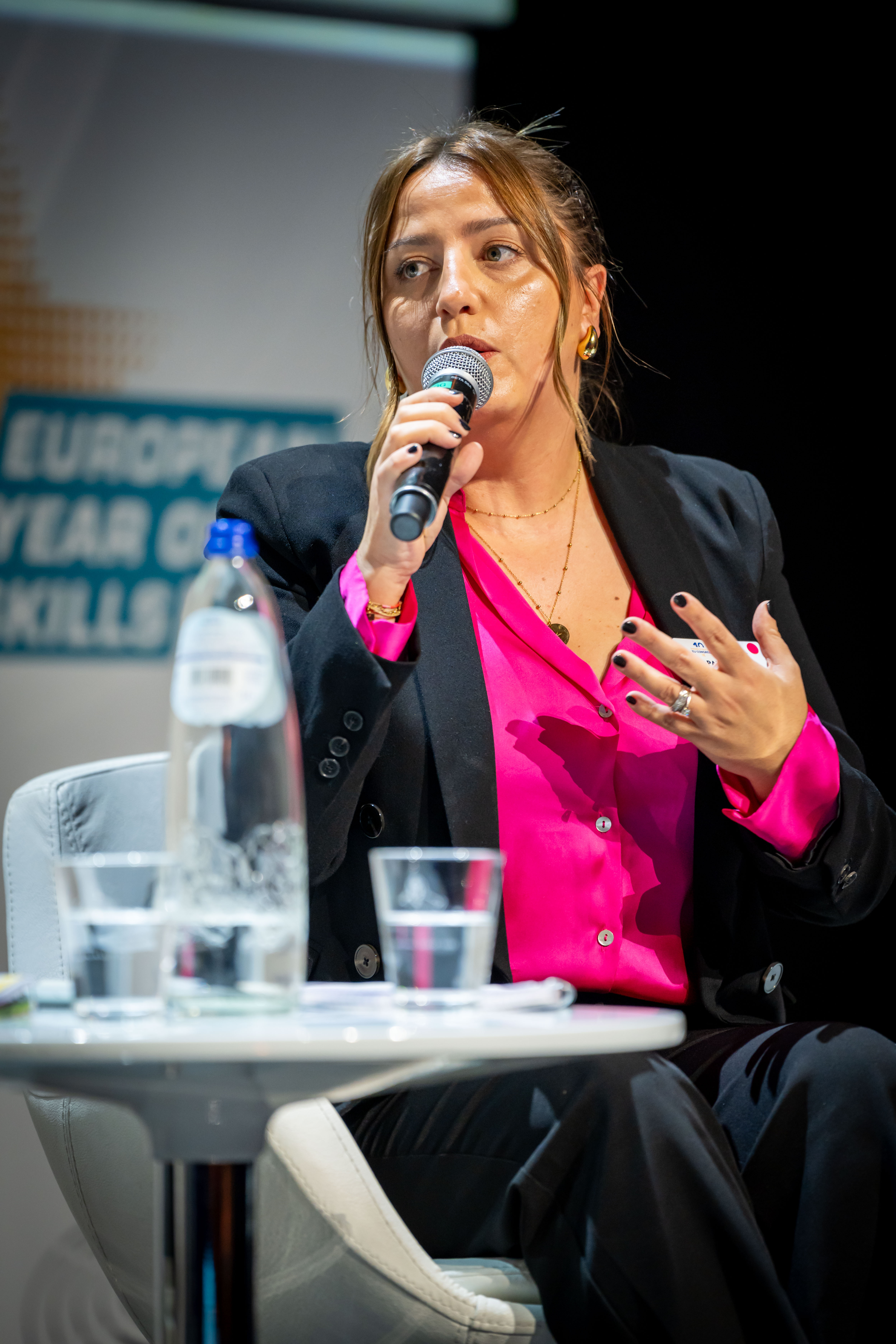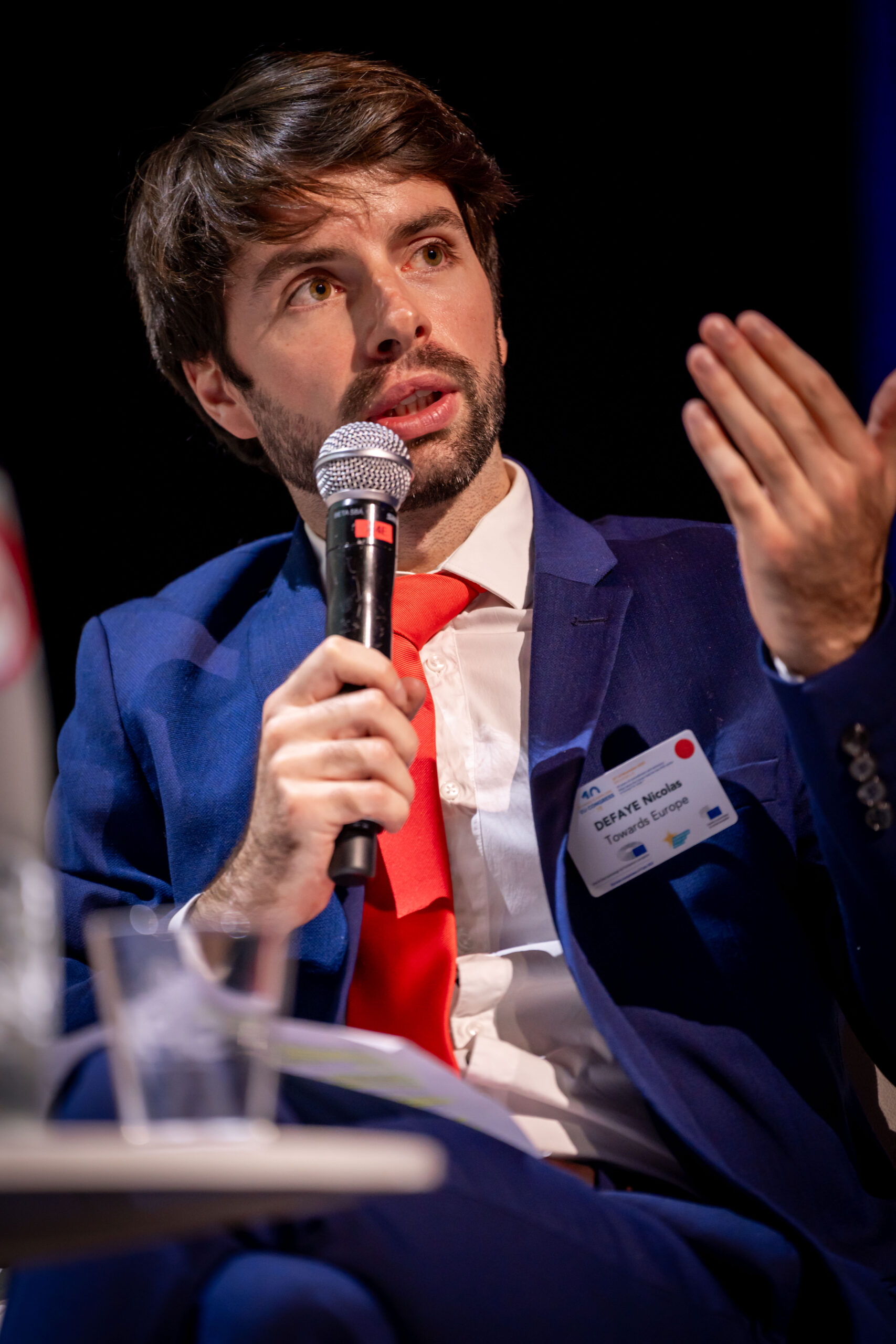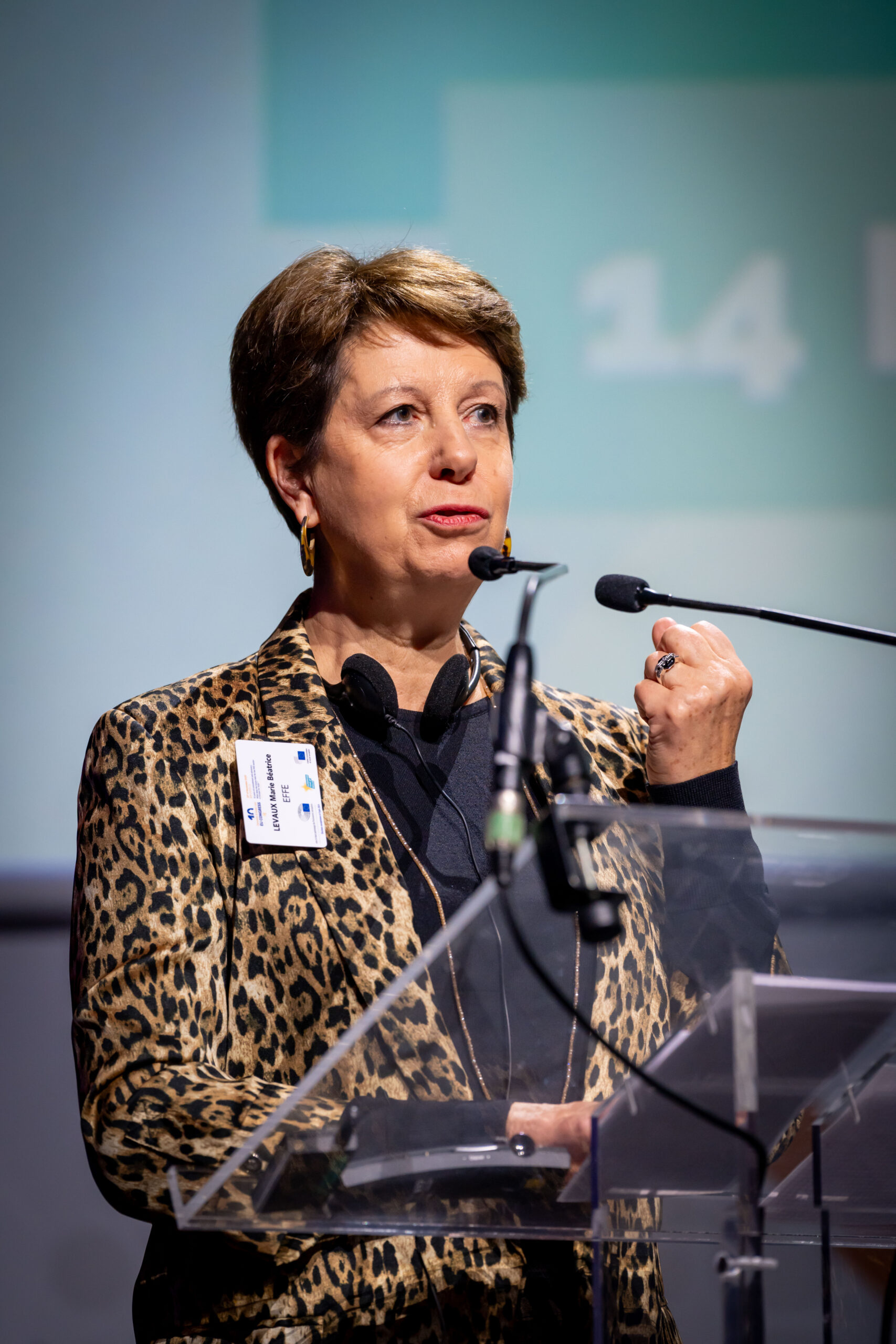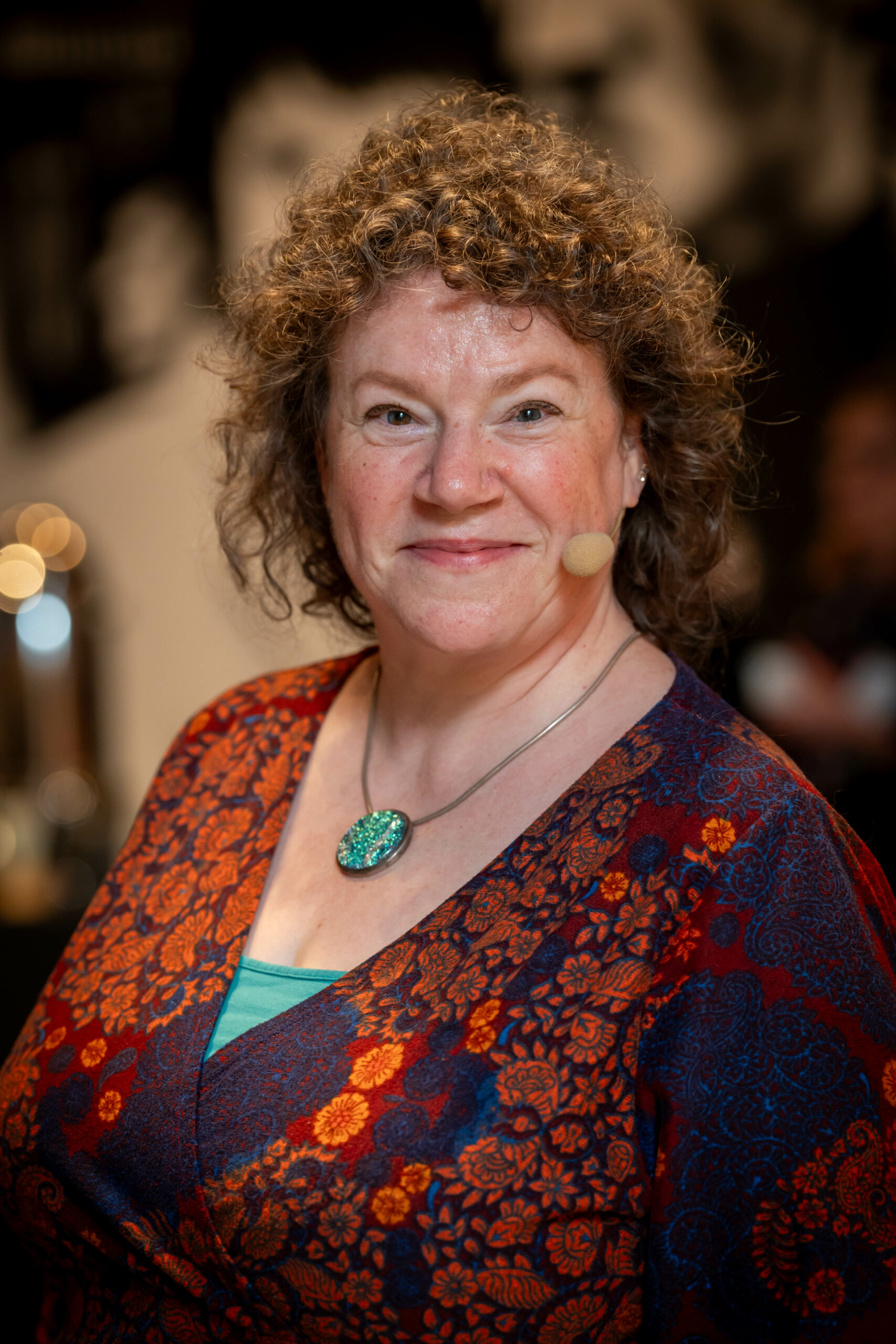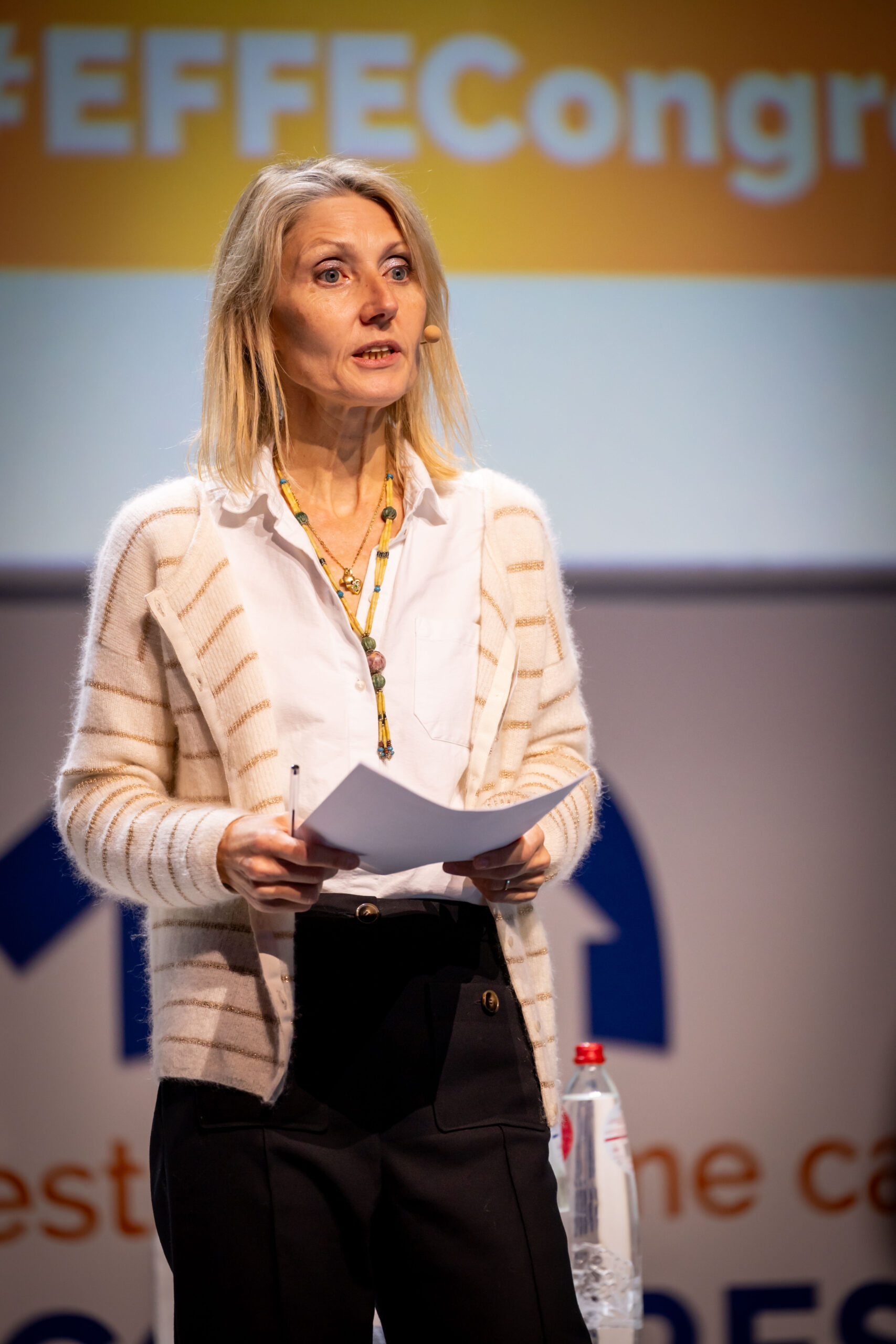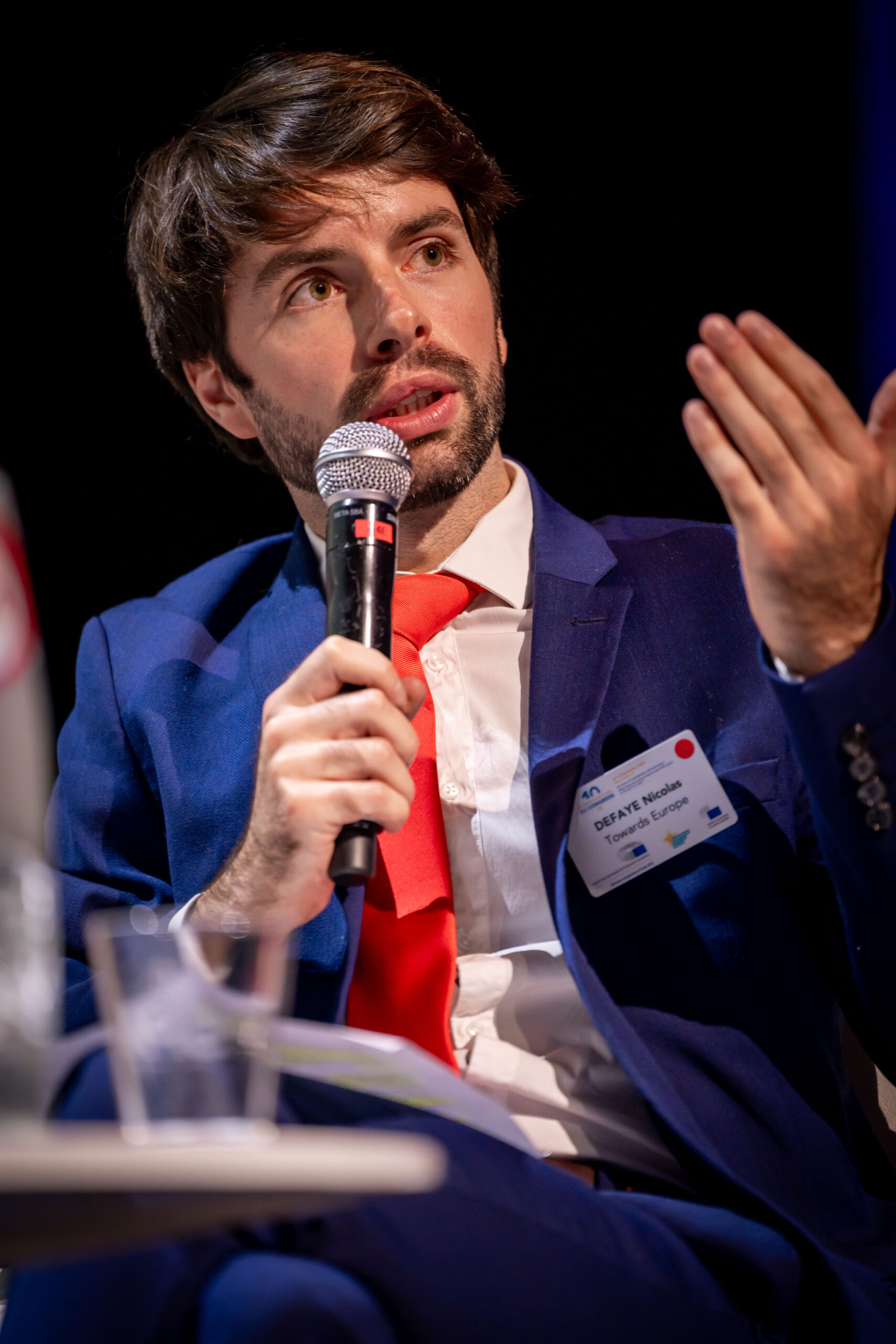A milestone for the domestic and home care sector in Europe
On 14 November 2023, EFFE celebrated its 10th anniversary with a high-level Congress in Brussels, bringing together over 400 in-person and online participants and 33 featured speakers, including the Vice-President of the European Parliament Marc Angel MEP, the Spanish State Secretary for Social Affairs Ignacio Álvarez Peralta, the Maltese Minister for Social Policy and Children’s Rights Michael Falzon, and many other representatives from the European Institutions, Members States, social partners and civil society. The event was held under the patronage of the European Parliament, the European Year of Skills and the European Economic and Social Committee.
With the 2024 European elections fast approaching, we wanted our Congress to stress the importance and impact of the domestic and home care sector in Europe, while also providing an overview of remaining challenges. Our panellists and keynote speakers provided valuable insights to better analyse and address these issues, not least Spanish Secretary of State for Social Rights Alvarez Peralta who announced that Spain would develop a national de-institutionalisation strategy to achieve the transformation of the long-term care model to move towards personalised and community-based models.
The Congress created a momentum to continue working together for the better recognition of the PHS sector in Europe over the next decade and political cycle. EFFE and its members will keep engaging with the EU institutions and other relevant stakeholders to ensure that the PHS sector is fully integrated in the European social and economic agenda.
Remaining issues and challenges for the PHS sector in Europe
Despite providing essential services to both the economy and society, our sector finds itself confronted with momentous social and demographic changes. Combined with increasing incidence of non-communicable diseases and new family structures, these demographic shifts lead to ever-growing demand for domestic and home care services. However, the low attractiveness of the sector and the lack of recognition and regulation of the home care professions cause high turnover rates, which in turn leads to significant workforce shortages. As our panel 1 speakers highlighted, there is an urgent need to further invest in the recruitment, training and retention of home care workers.
As underlined by our keynote speaker Carlien Schiele, Director of the European Institute for Gender Equality, there is a significant gender dimension to this story, as the vast majority of home care workers are women. To further alleviate the burden of unpaid work that falls disproportionately on women, our speakers highlighted the need to improve both the quality and attractiveness of PHS jobs, ensure equal pay and rights for its workers, while also promoting a better work-life balance. These improvements require a stronger recognition of the home care sector, notably by involving women more in the social dialogue and decision-making processes.
Social dialogue was a key topic of our Congress, with our panel 2 speakers debating the topic at length. Our sector includes a variety of actors ranging from employers, workers, users, intermediaries, public authorities and even civil society organisations. This means ensuring a constructive and inclusive social dialogue between these partners is vital to improve the governance, quality and innovation of the PHS sector.
Despite the encouraging steps already taken by EU institutions, our conversations underlined the need to further strengthen social dialogue, social innovation as well as the representation and participation of PHS actors at both the local and EU levels. Adopting a more integrated and coordinated approach will positively affect the sector and allow for more aligned policies and funding instruments.
The European Year of Skills has provided the perfect opportunity for EFFE and its partners to advocate for better skills training for and the recognition of the informal skills already gained by domestic and home care workers. Our speakers in panel 3 discussed these issues at length, highlighting the need for EU action to professionalise the sector, but also highlight good practices at national level. As Claire Champaix, advocacy officer at Eurocarers, put it, “We need to professionalise home care workers, both in terms of skills and in terms of the recognition of their specific role and the framework in which they perform it.”
A vision and a manifesto for the future of the PHS sector in Europe
In her concluding speech, EFFE President Marie Béatrice Levaux shared her insights on EFFE’s vision and manifesto for the PHS sector in 2030, outlining our key objectives and priorities for the next decade and ahead of the European elections. Urgent reform is required to promote and enforce fair, decent, and formally regulated working conditions in the sector. Improvements in this field will attract more people to help meet the growing demand for care and support, as well as giving European citizens the opportunity to access affordable, high-quality care from a trusted person.
To support domestic and home care, President Levaux outlined the following 8 recommendations:
- Fully recognising domestic and home care work in all its diversity and fight undeclared work to ensure the unsung contributors to social Europe and the silver economy benefit from the same social rights as any other EU worker.
- Continue to implement an ambitious social agenda to support all European workers.
- Promote home care integration into the wider care sector to allow citizens to maintain their independence, benefit from flexibility and choice in combining formal and informal care services, and so that national budget sustainability is secured.
- Empower domestic and home care workers via the European Skills Agenda.
- Call on the EU and its Member States to give the home care sector the funding it needs to provide affordable home care to citizens who need it.
- Improve social dialogue and collective bargaining to guarantee decent working conditions and training opportunities in the care sector.
- Encourage EU Member States and institutions to implement policies that recognise the vital role of the domestic sector in integration of people with a migration background into the formal workforce.
- Encourage EU Member States and all European institutions to tackle the gender gap in the sector.
Implementing these calls for action will build a stronger social Europe, where each and every citizen gets to choose the care model that best suits their needs.
Celebrating our 10-year anniversary allowed us to reflect on all the work undertaken over the past decade which contributed to making EFFE a legitimate and influential actor for the PHS sector in Europe. As we represent the interests and needs of the domestic and home care sector in Europe, we seek to improve the work conditions and the experience of our users on the PHS services in Europe. We will continue to be a strong advocate for the recognition and development of the home care sector moving forward, and hope that our recommendations will be taken into account by EU representatives.
As the Vice-president of the European Parliament, Marc Angel, underlined it, in 7 months there will be the European elections. We really “hope that the next European parliament and the next European Commission will not put the care strategy into a drawer and forget it but will put it on the desk, see it as a priority, use it, use also the exchanges [we] have here” during the Congress. Use that knowledge and implement the care strategy.We at EFFE would like to thank once again all the speakers and participants who joined us for the EFFE Congress and made it a successful and inspiring event. We look forward to continuing our collaboration for the development and recognition of the PHS sector in Europe in the upcoming years and strengthen the voice of European Households.
EFFE would like to thank once again all the speakers and participants who joined us for the EFFE Congress and made it a successful and inspiring event. We look forward to continuing our collaboration for the development and recognition of the primary healthcare sector in Europe in the years to come and to strengthen the voice of European households.
What to remember from the event
Eight steps to supporting domestic services

